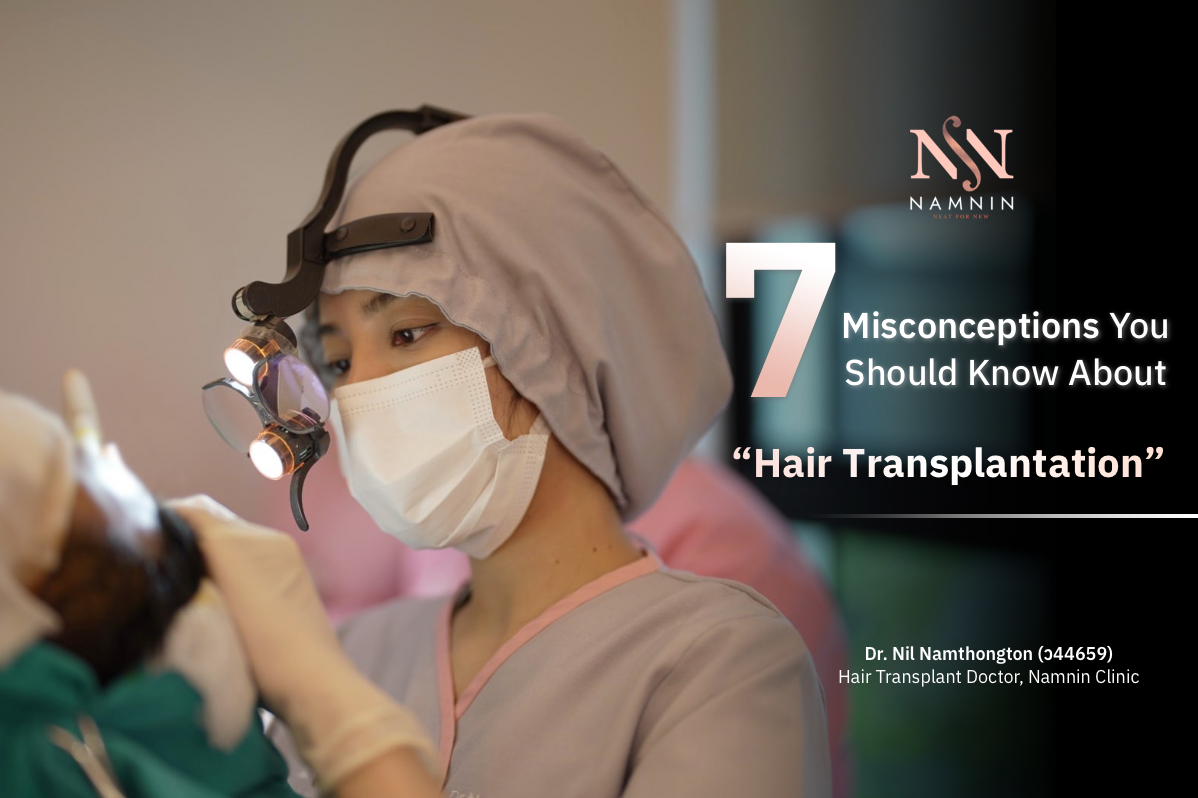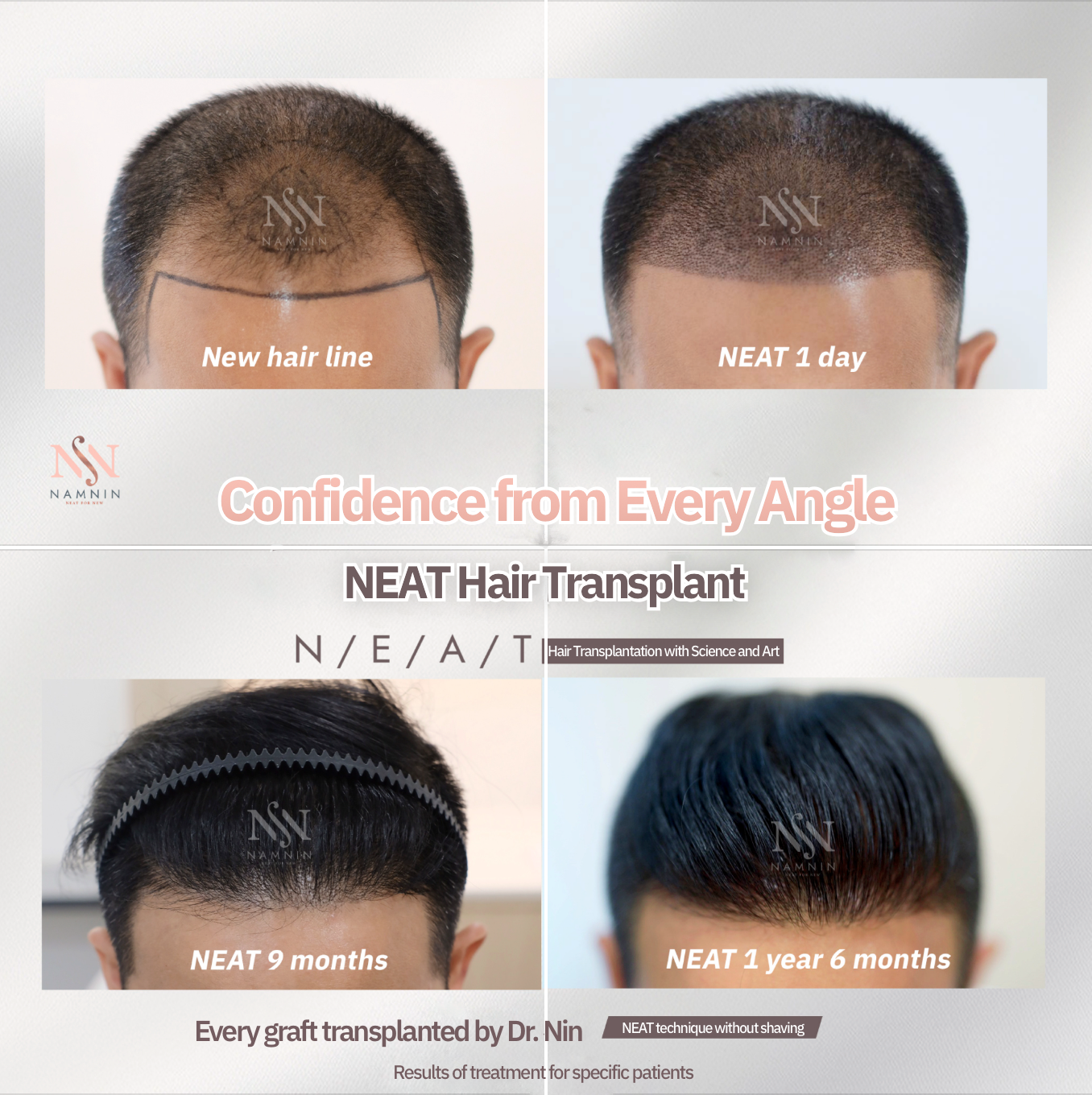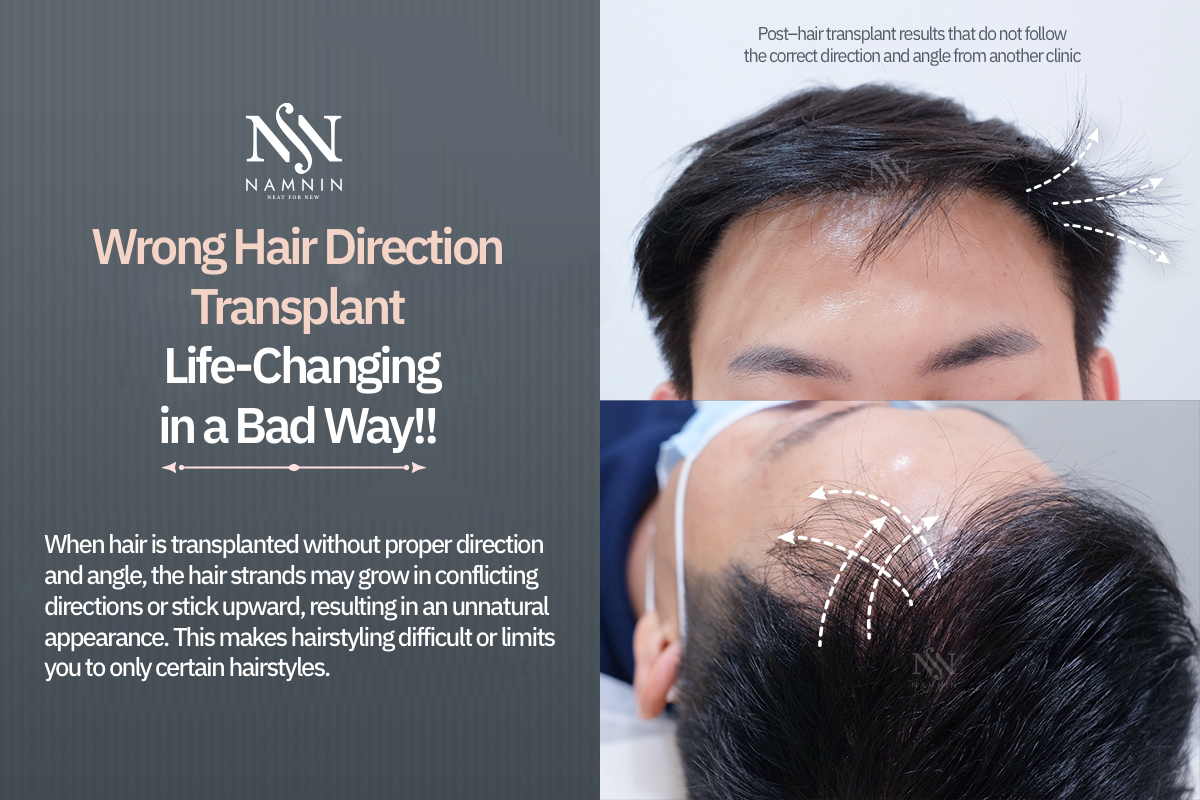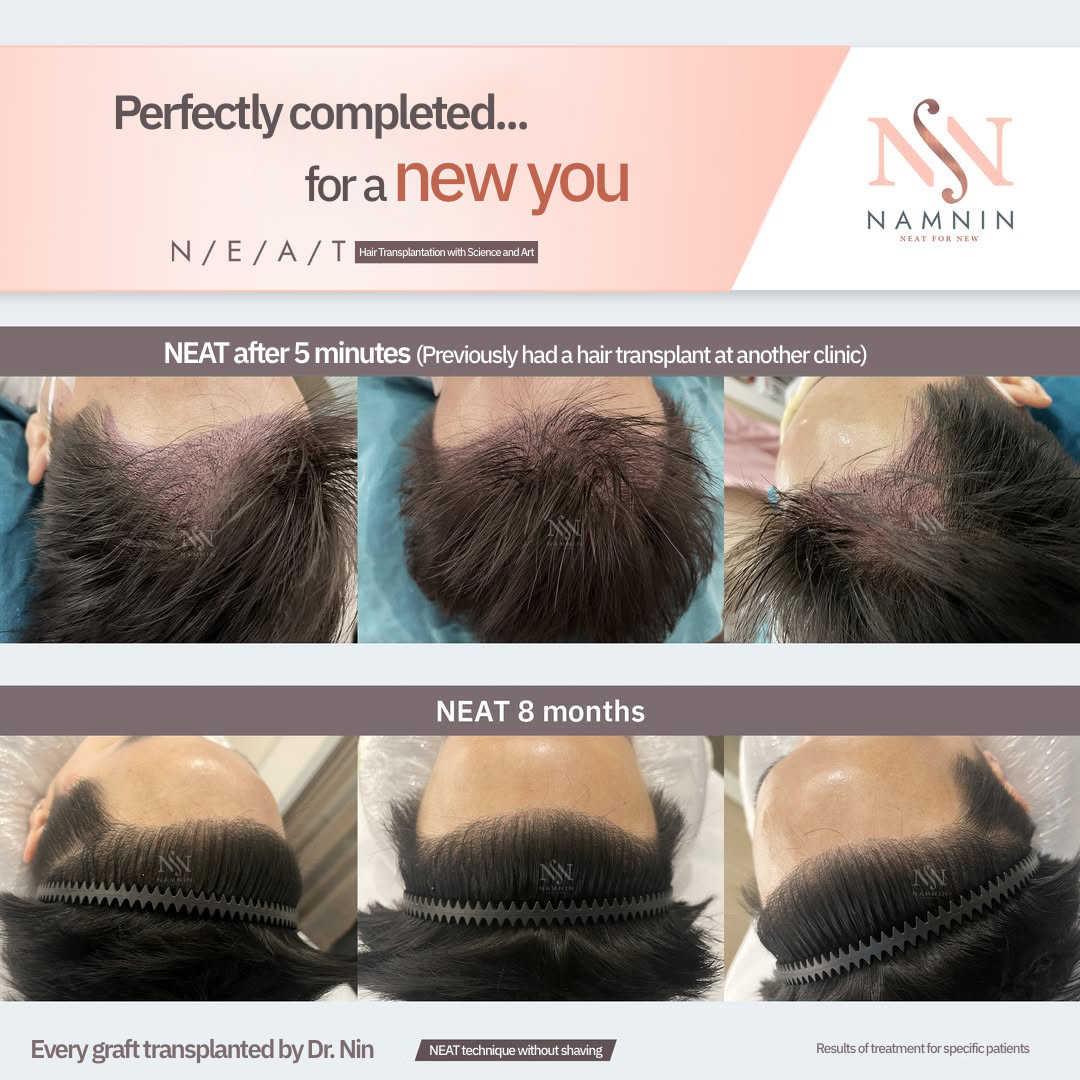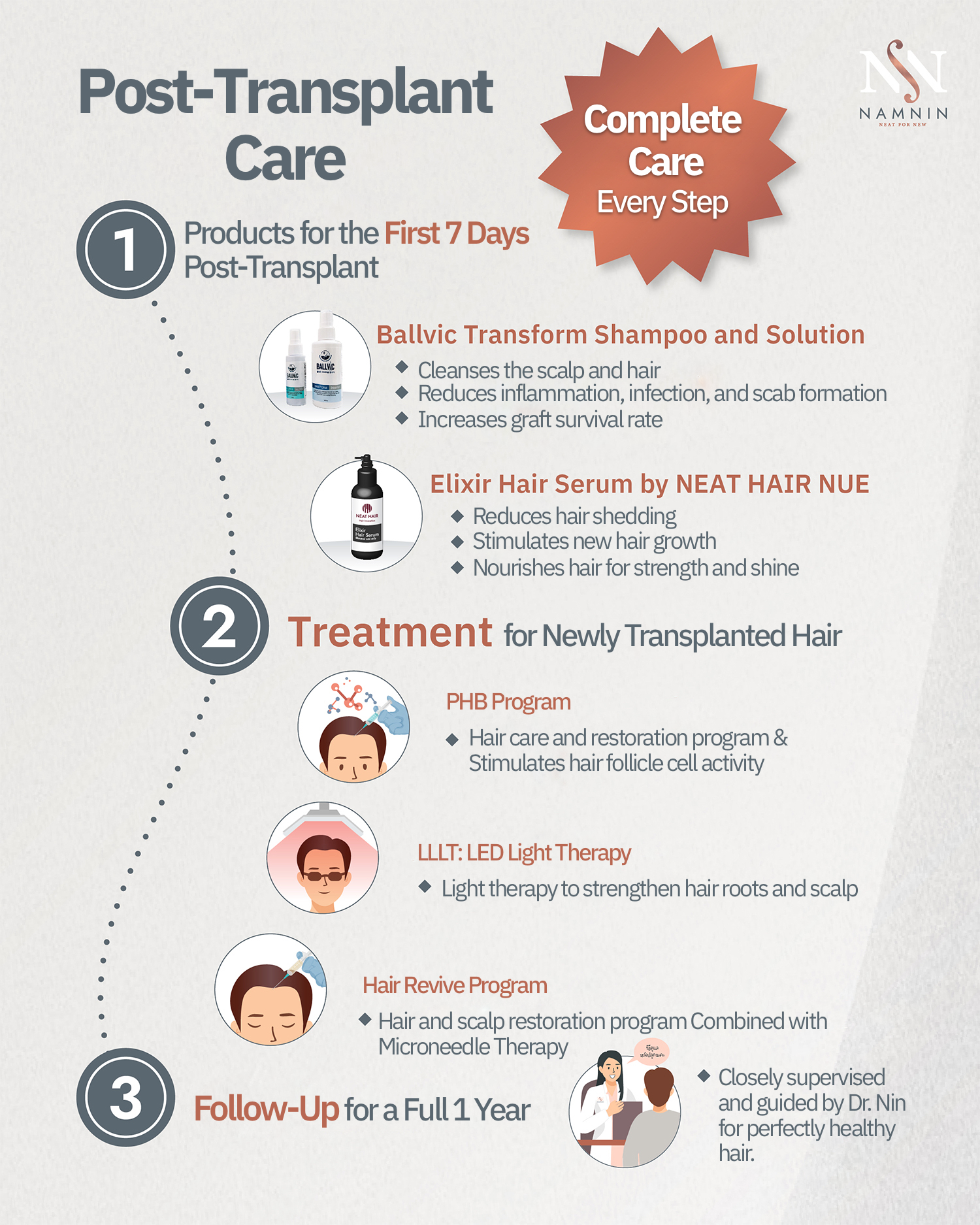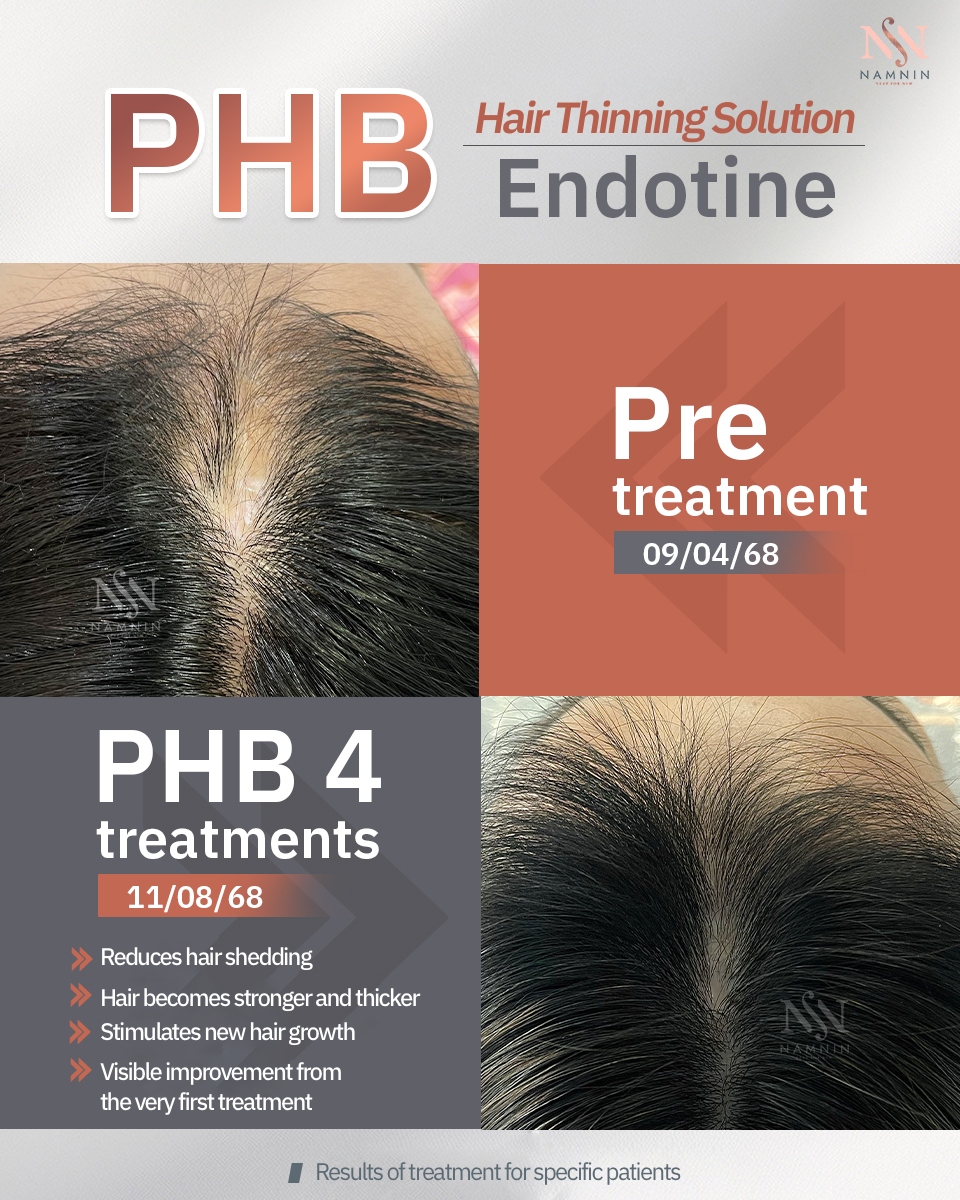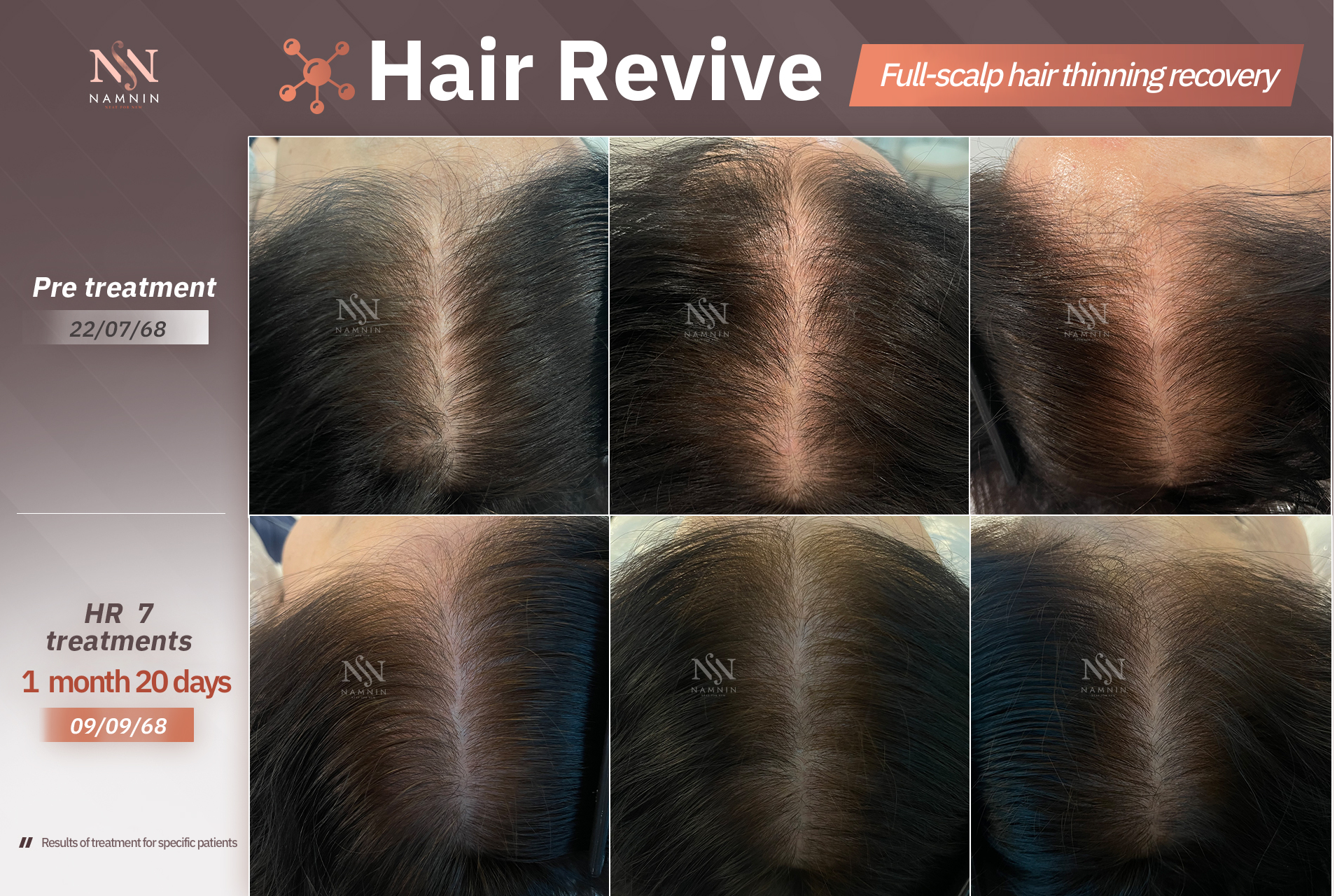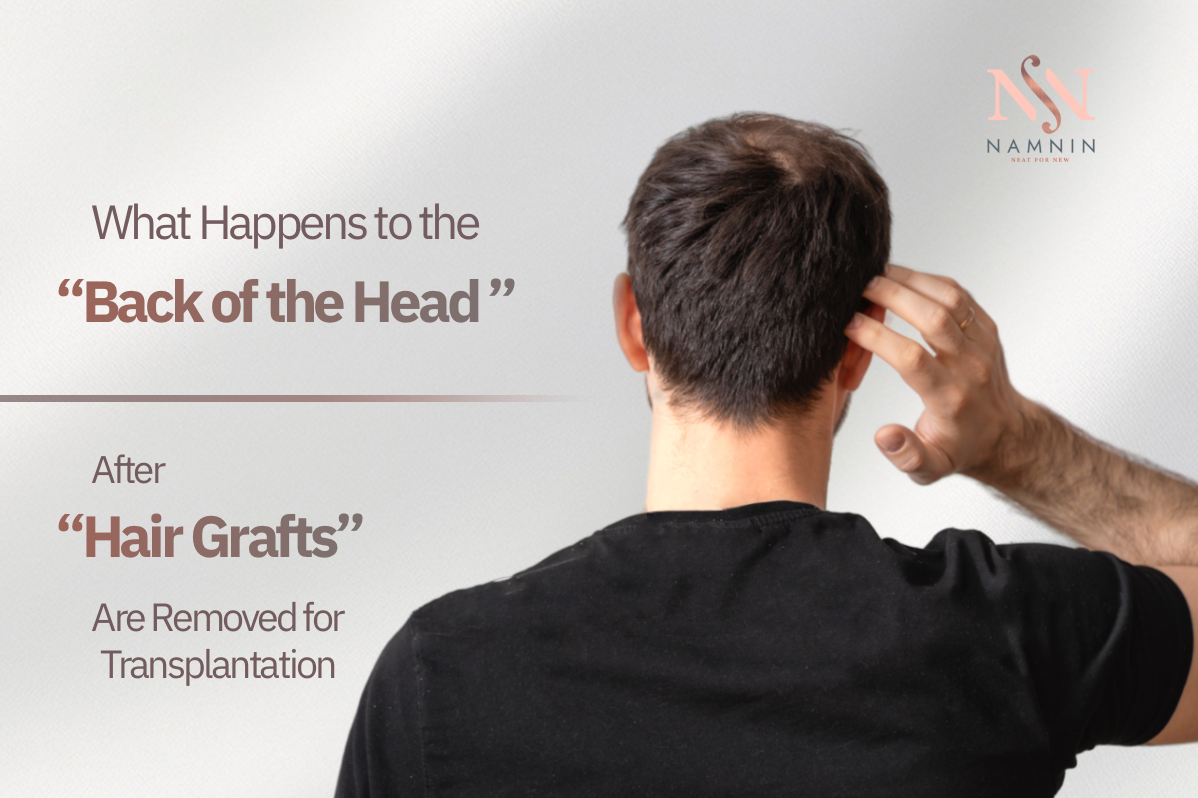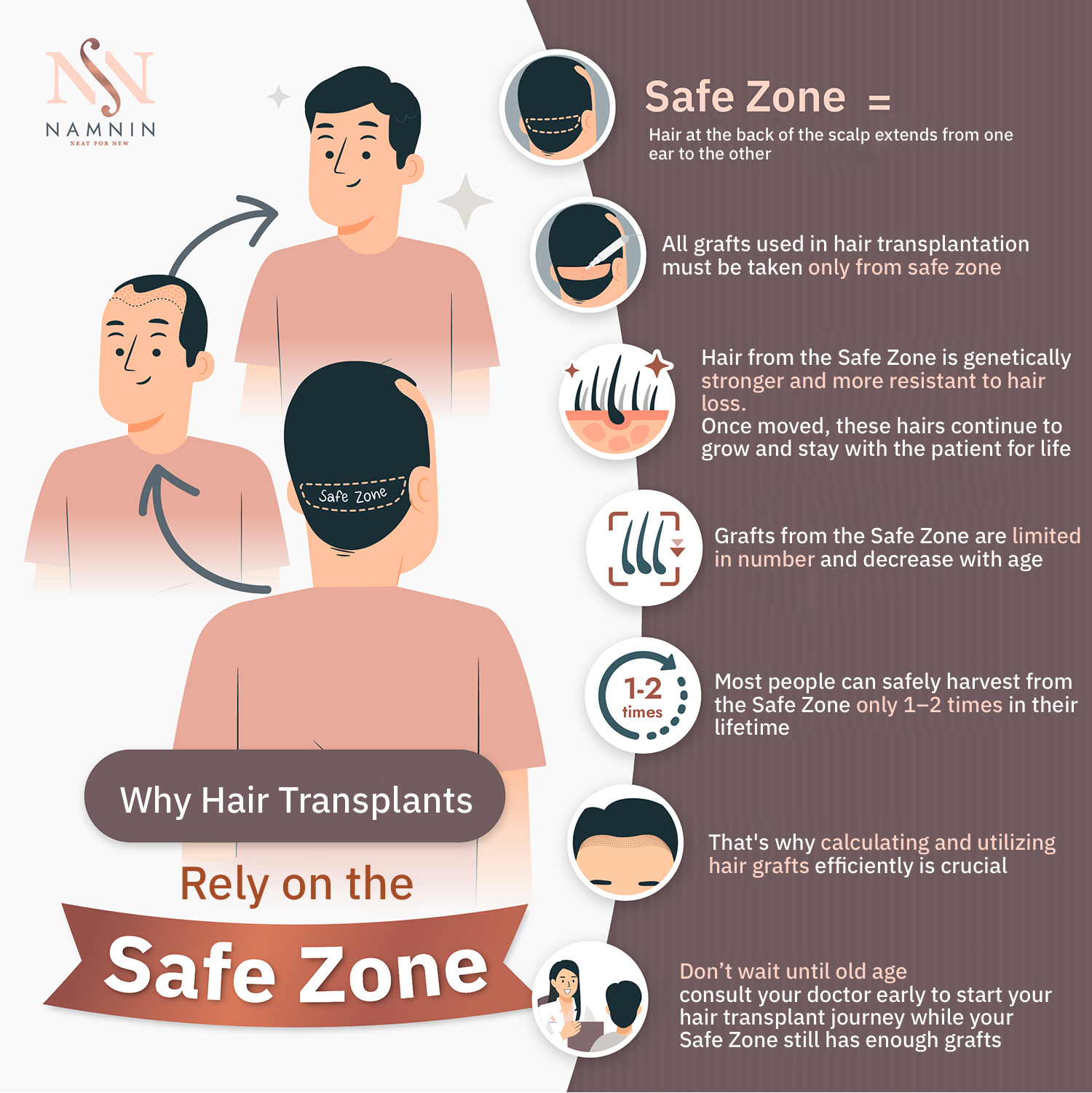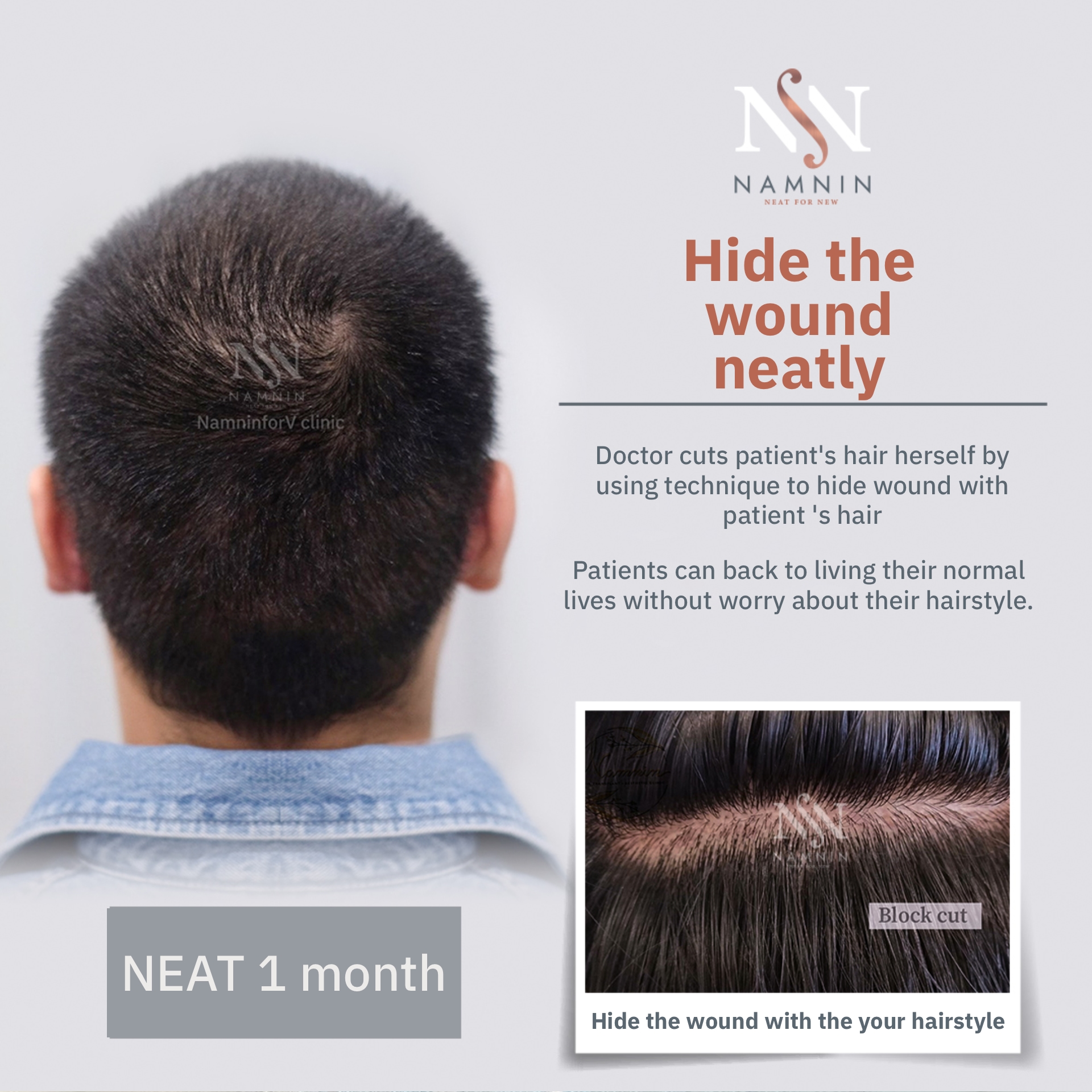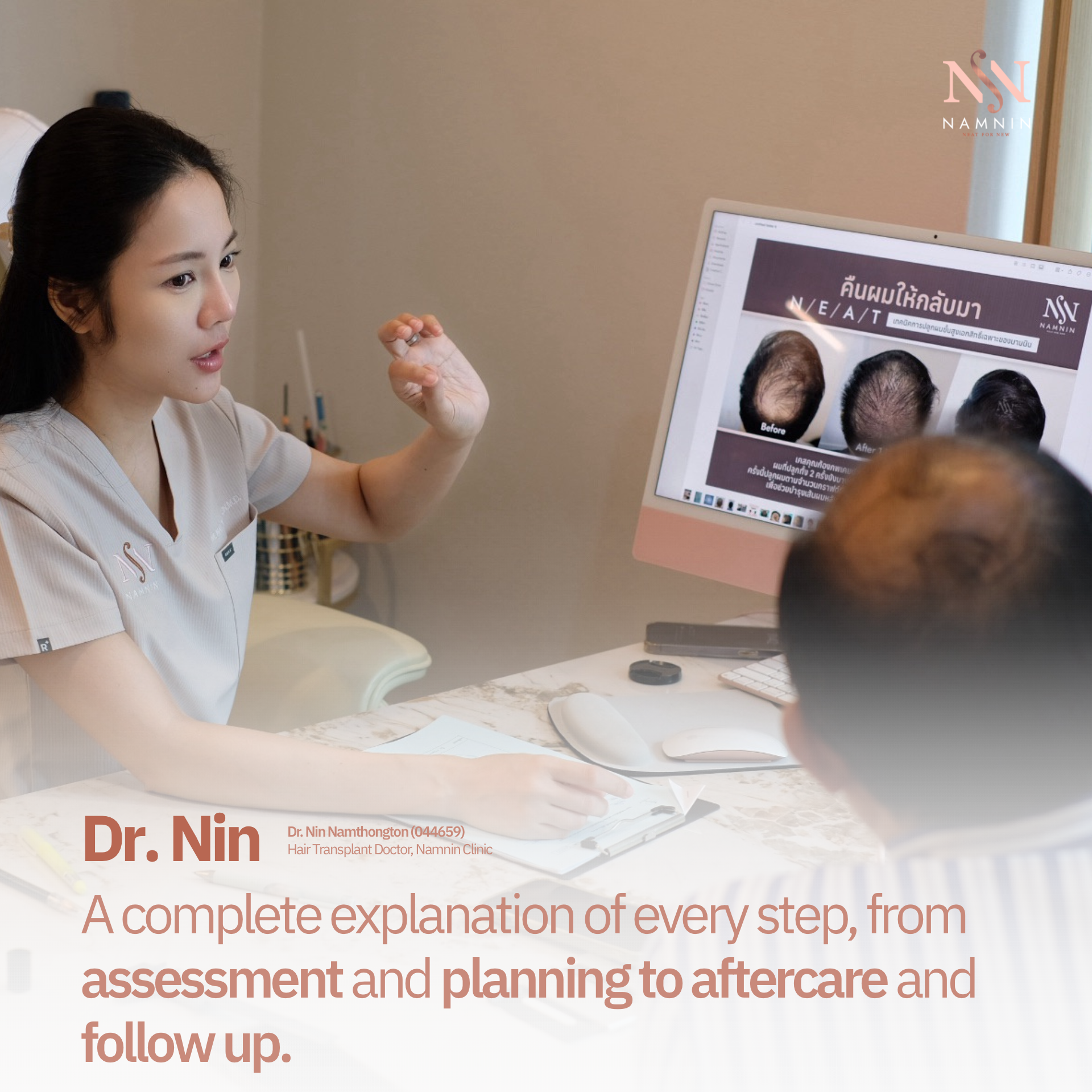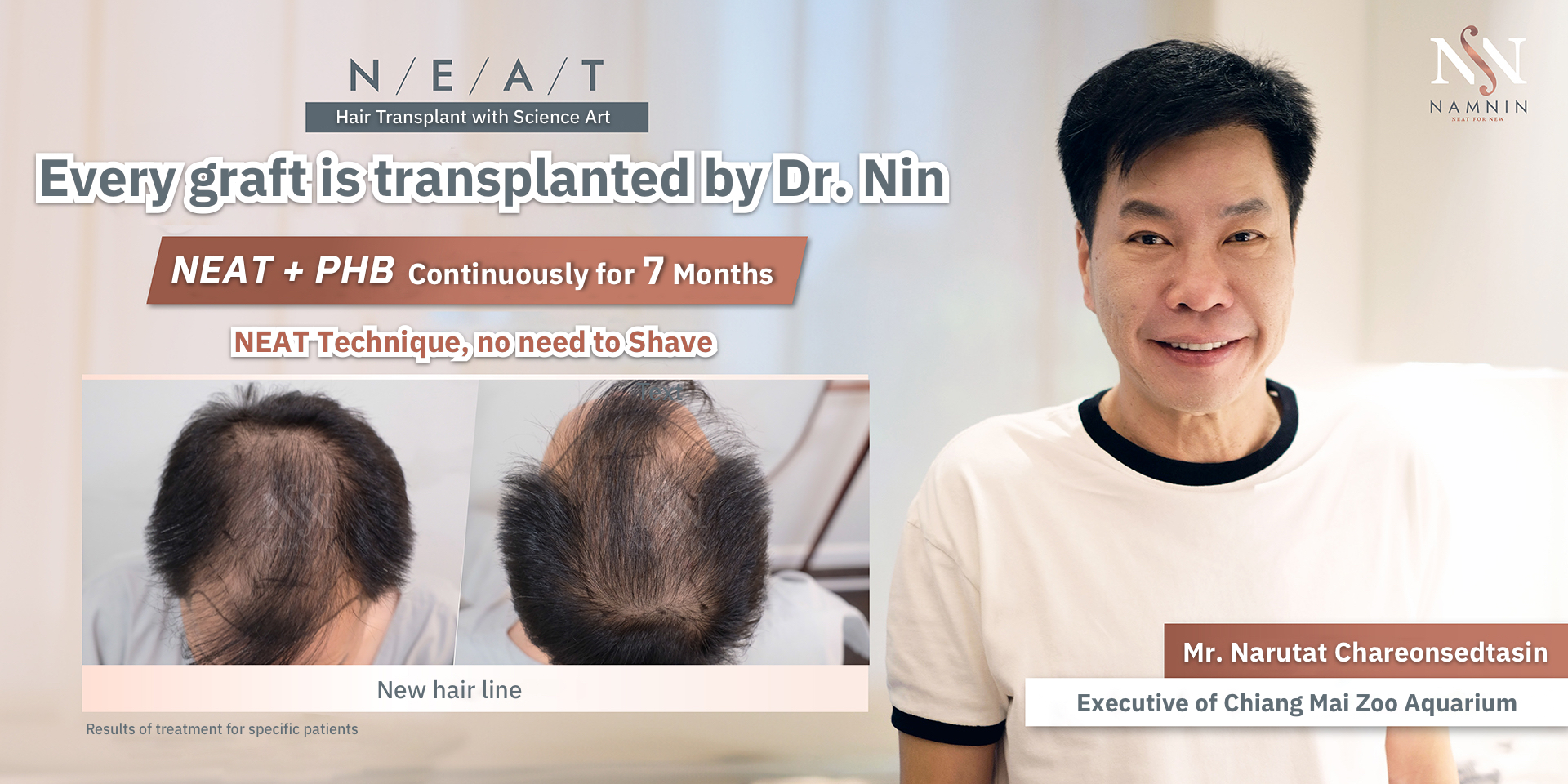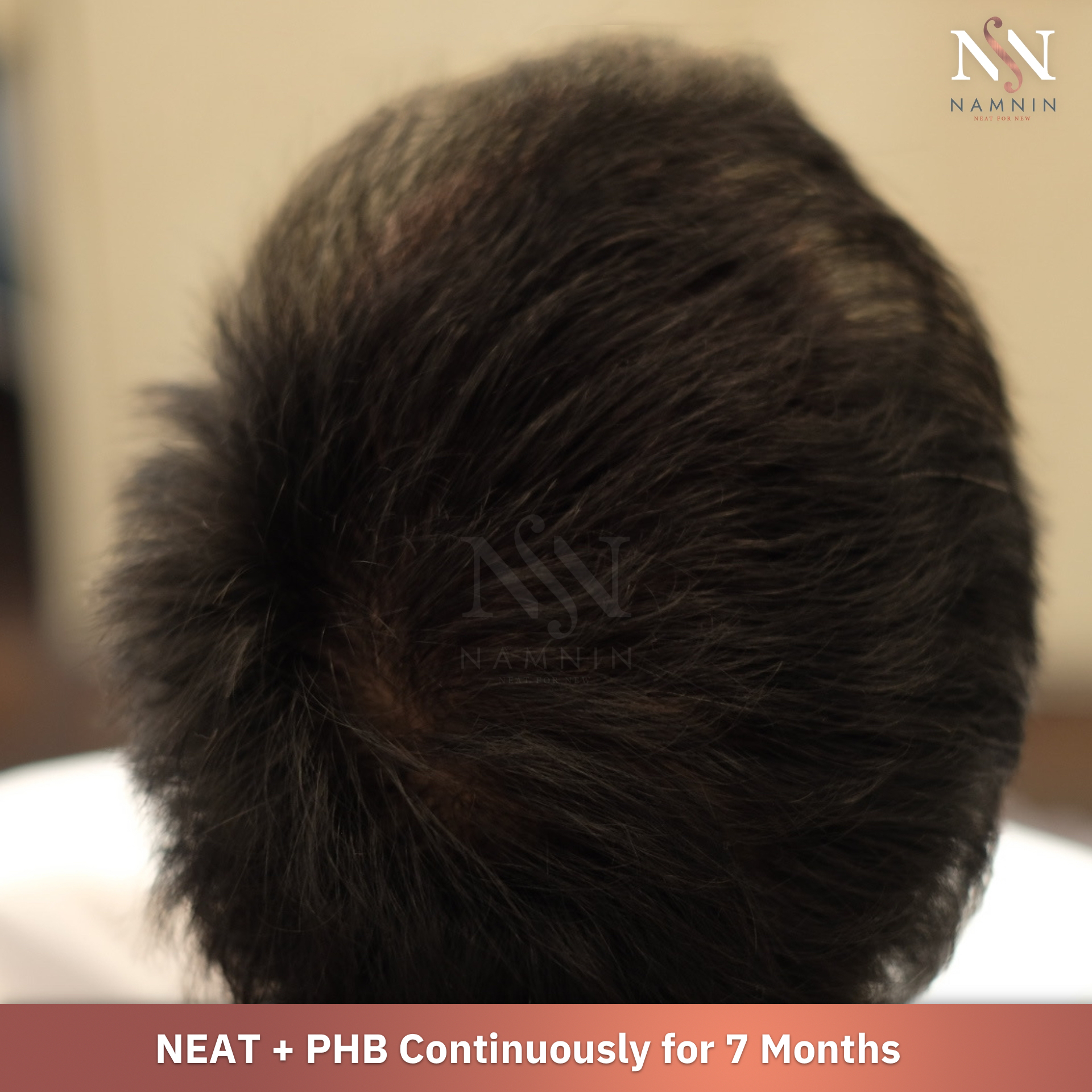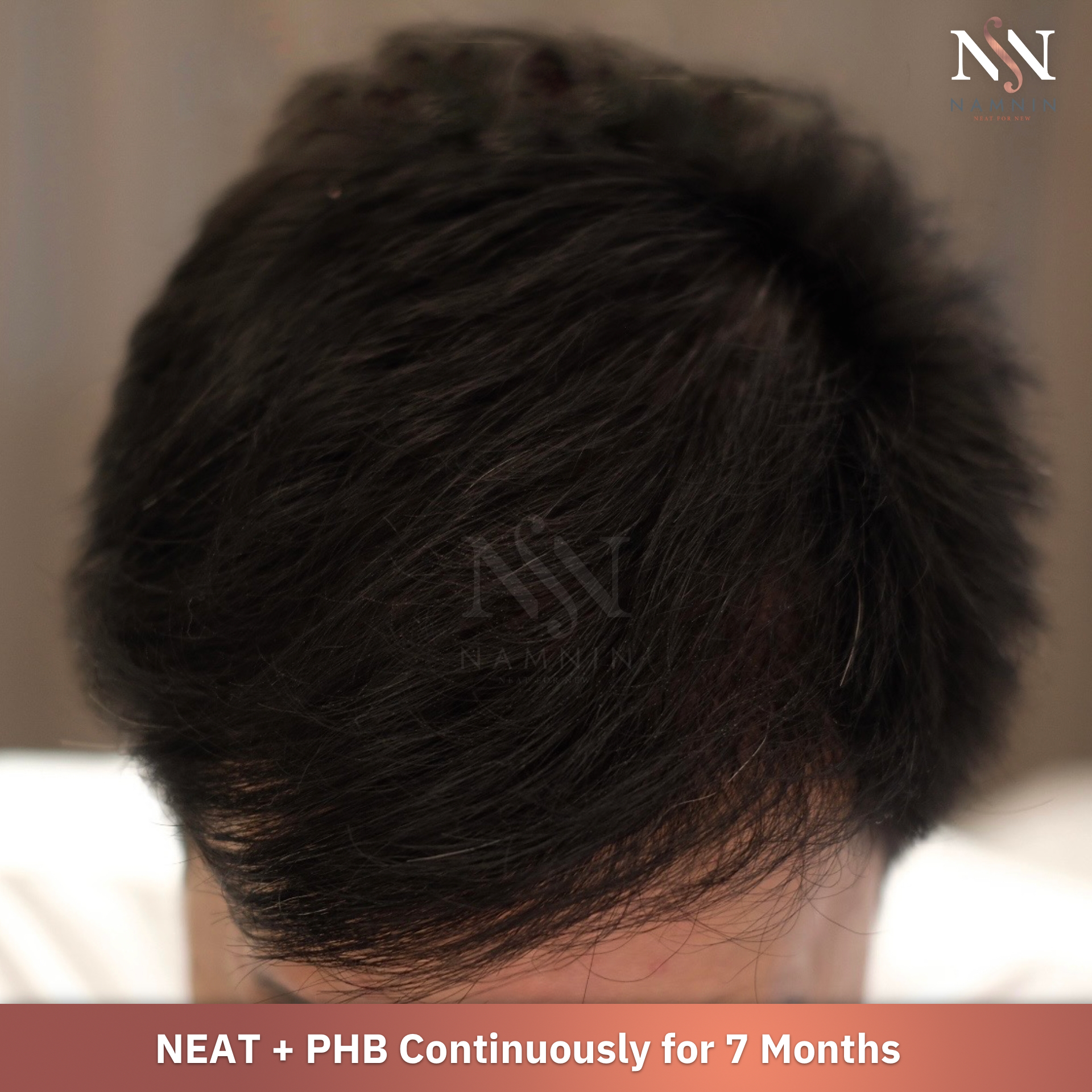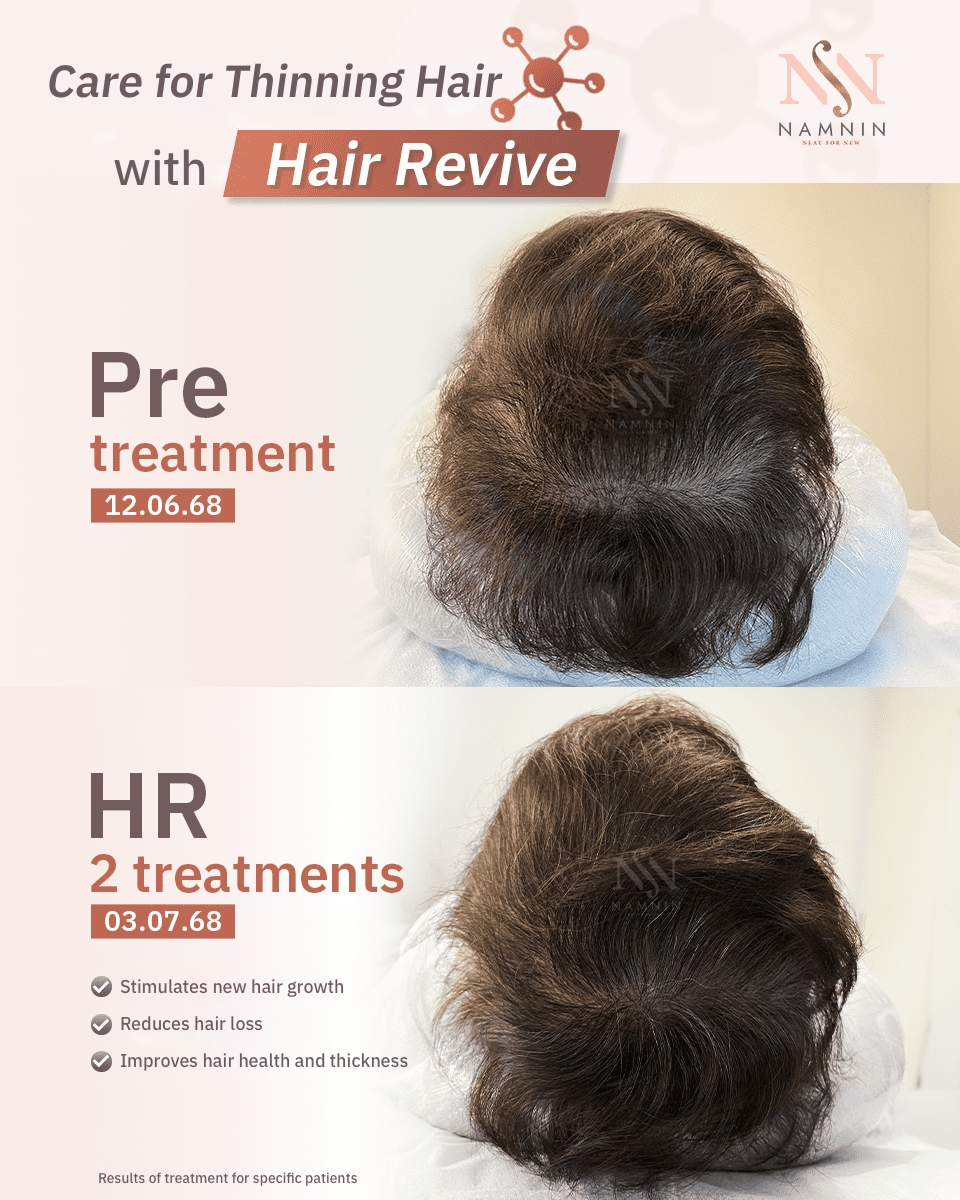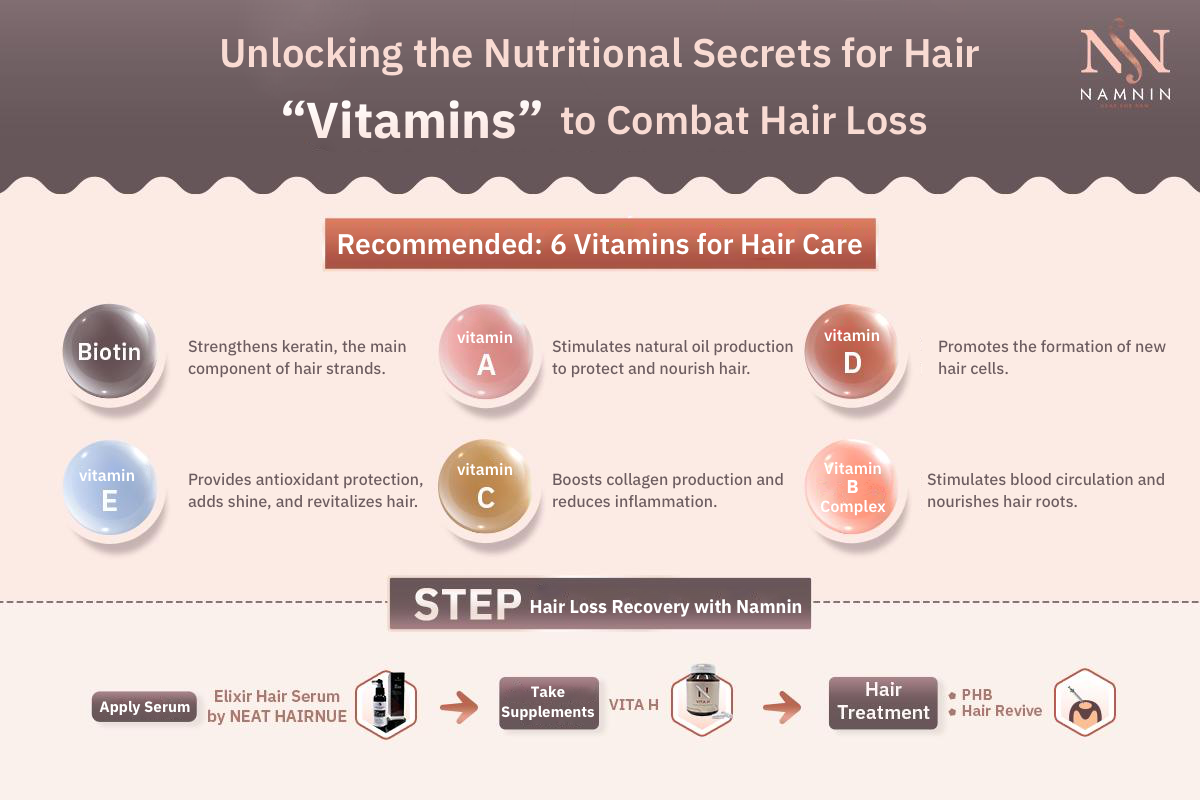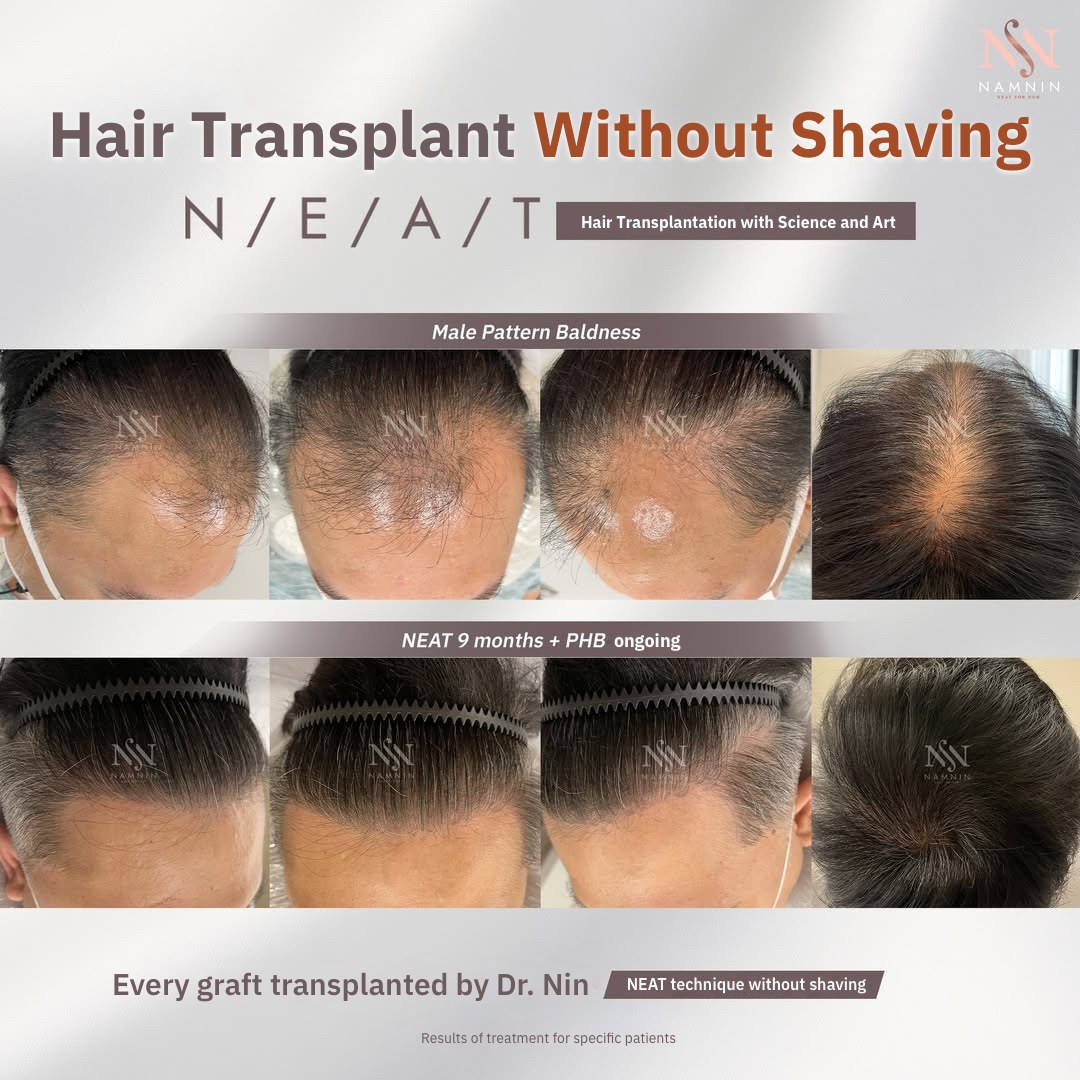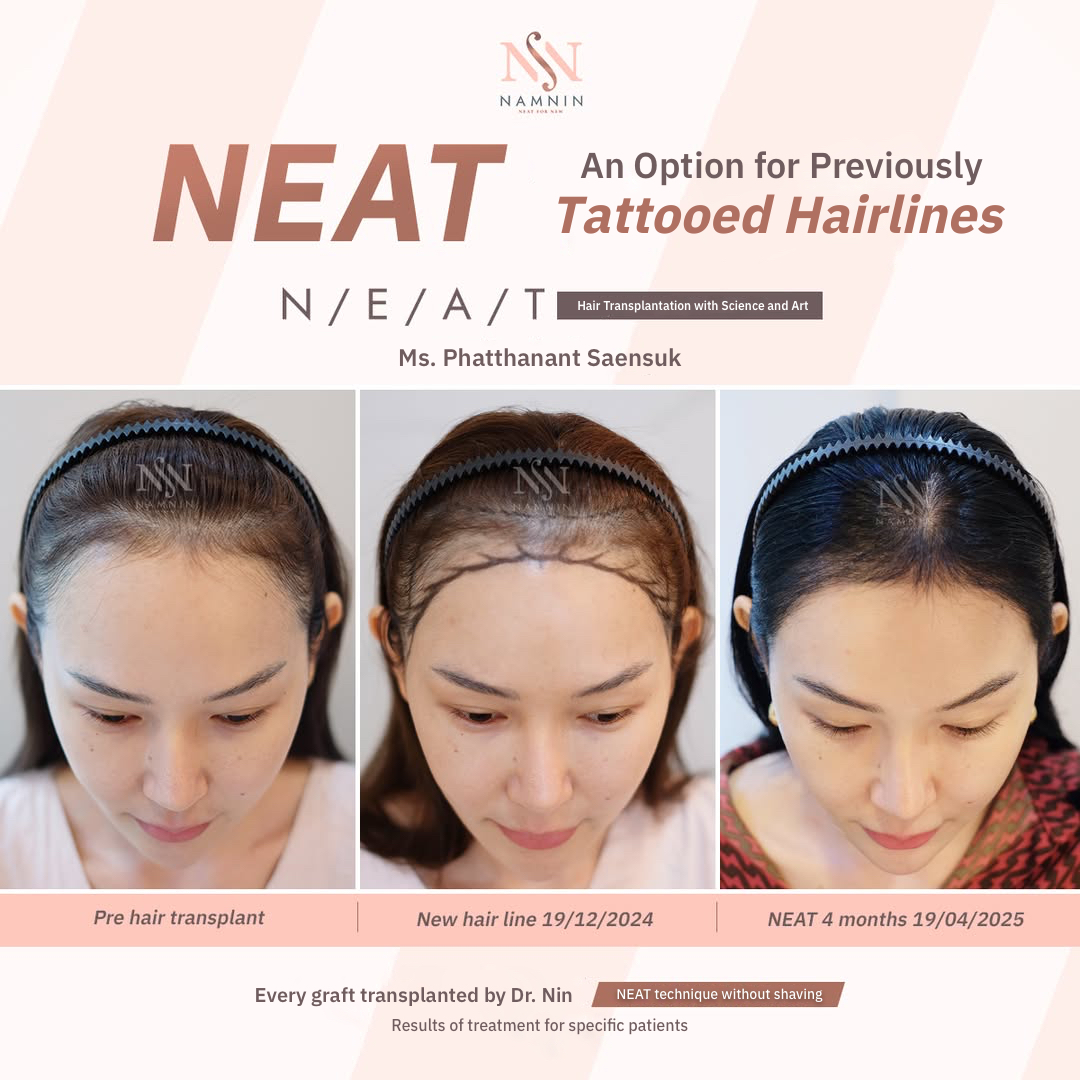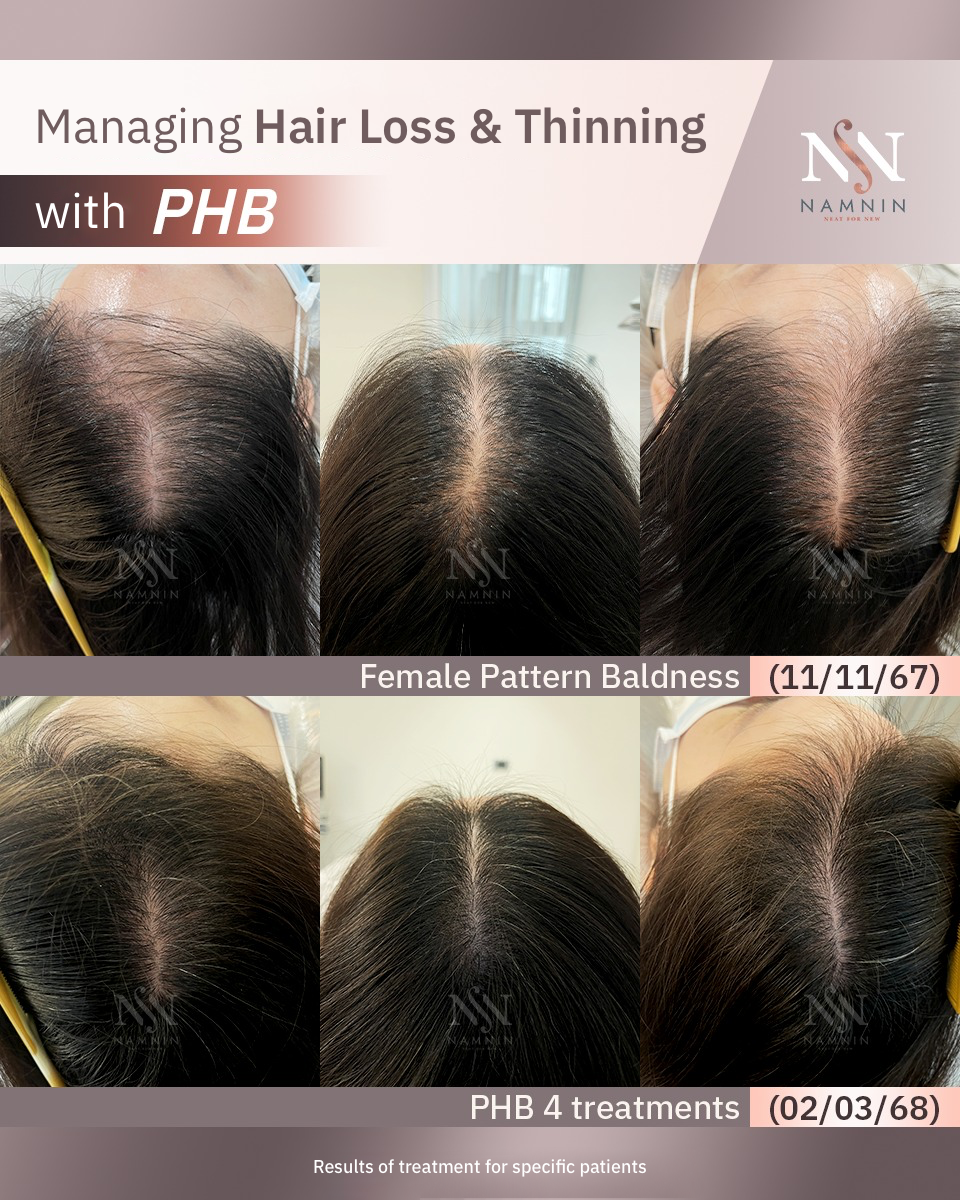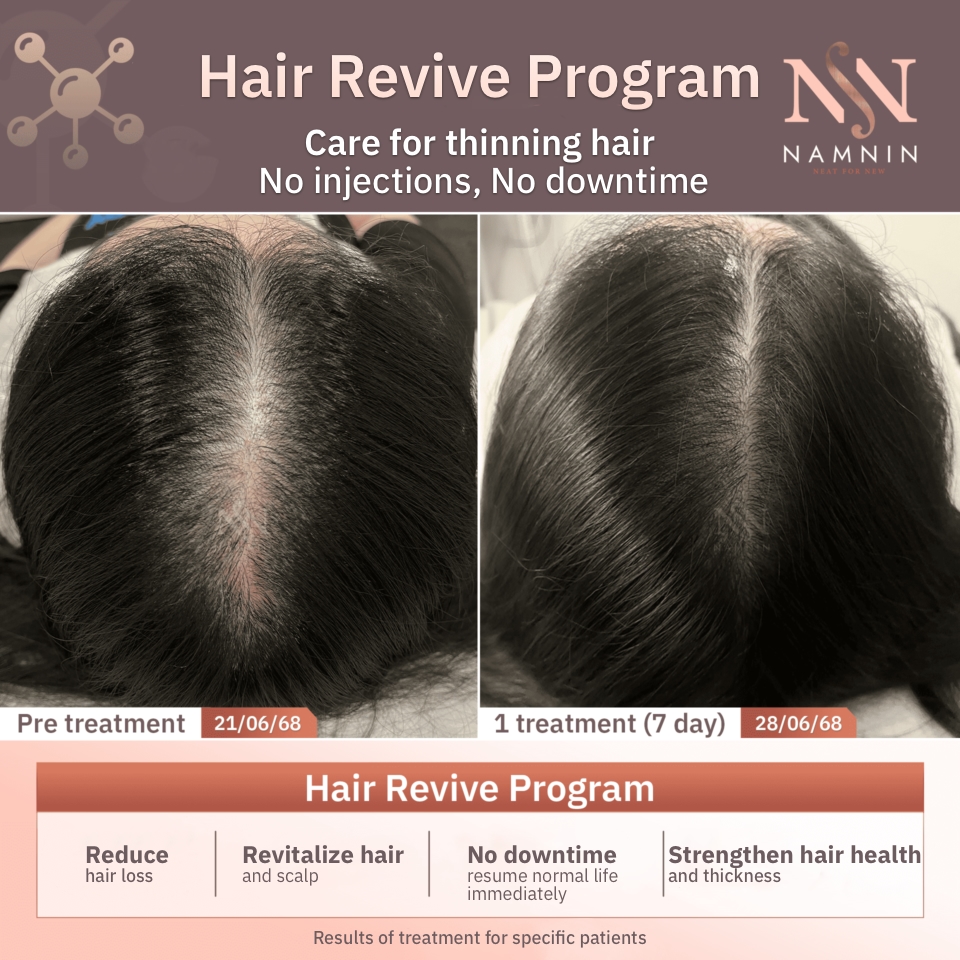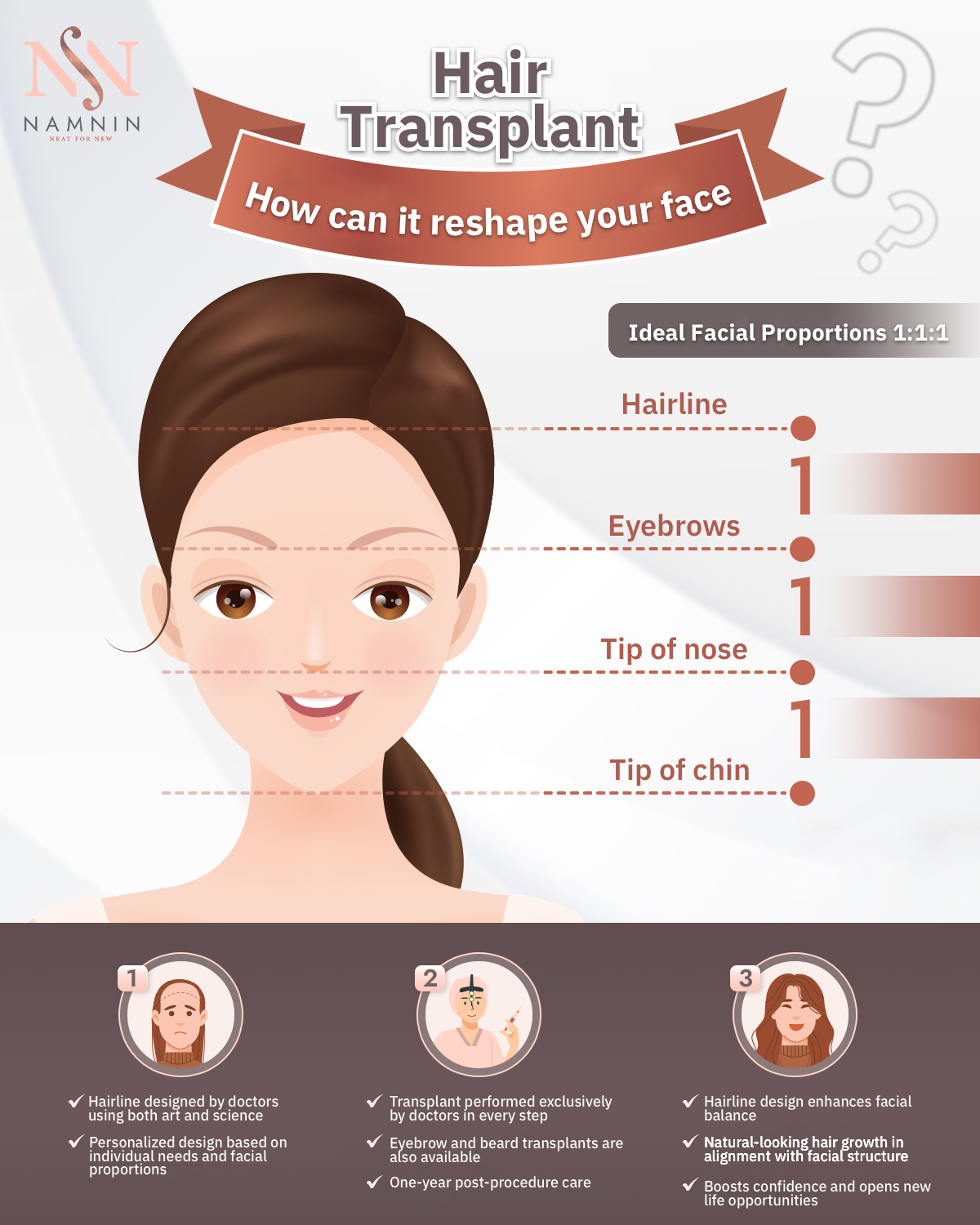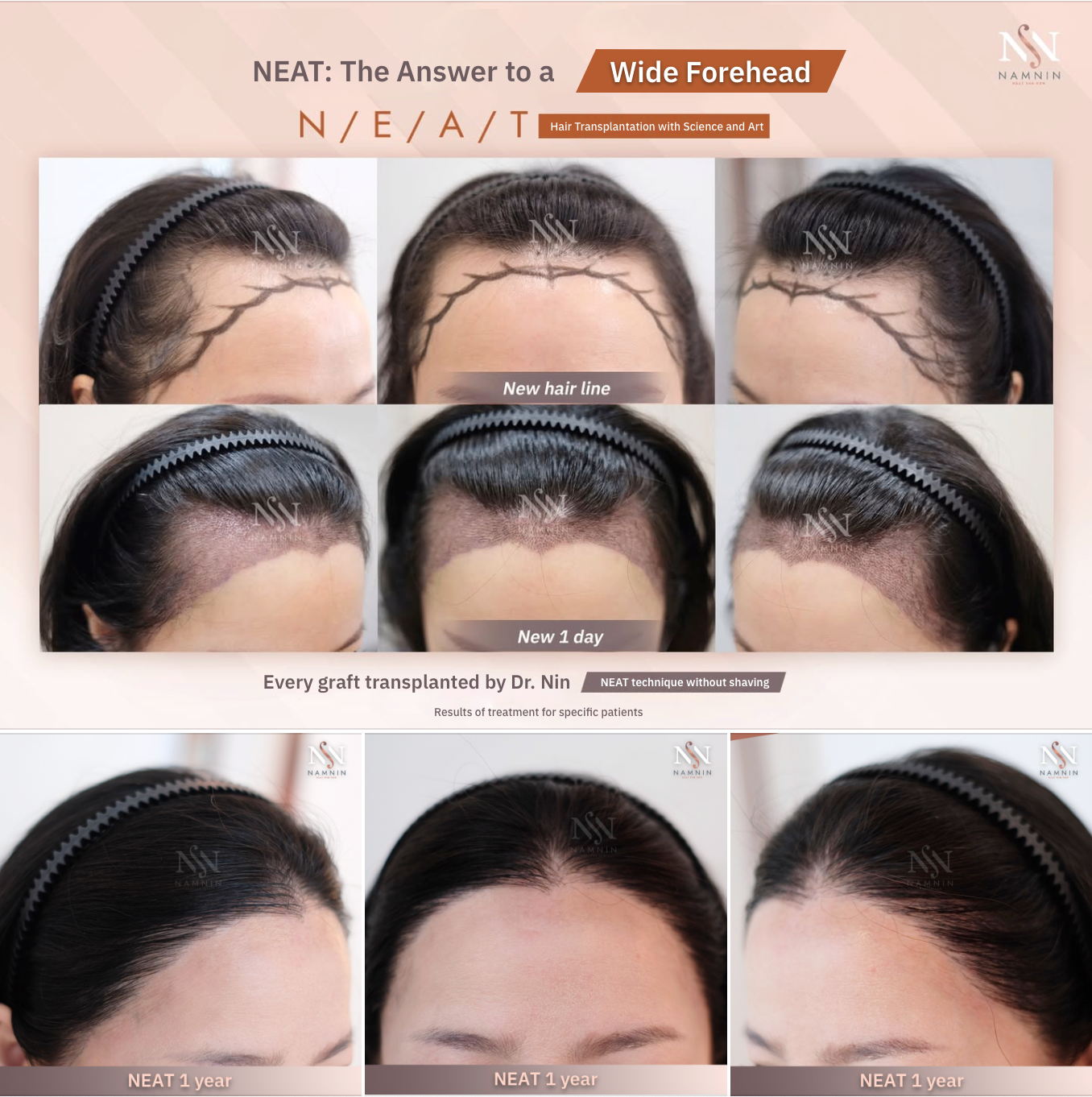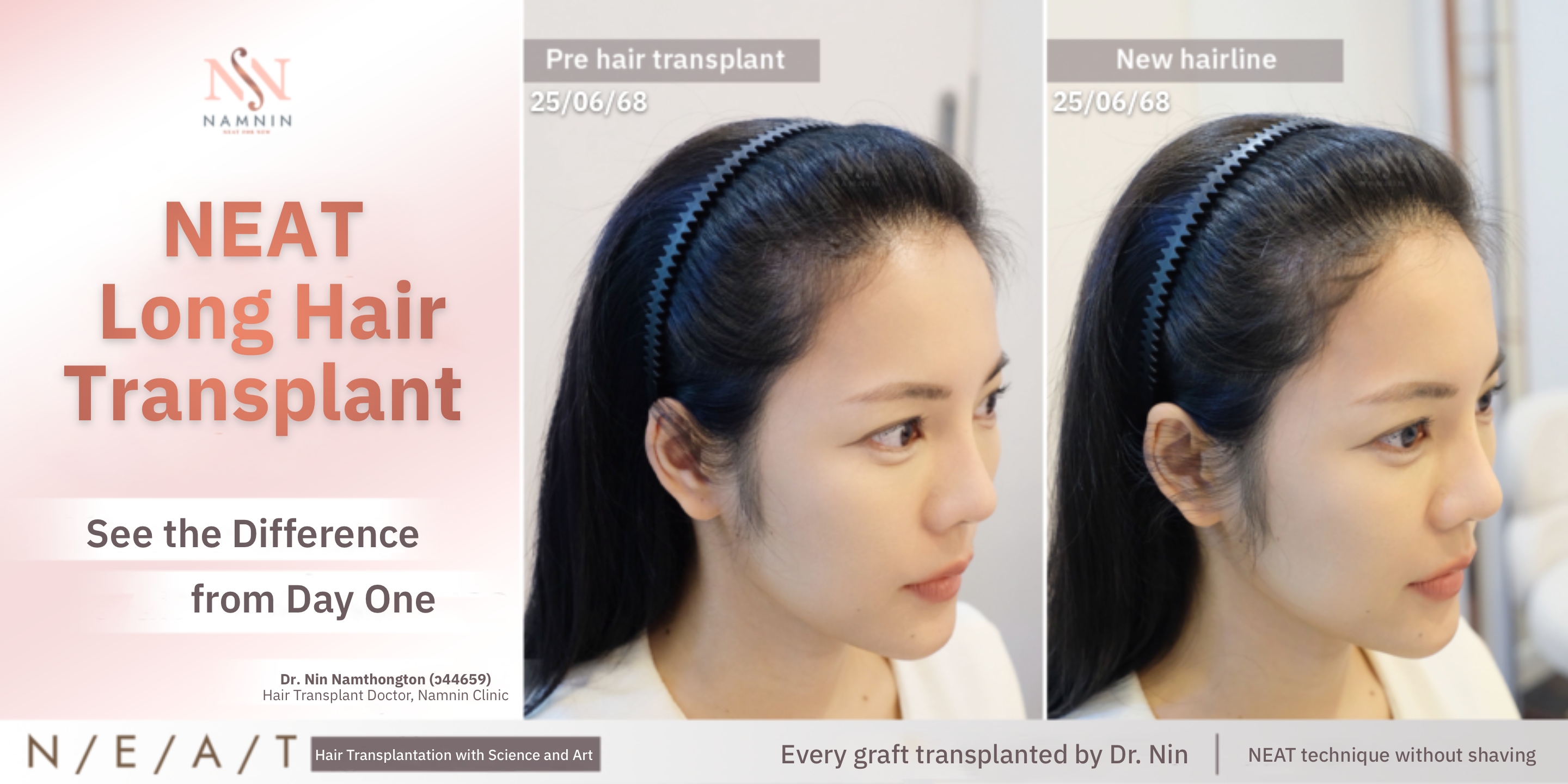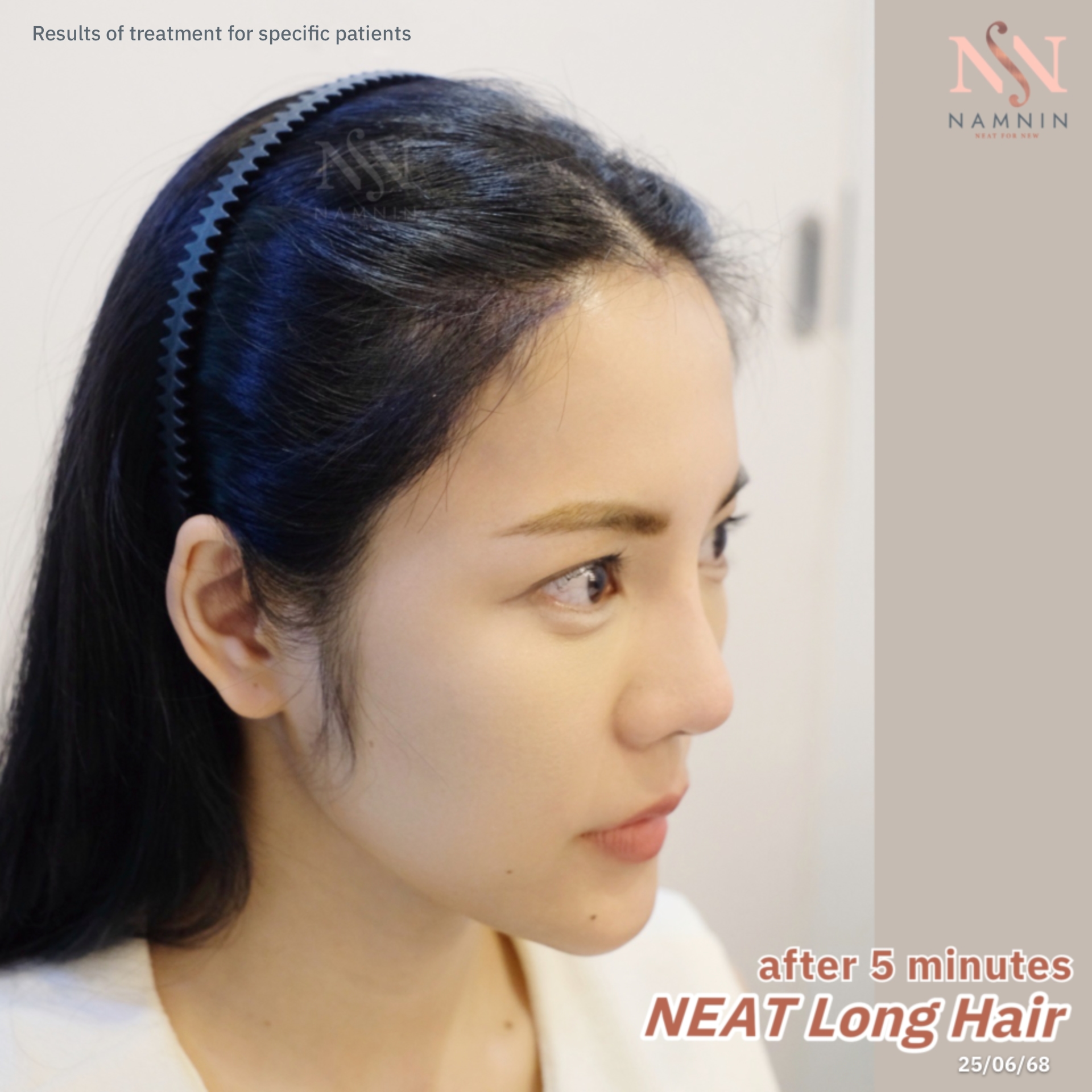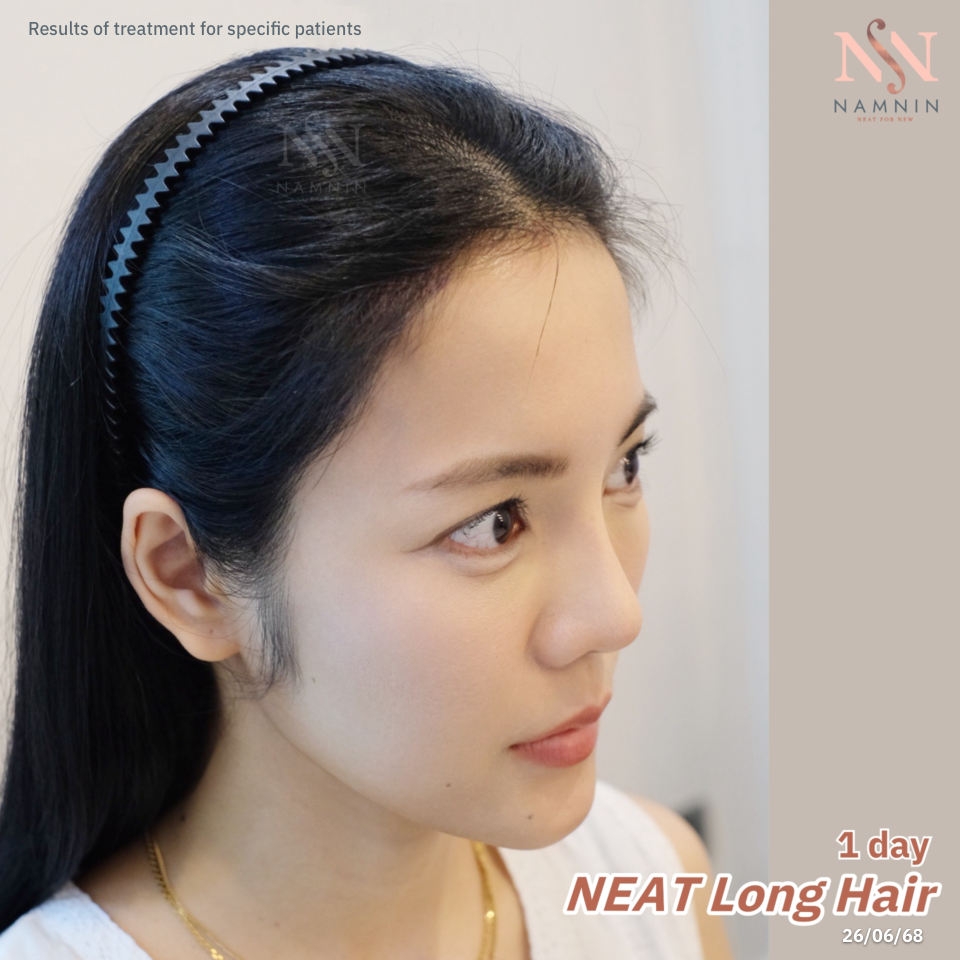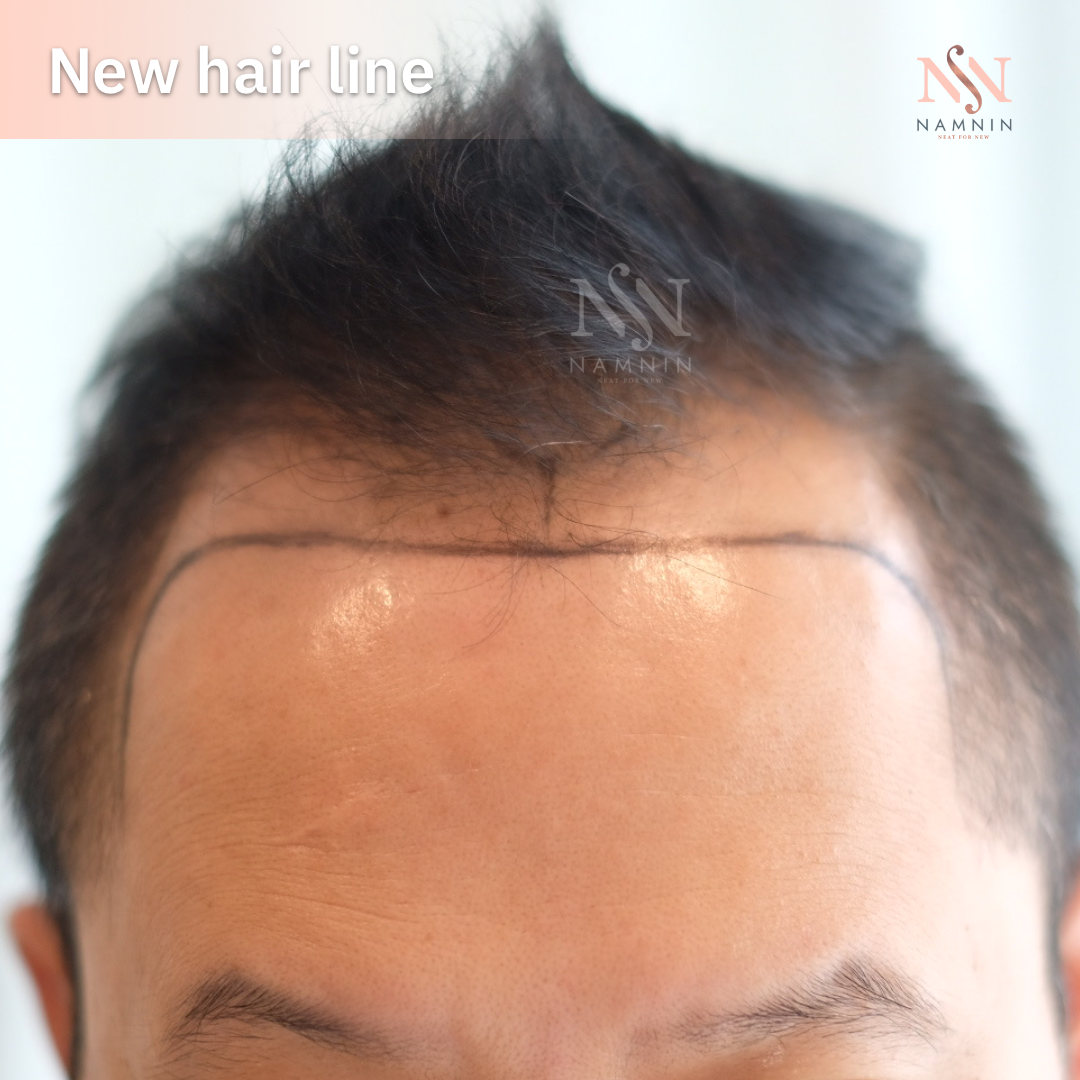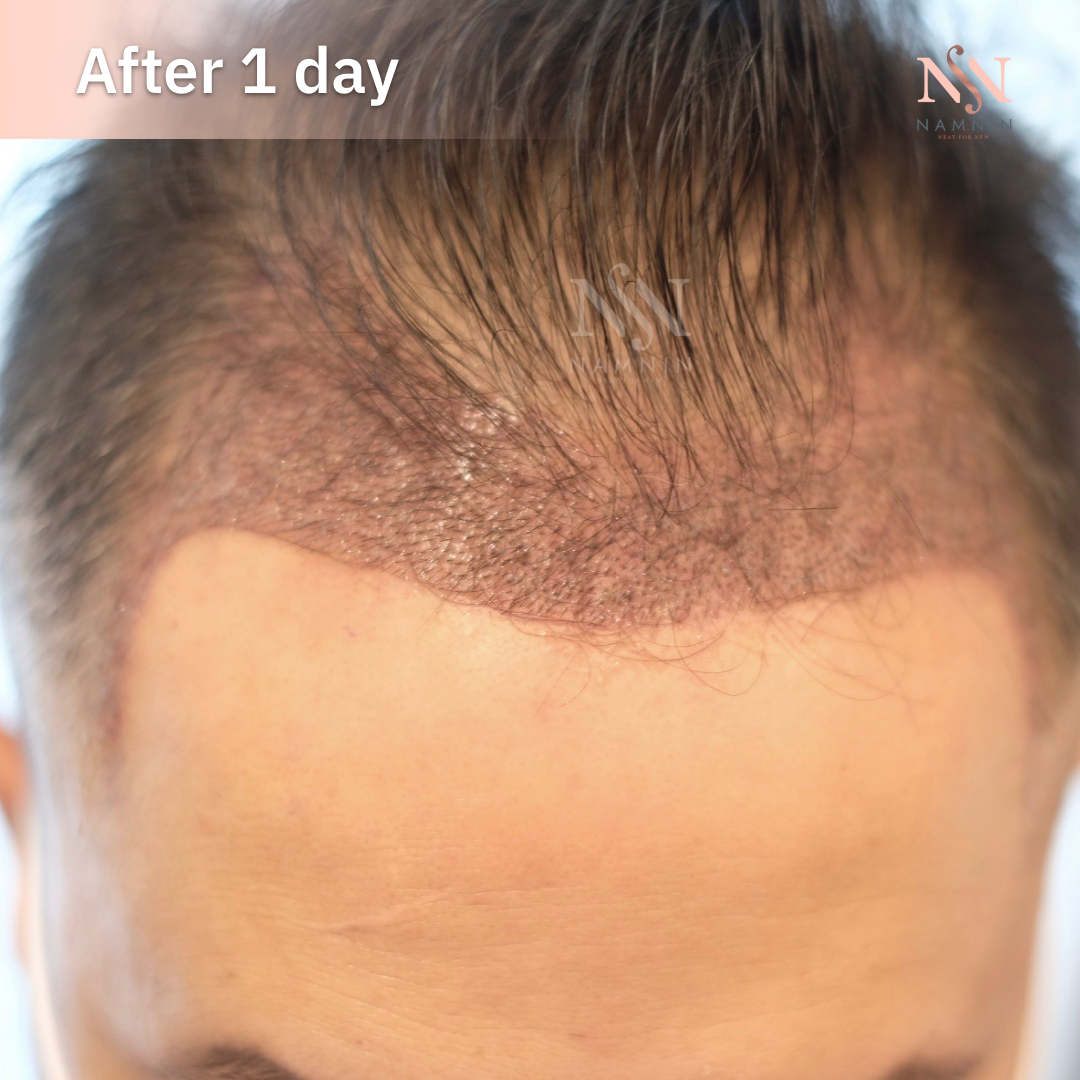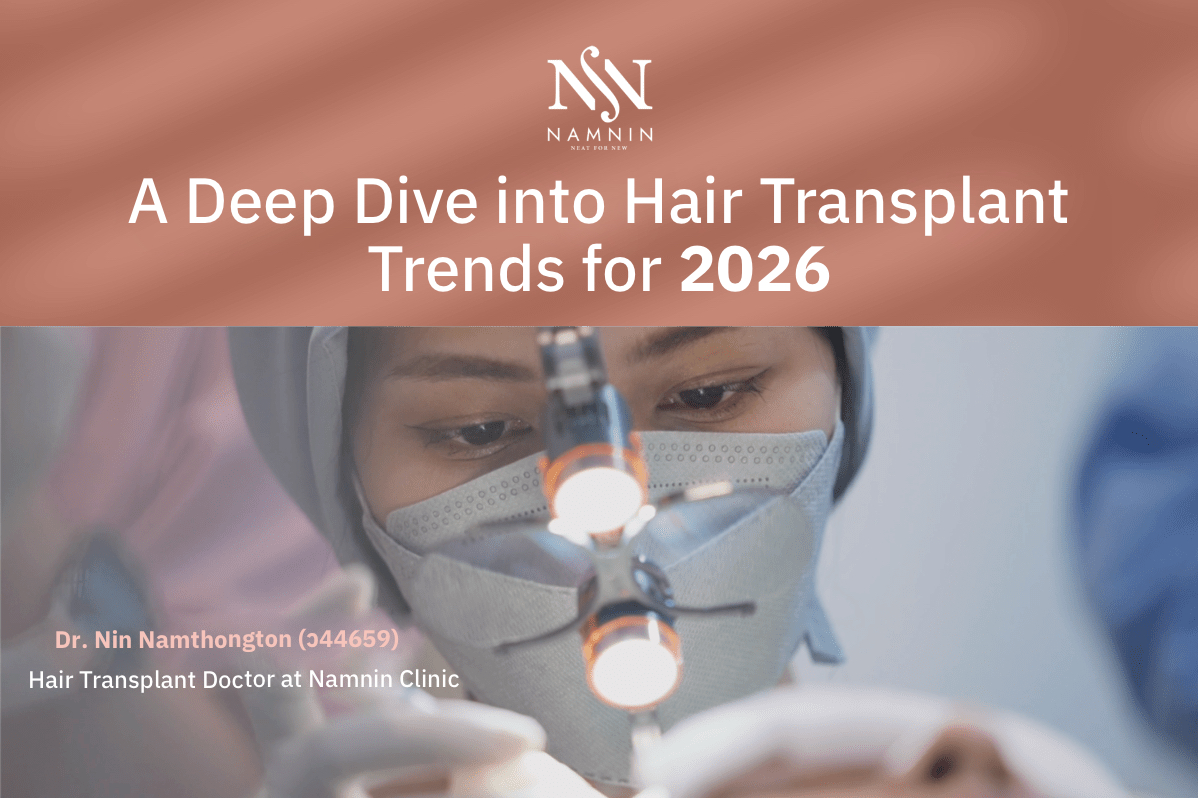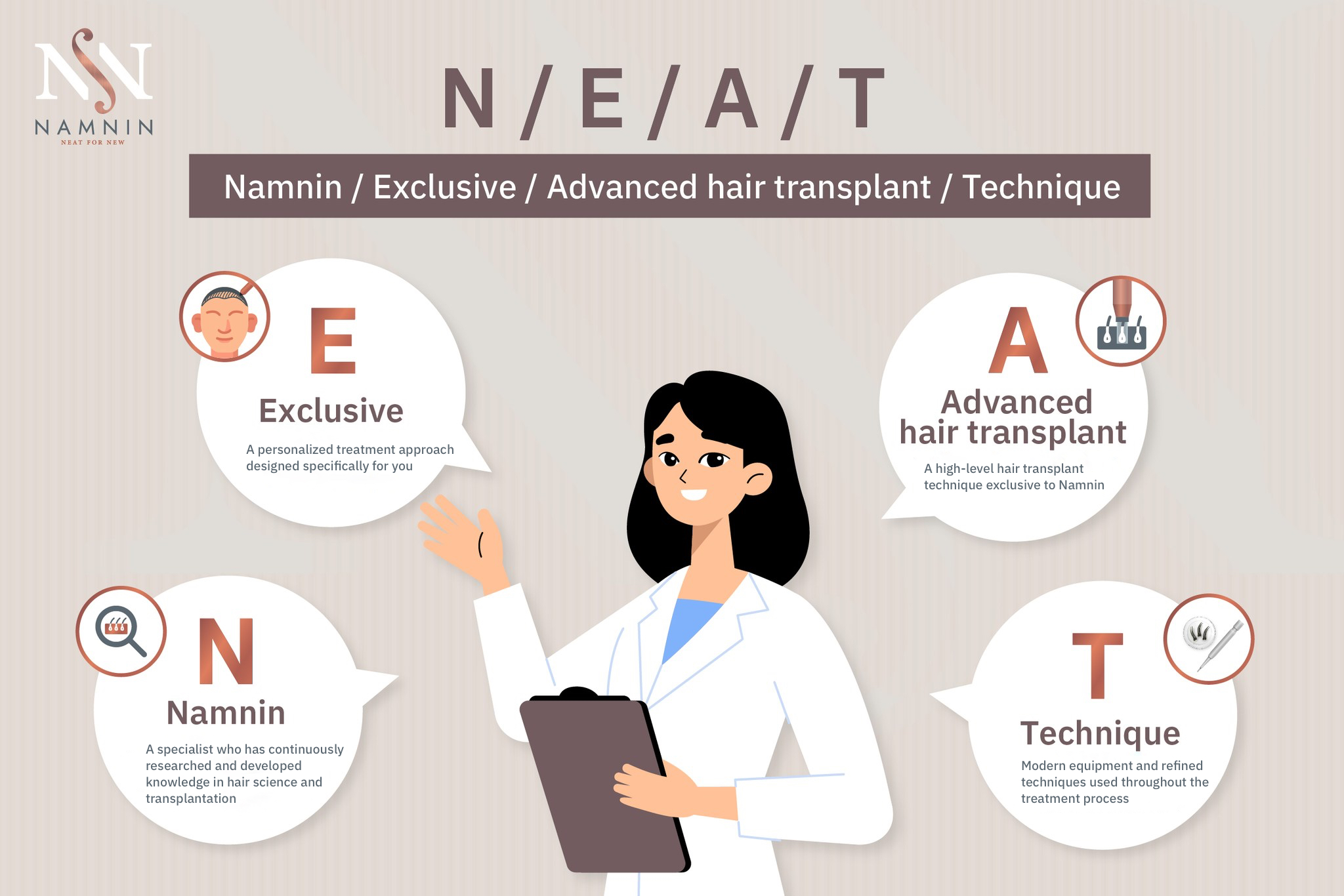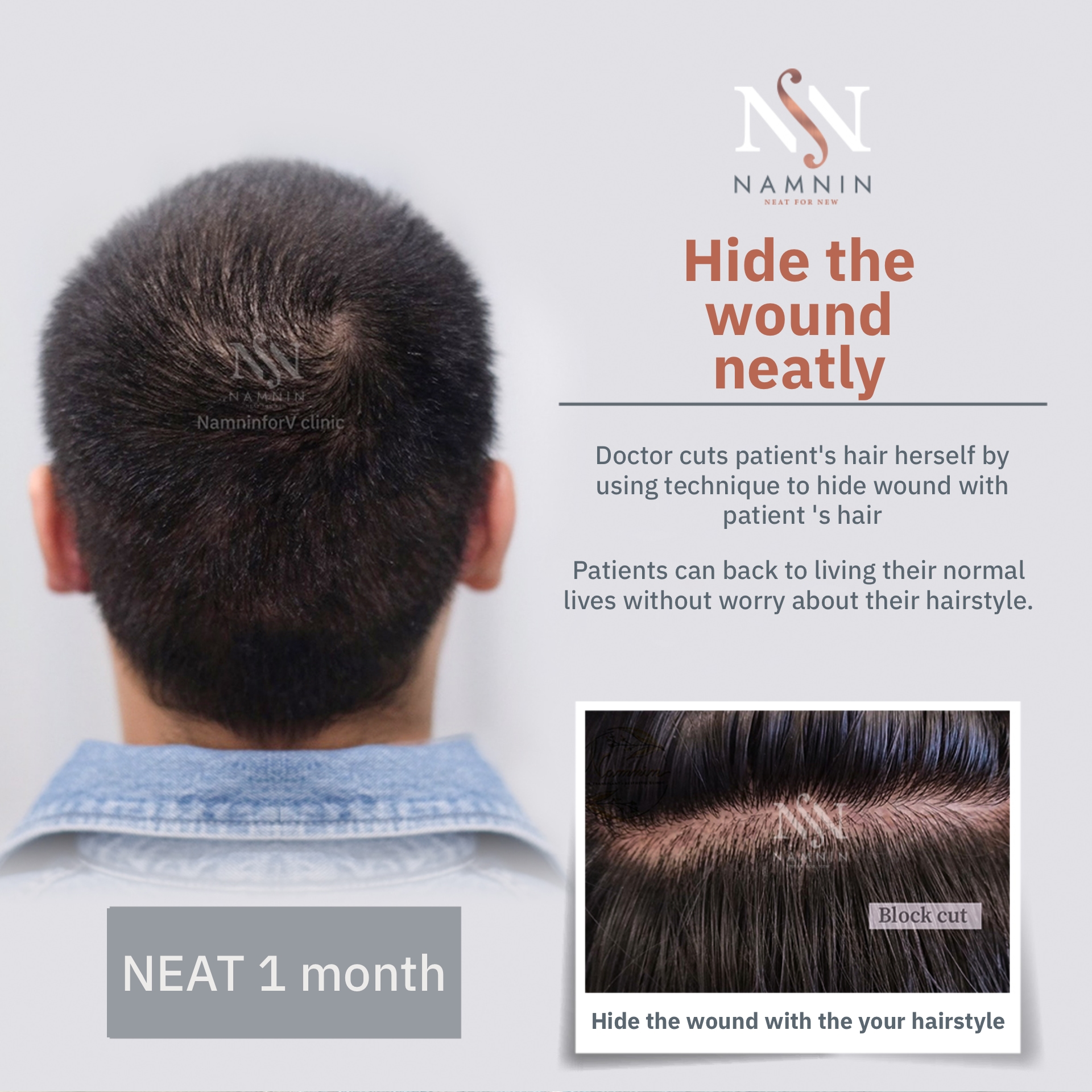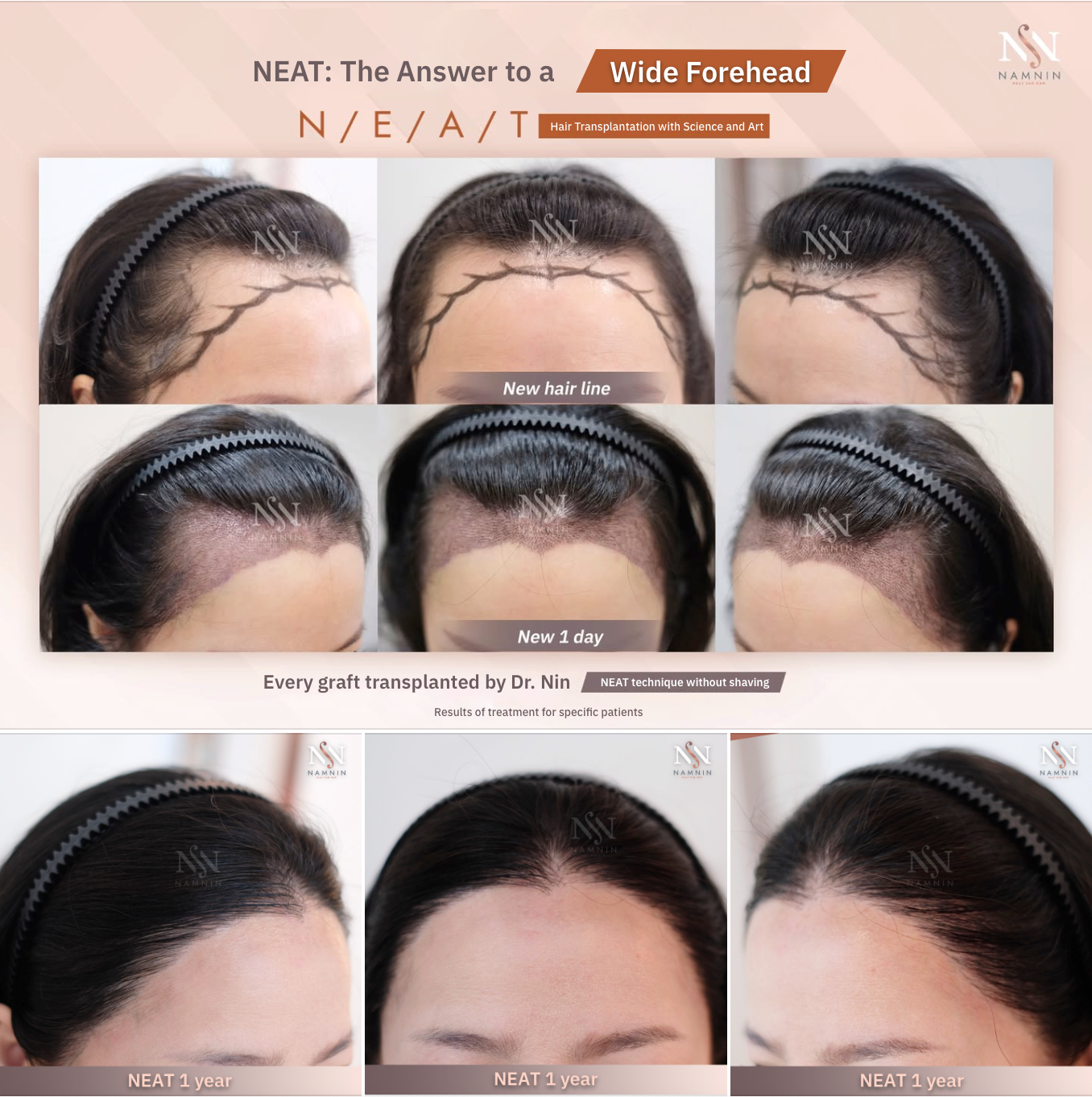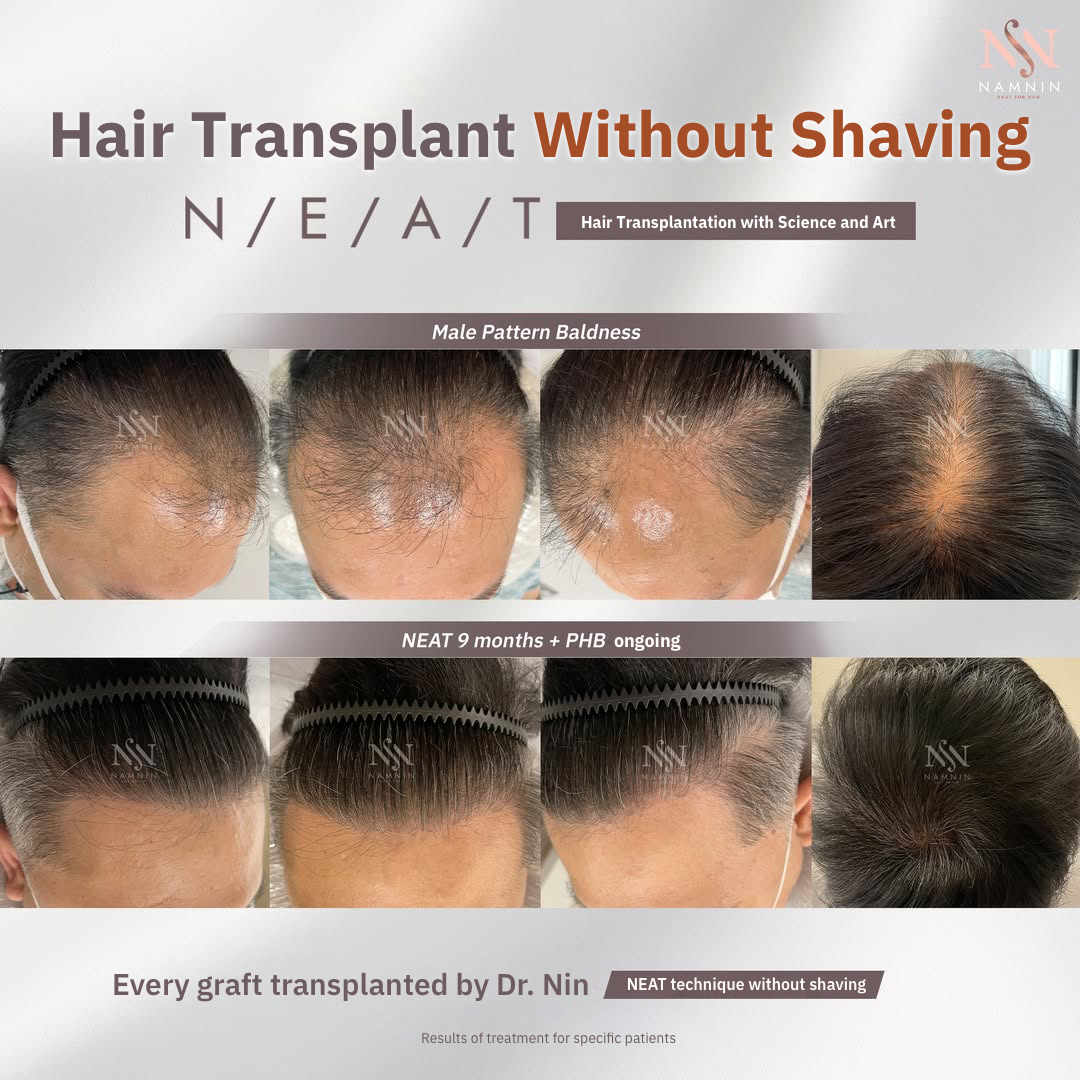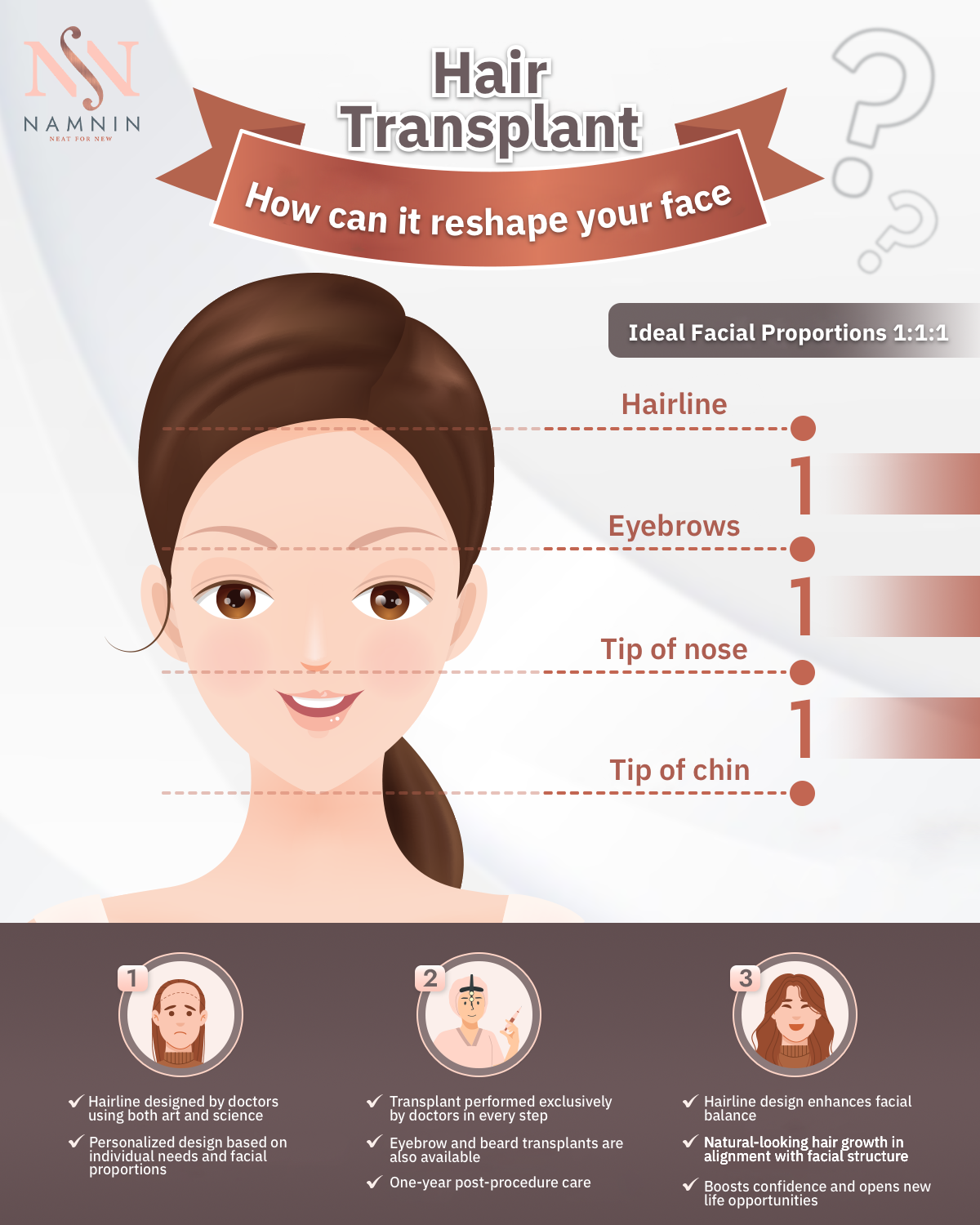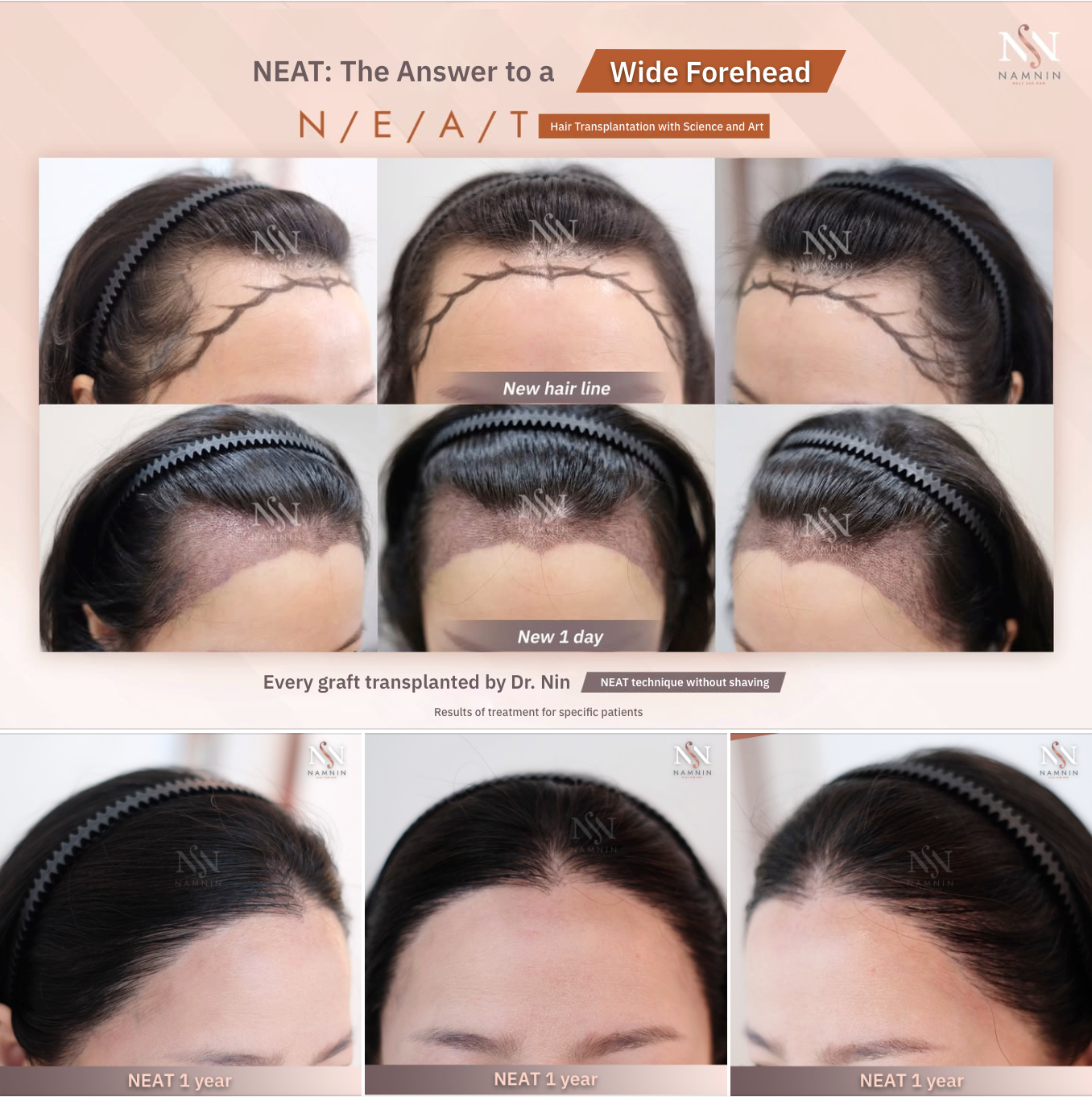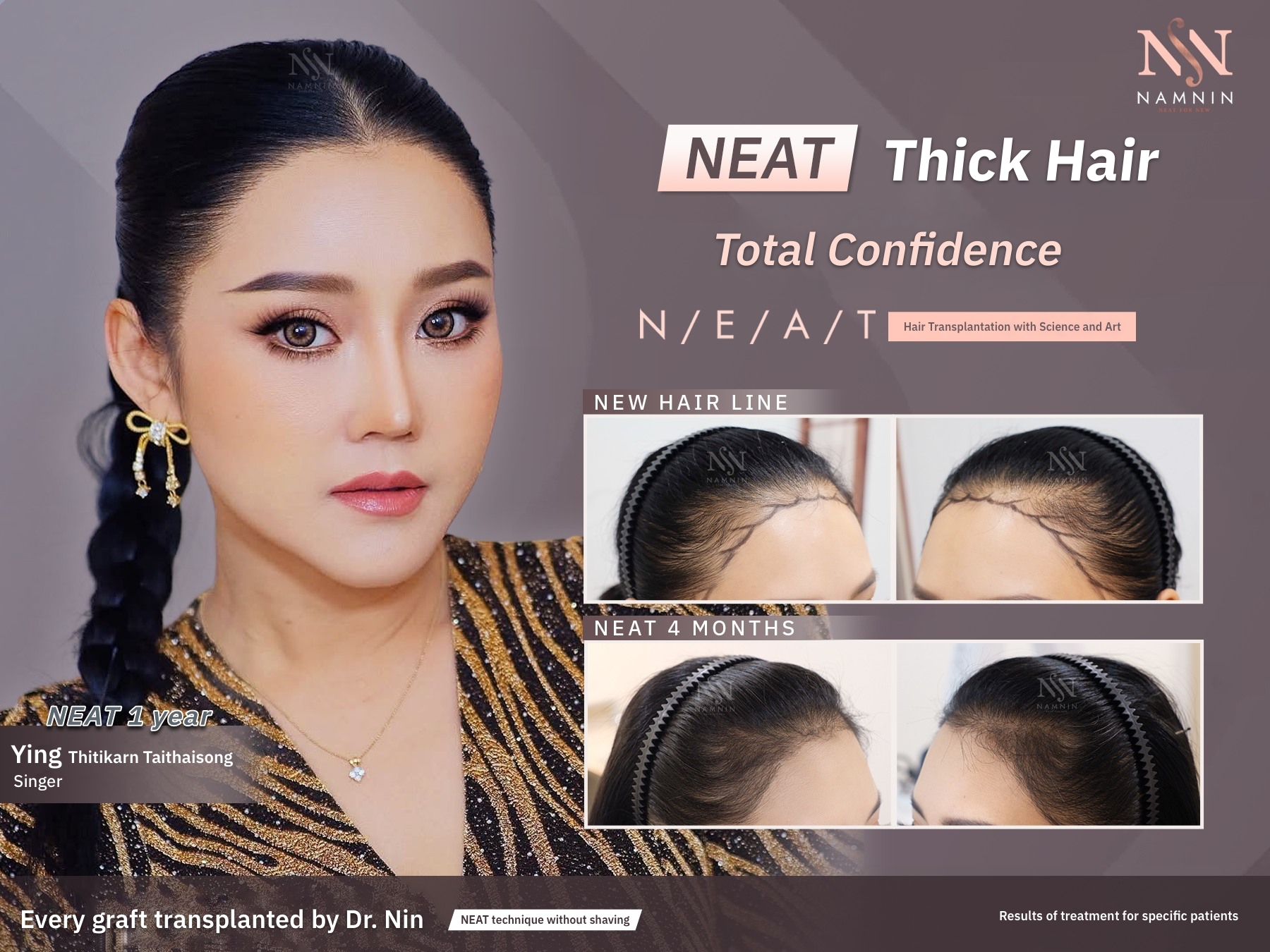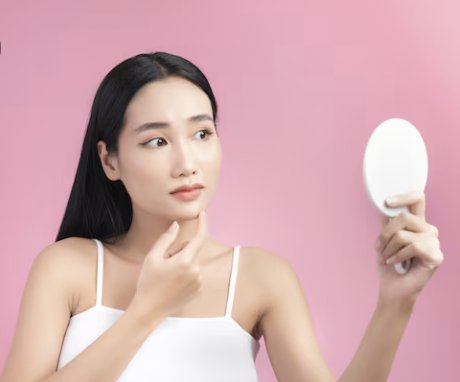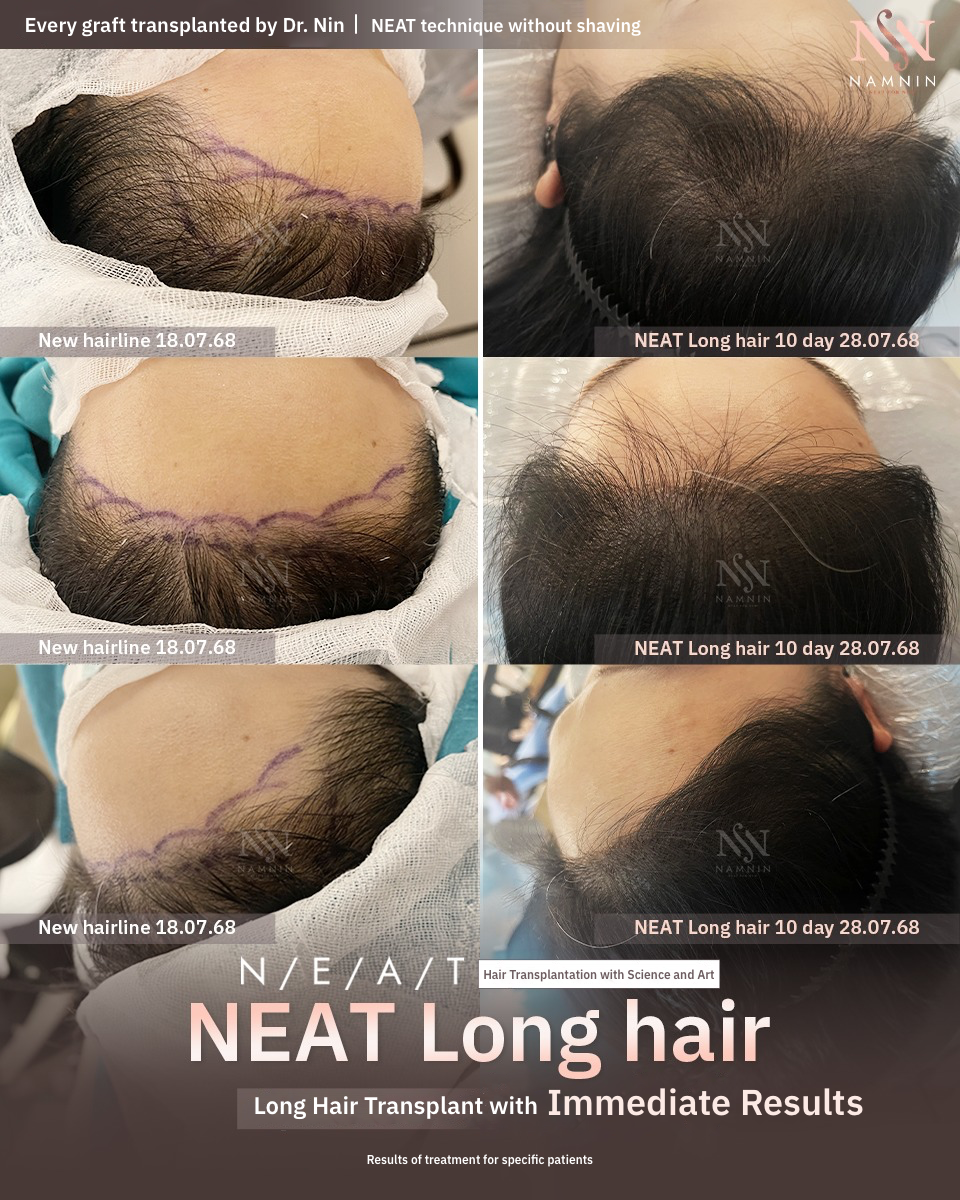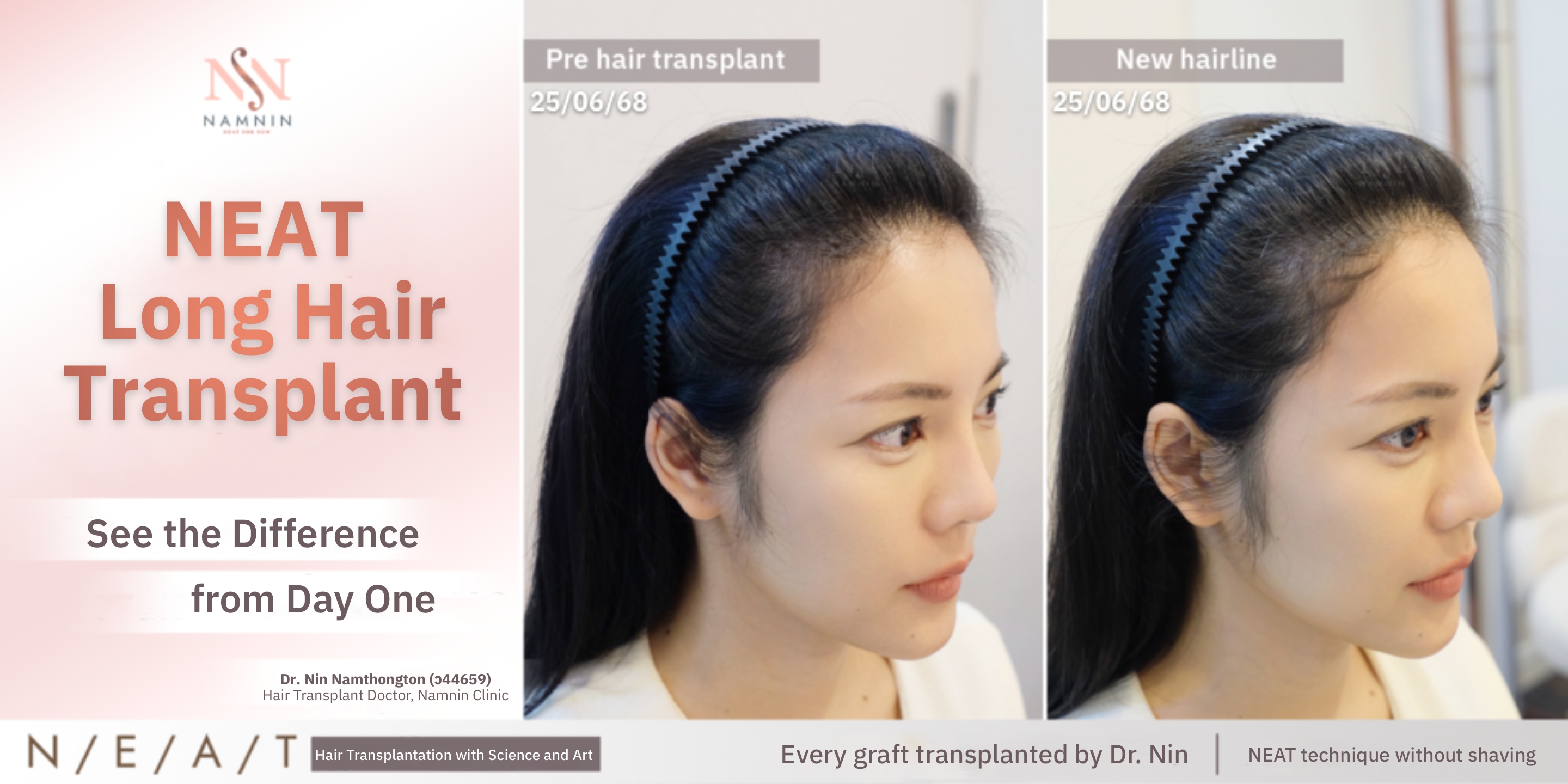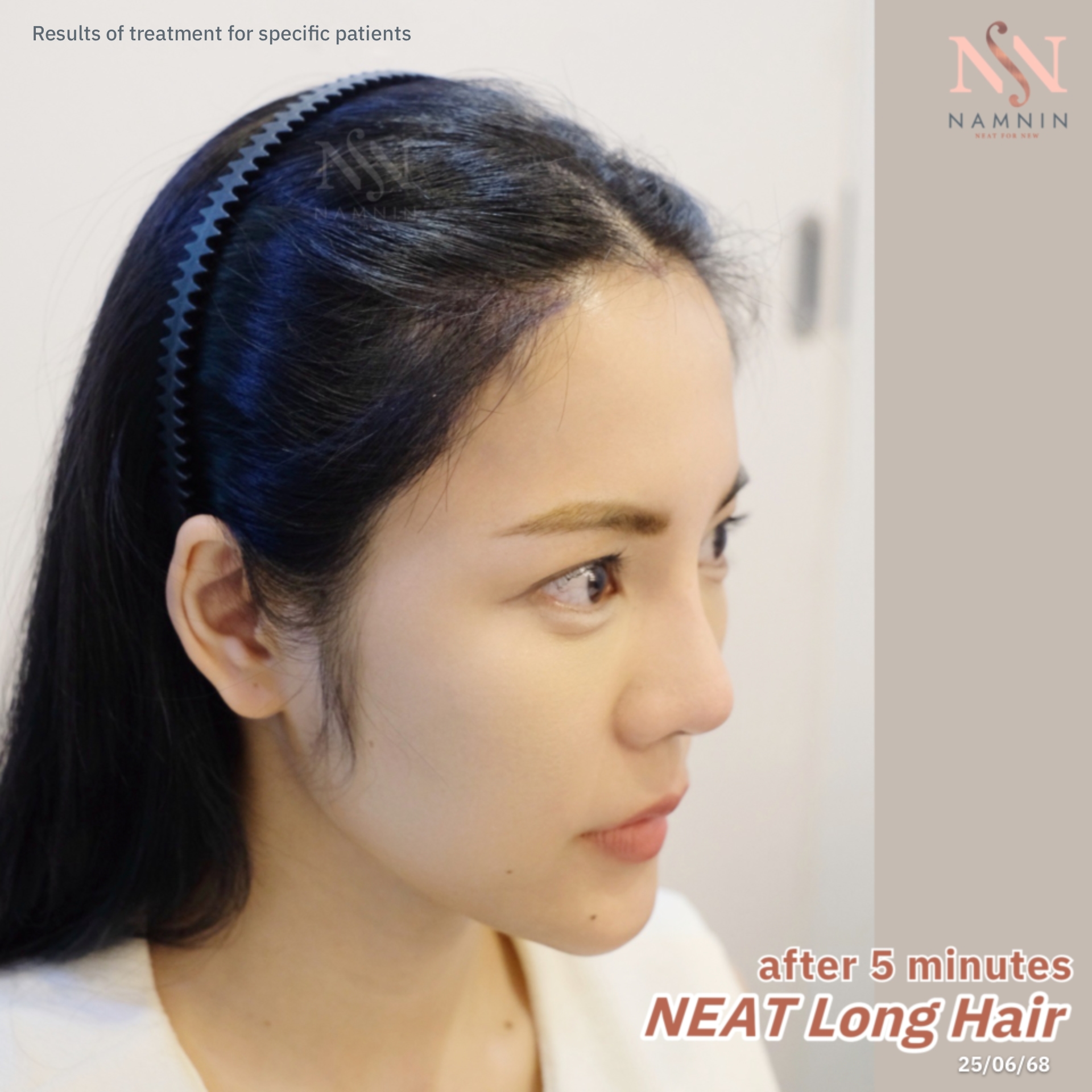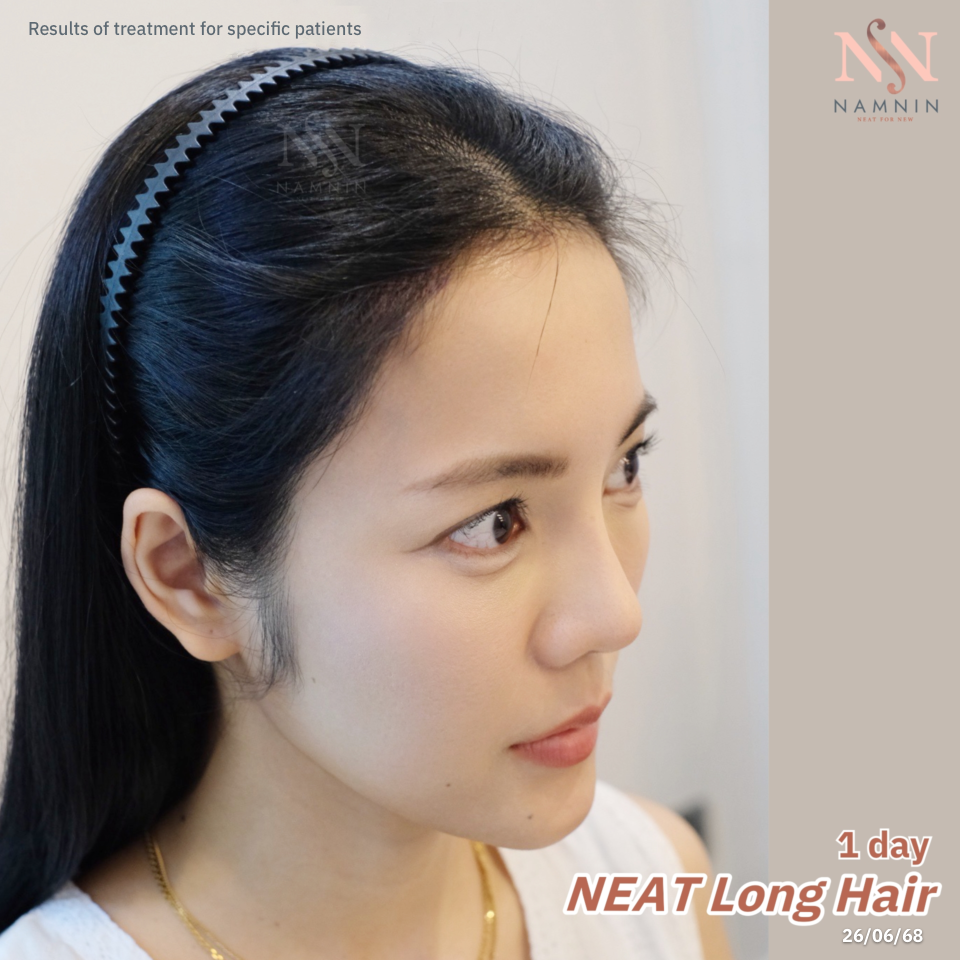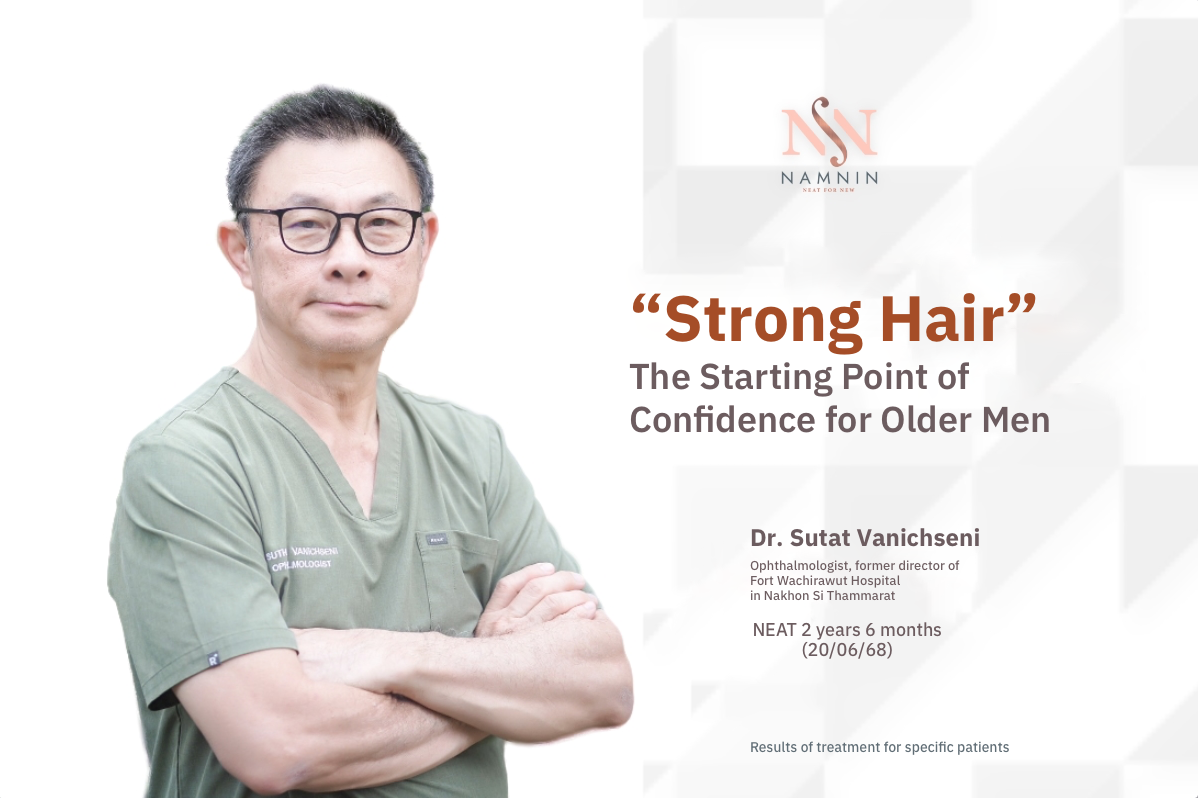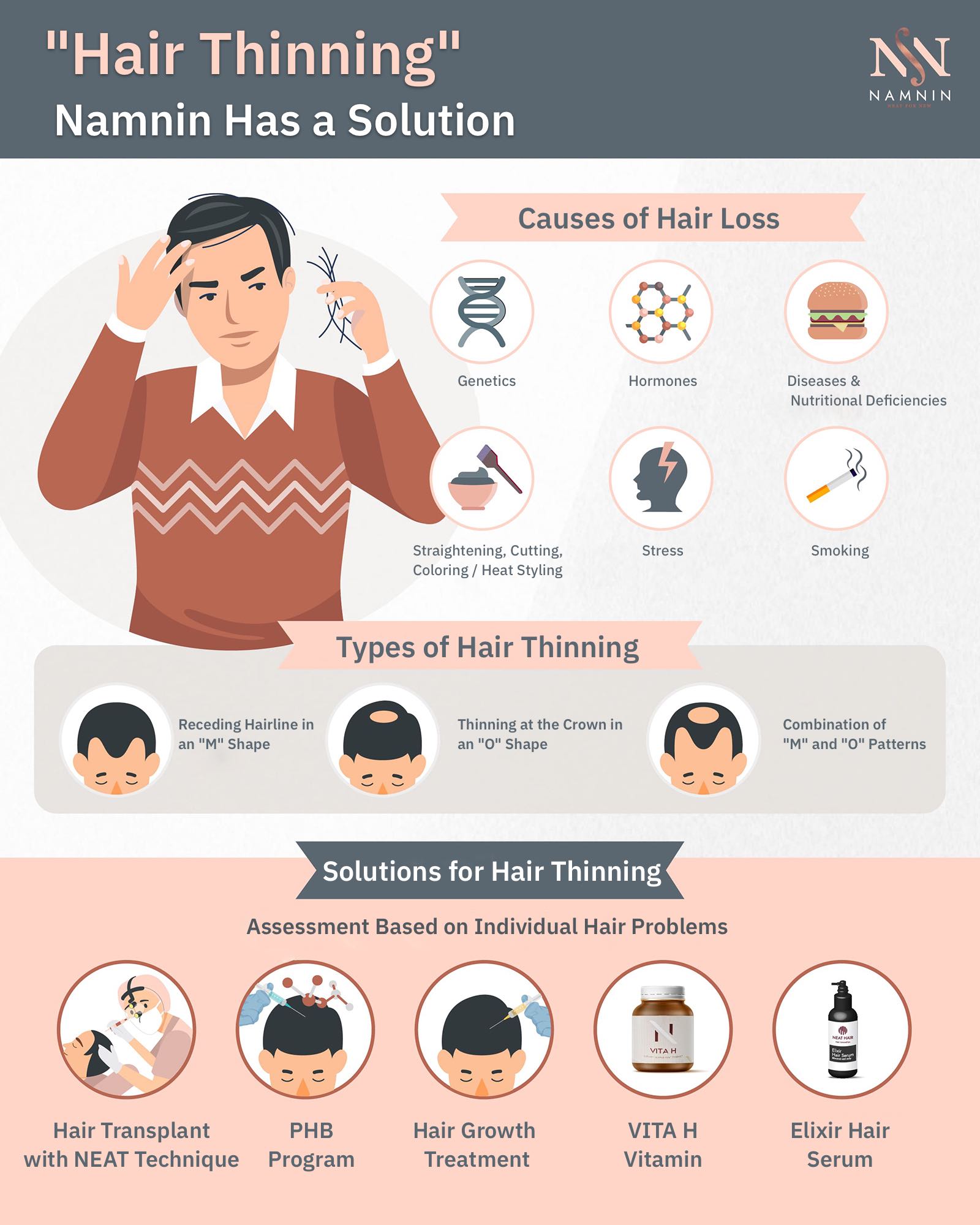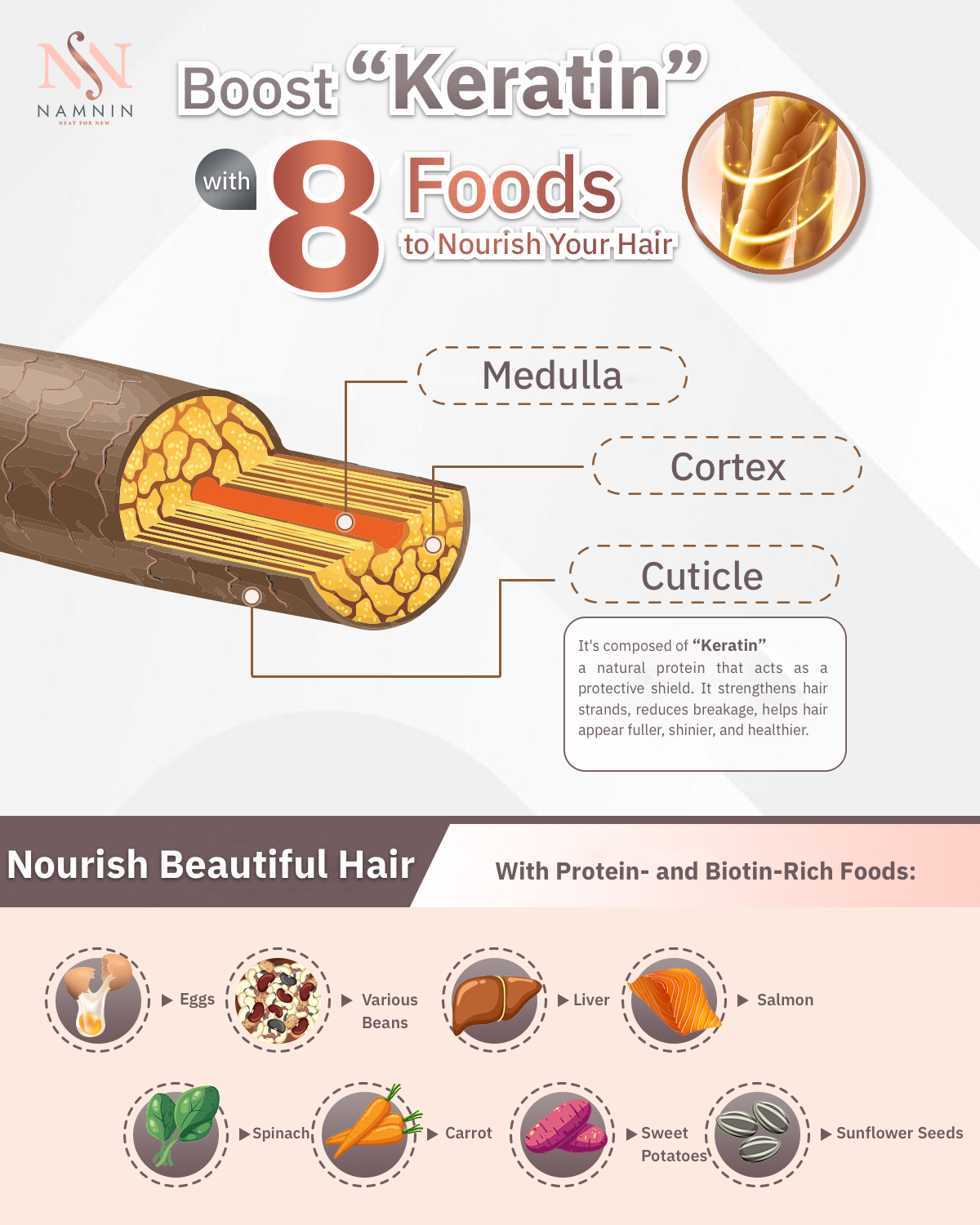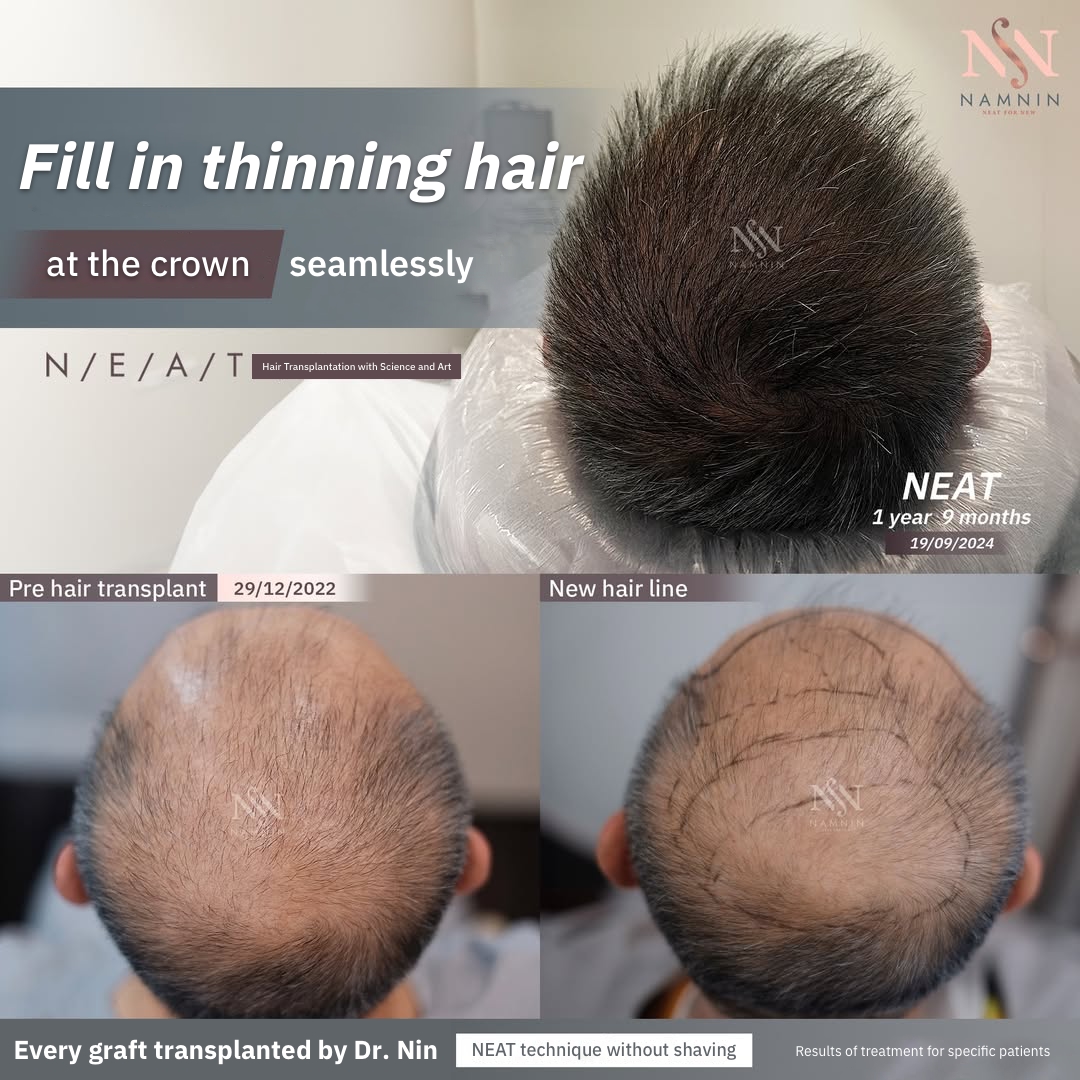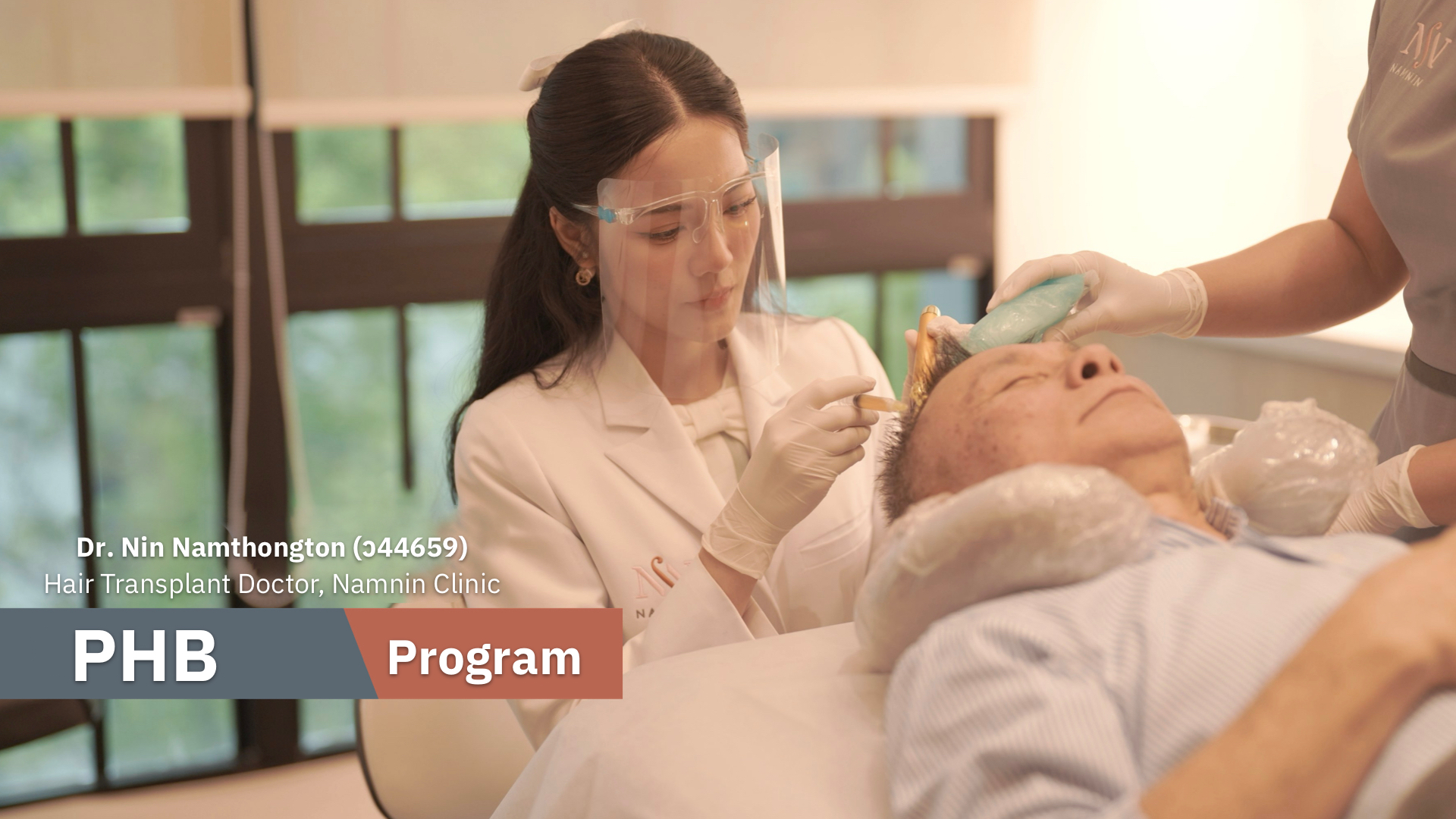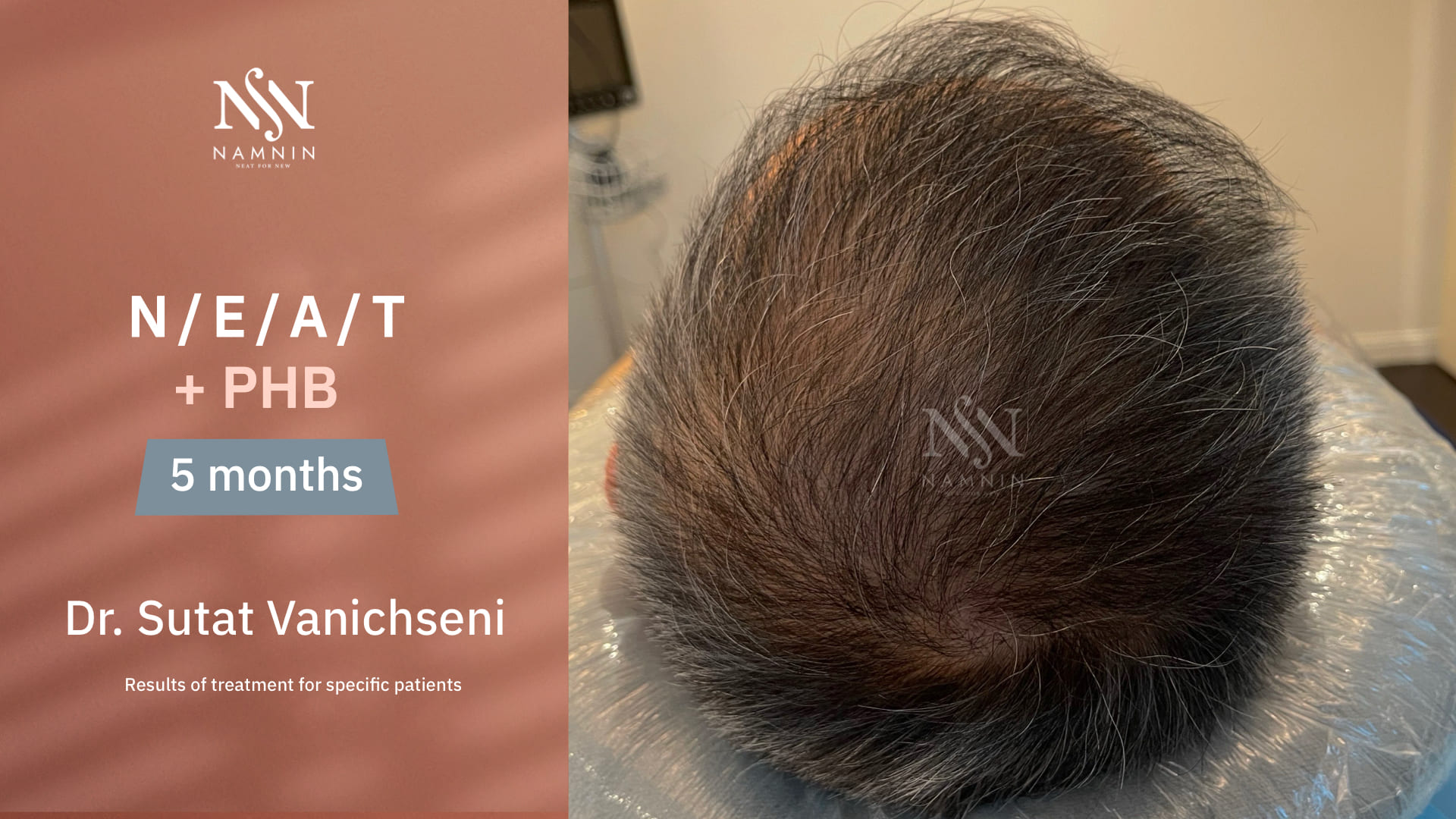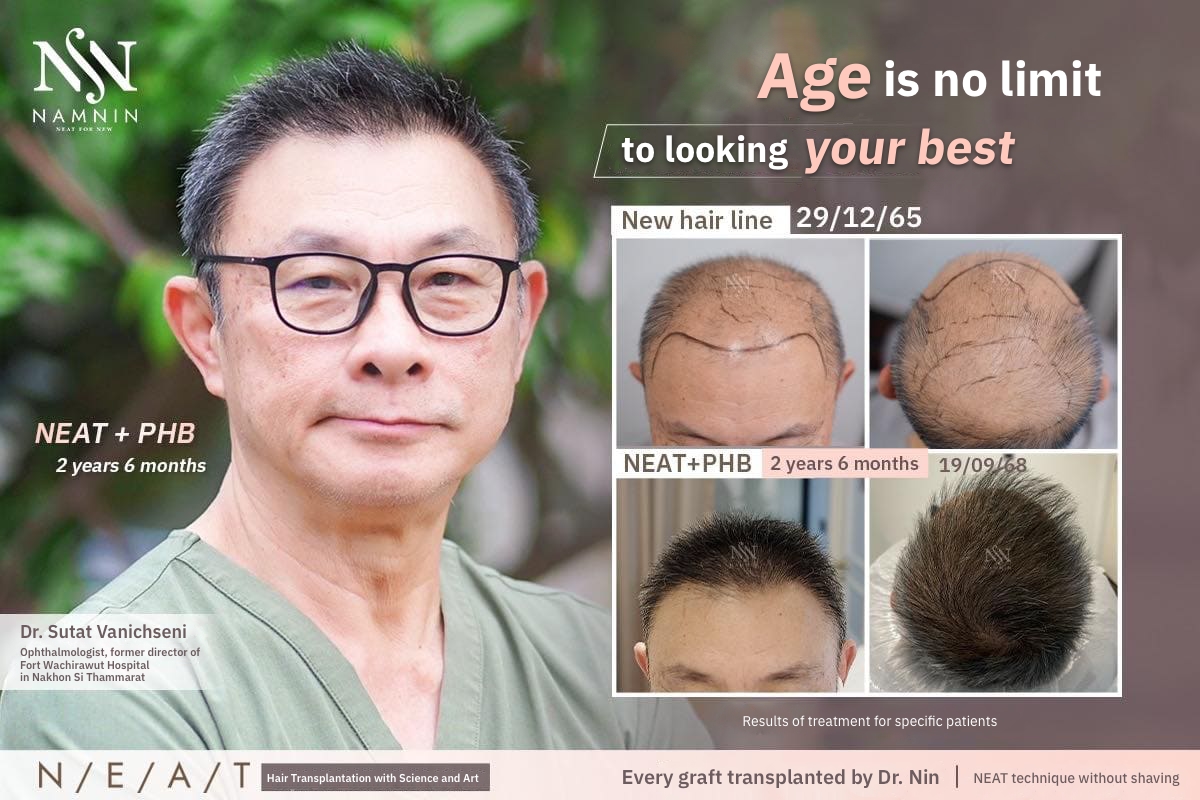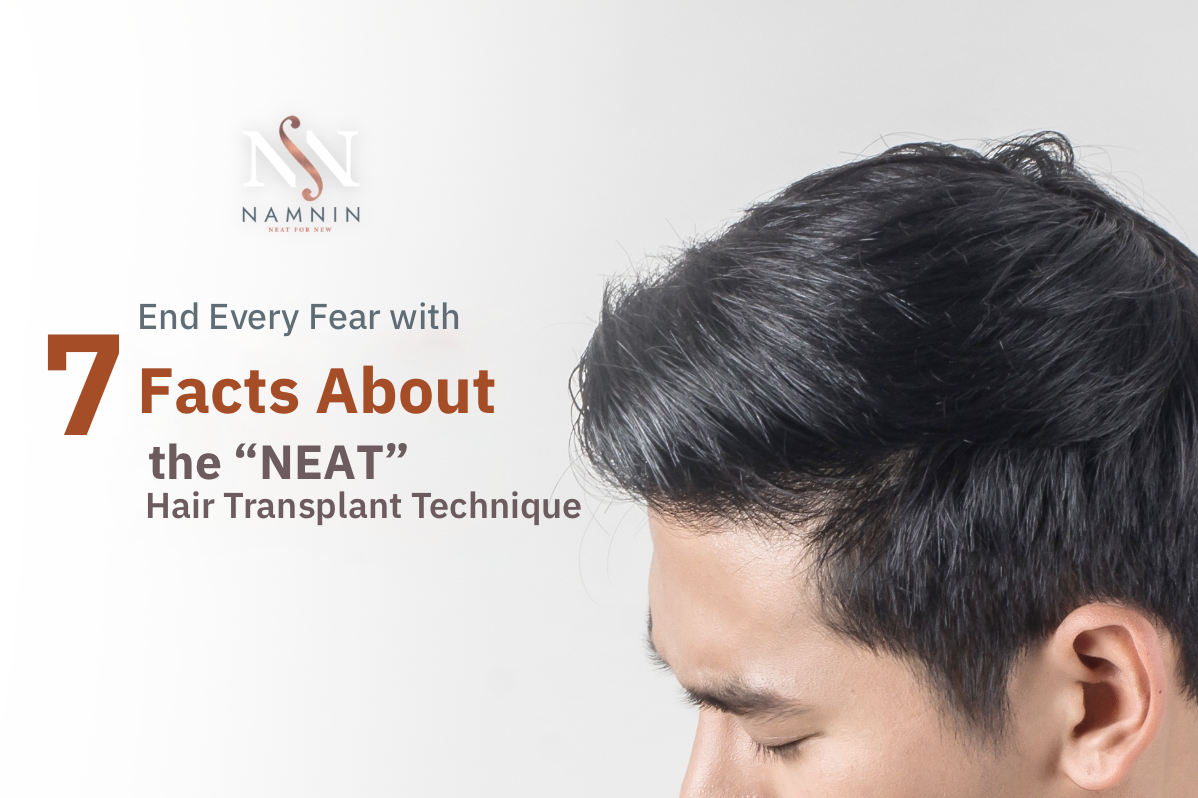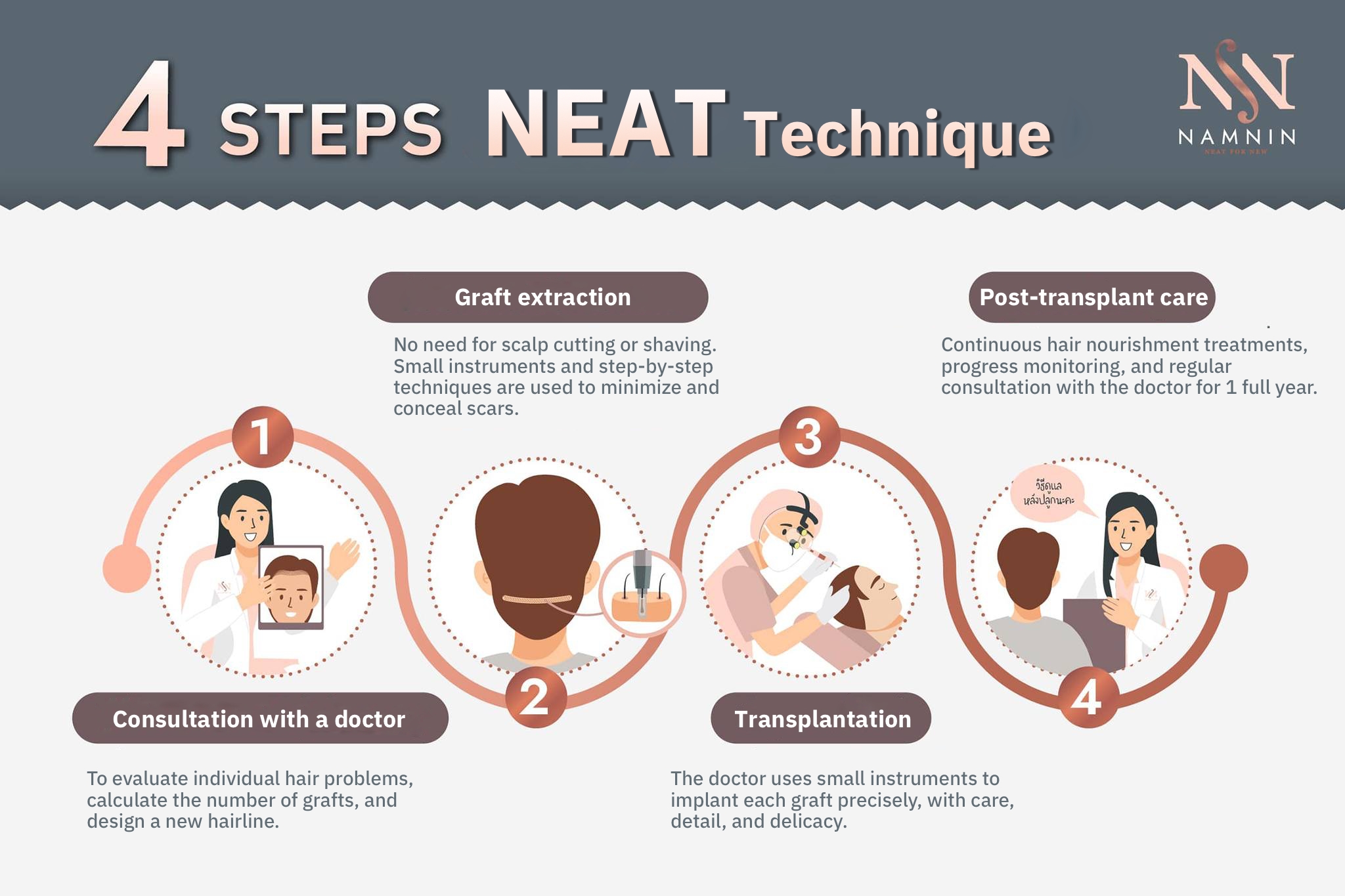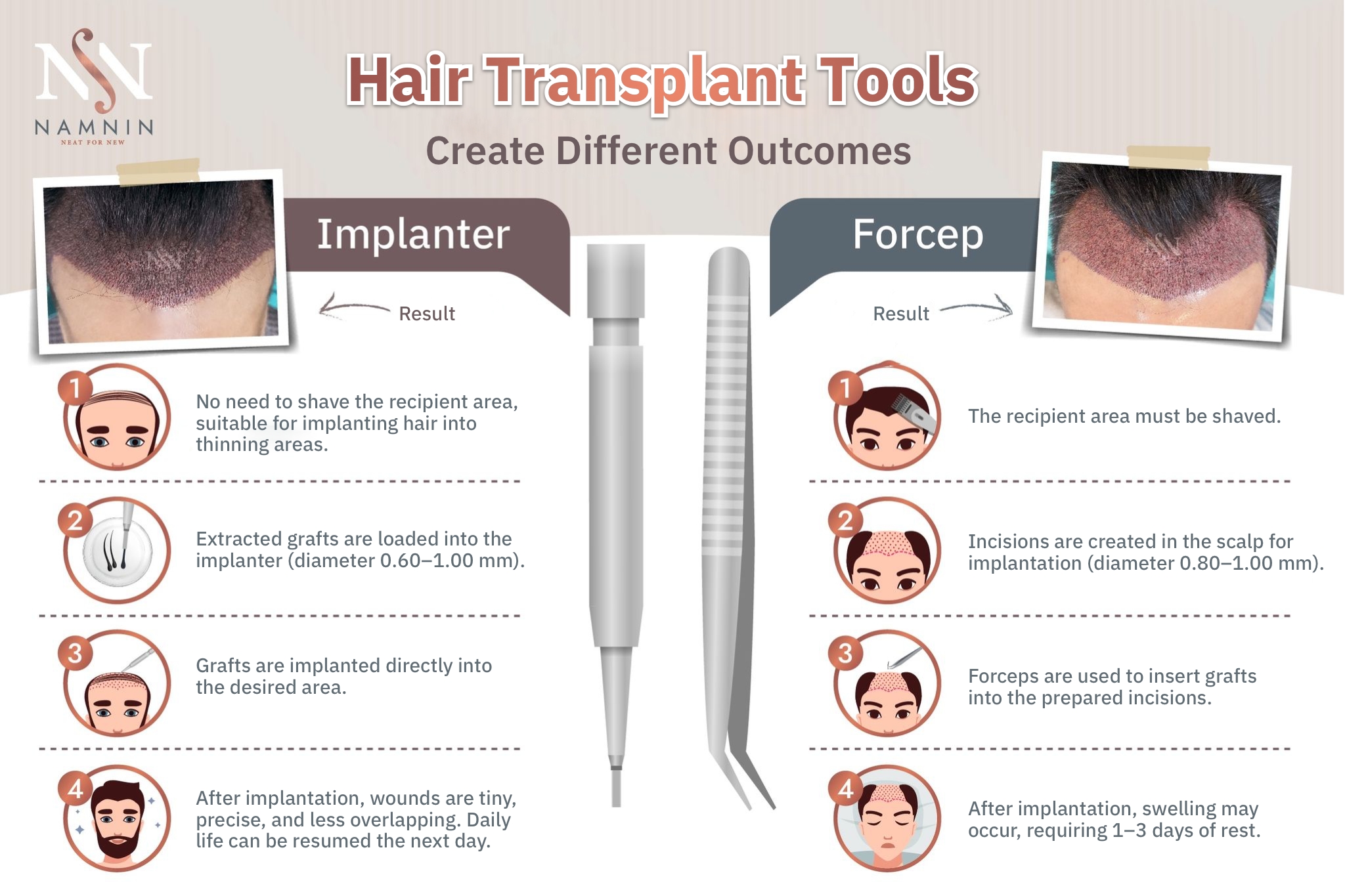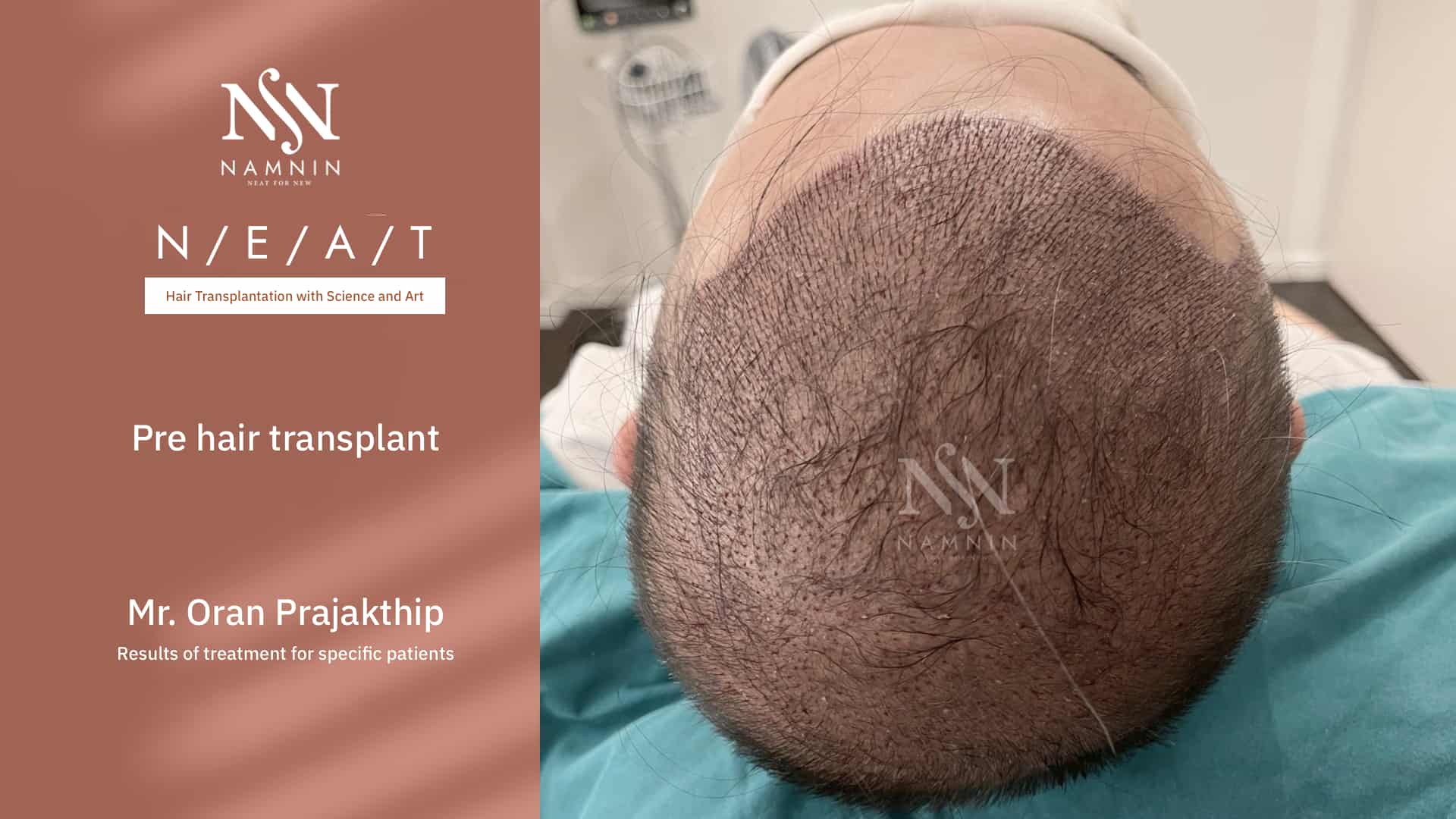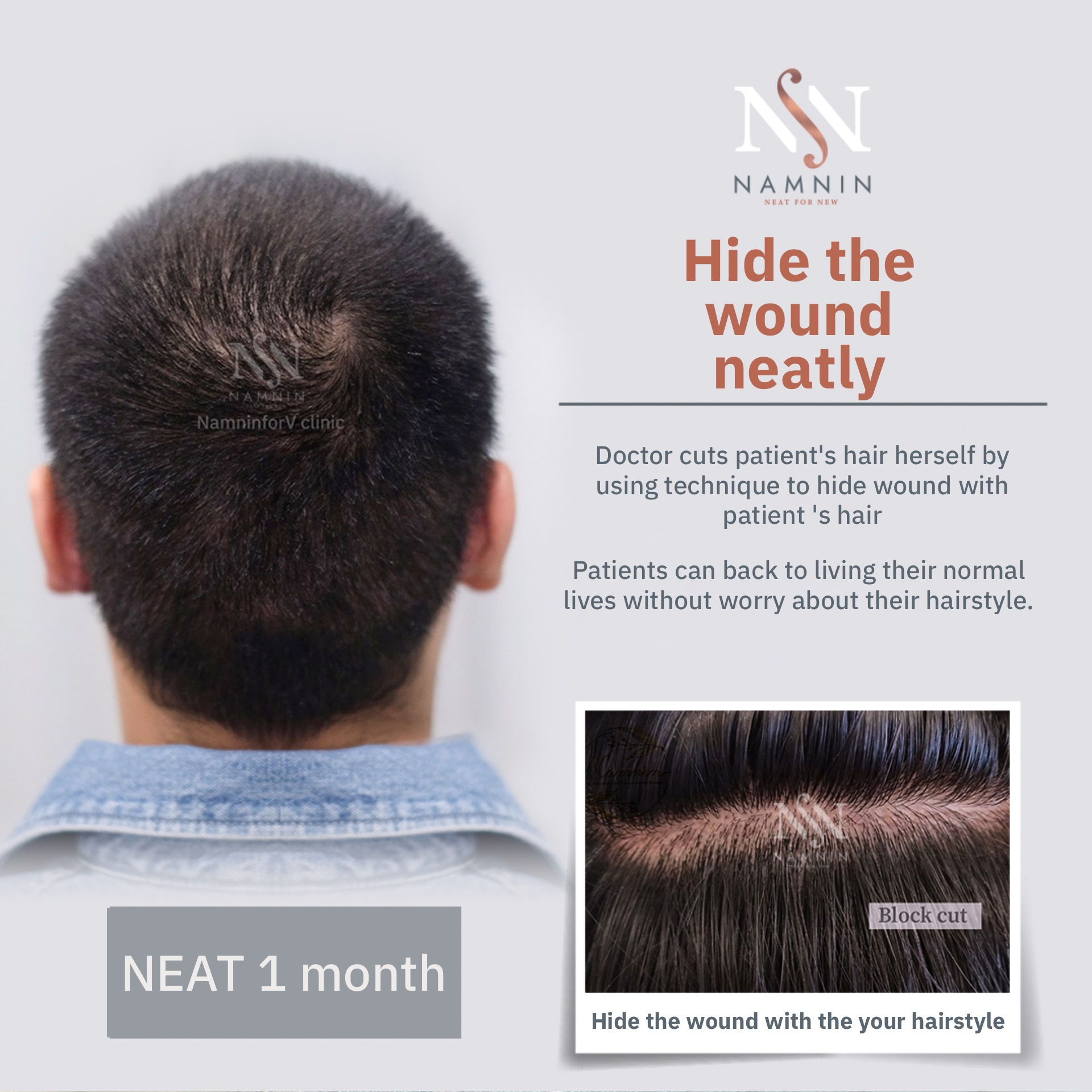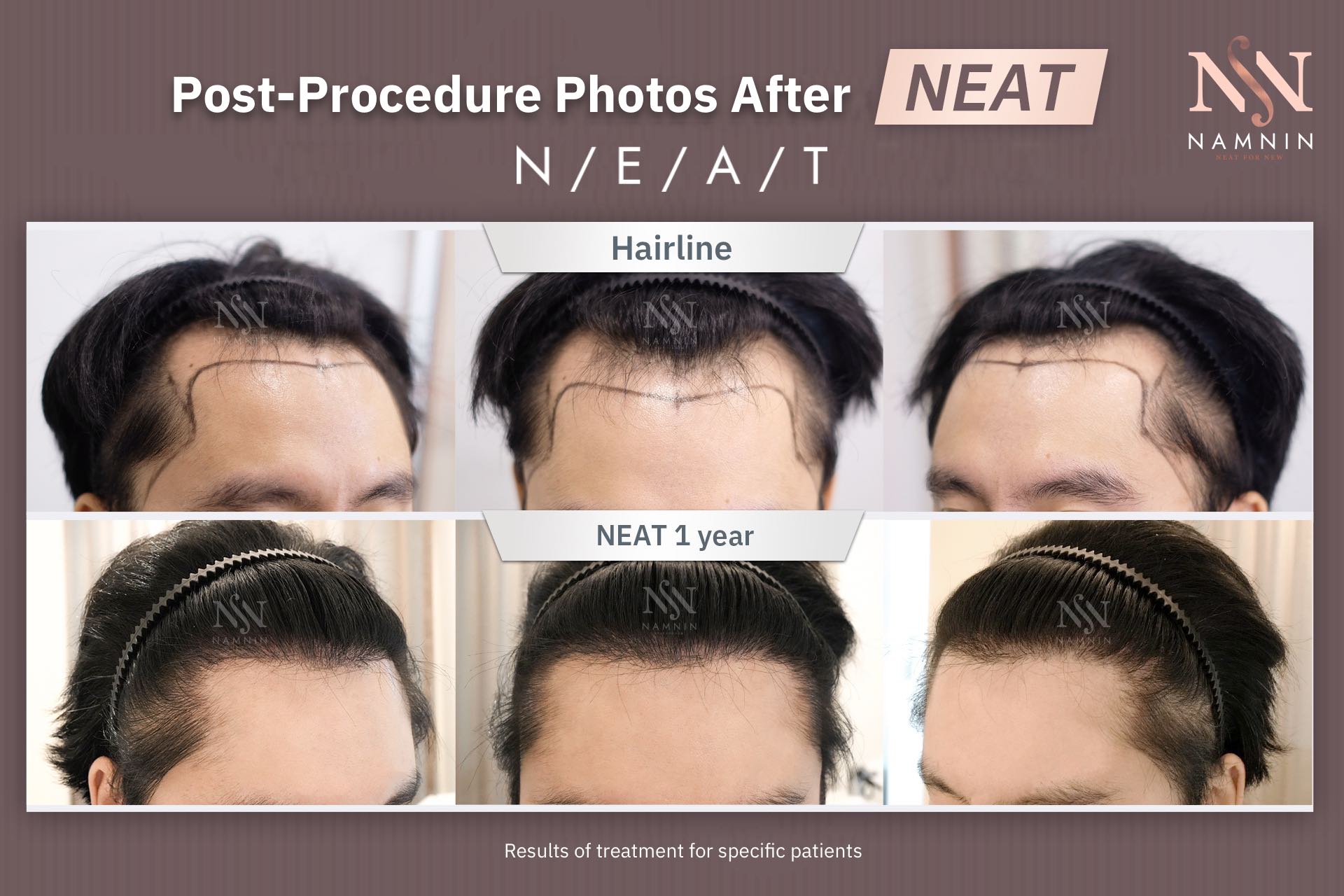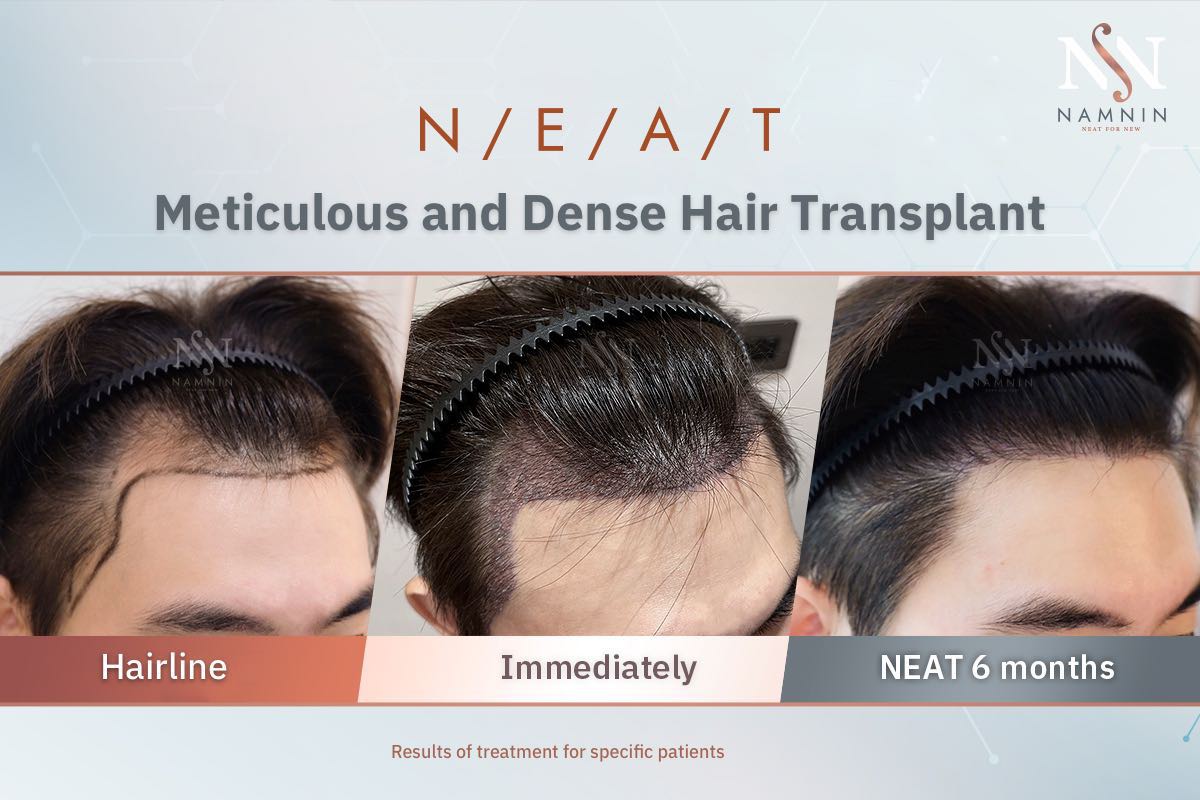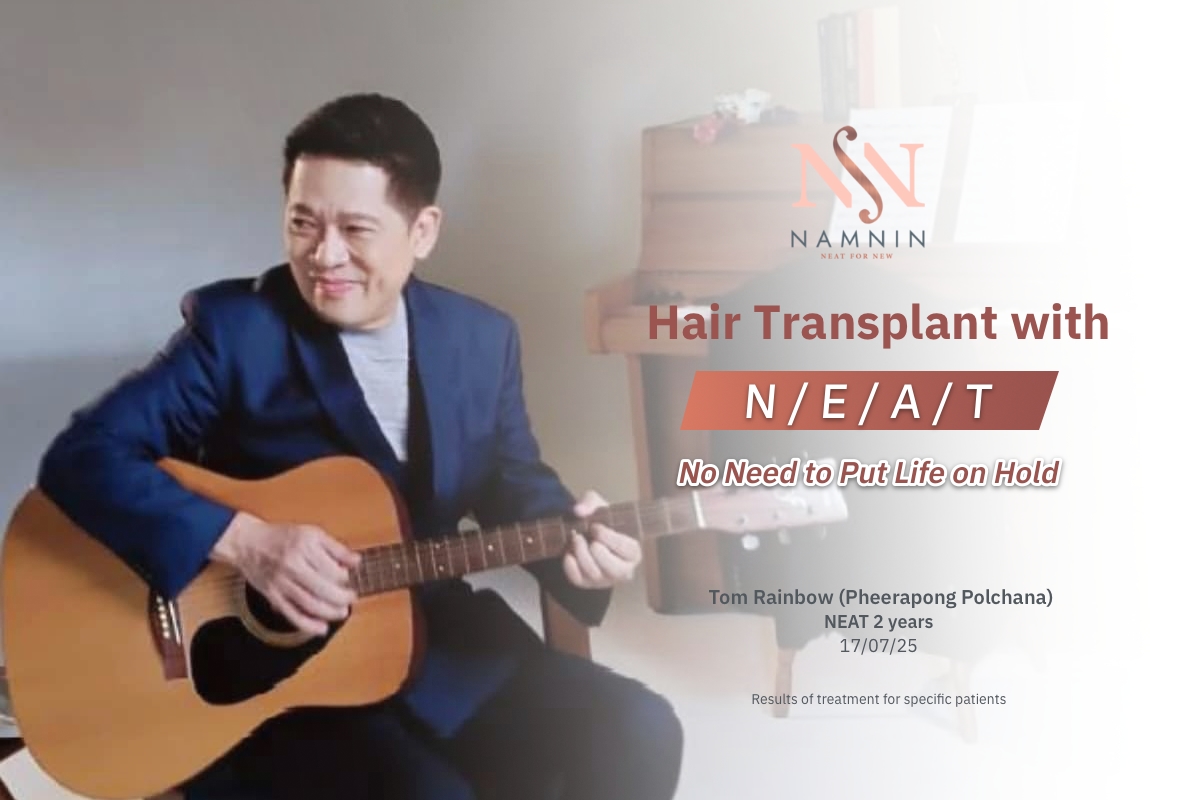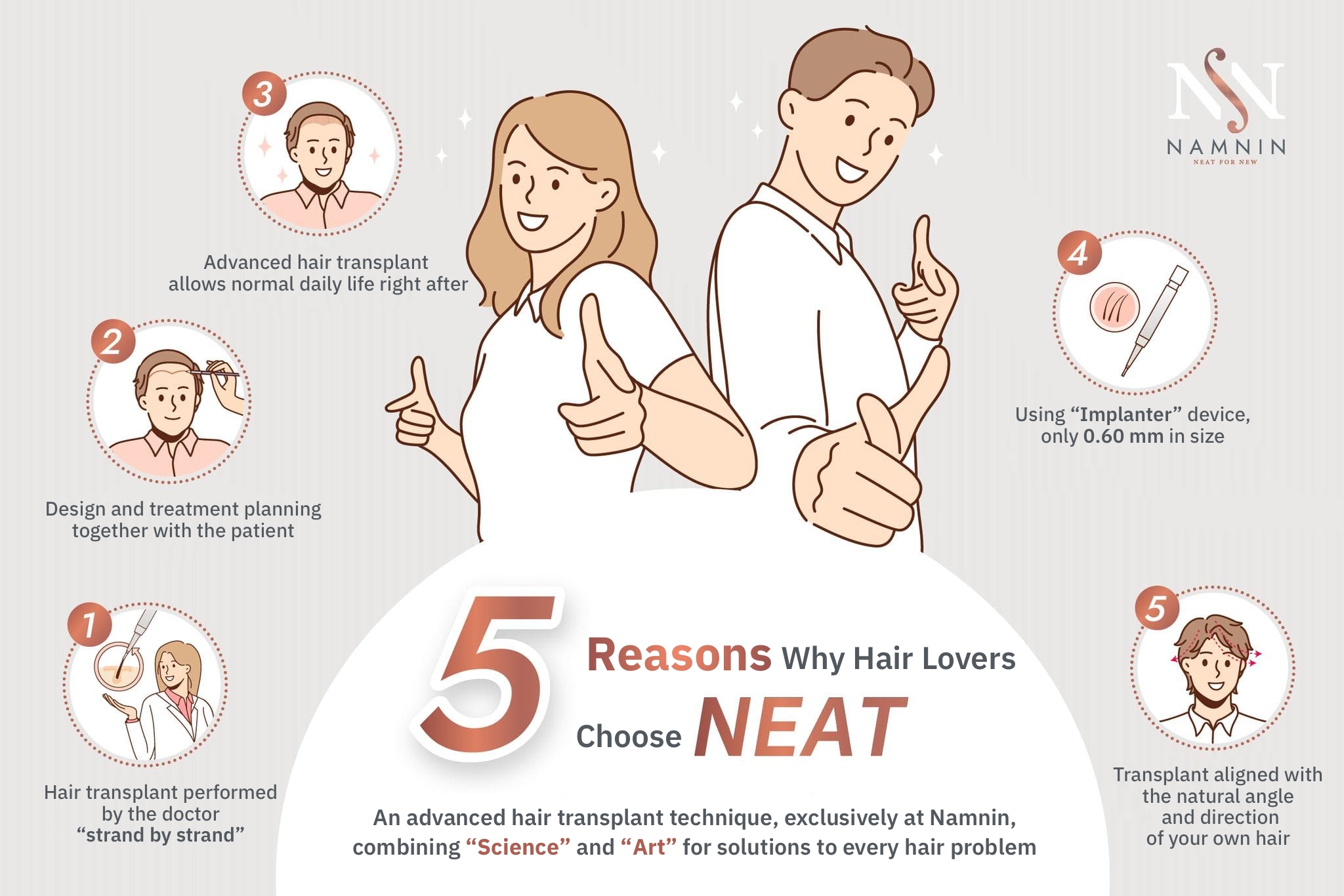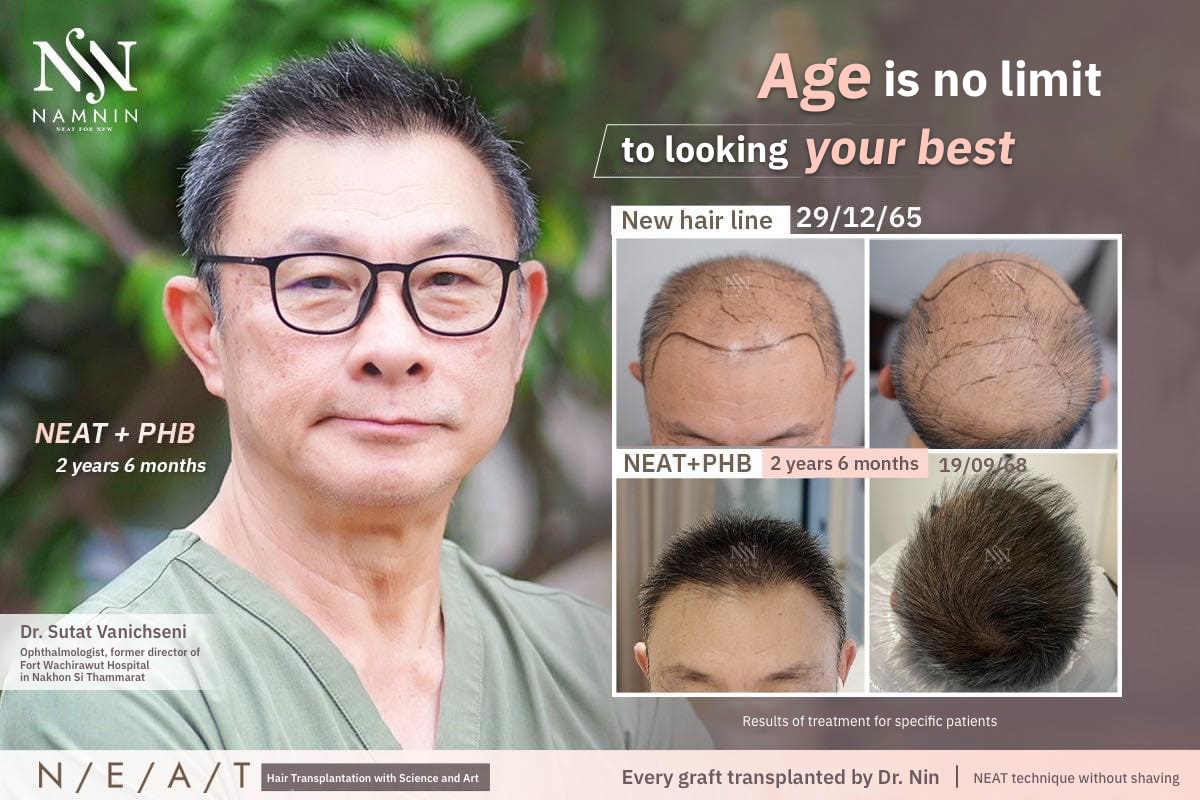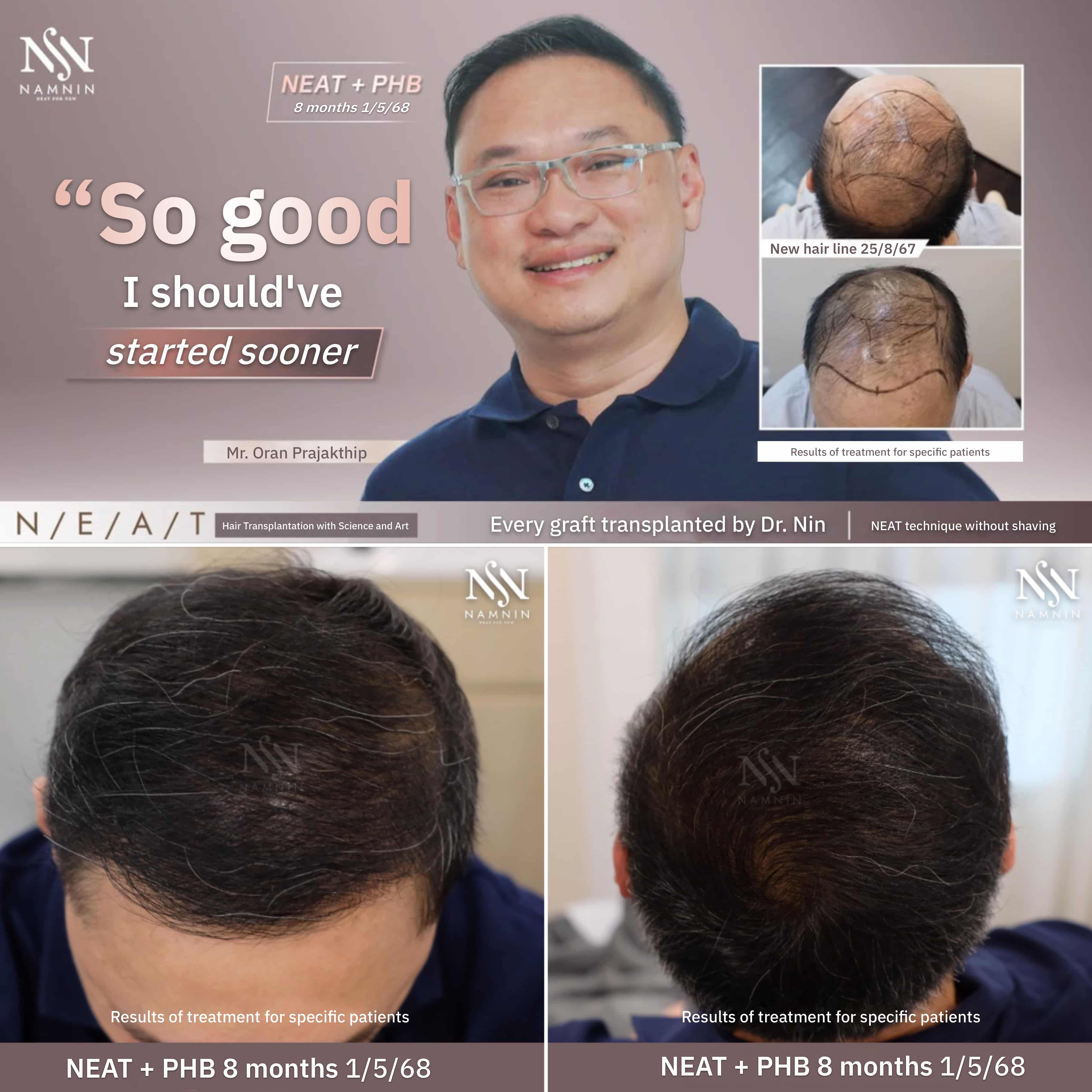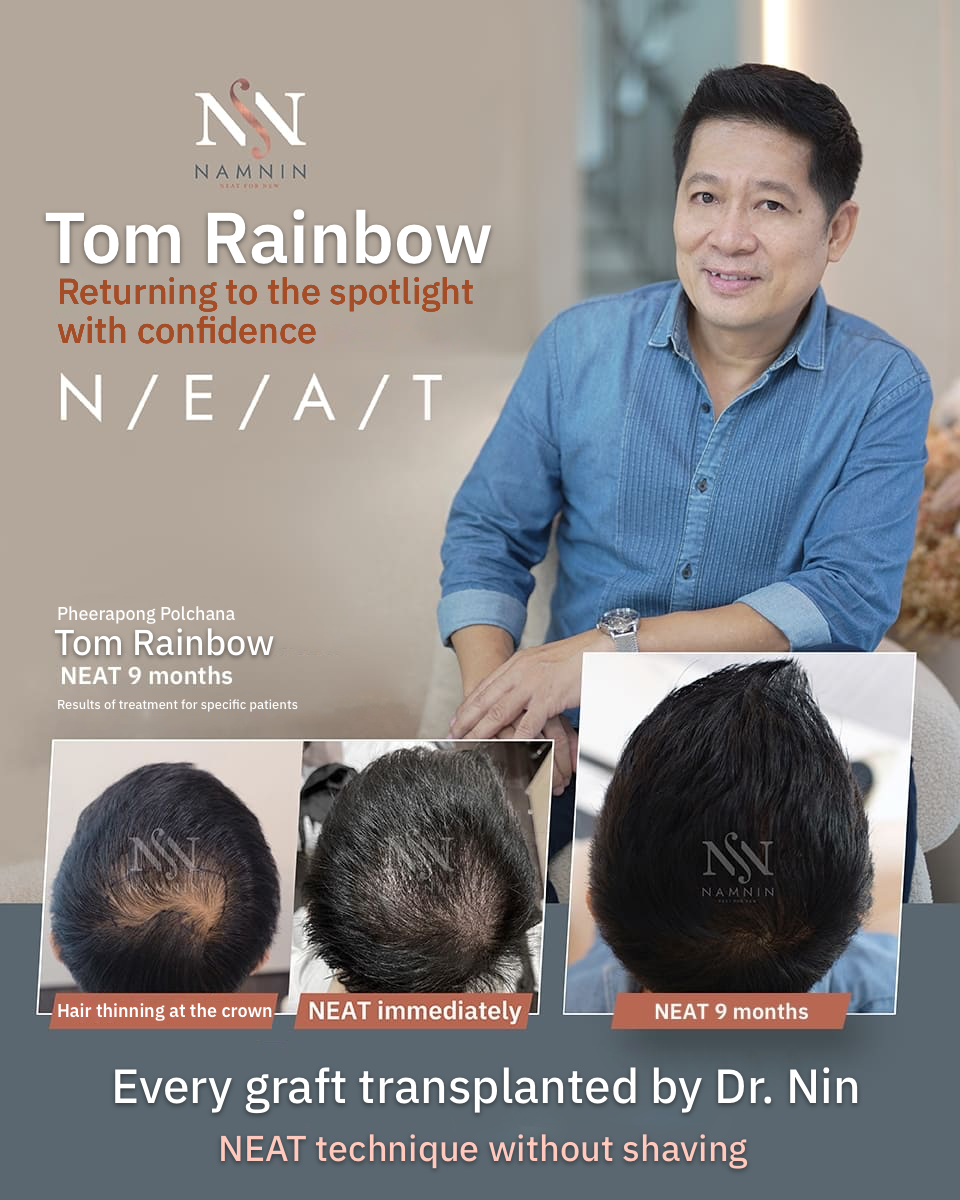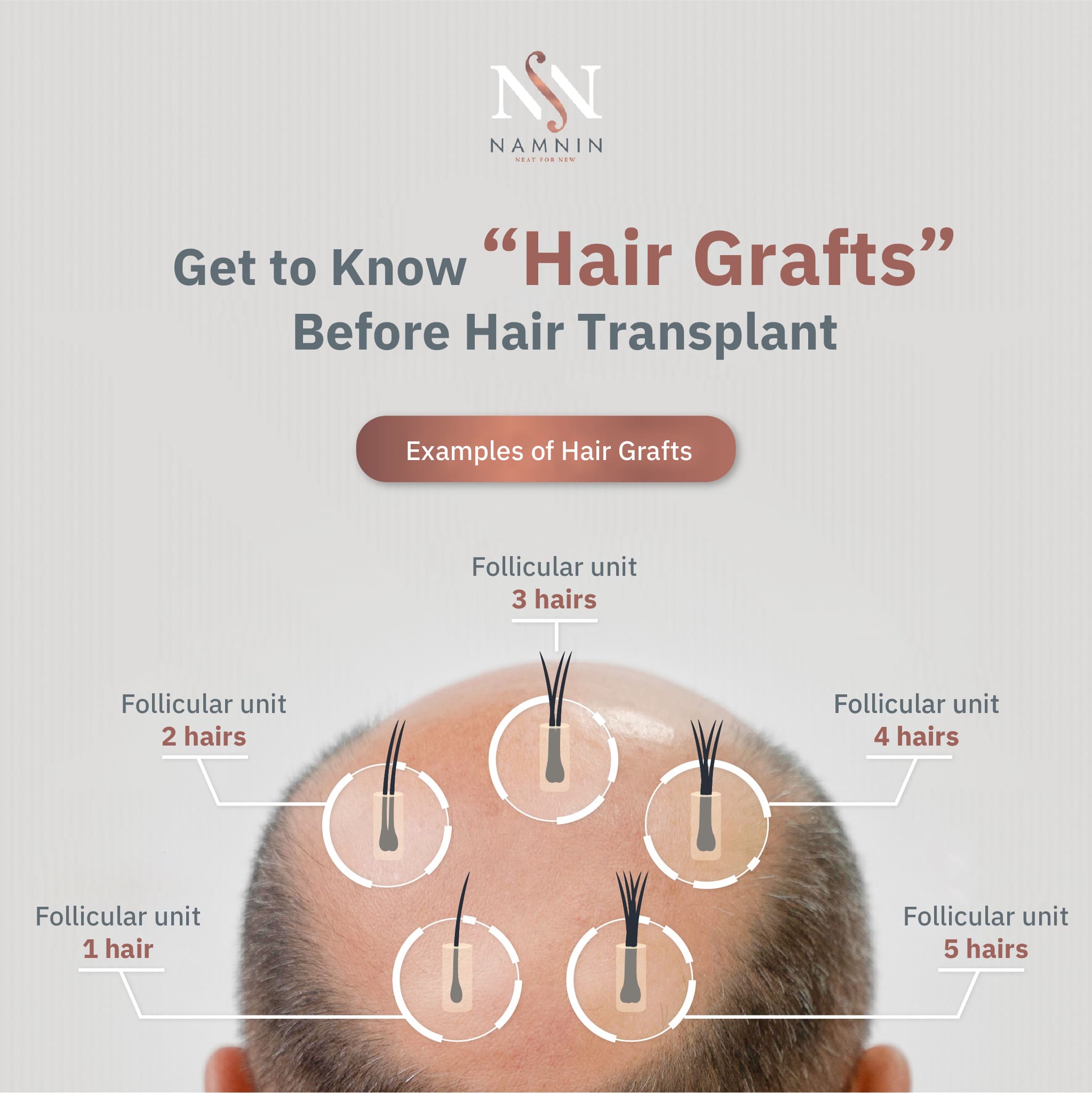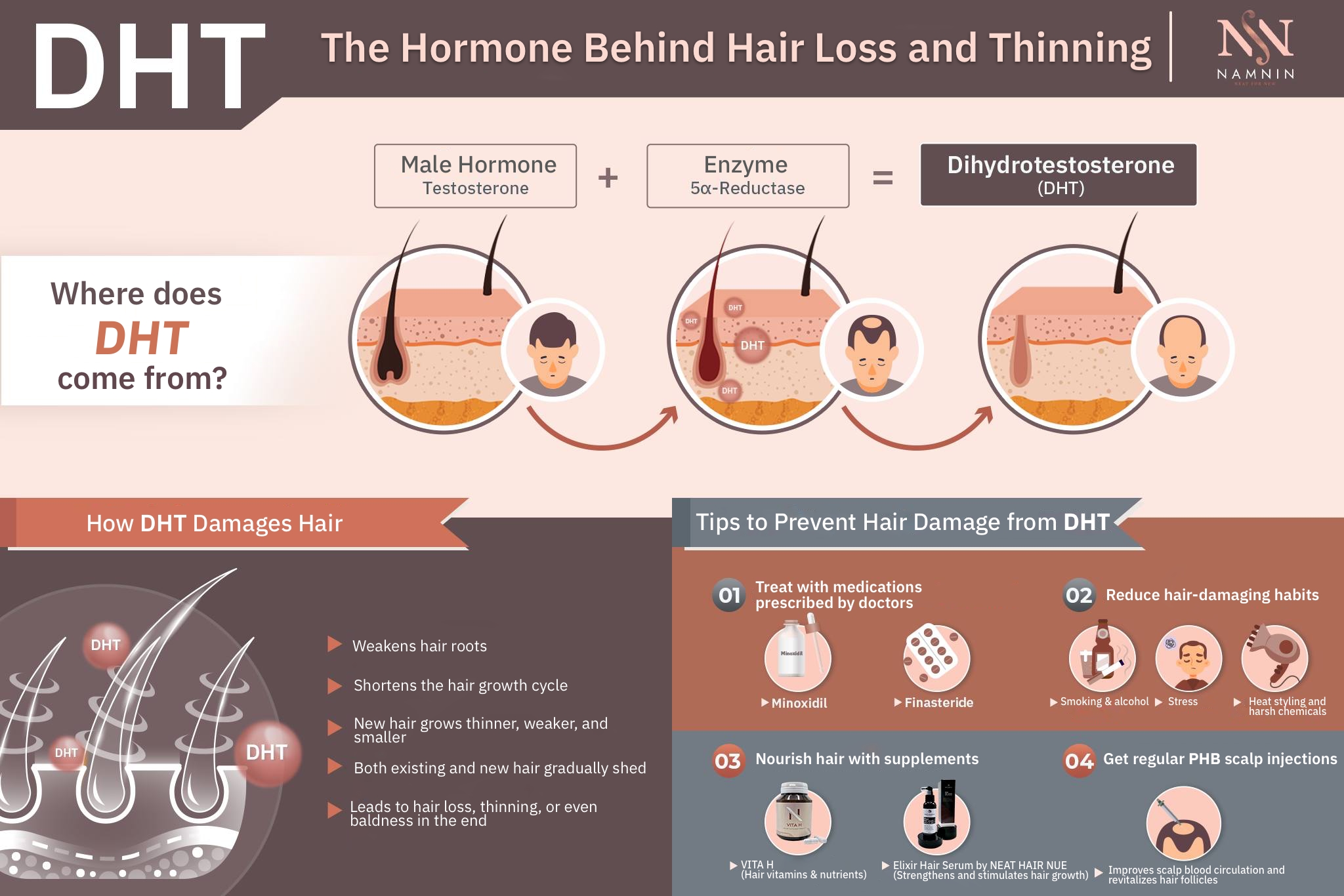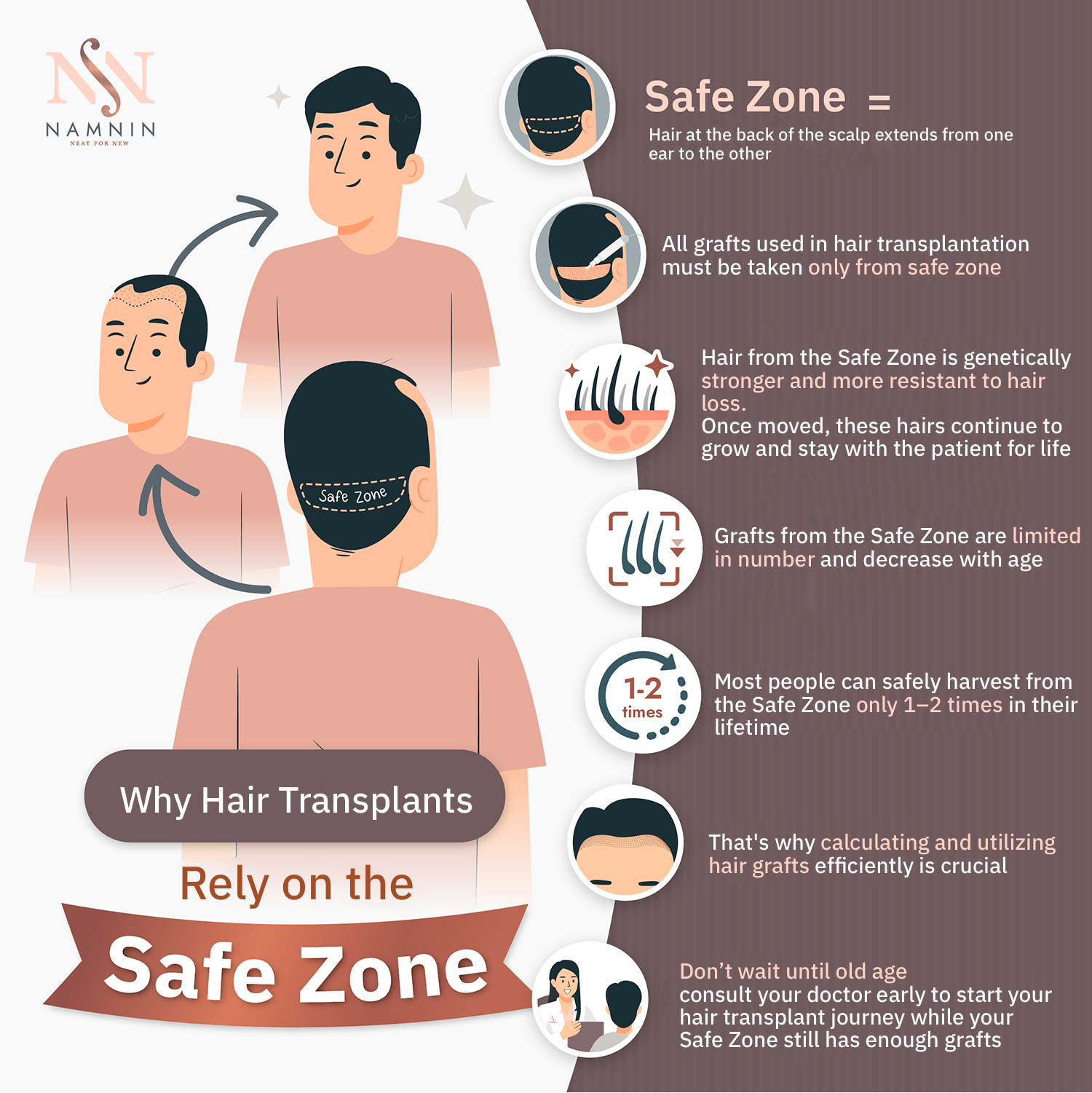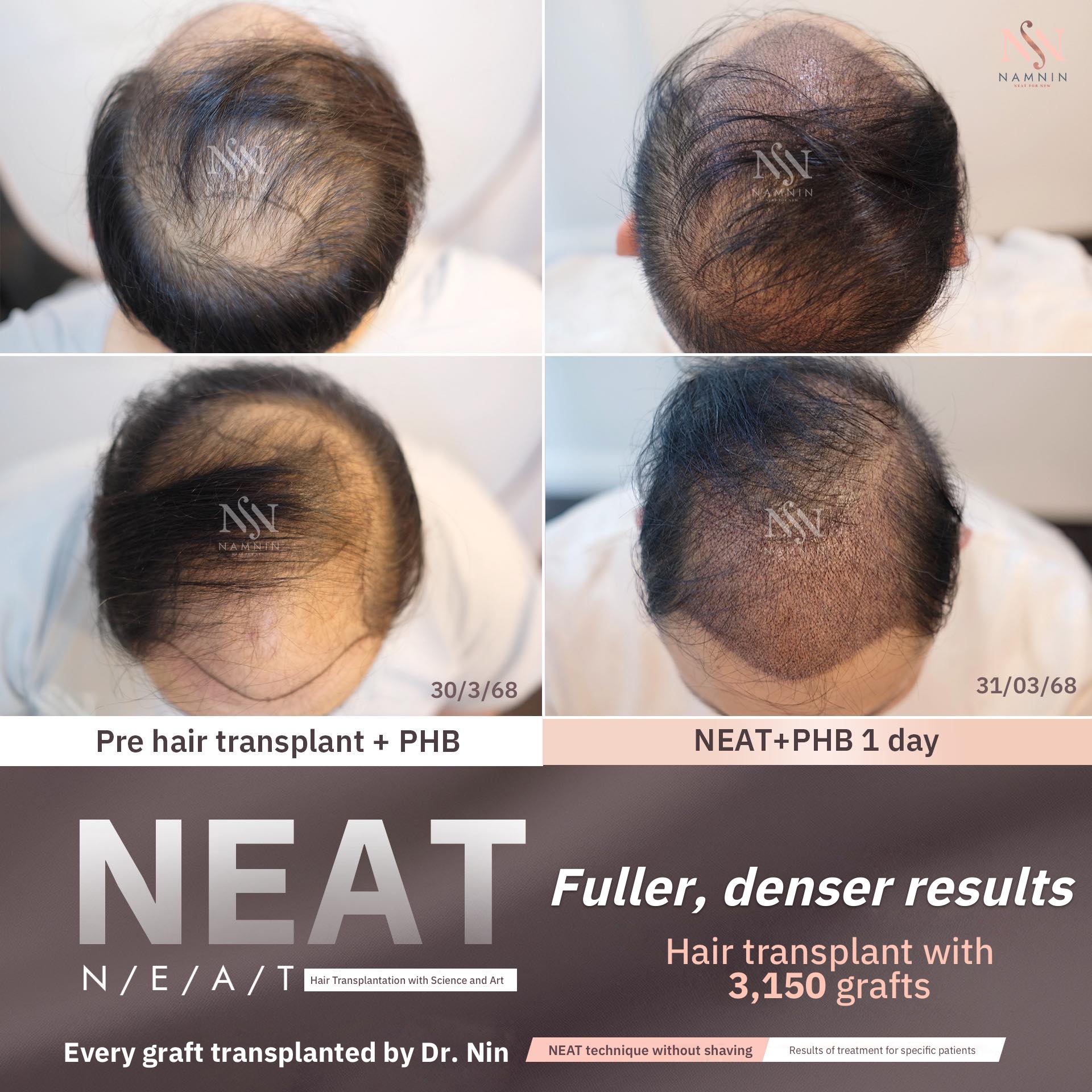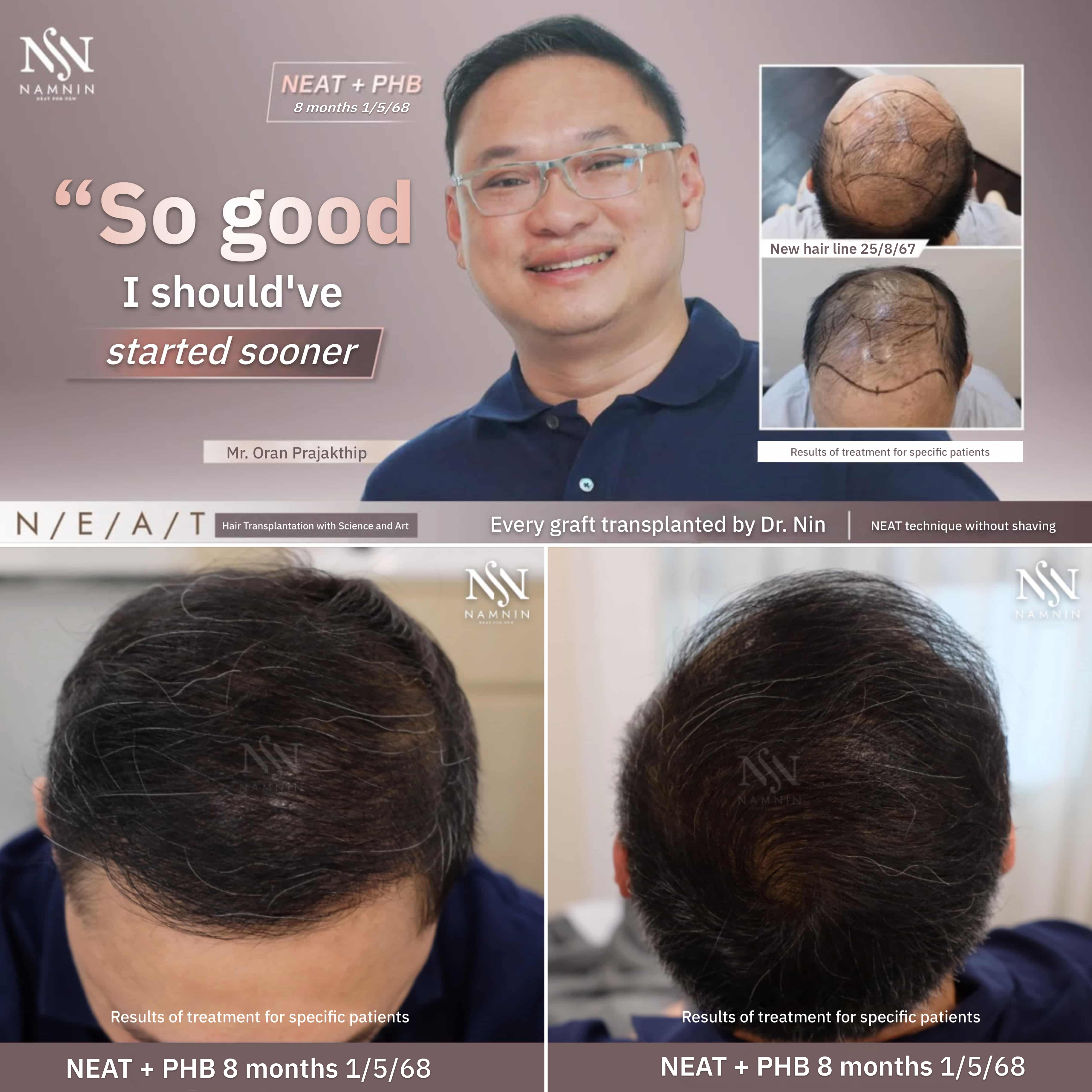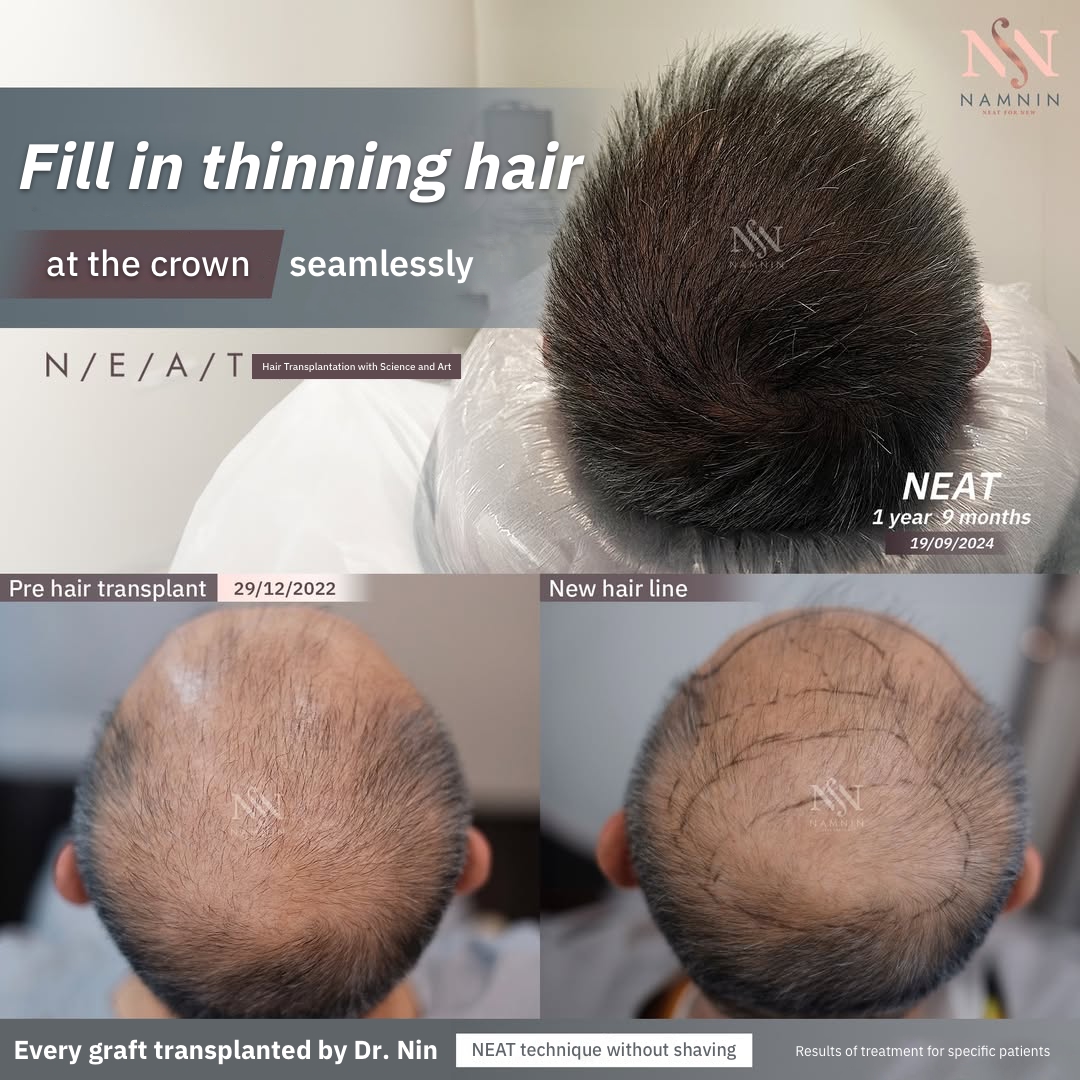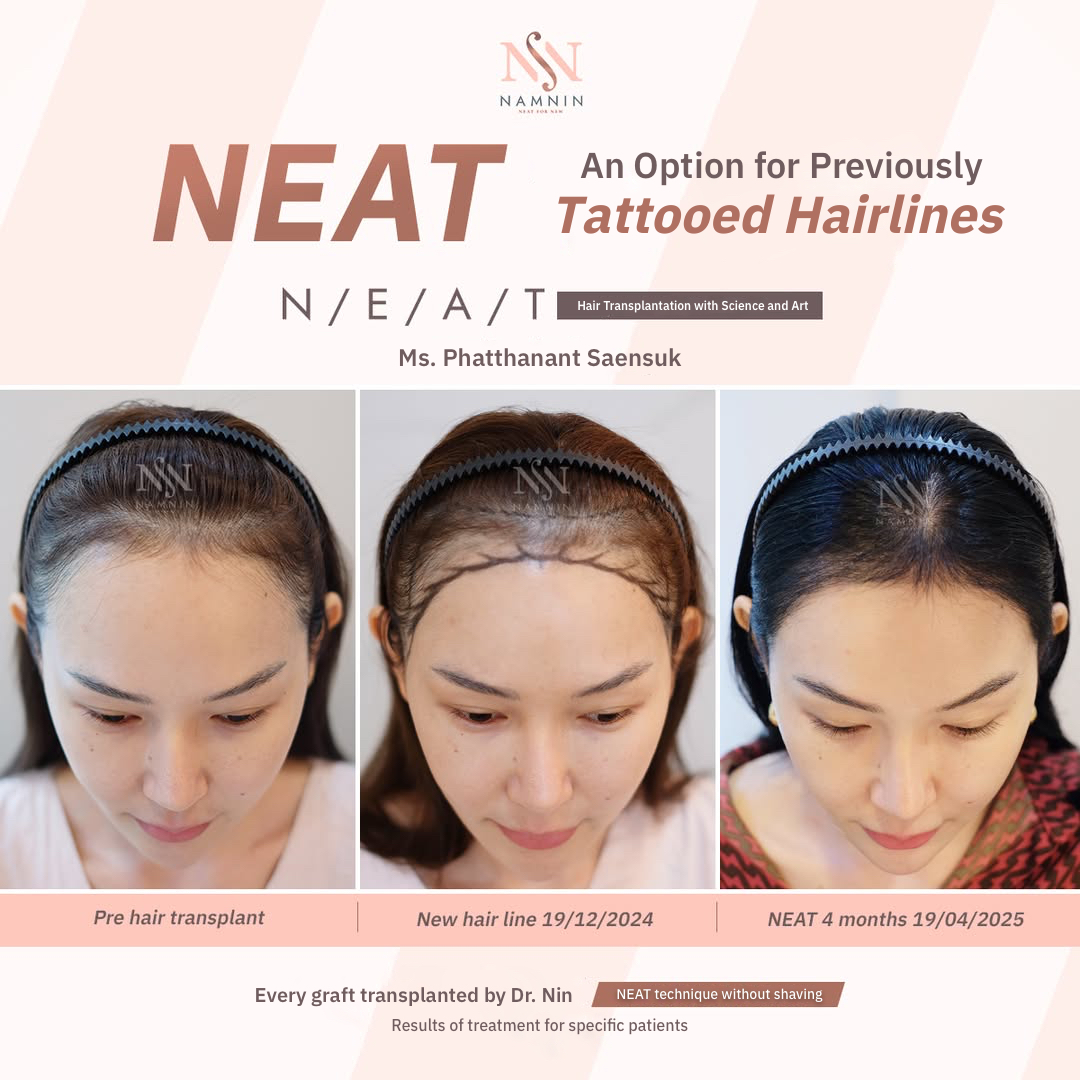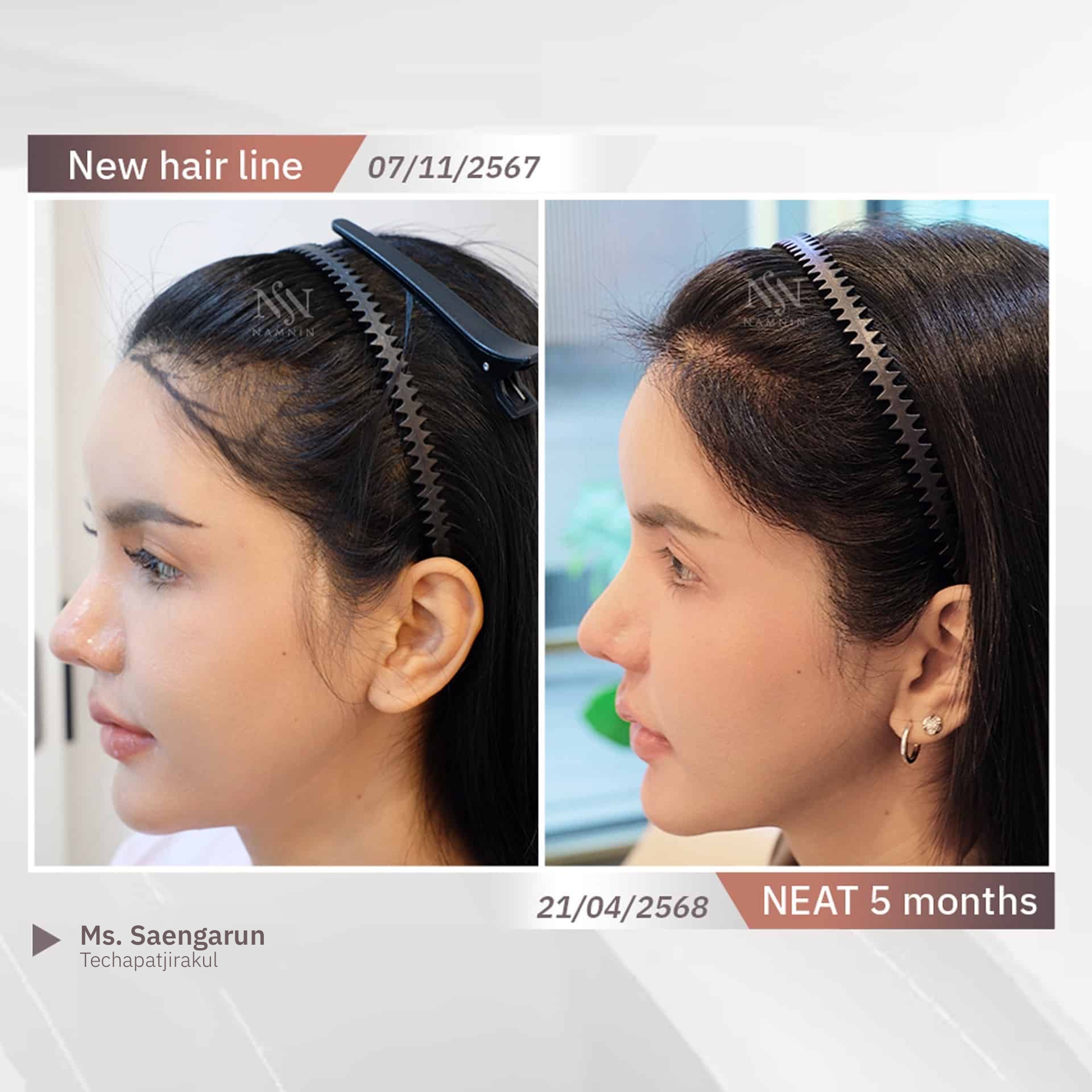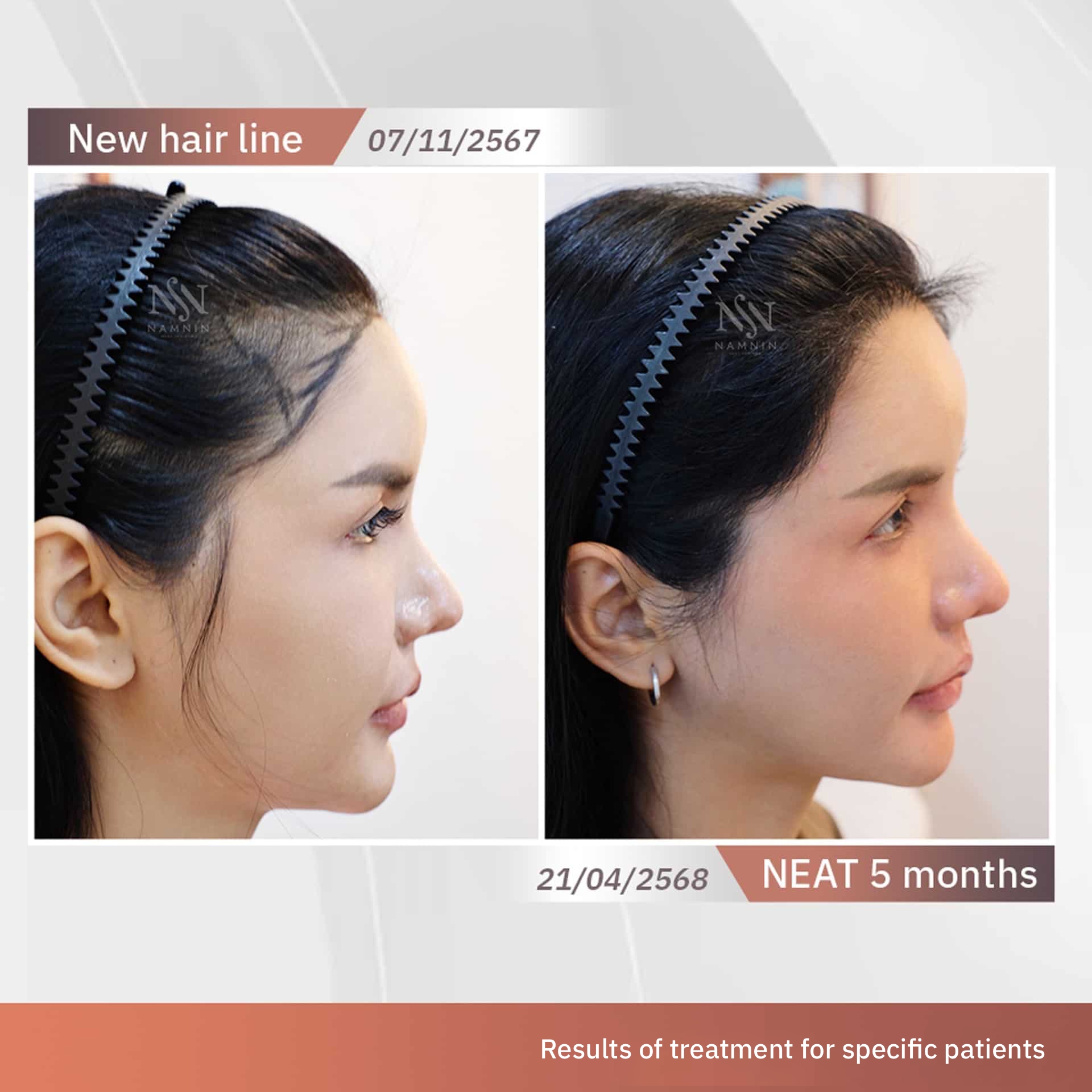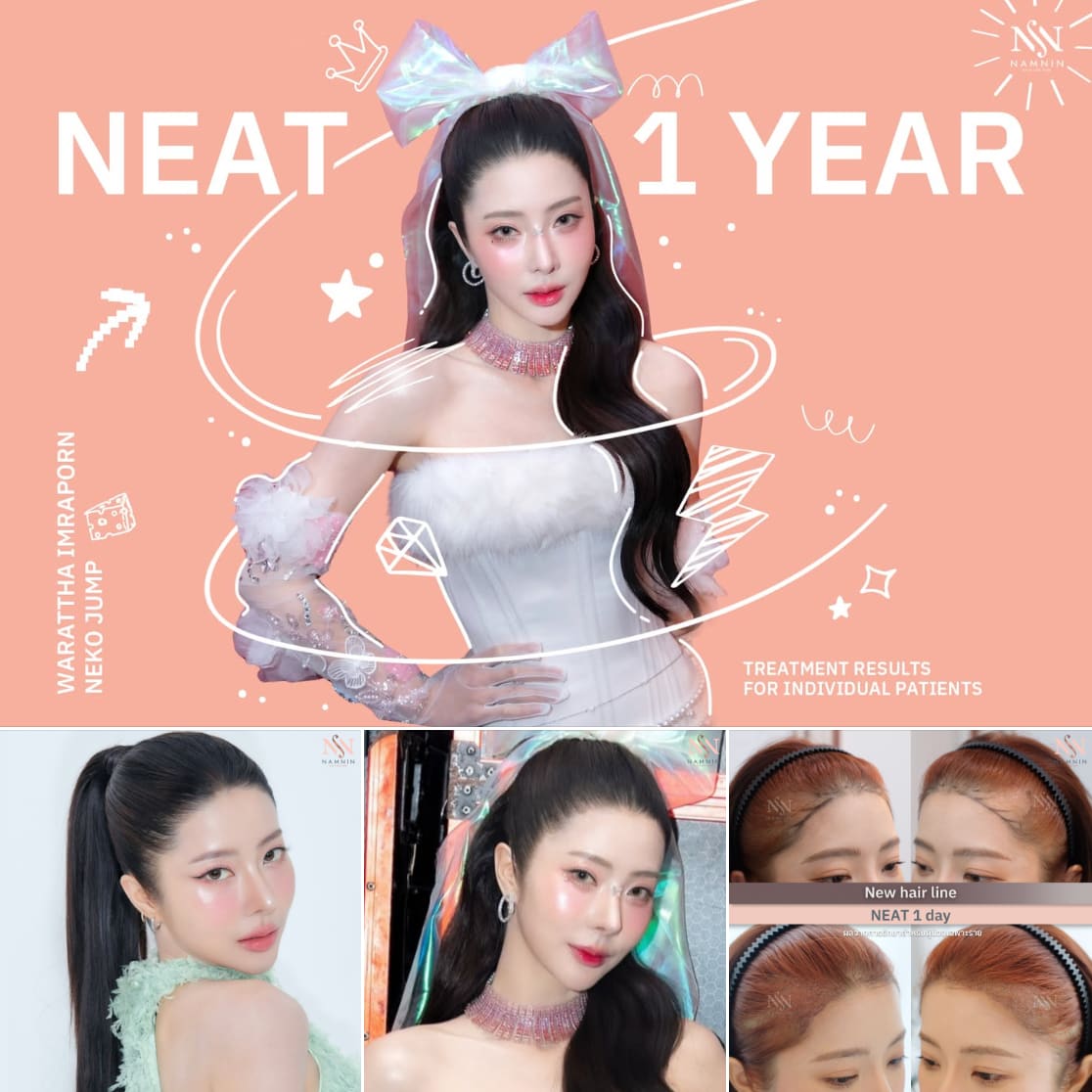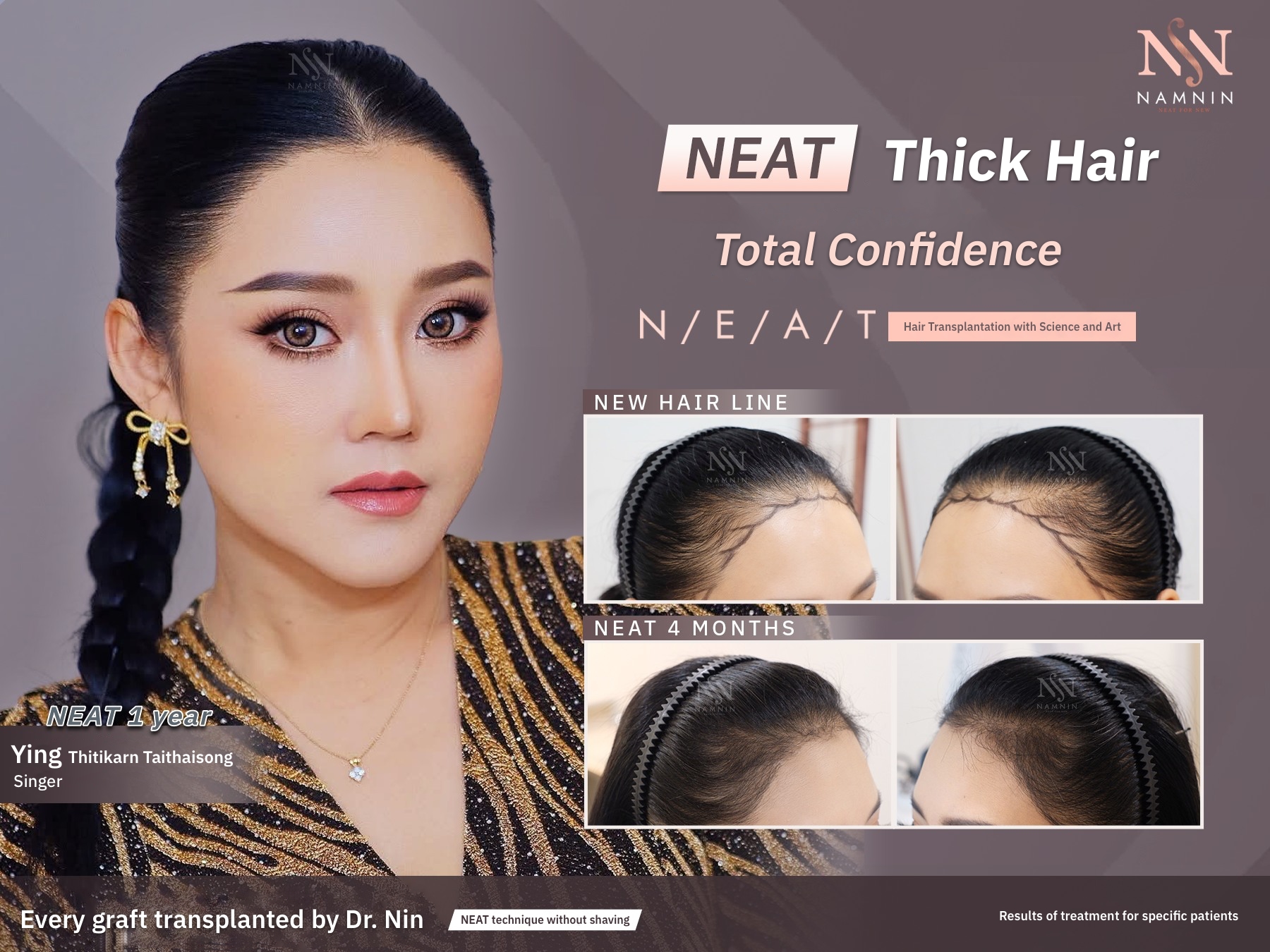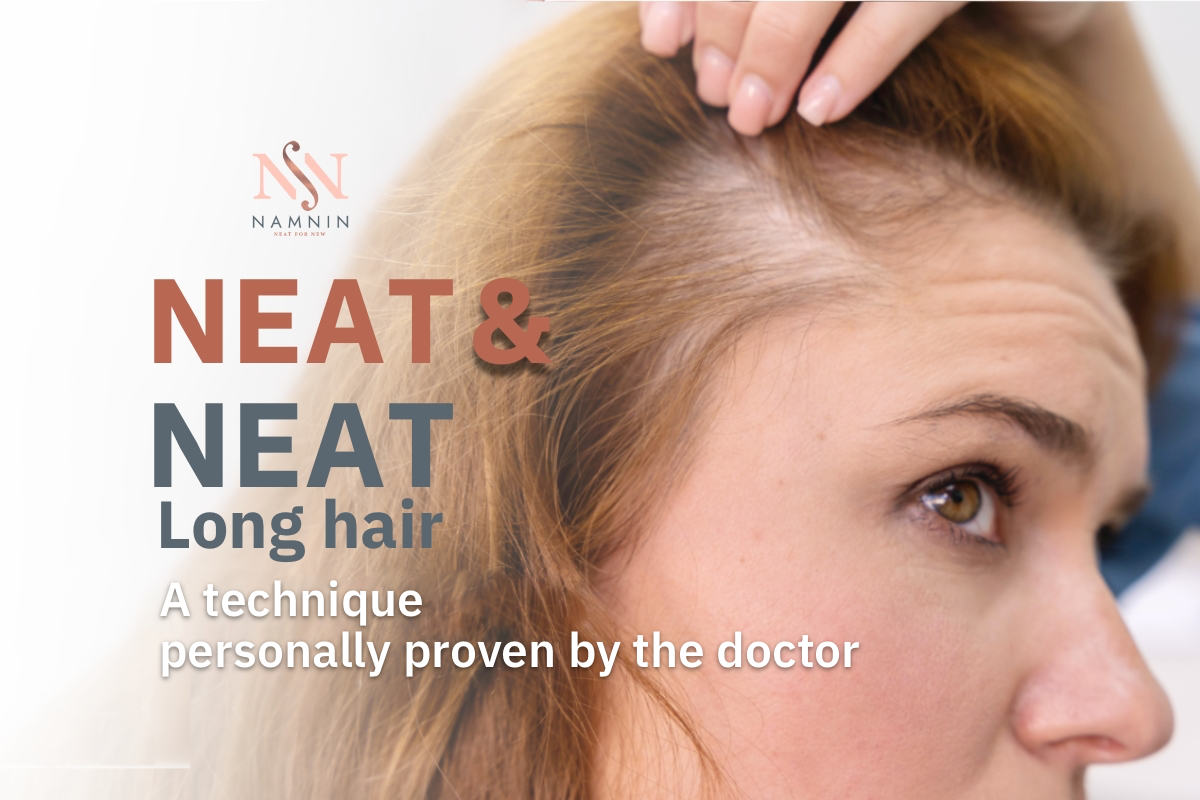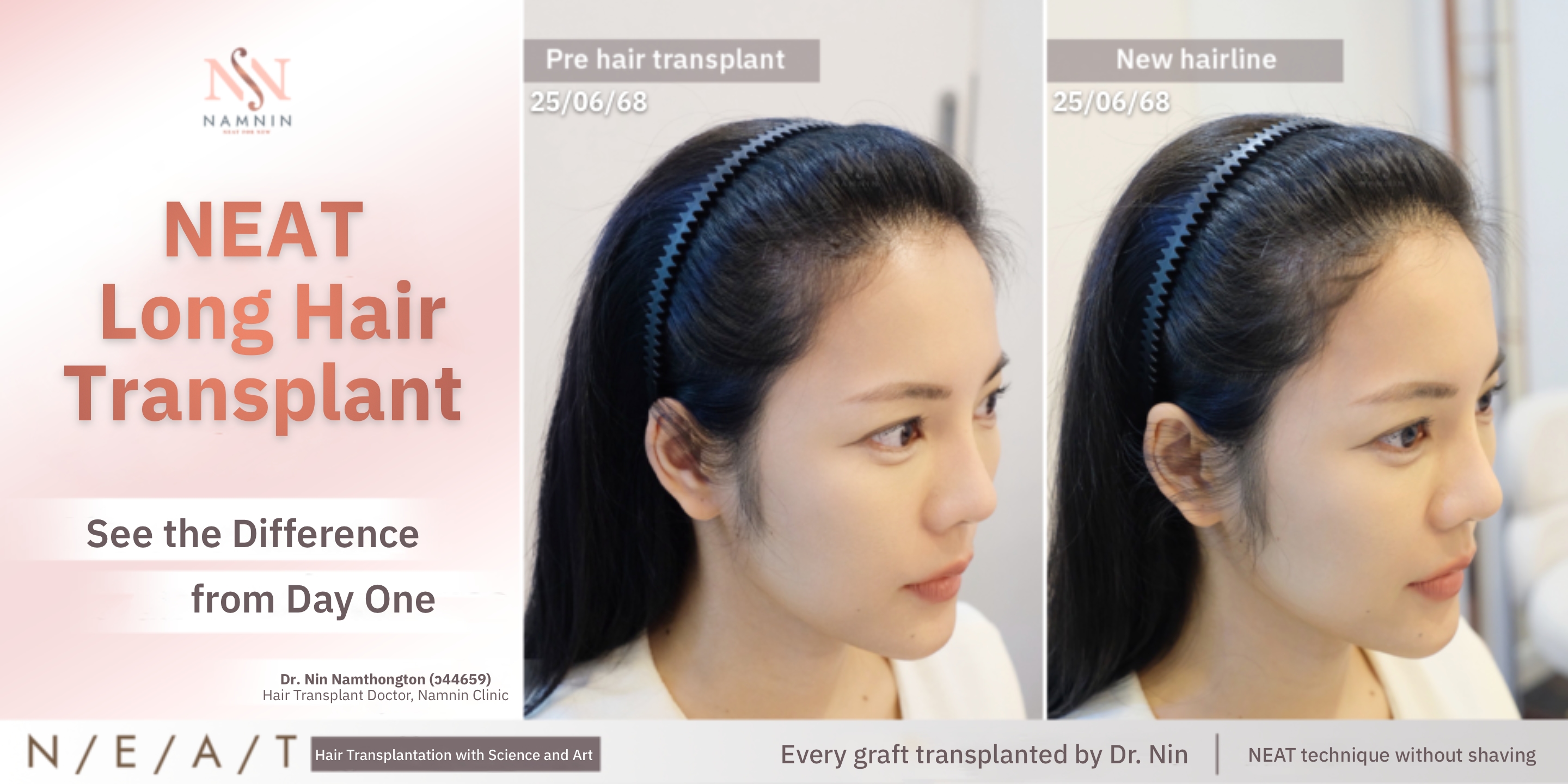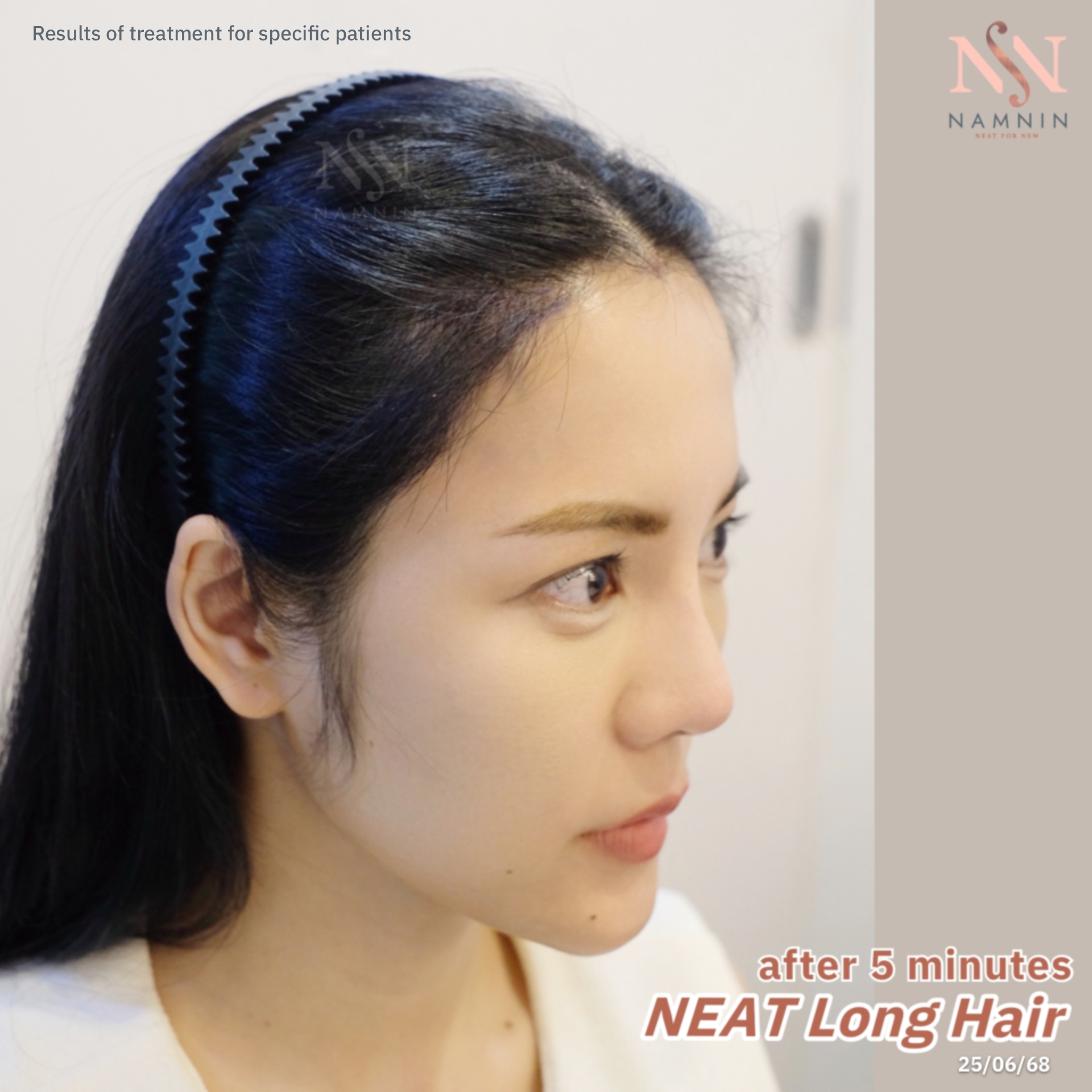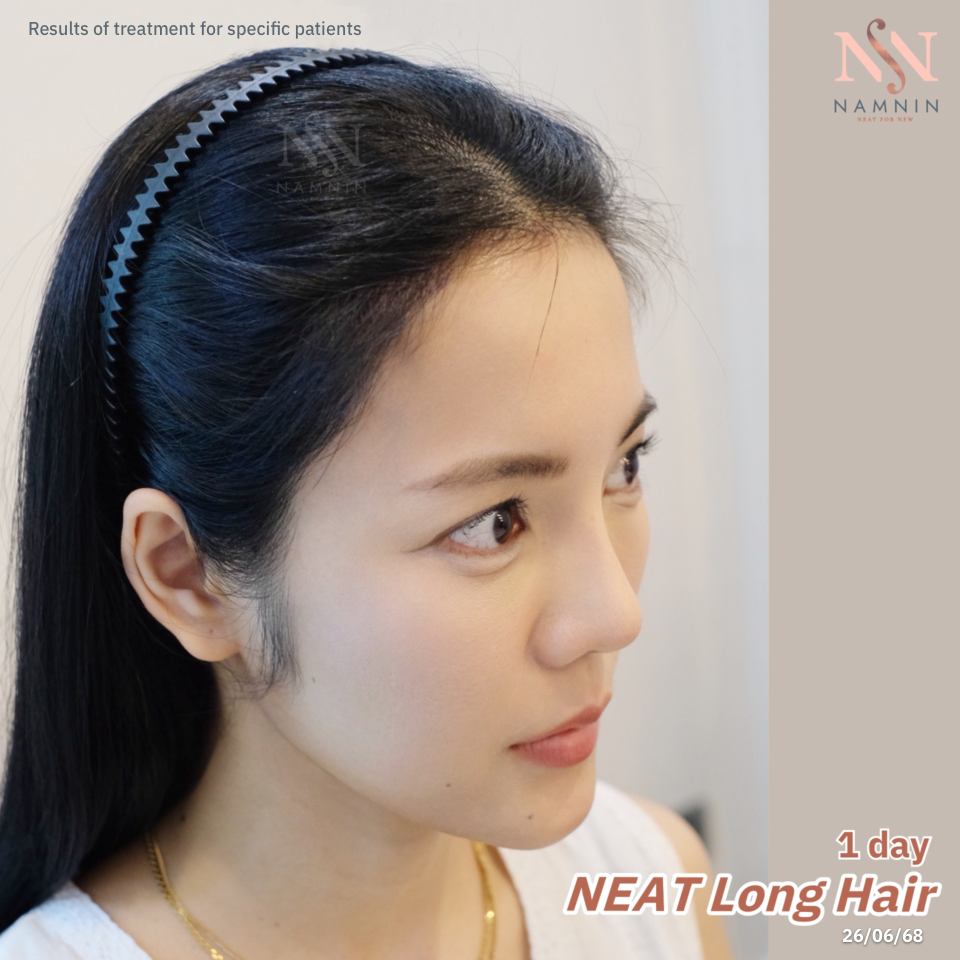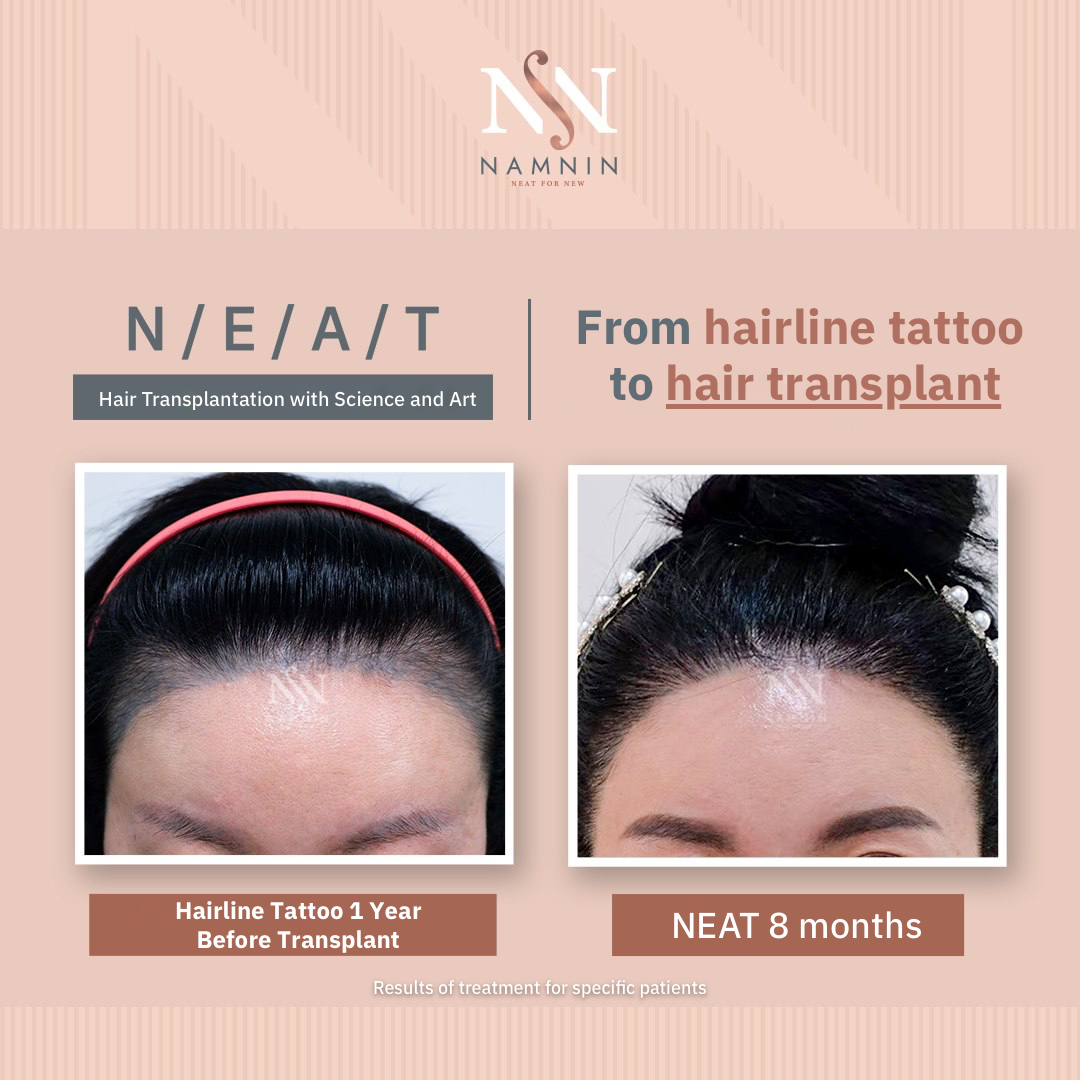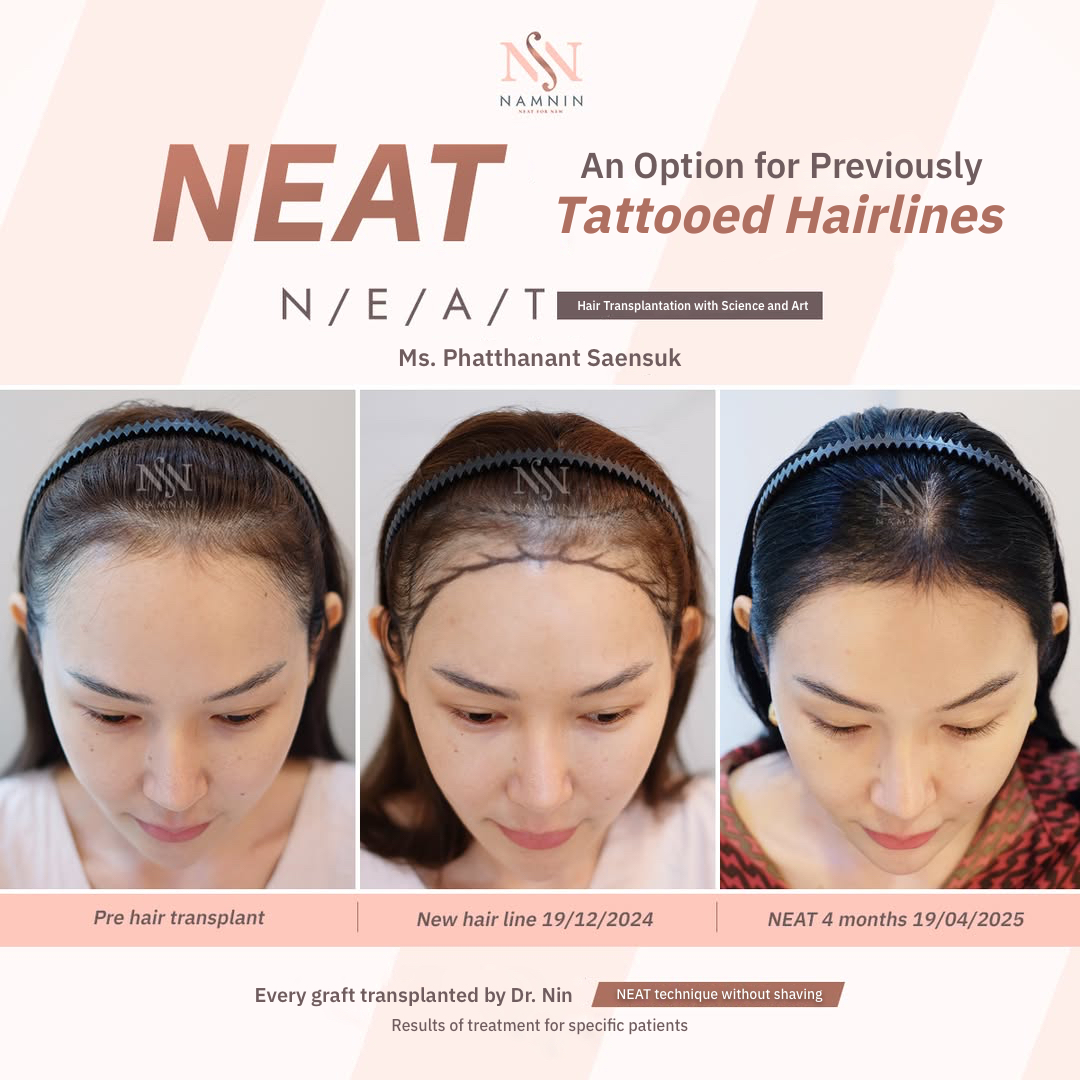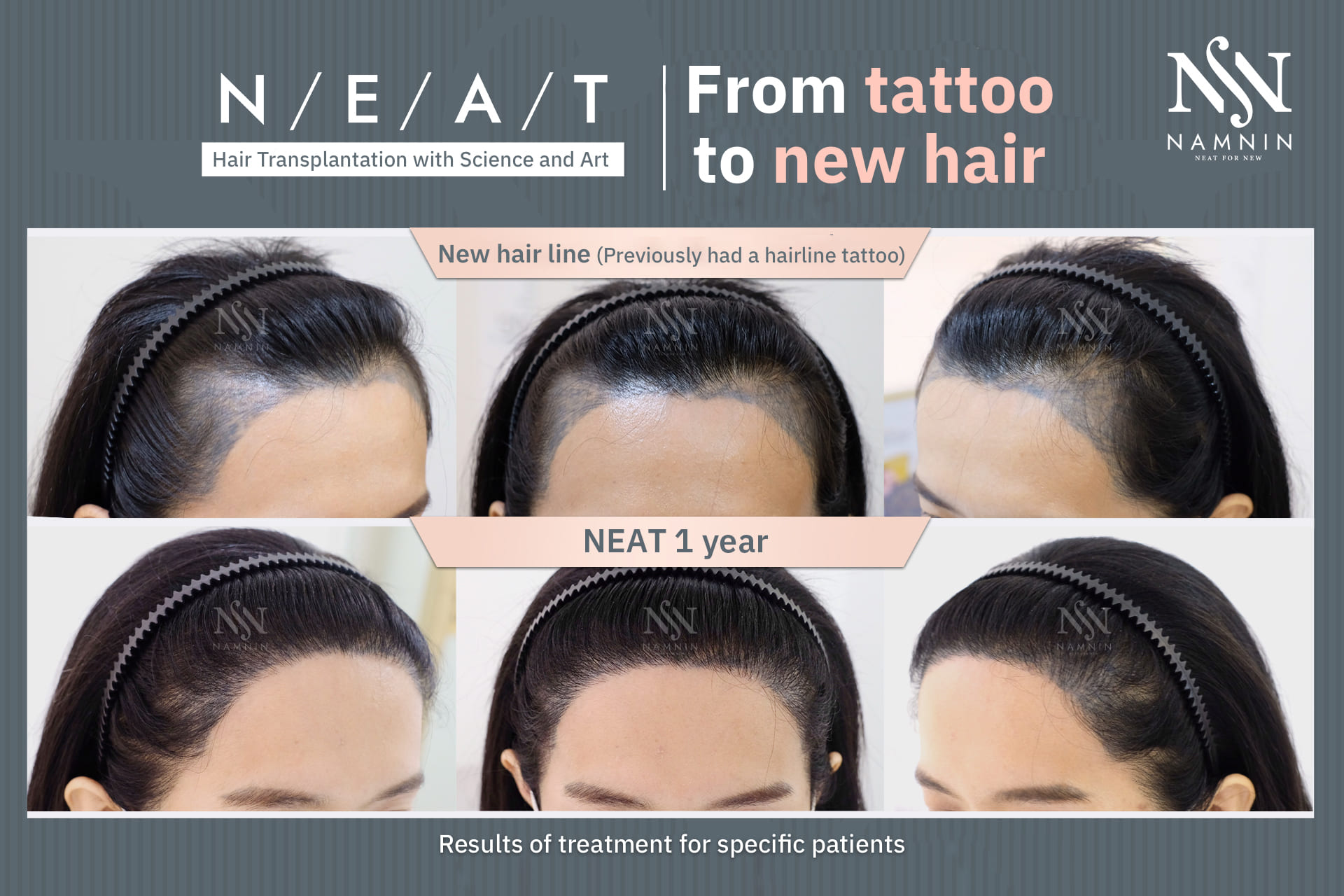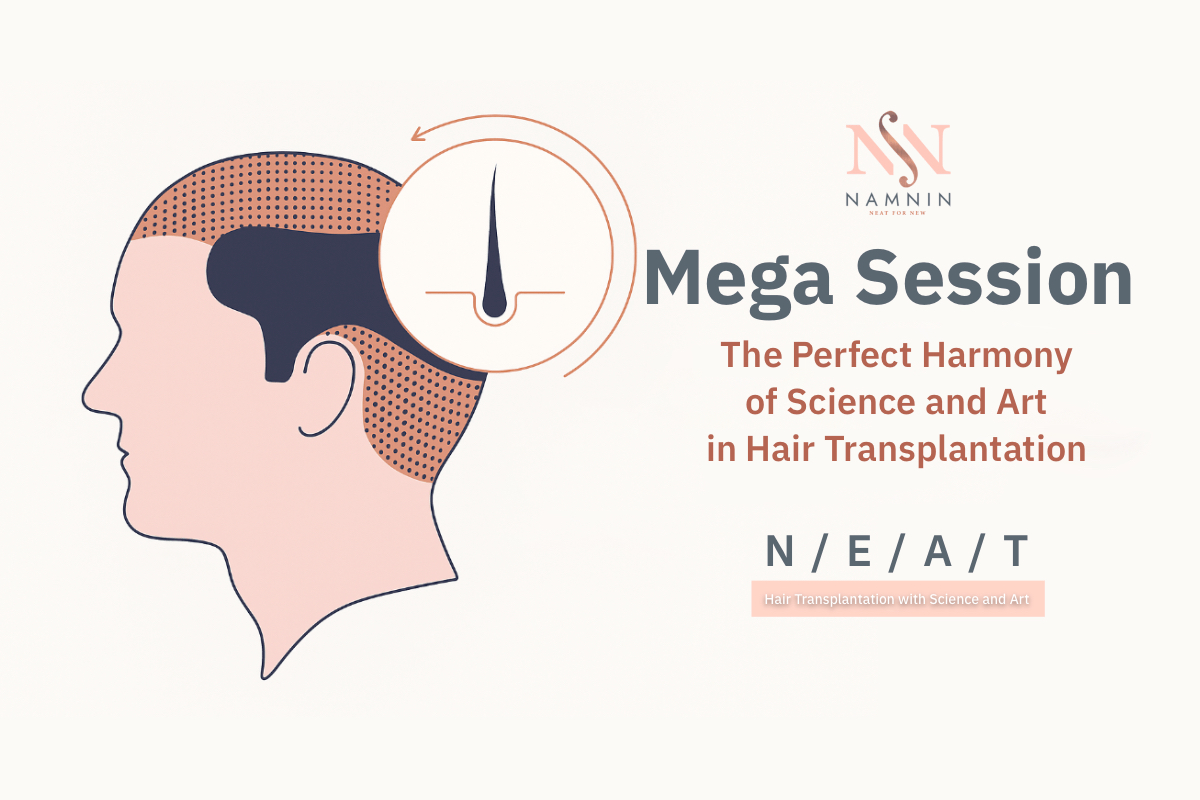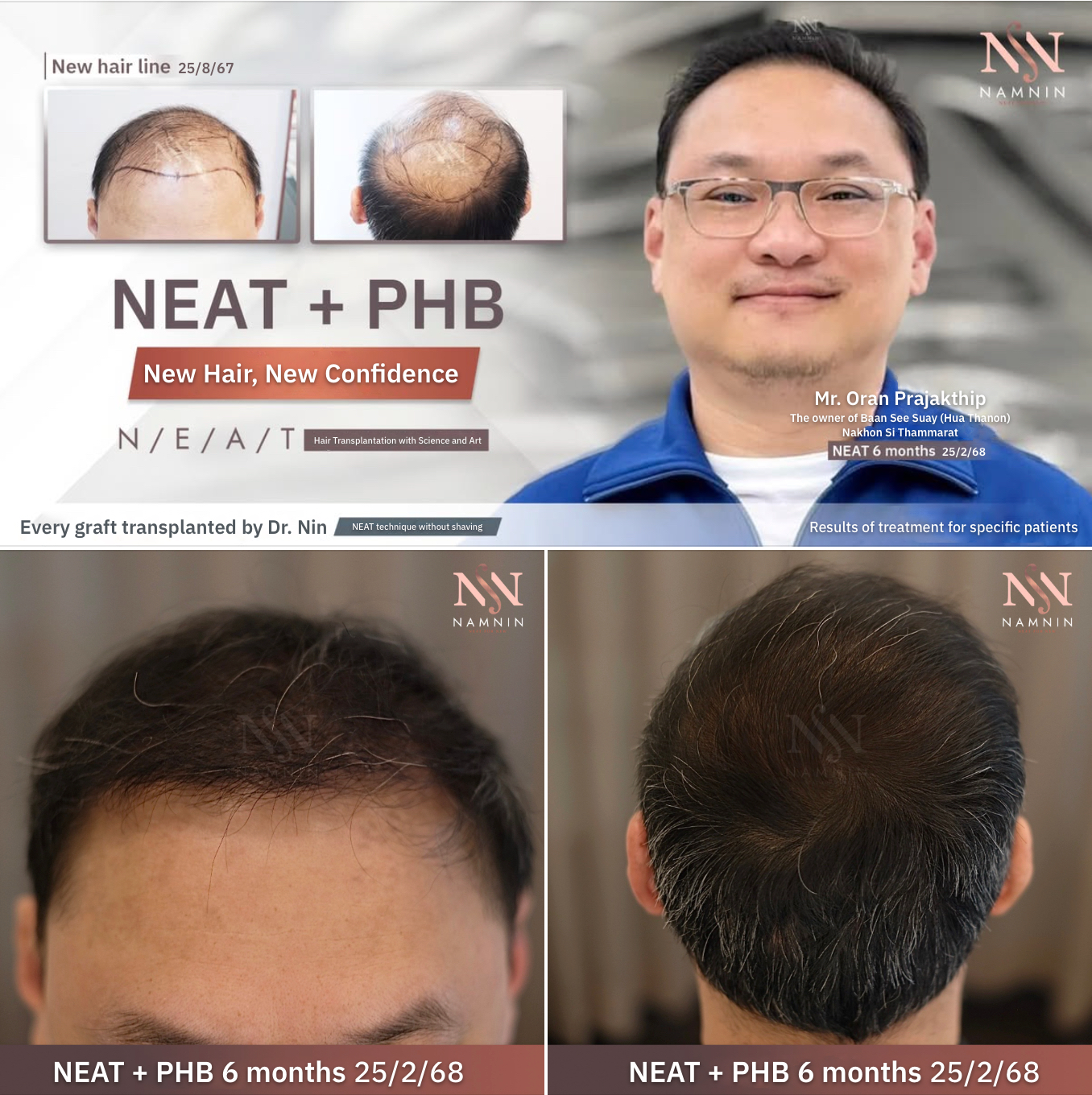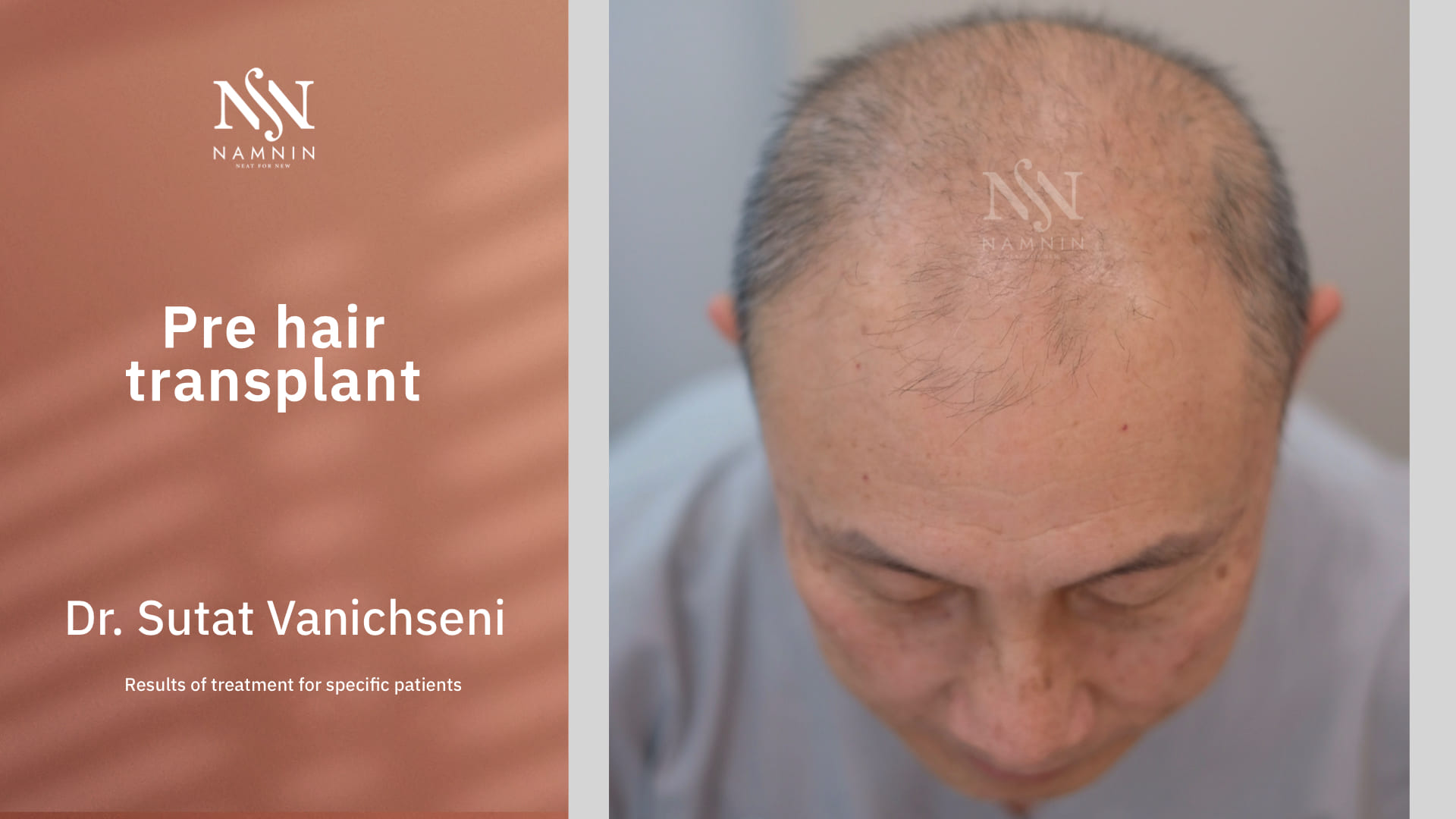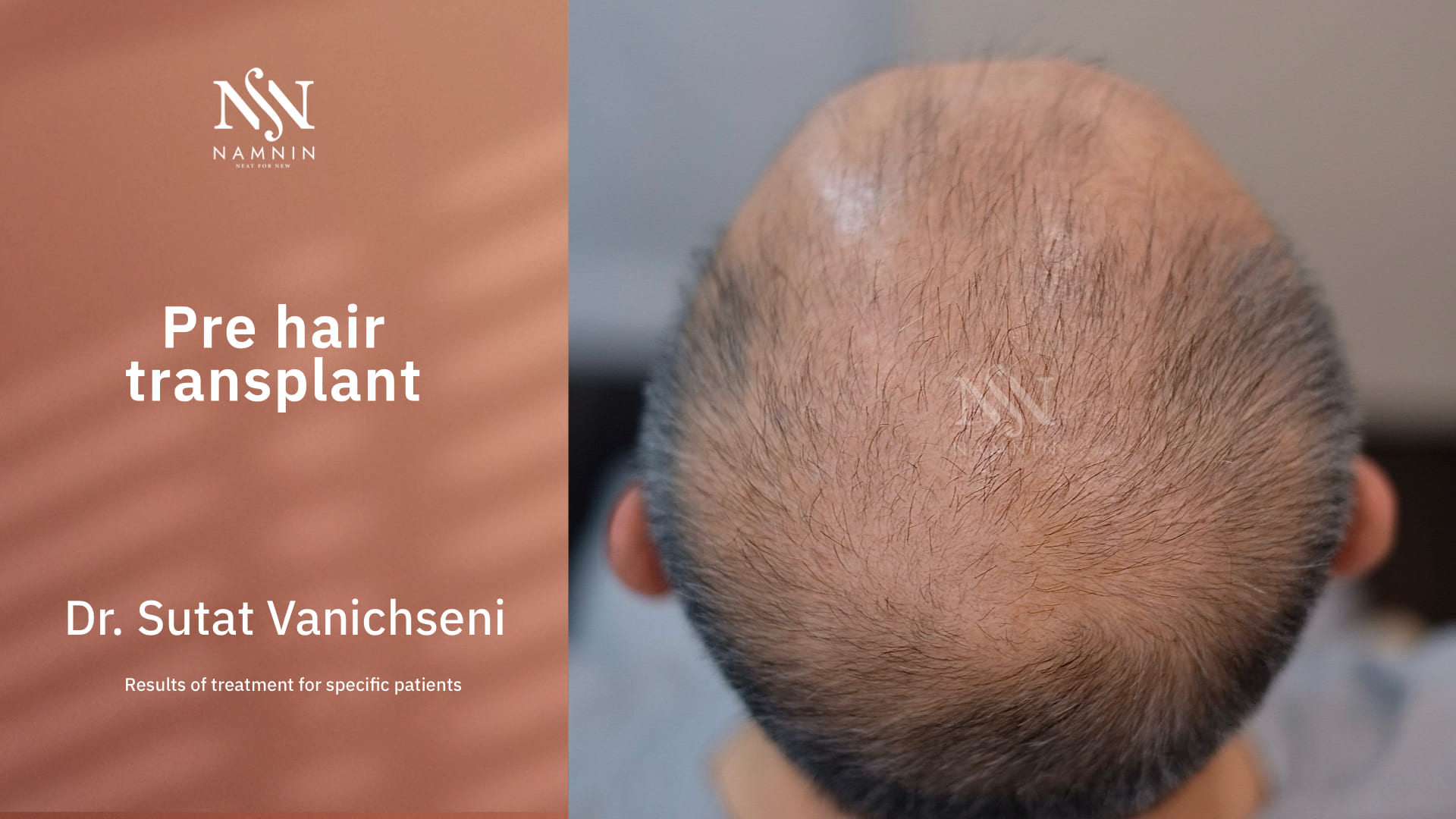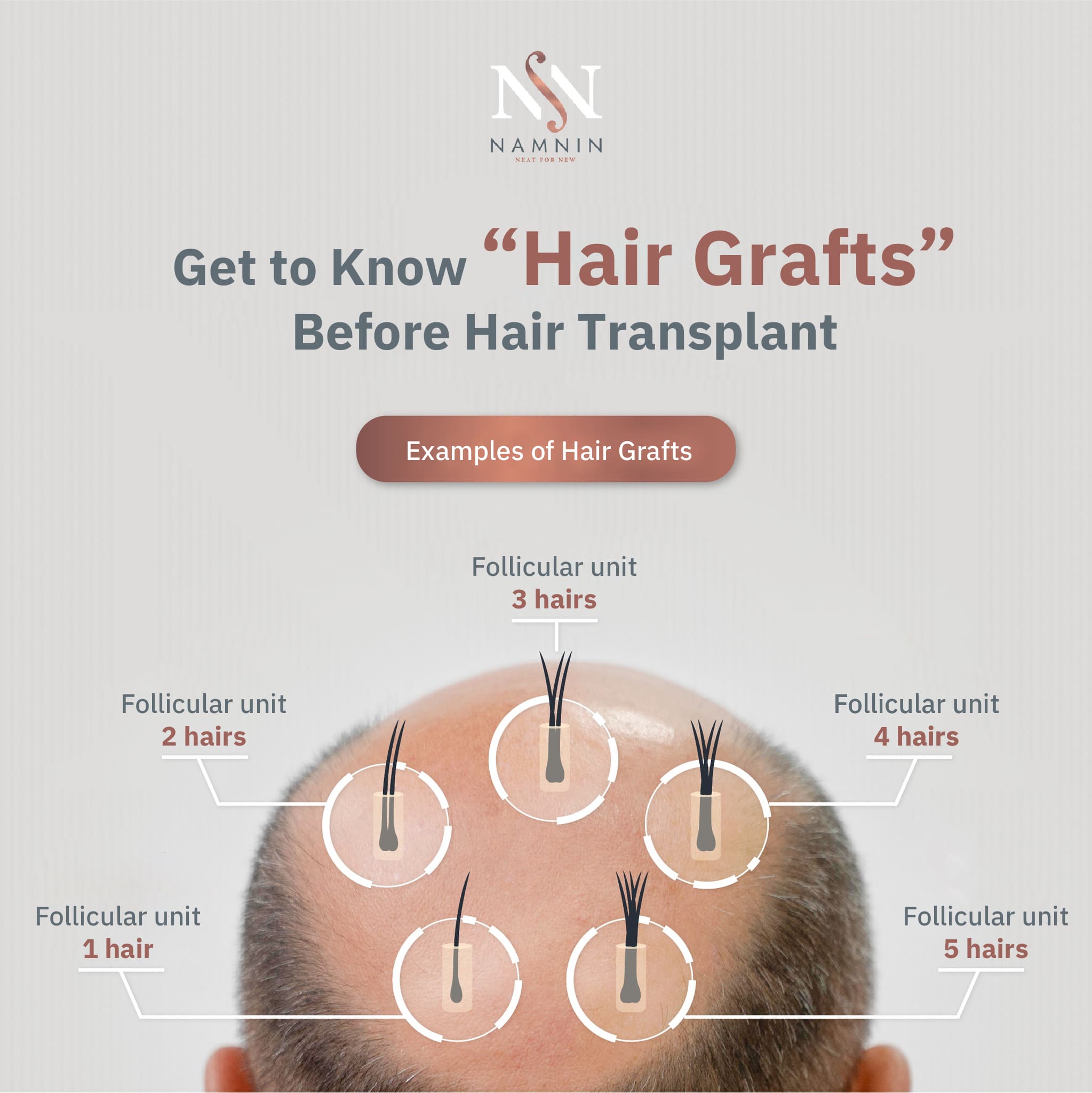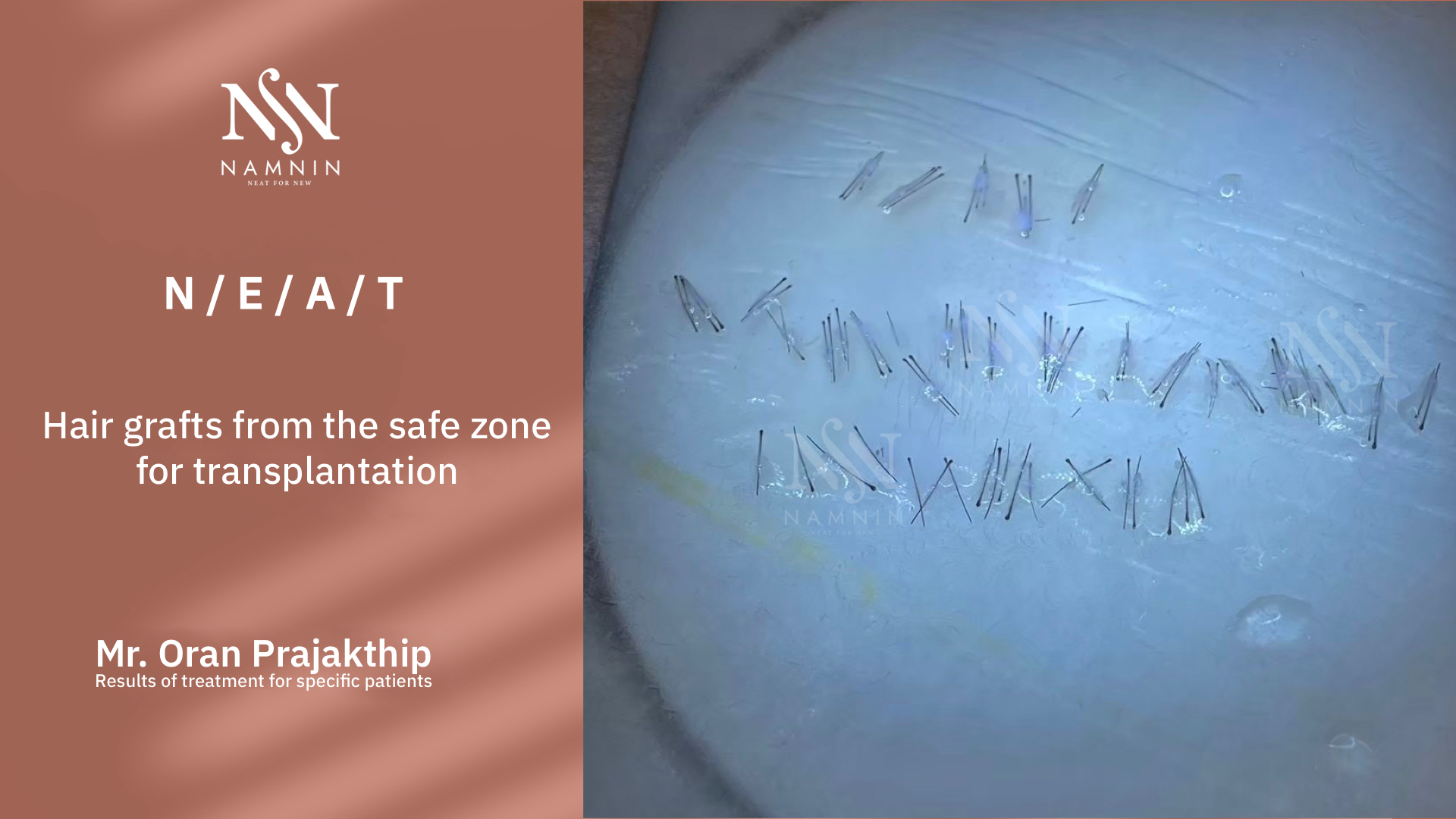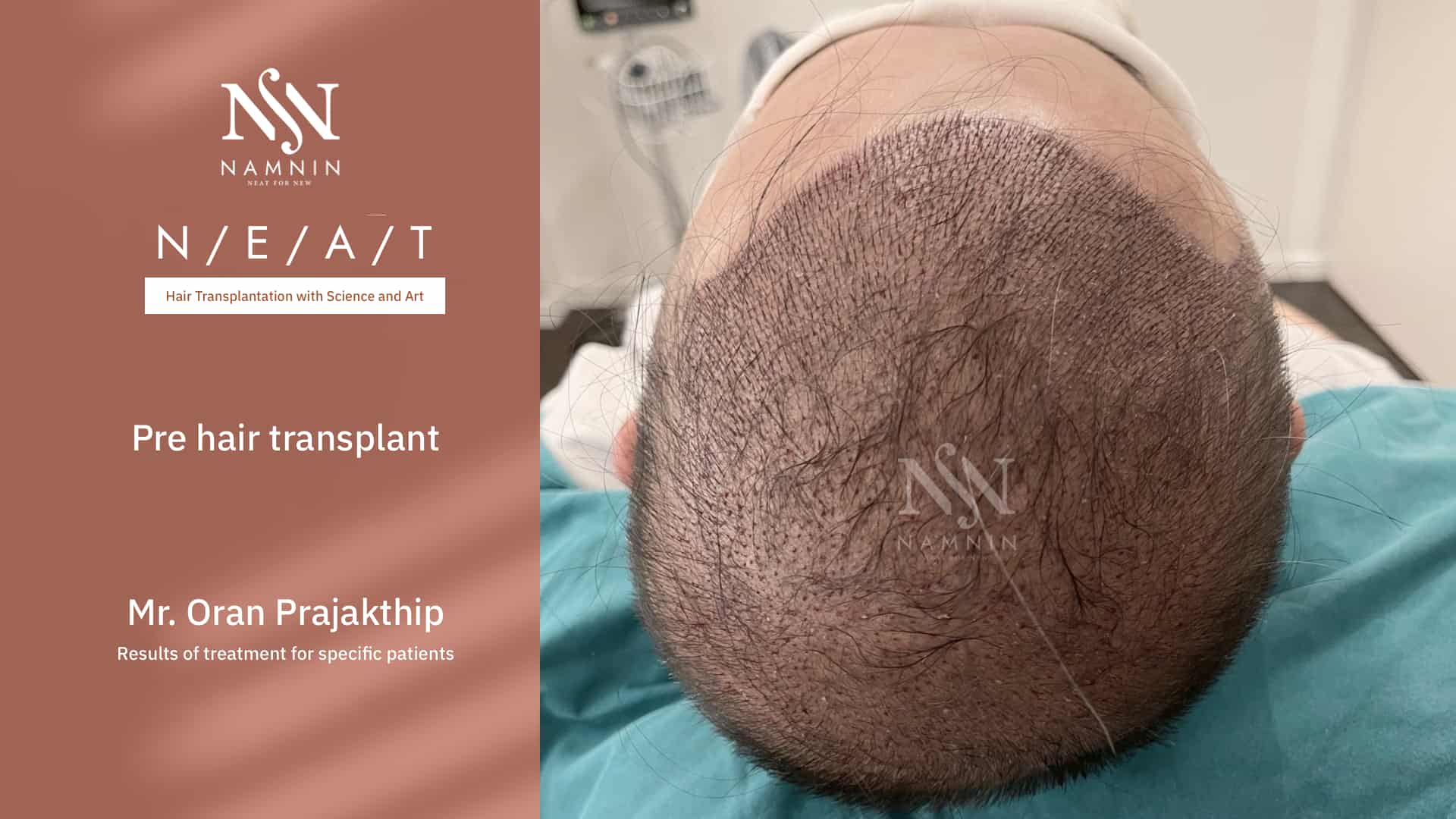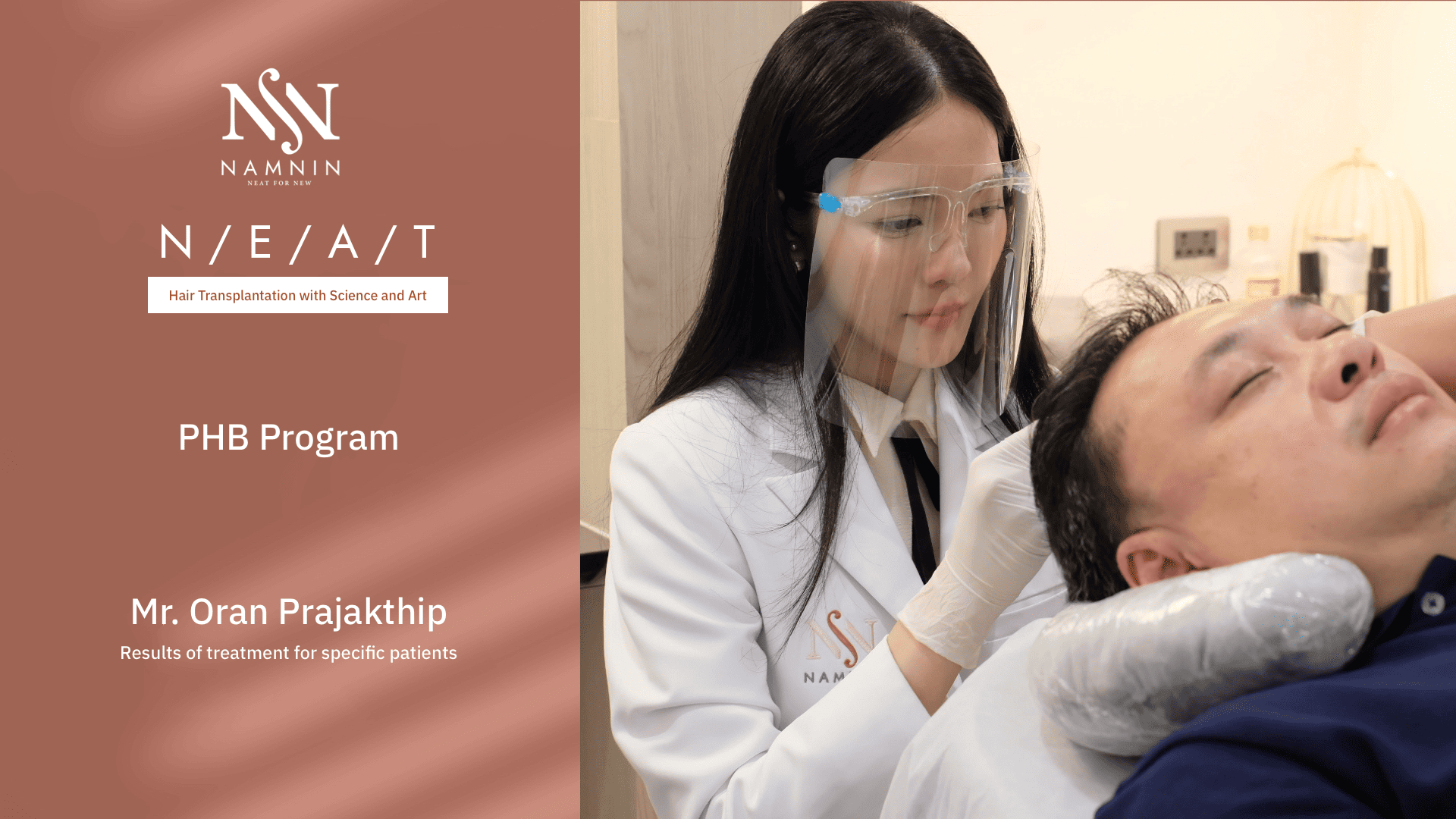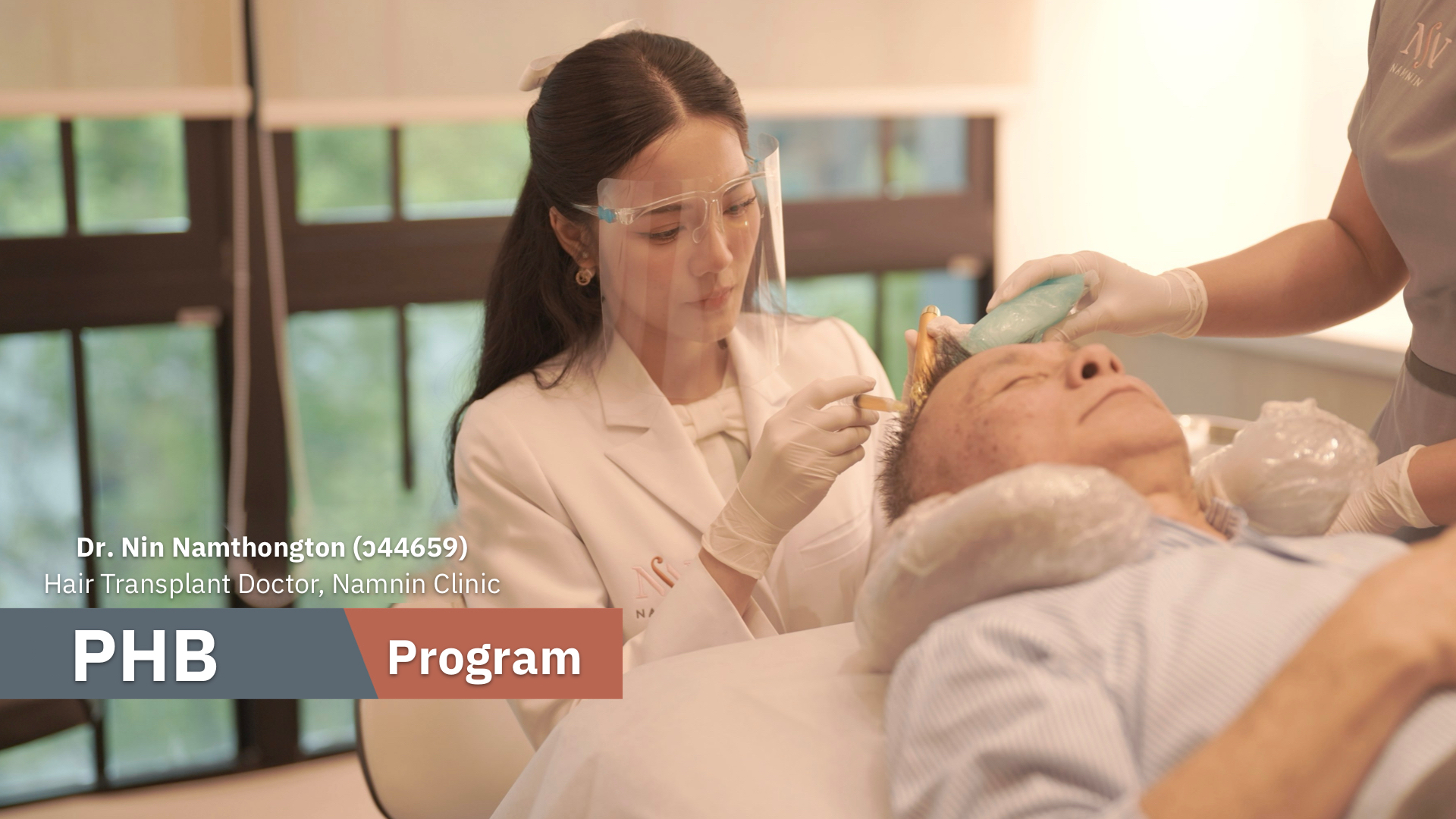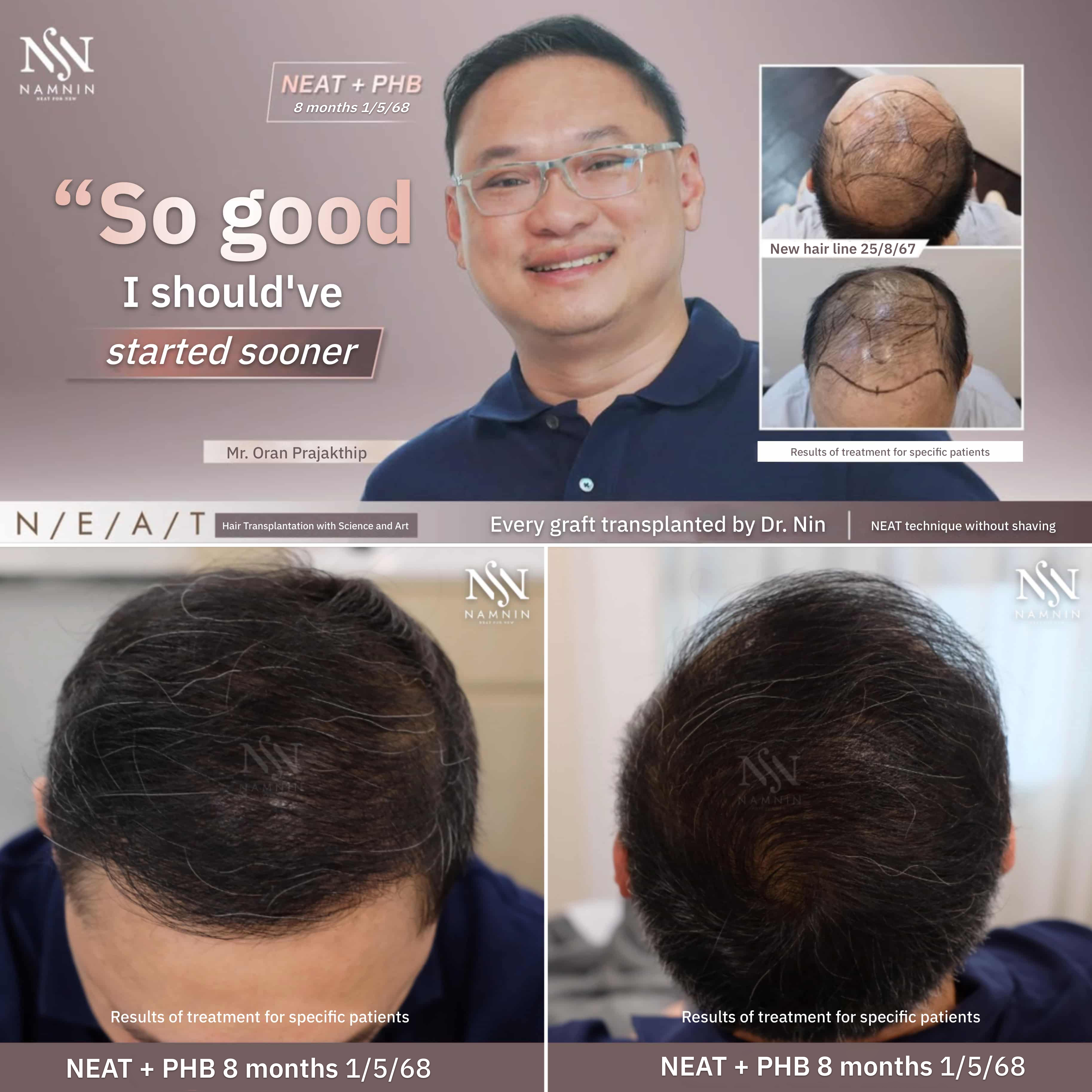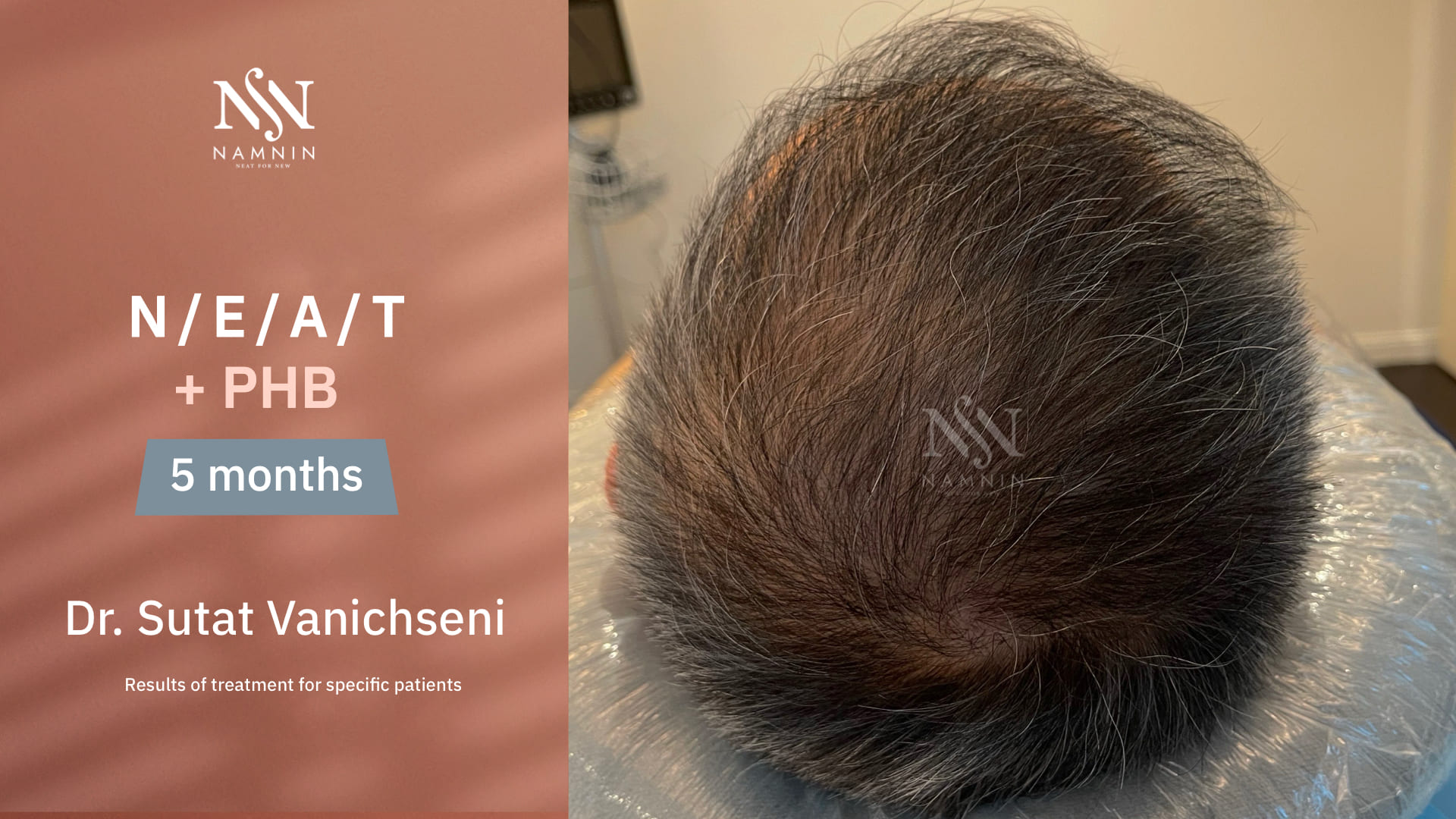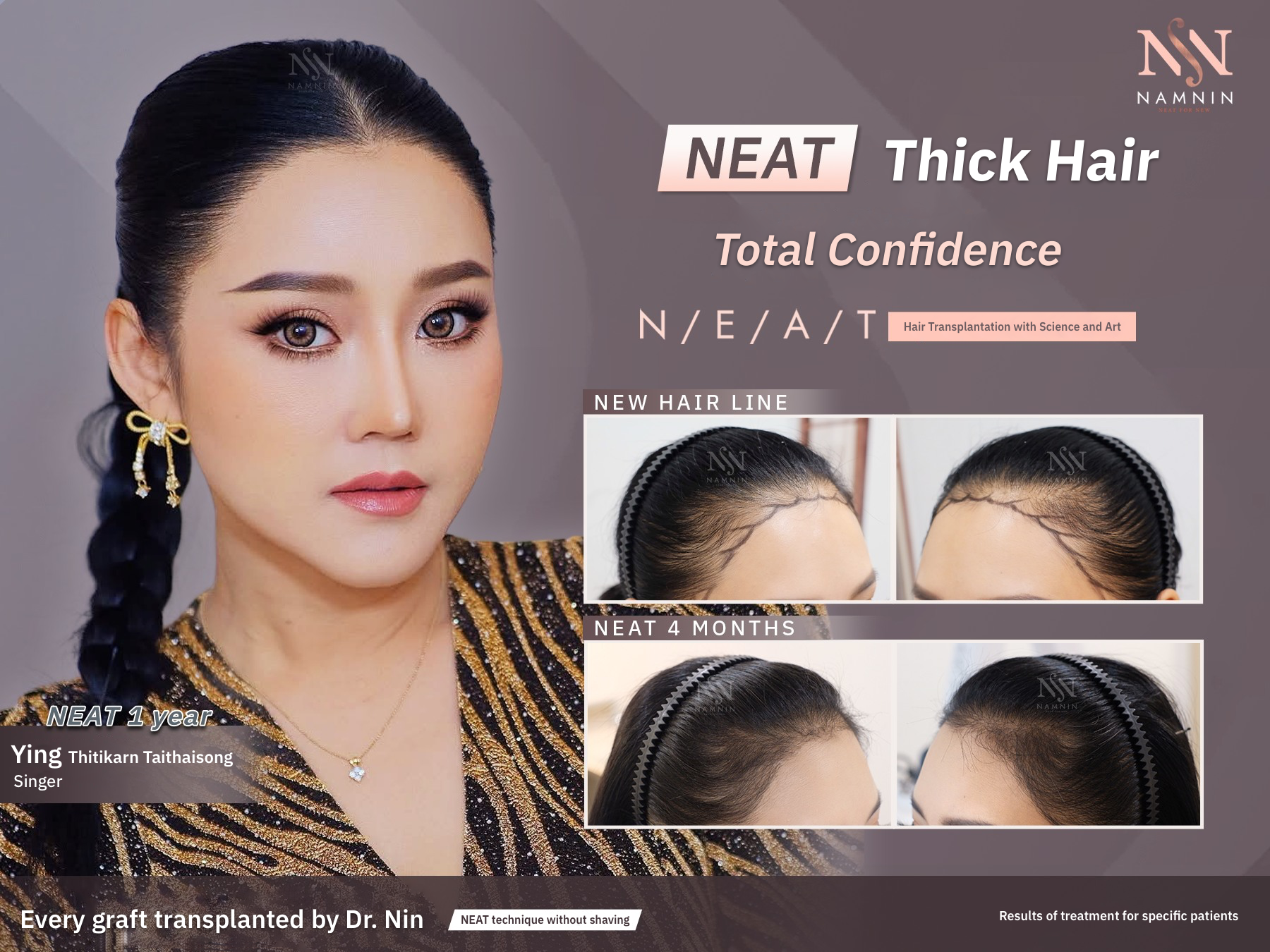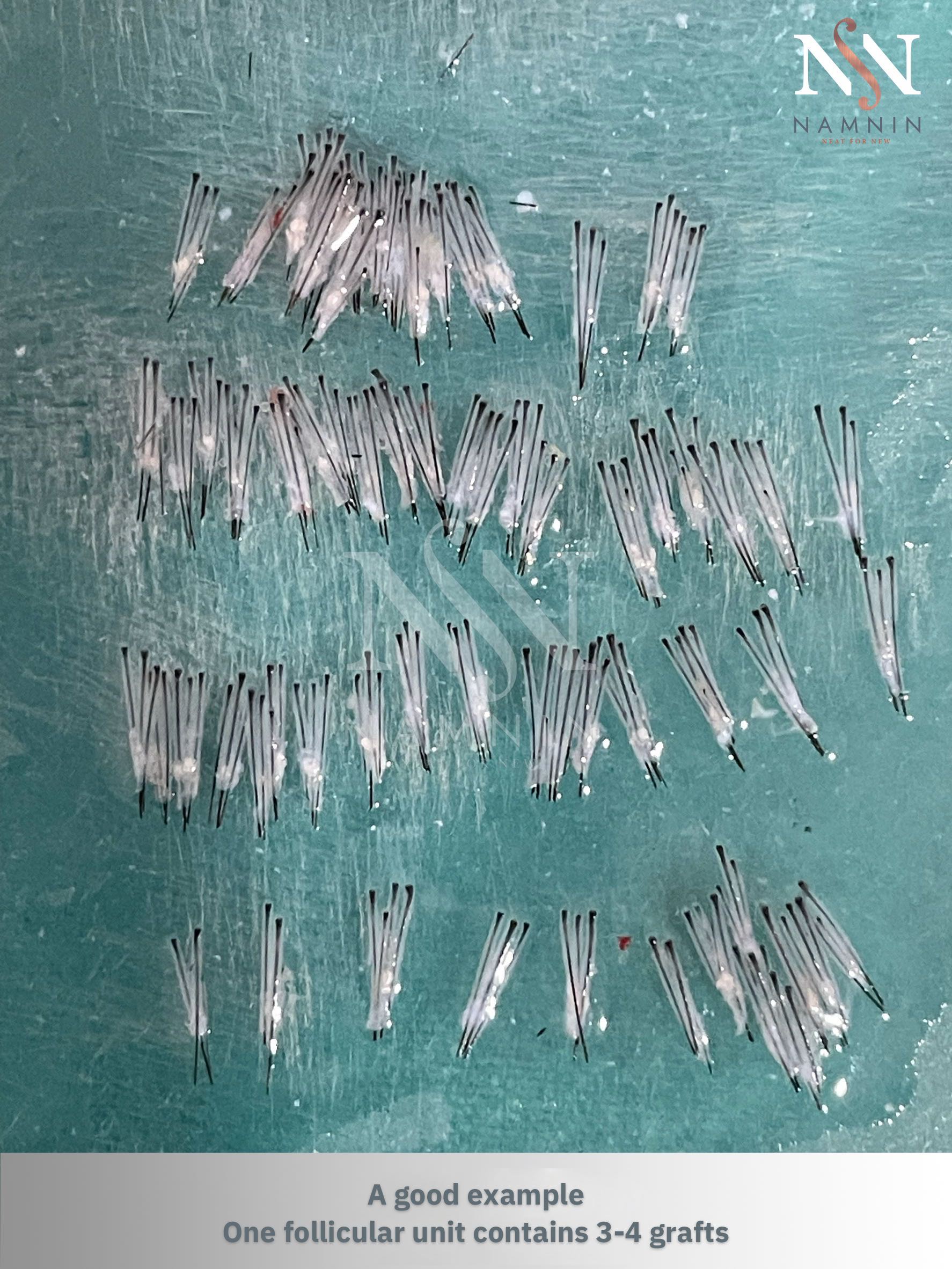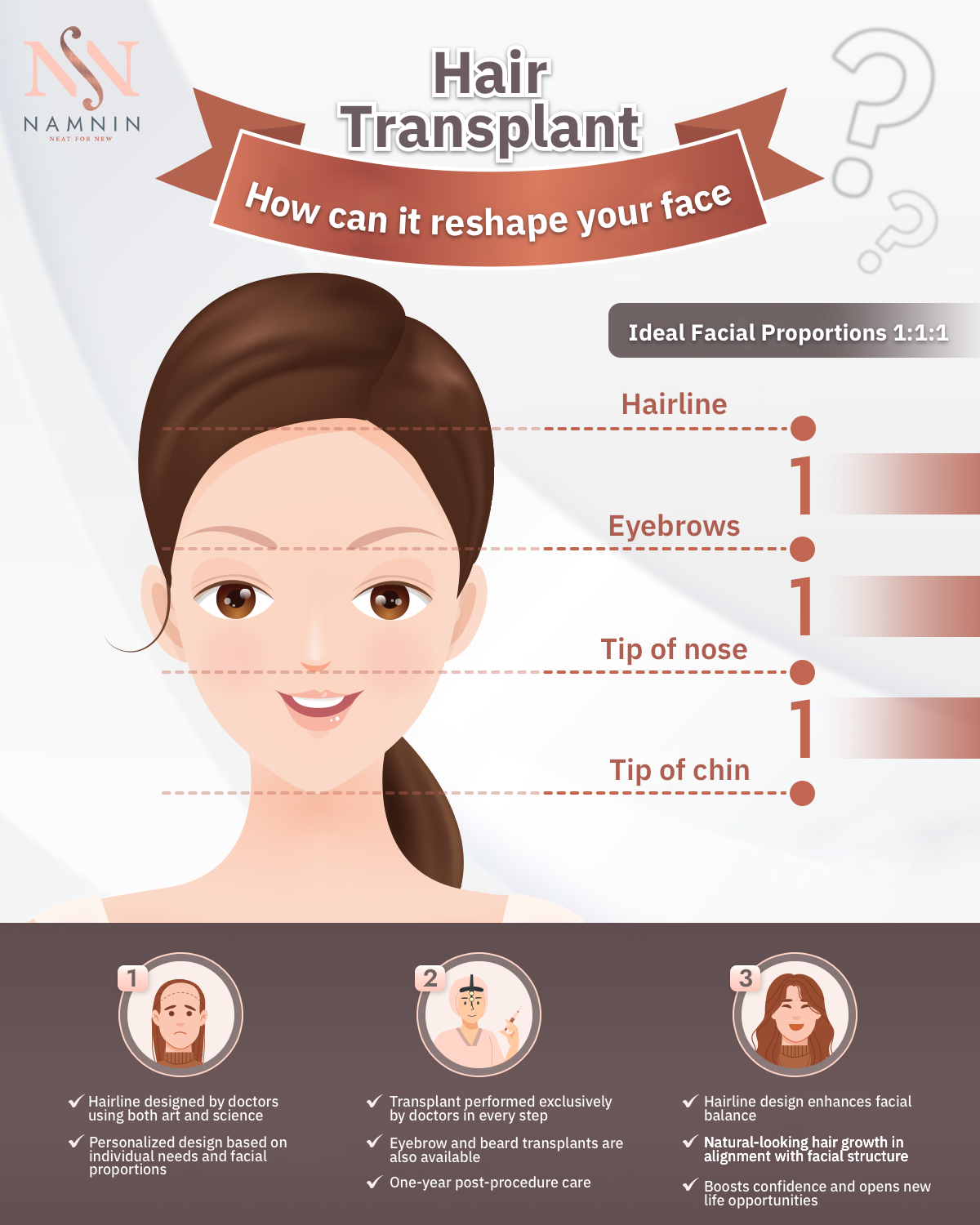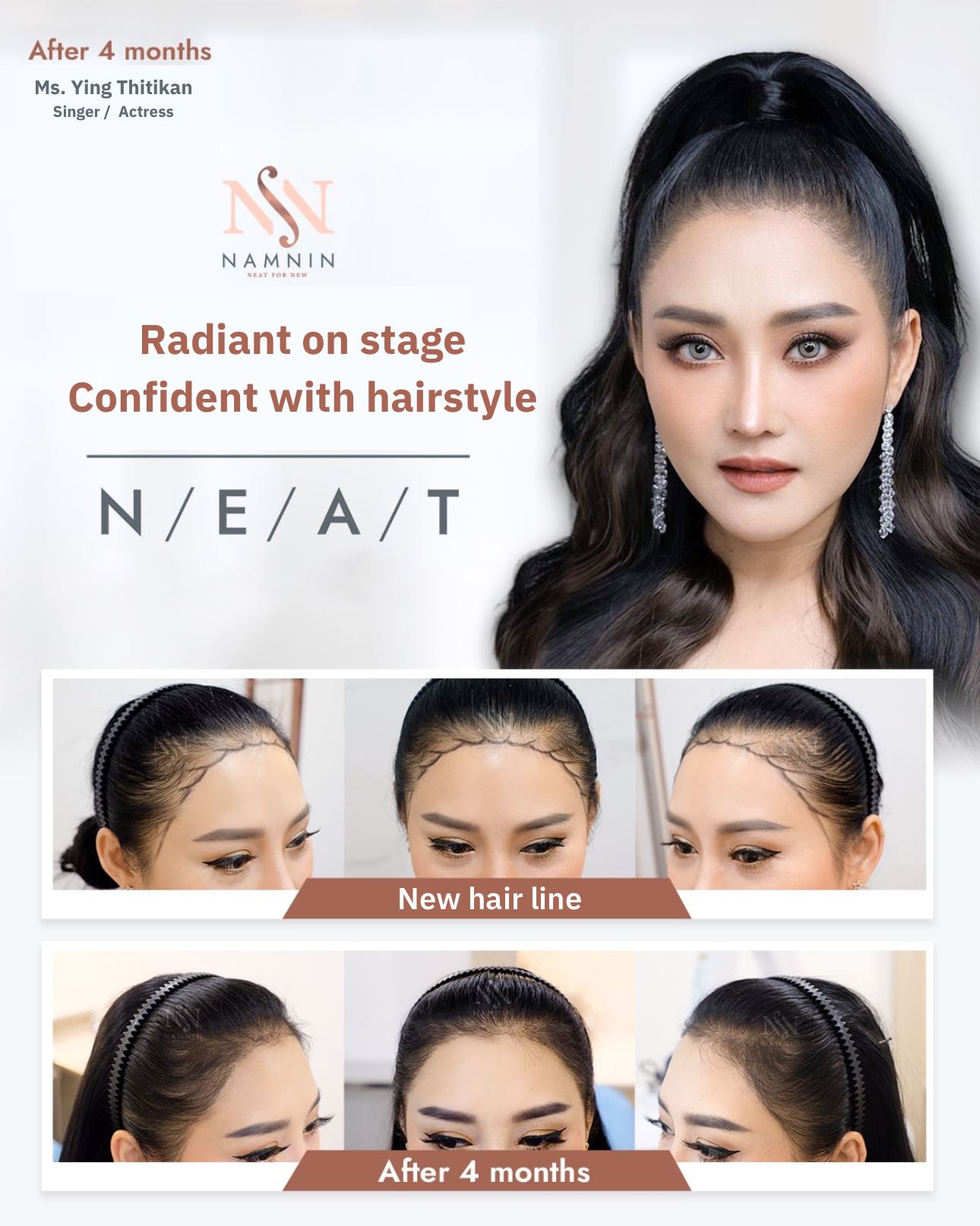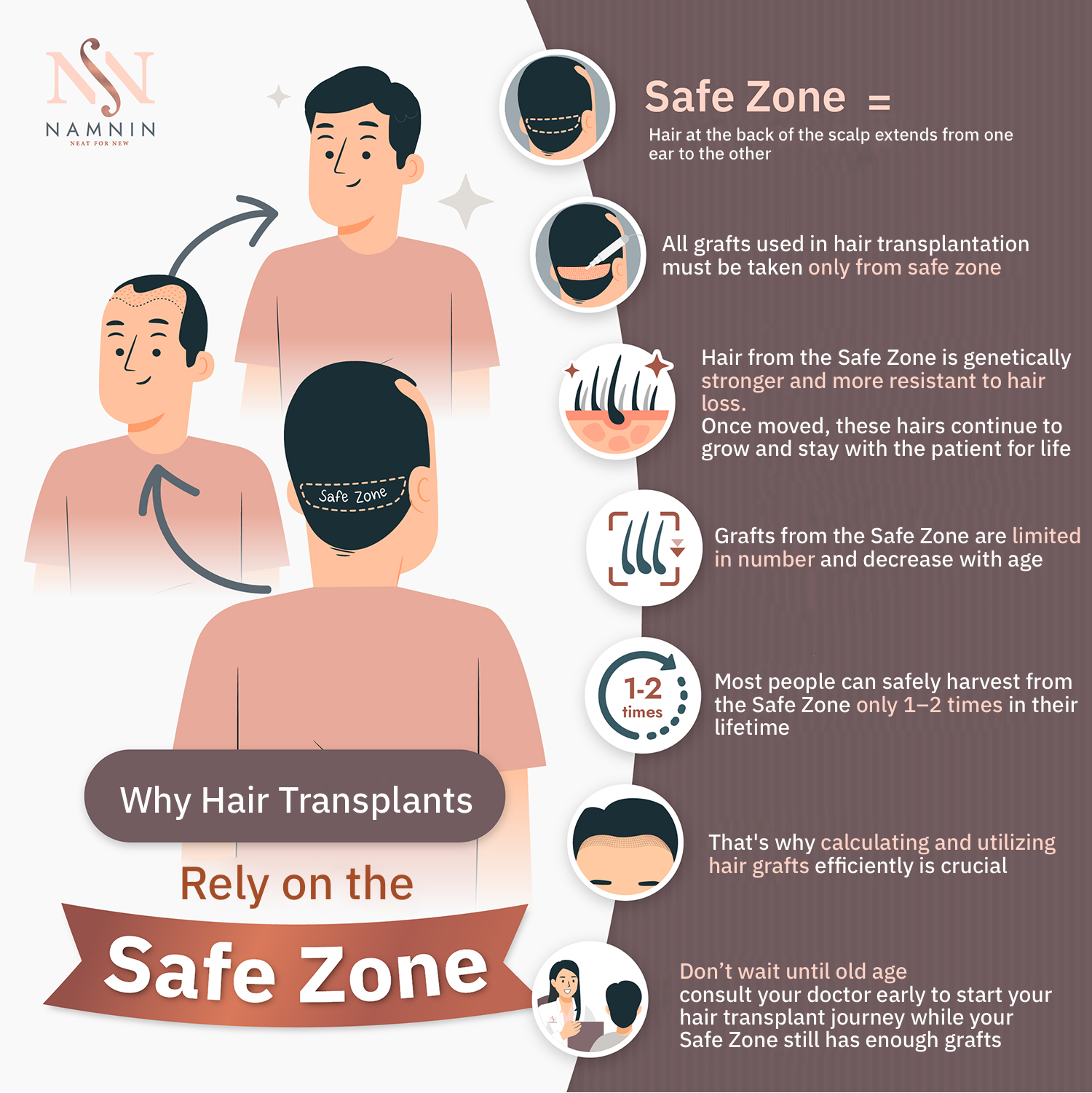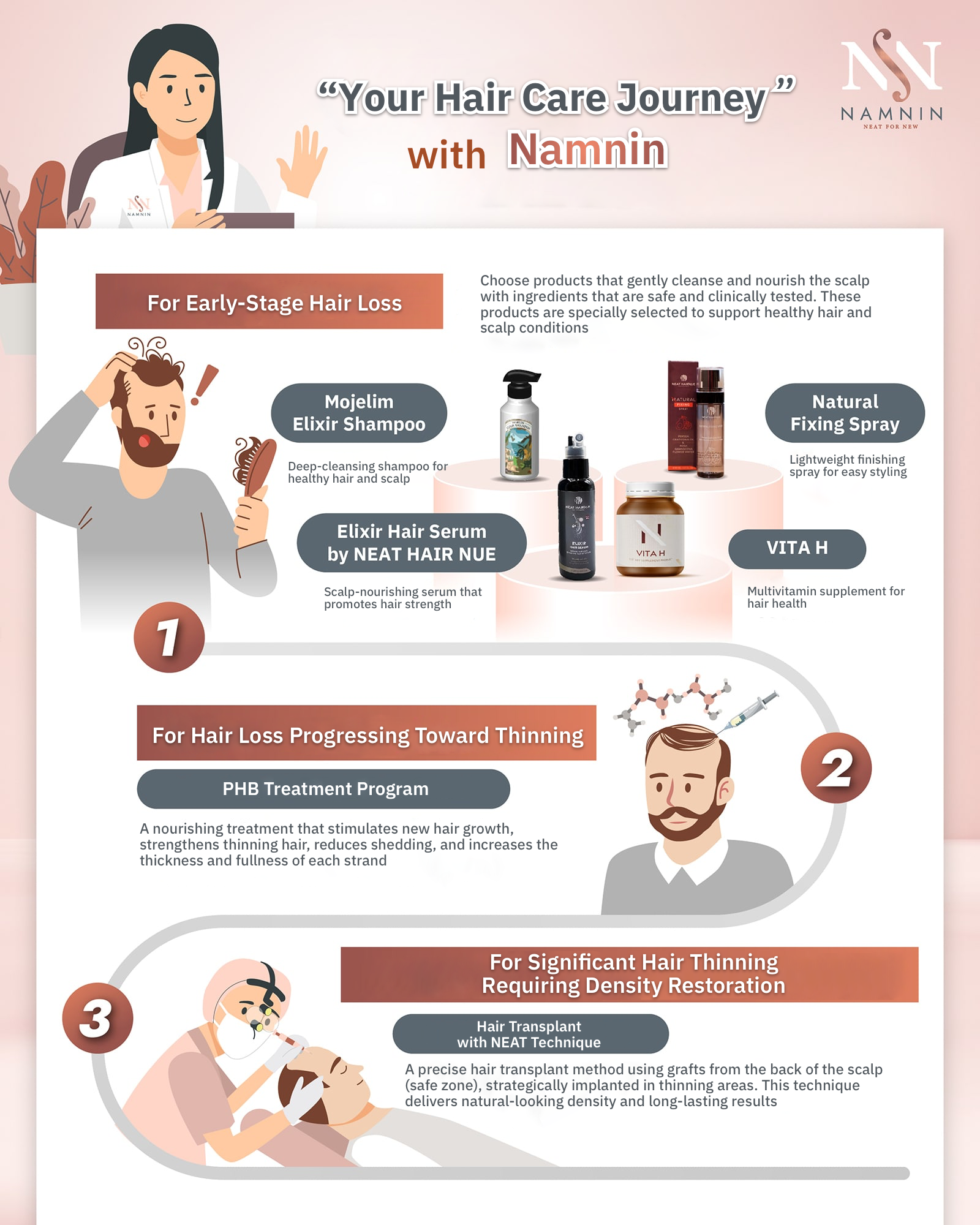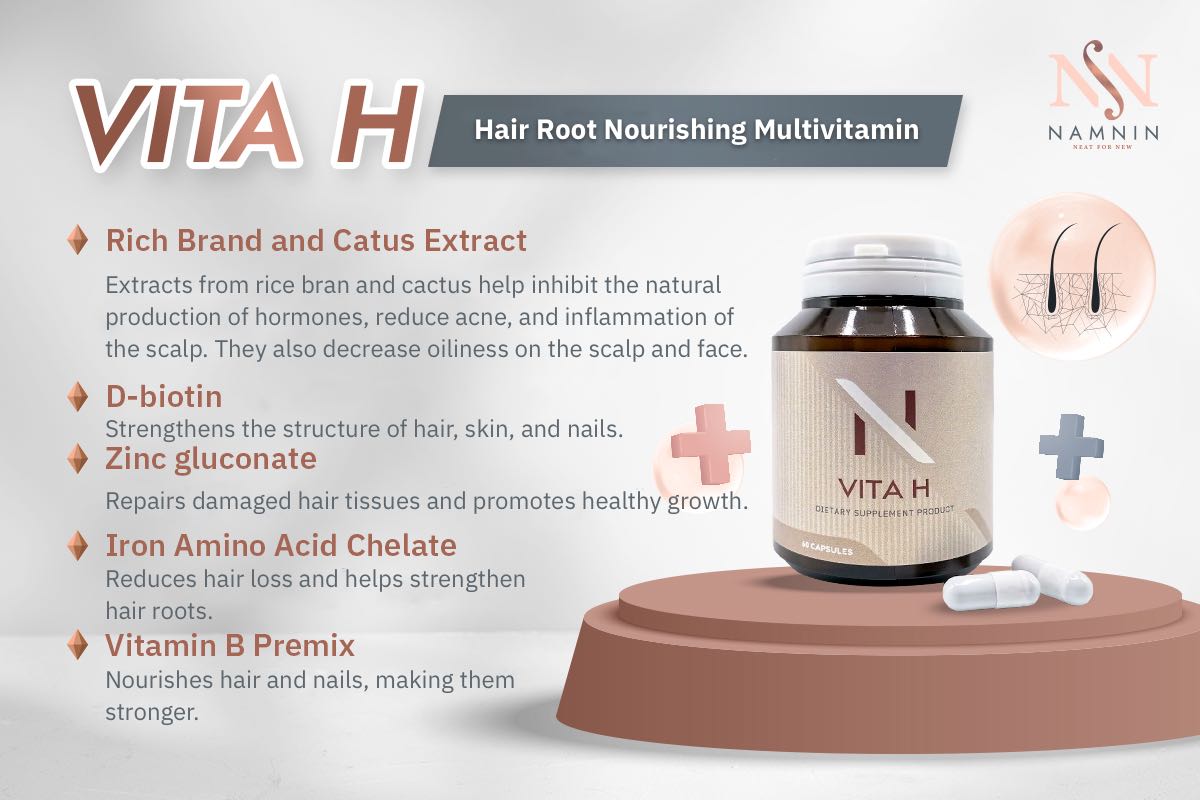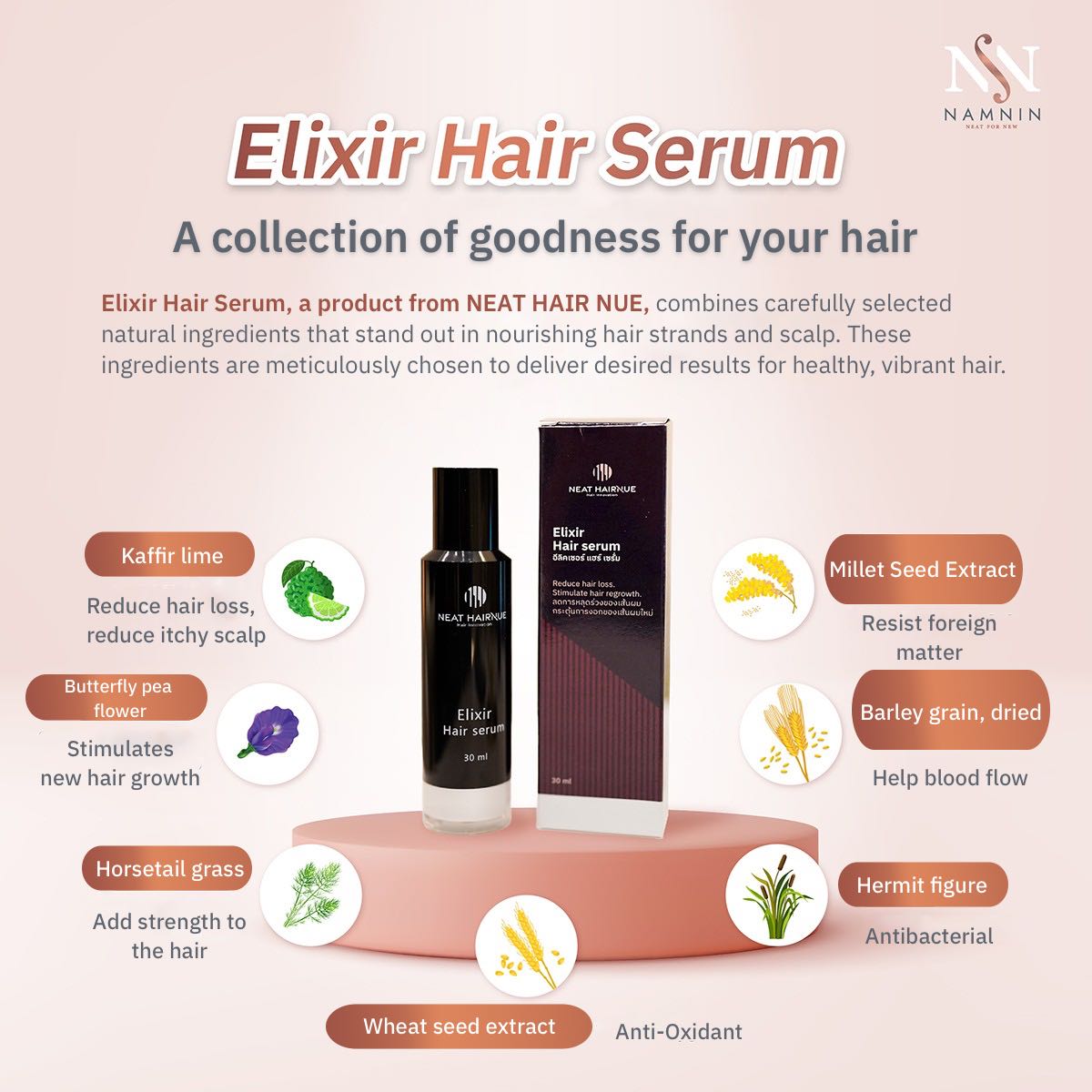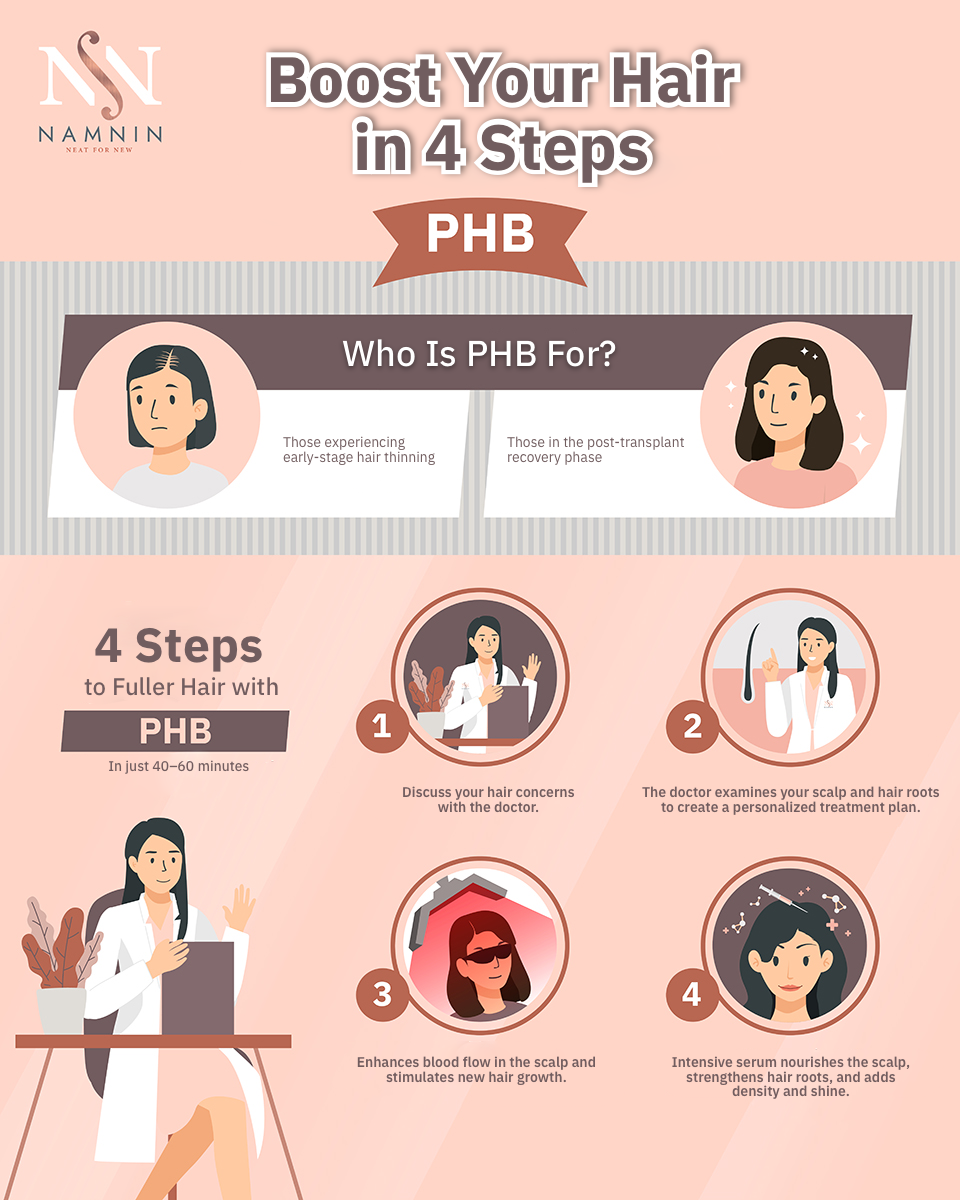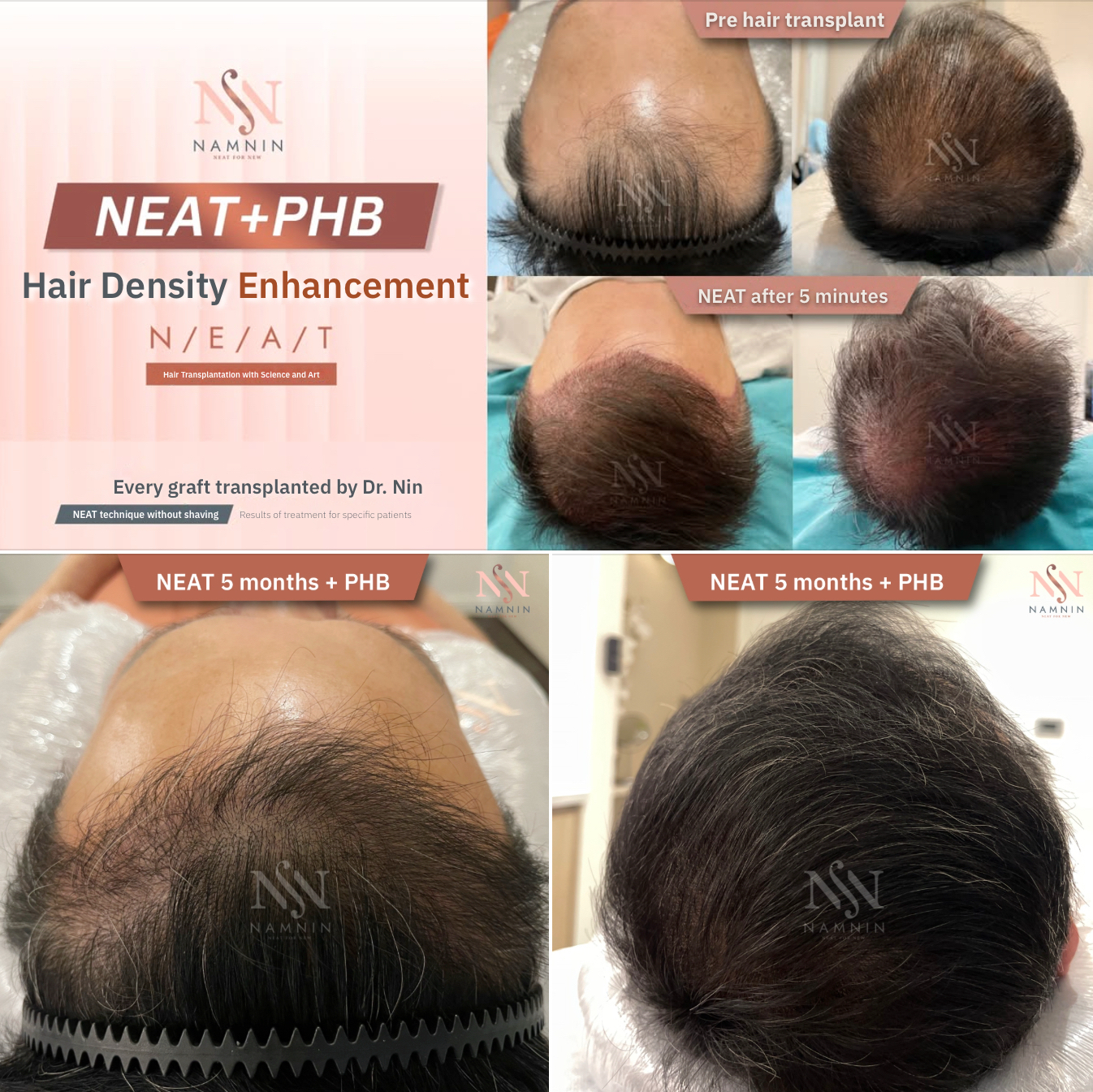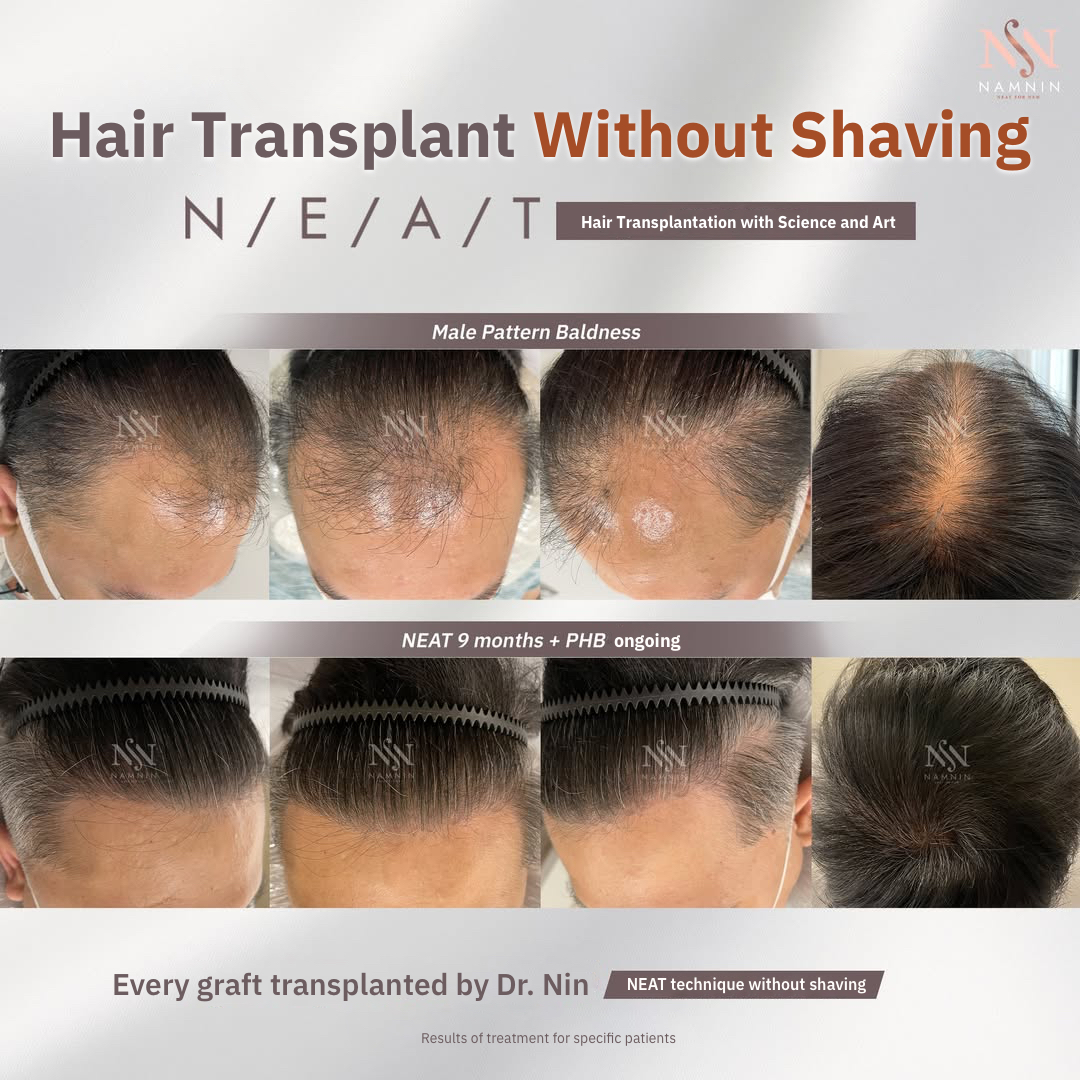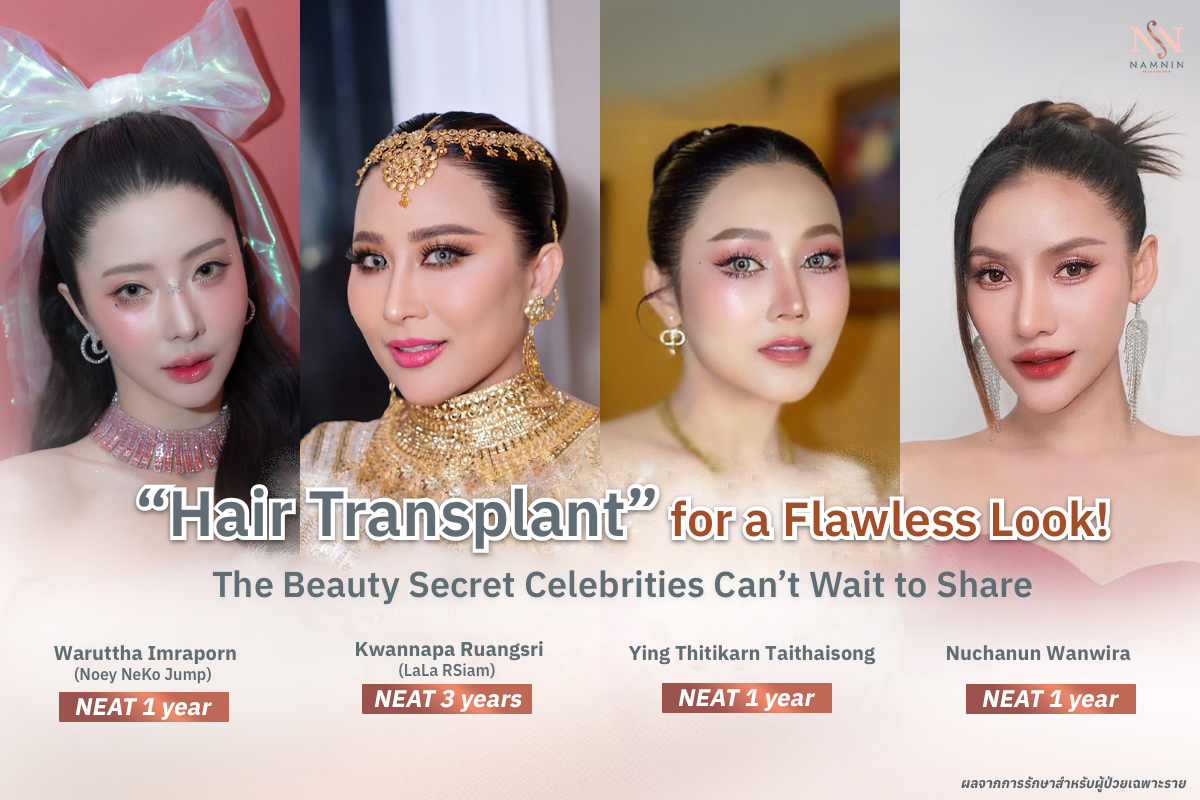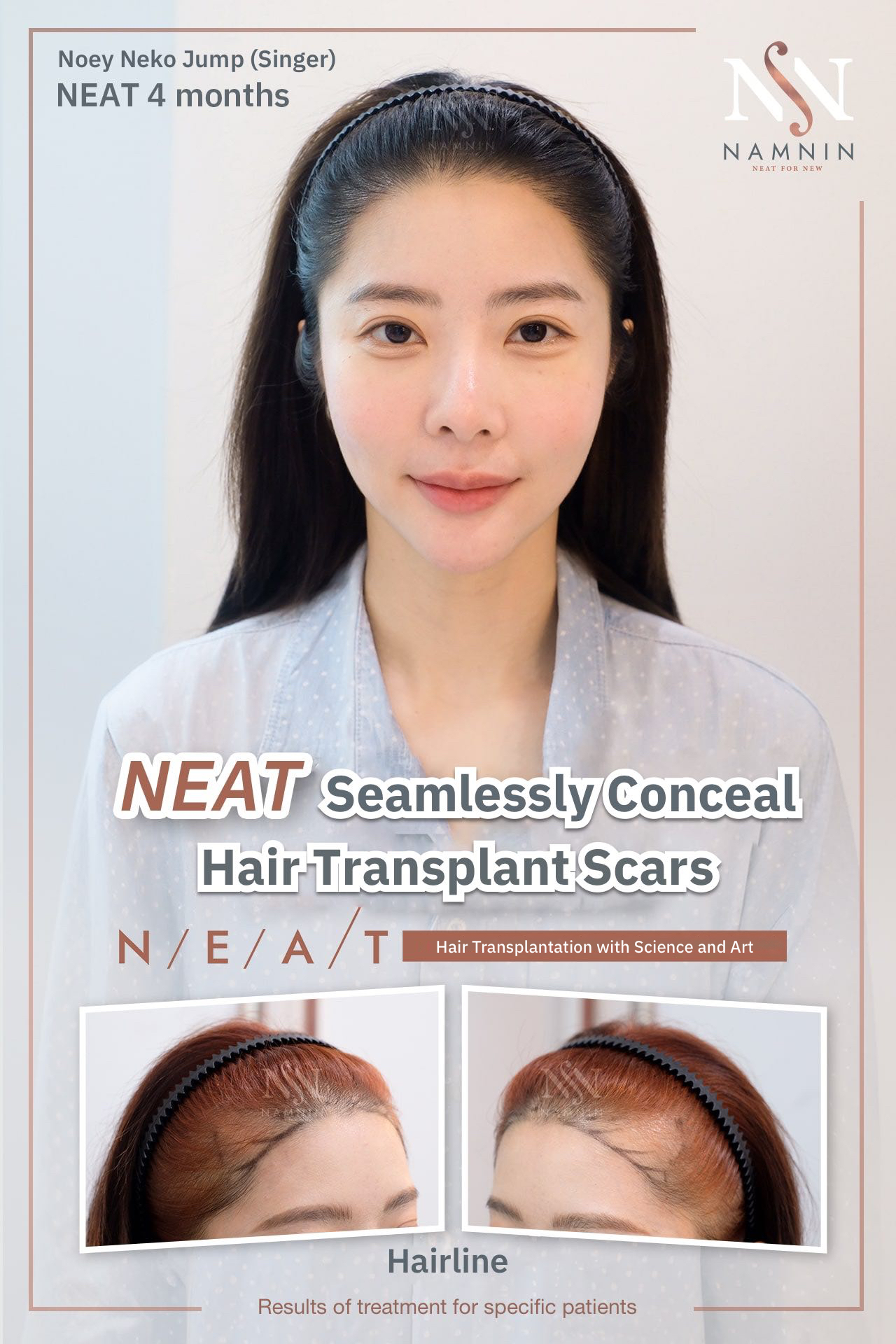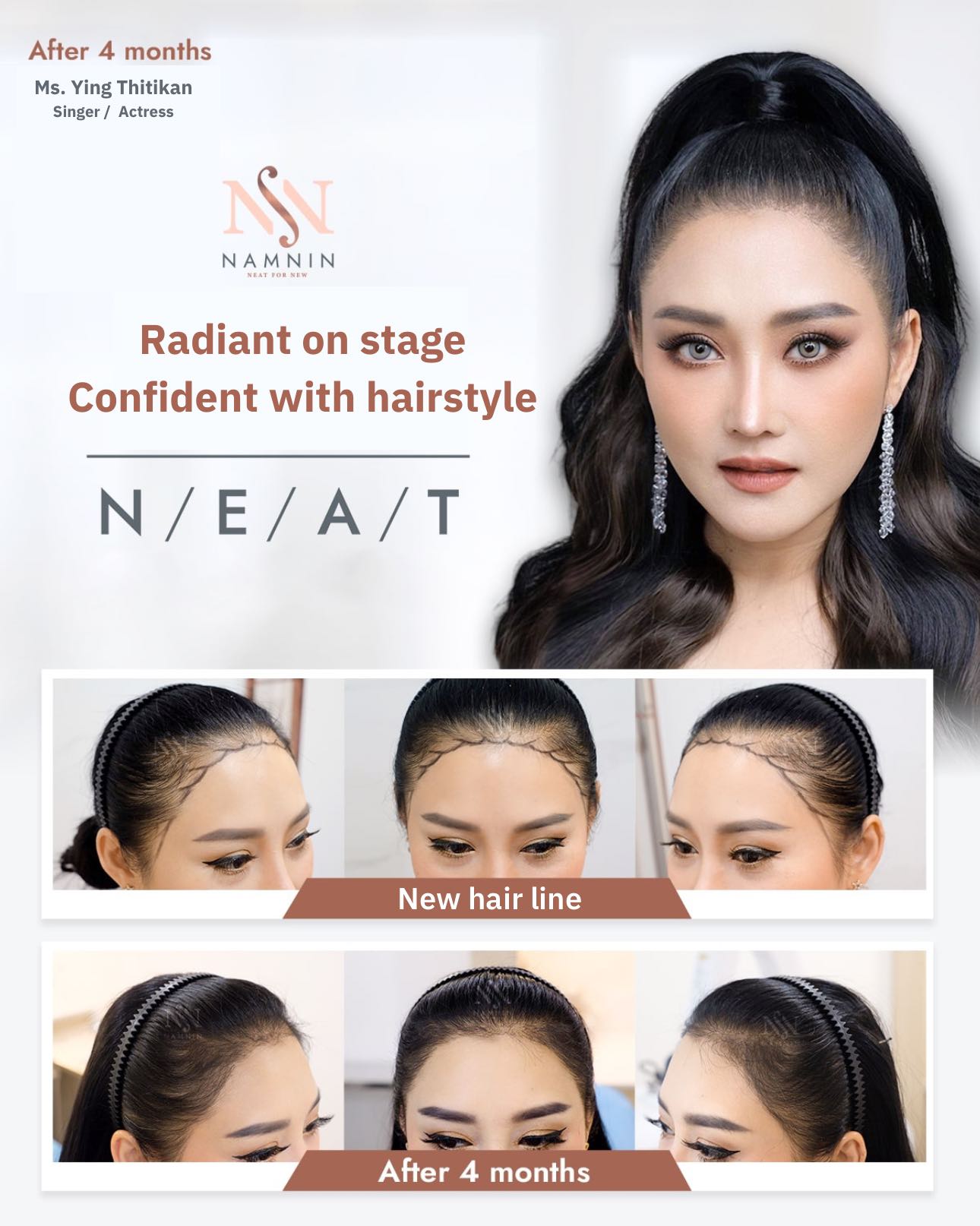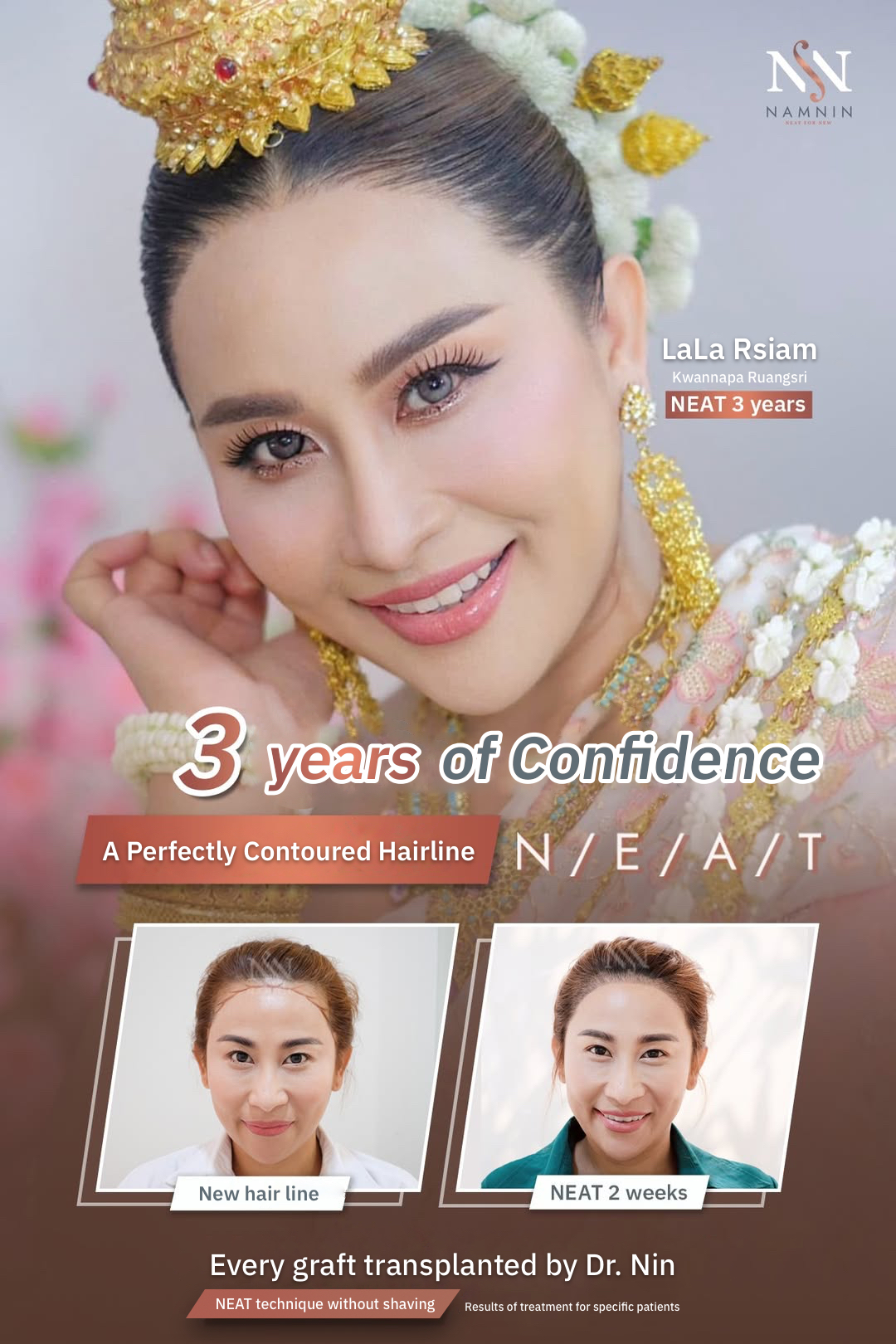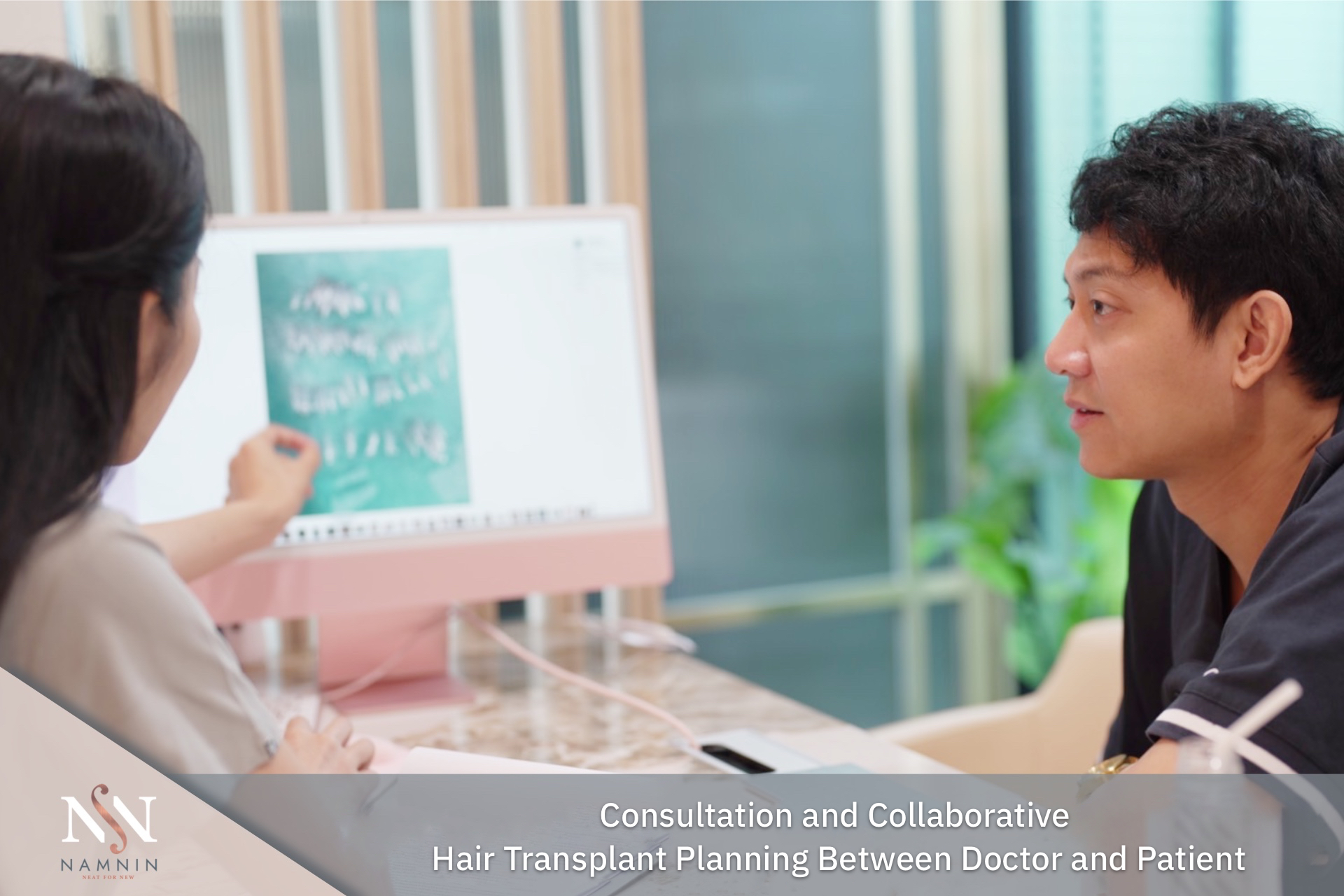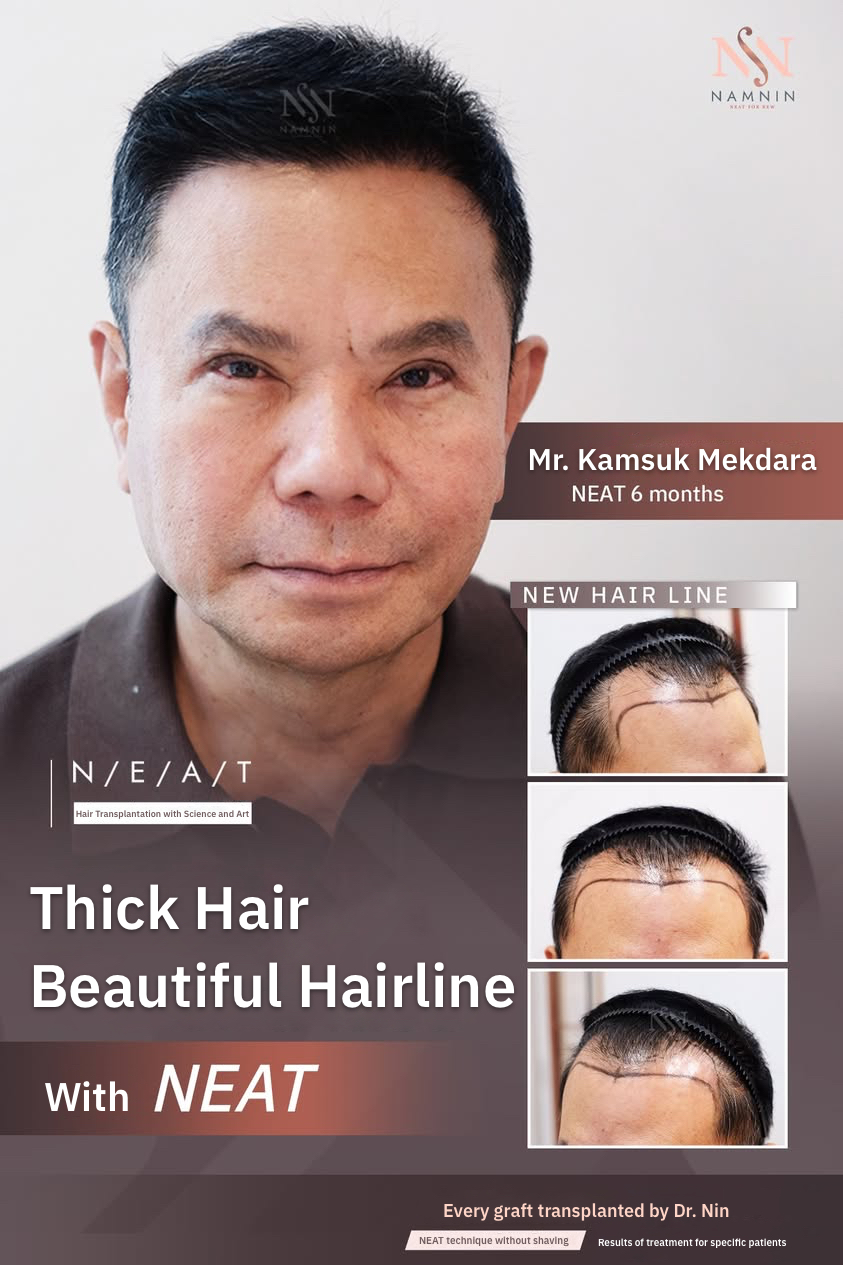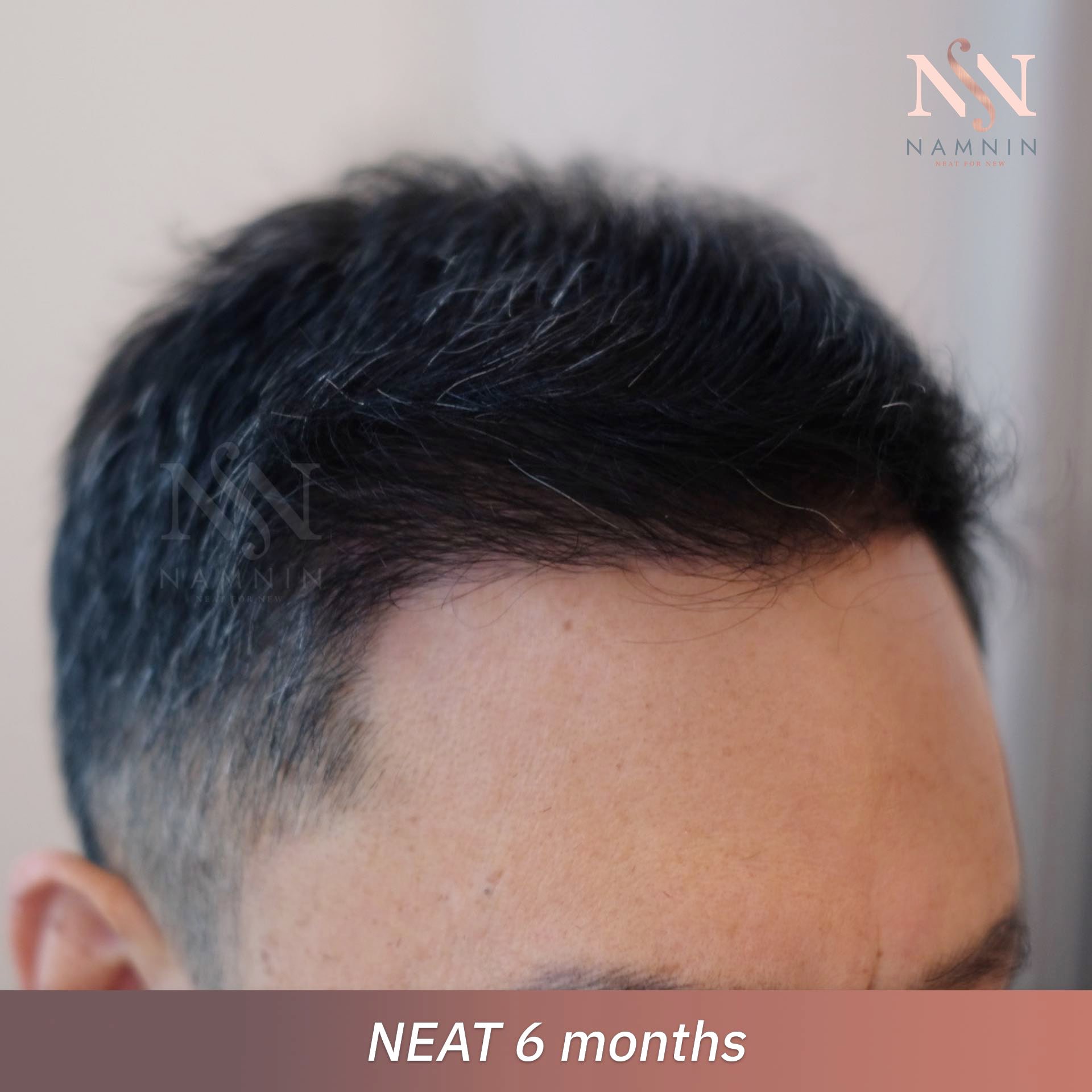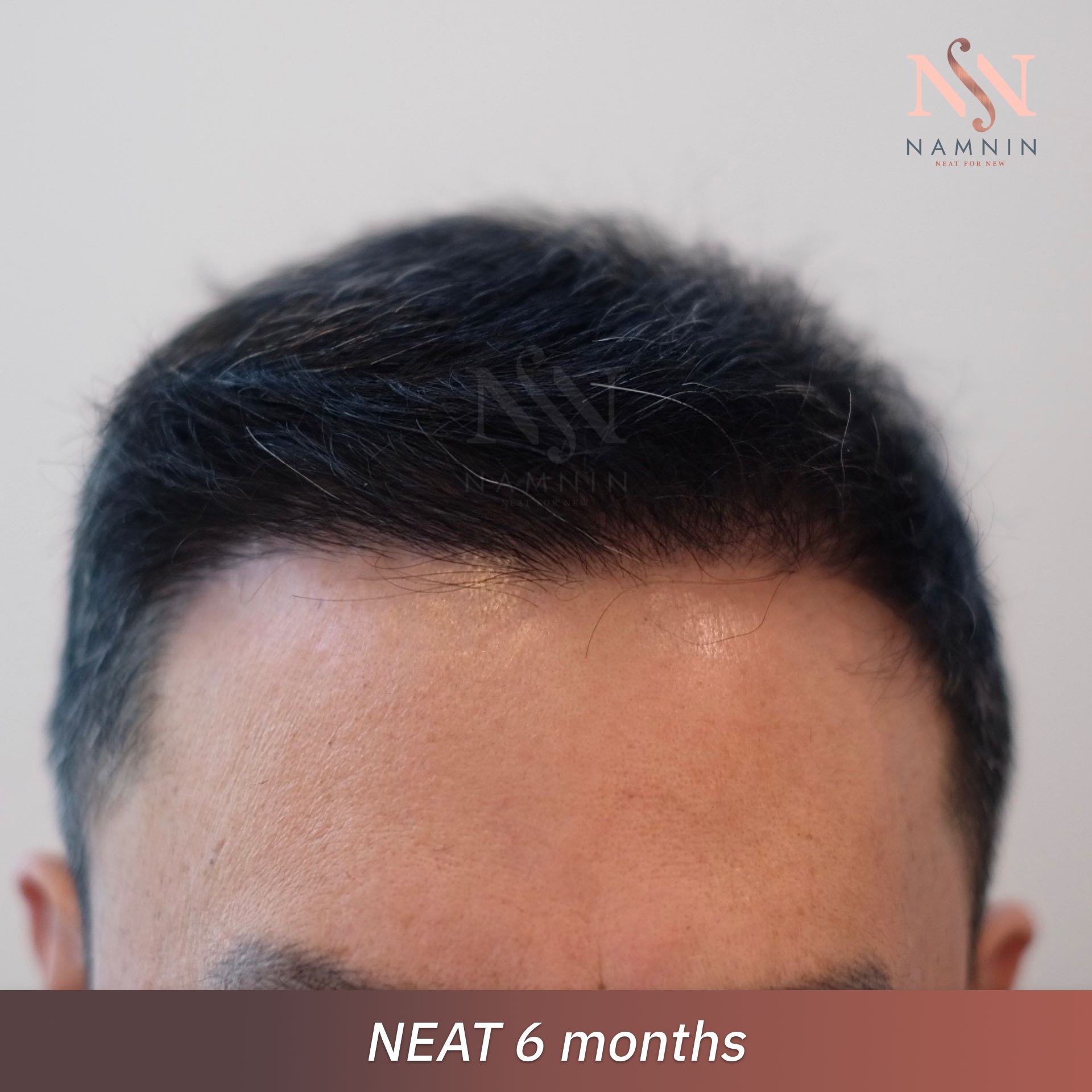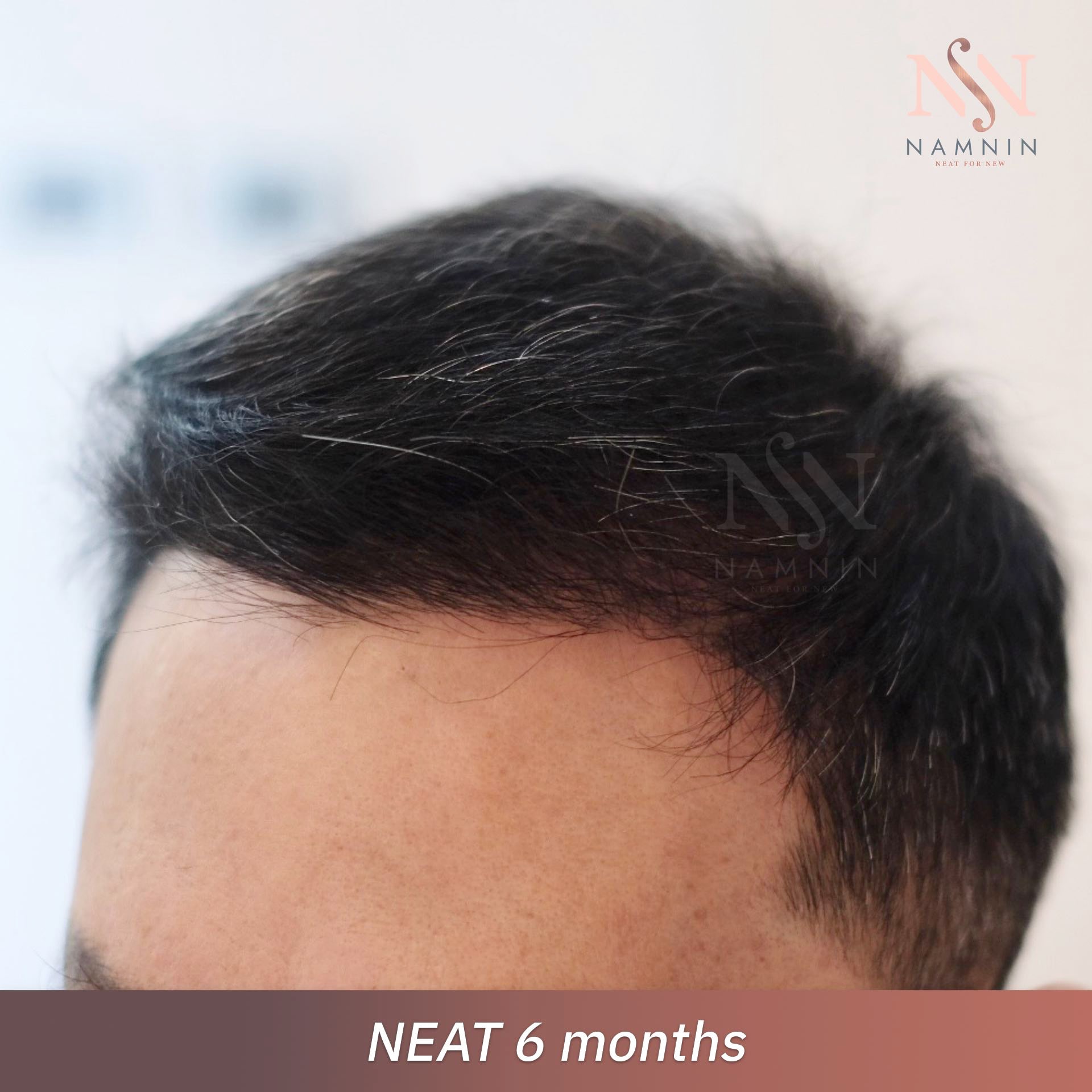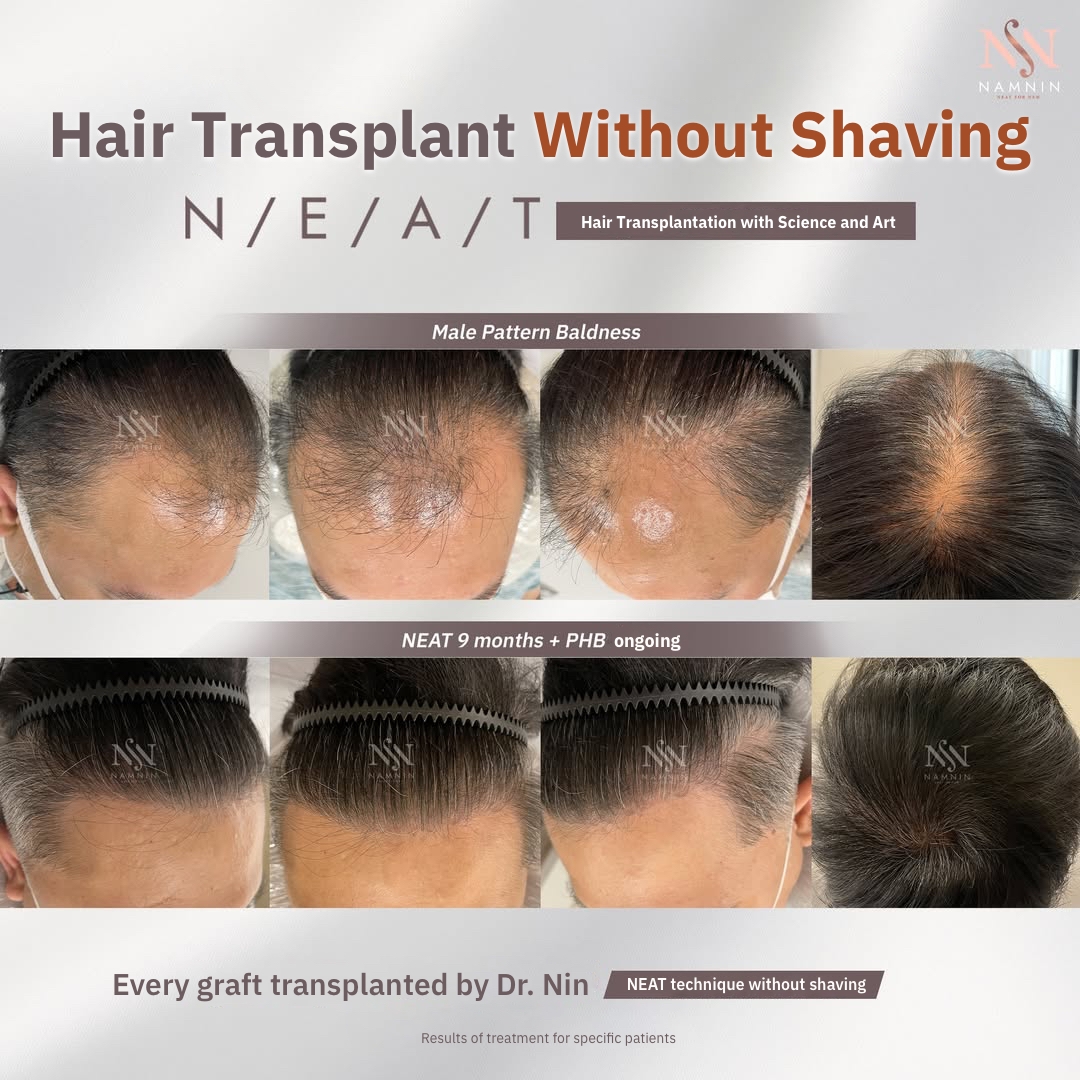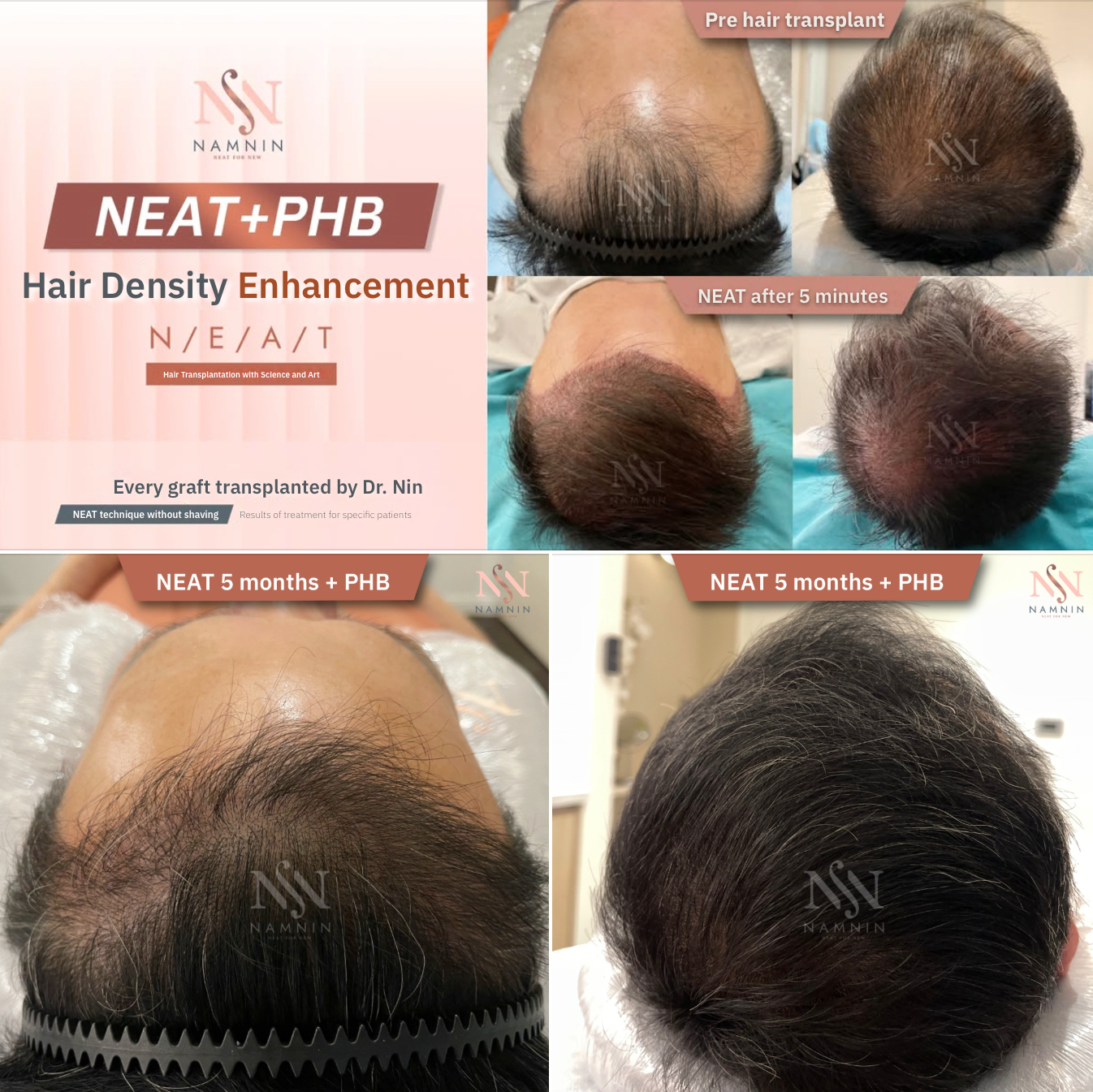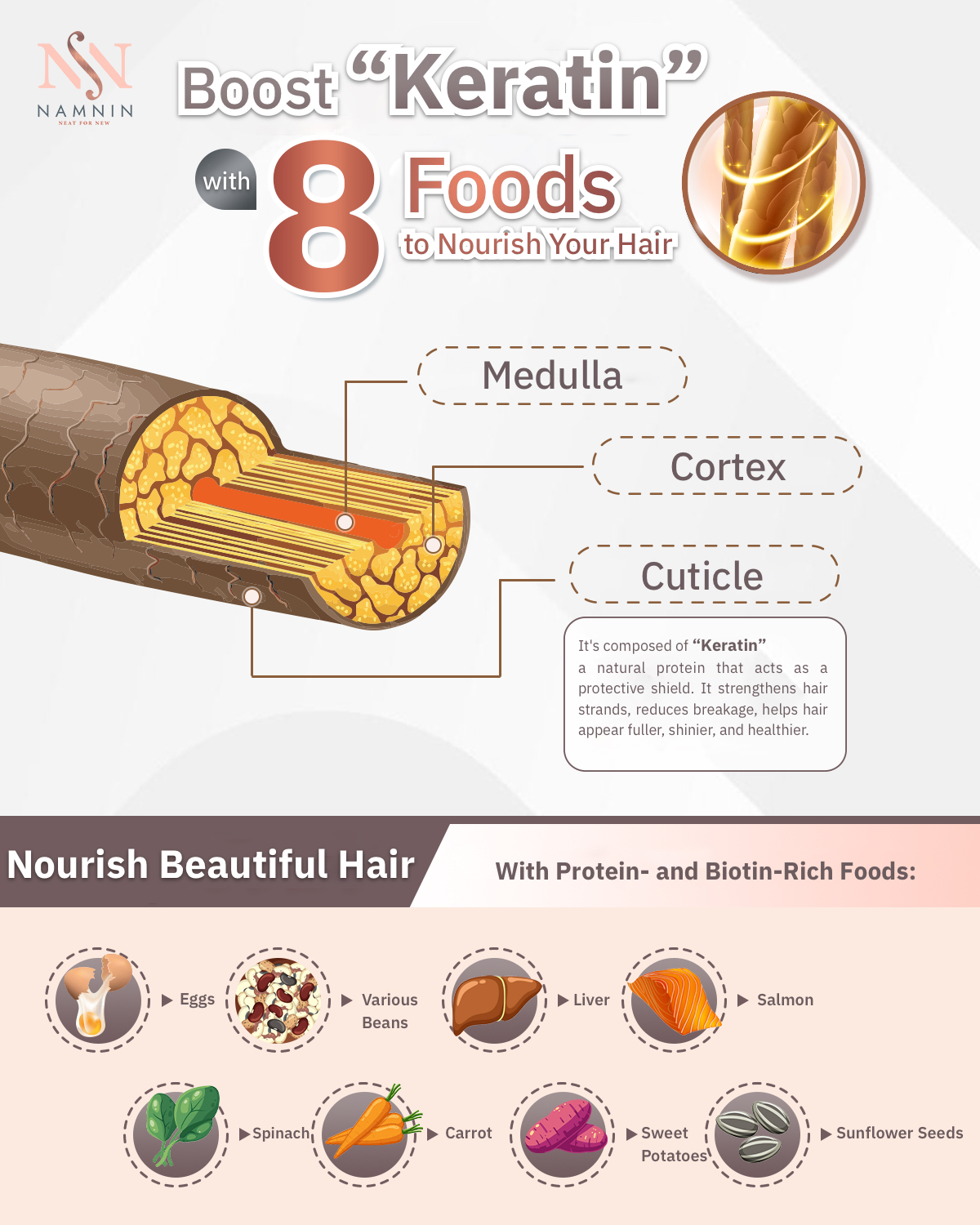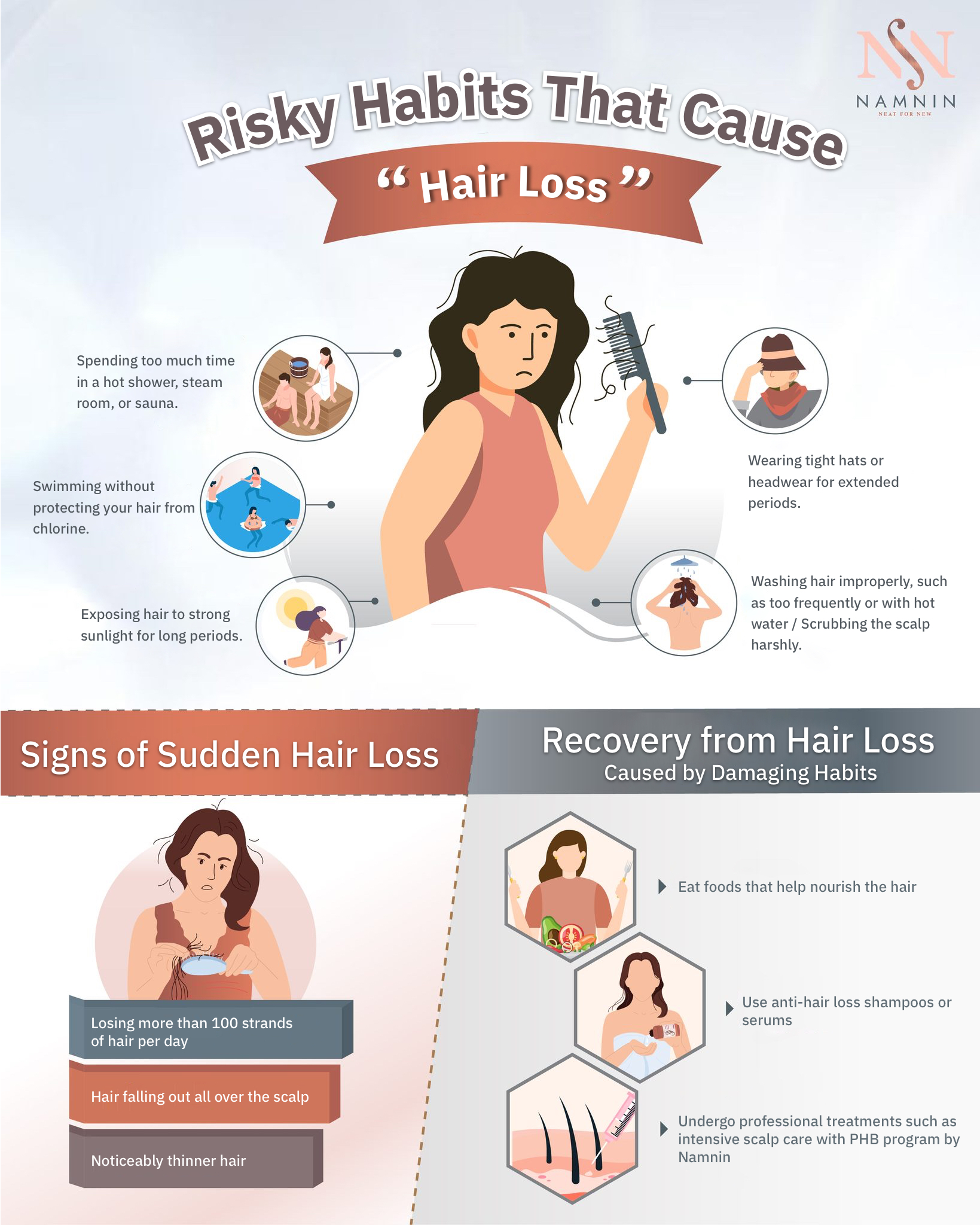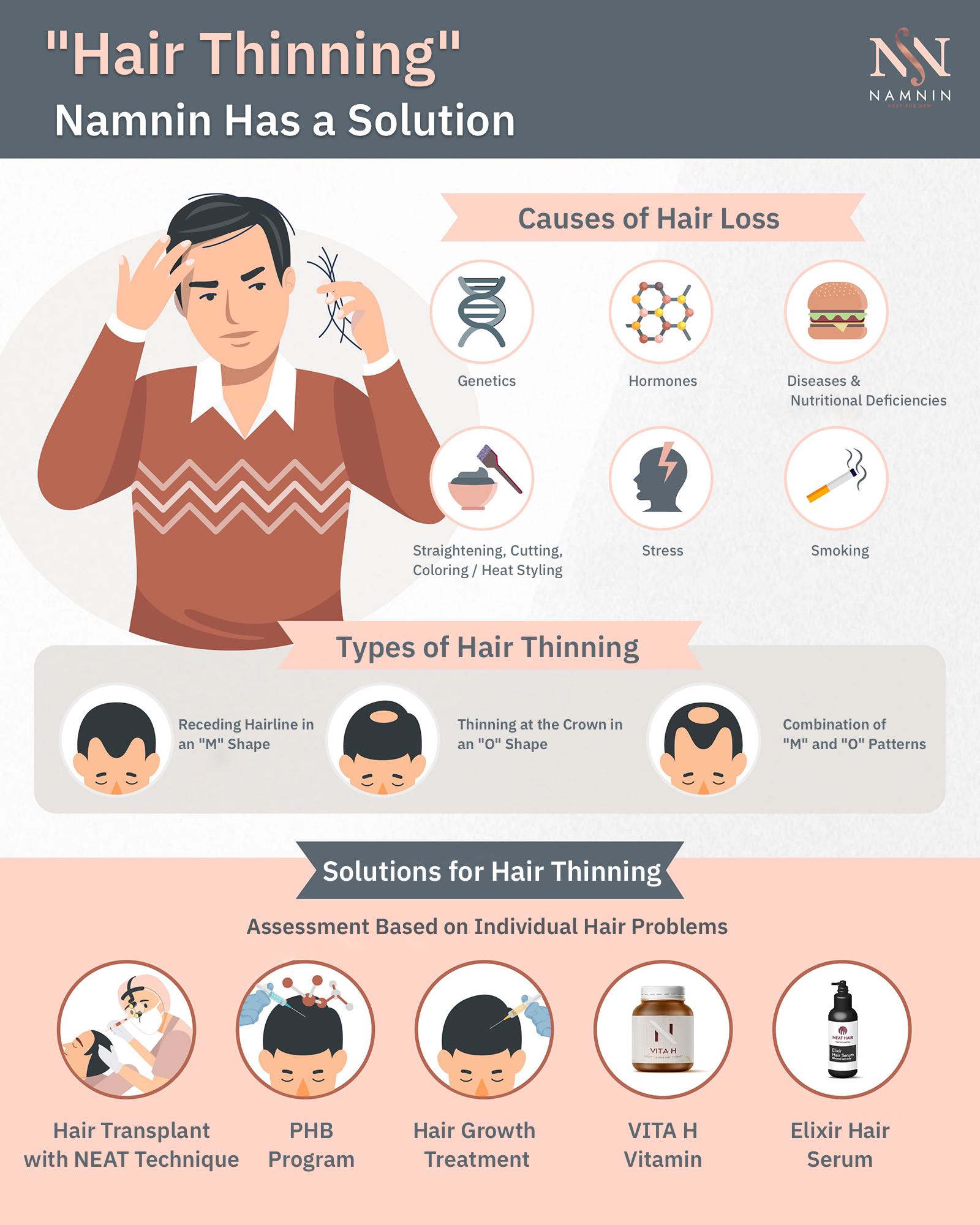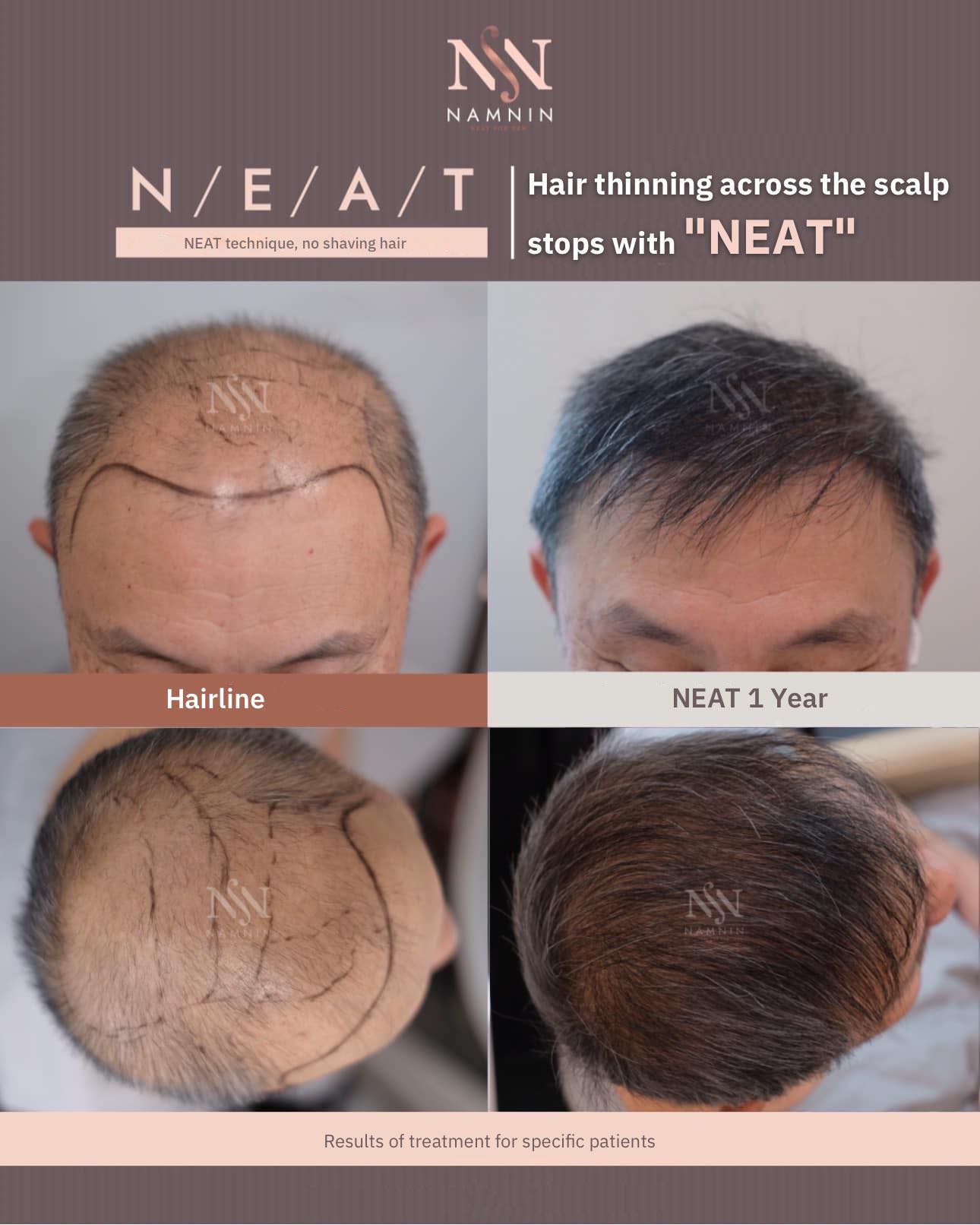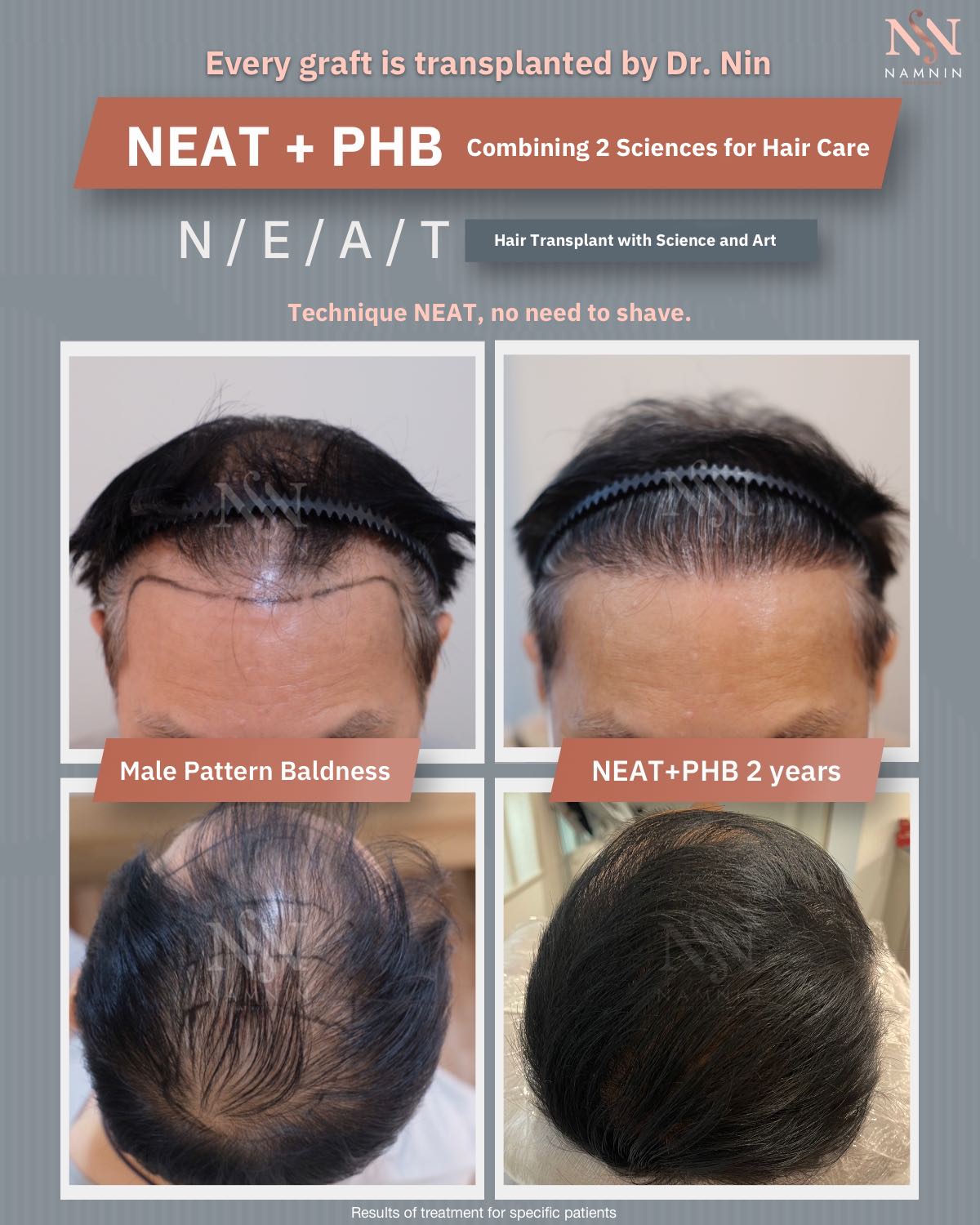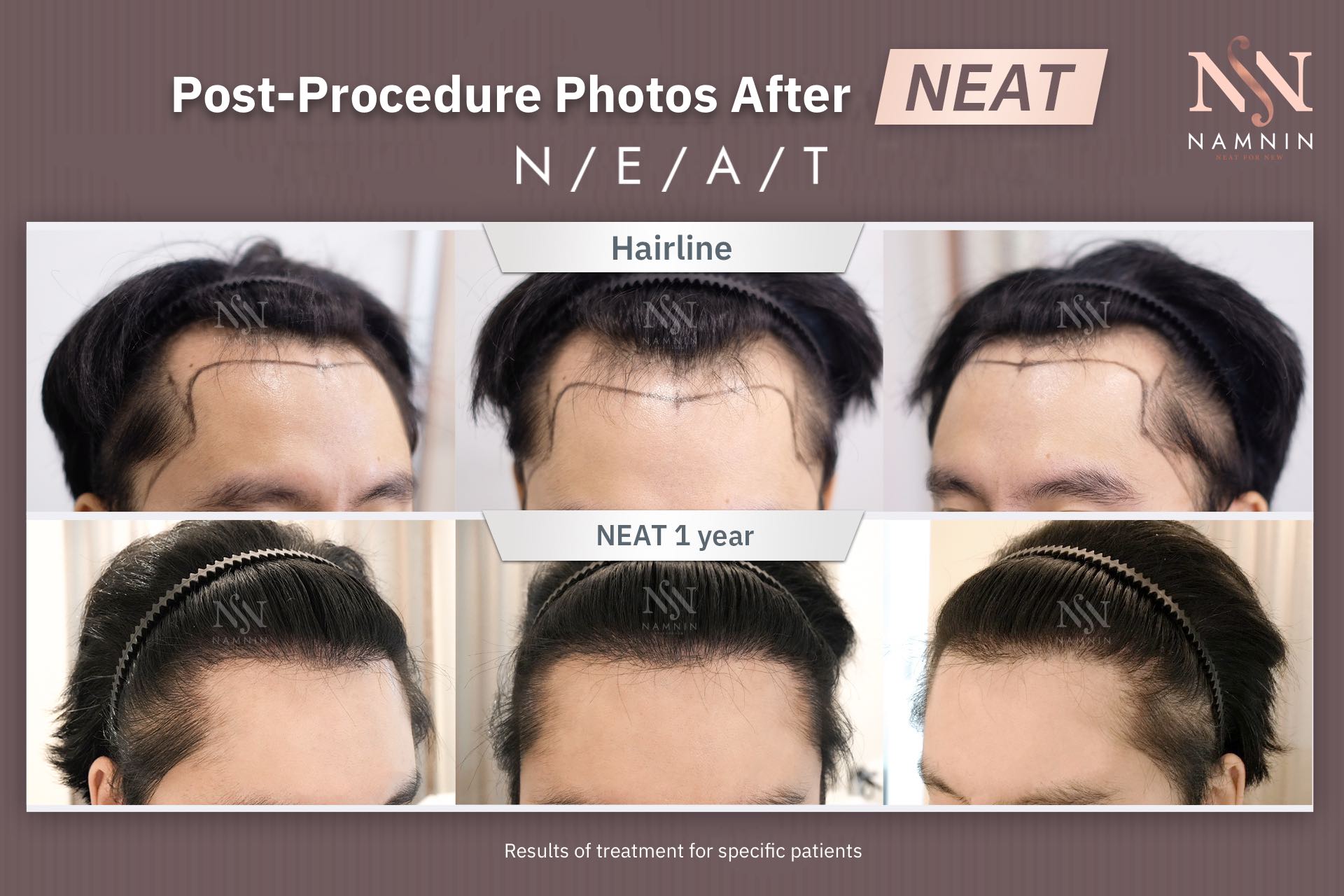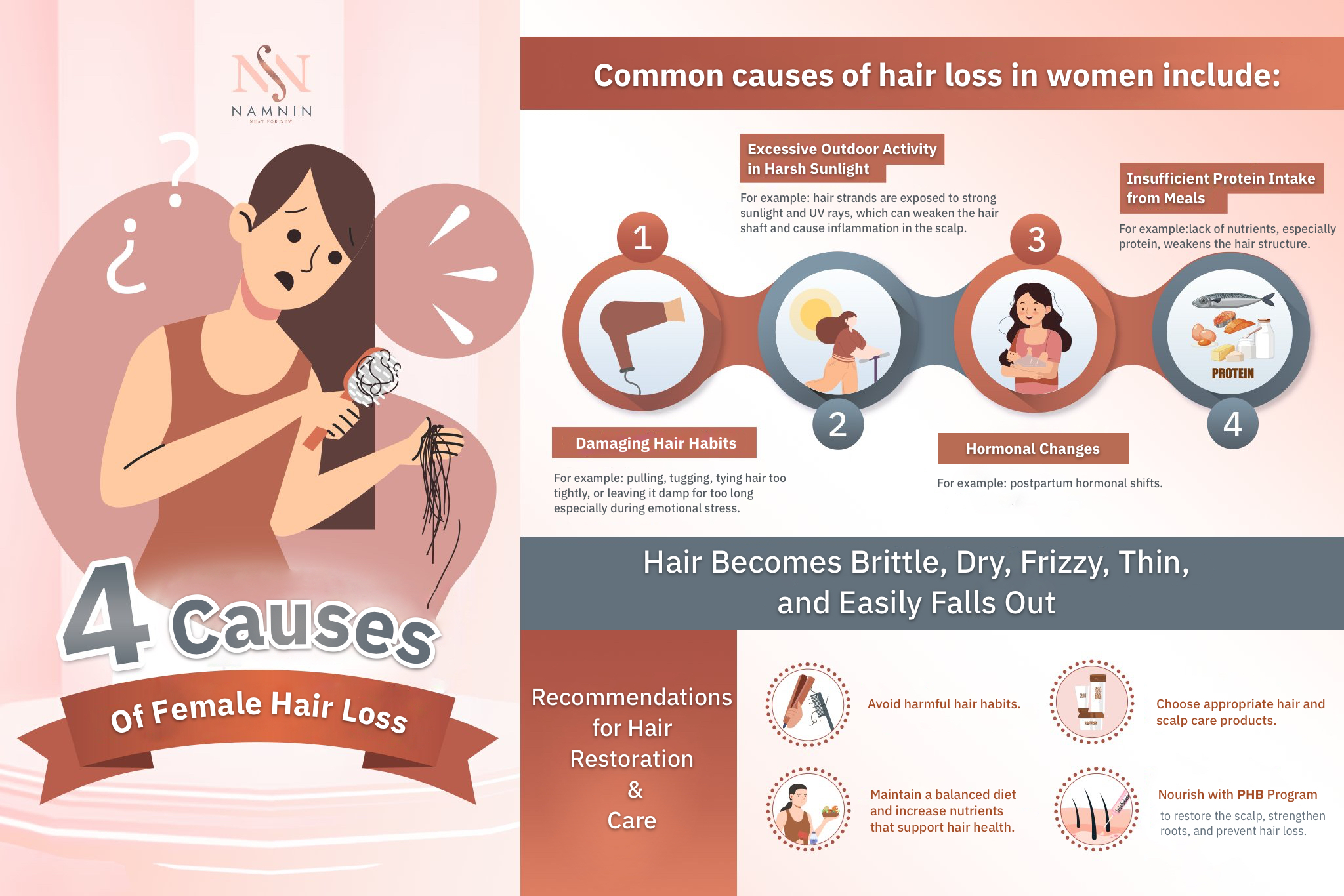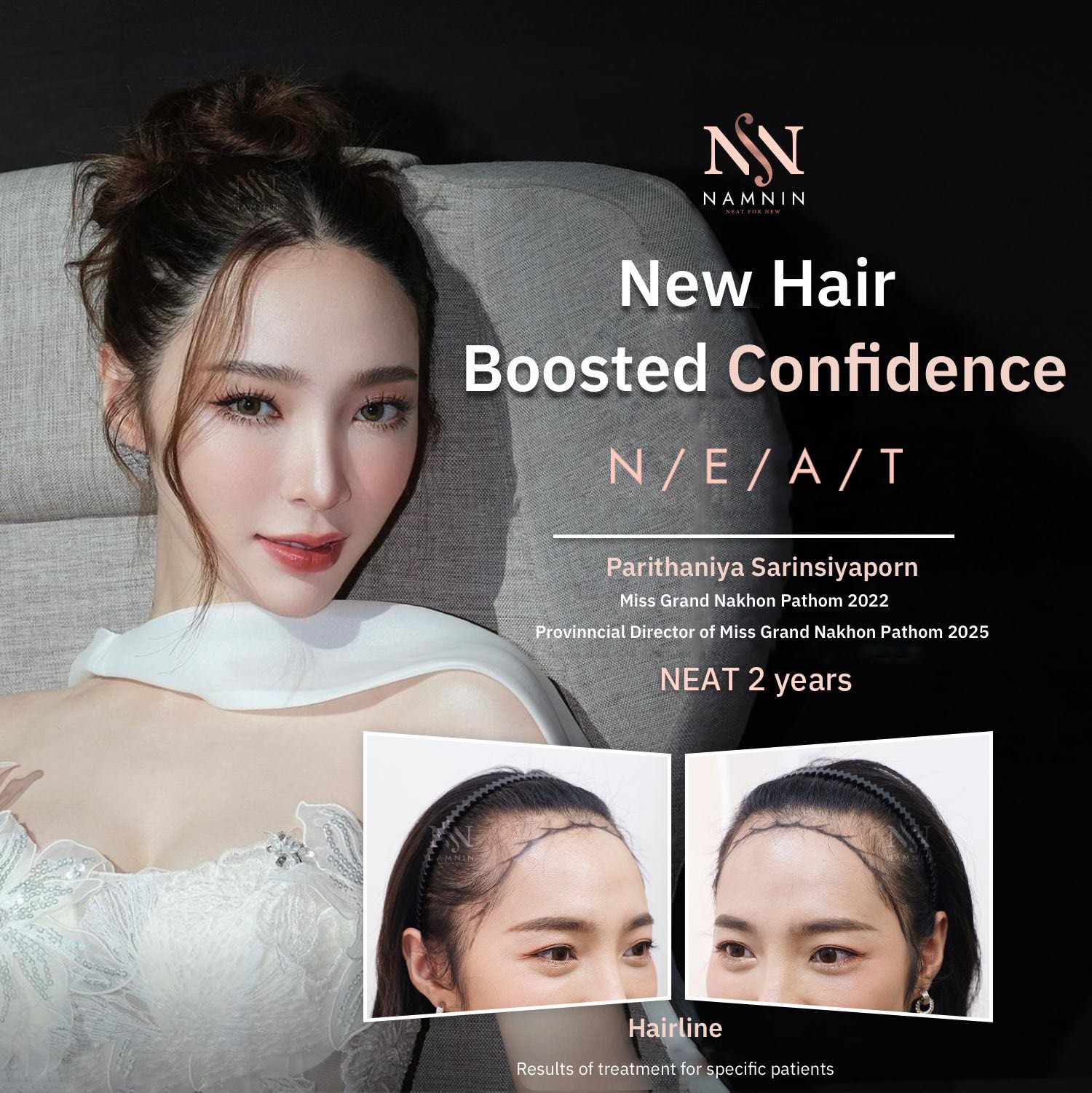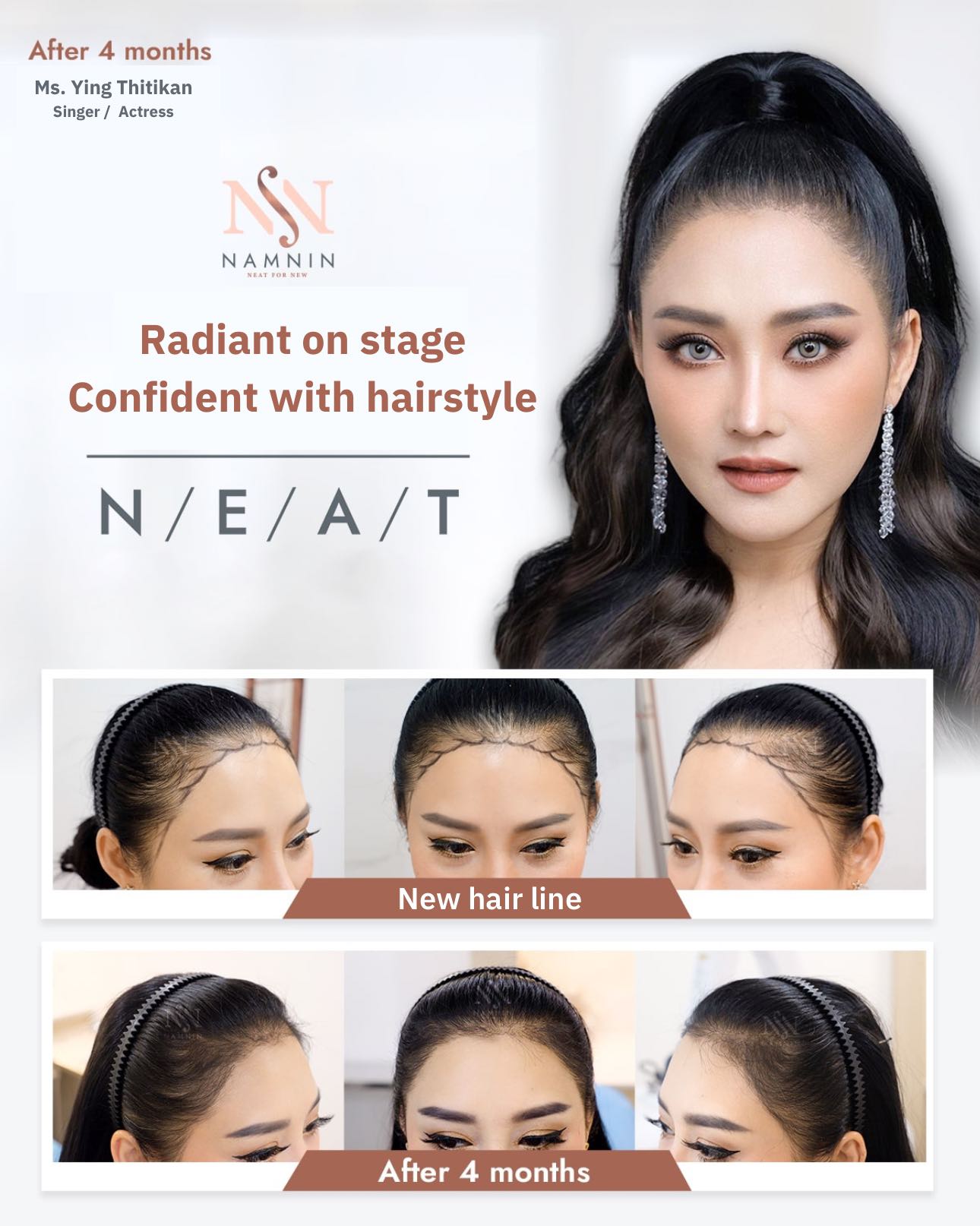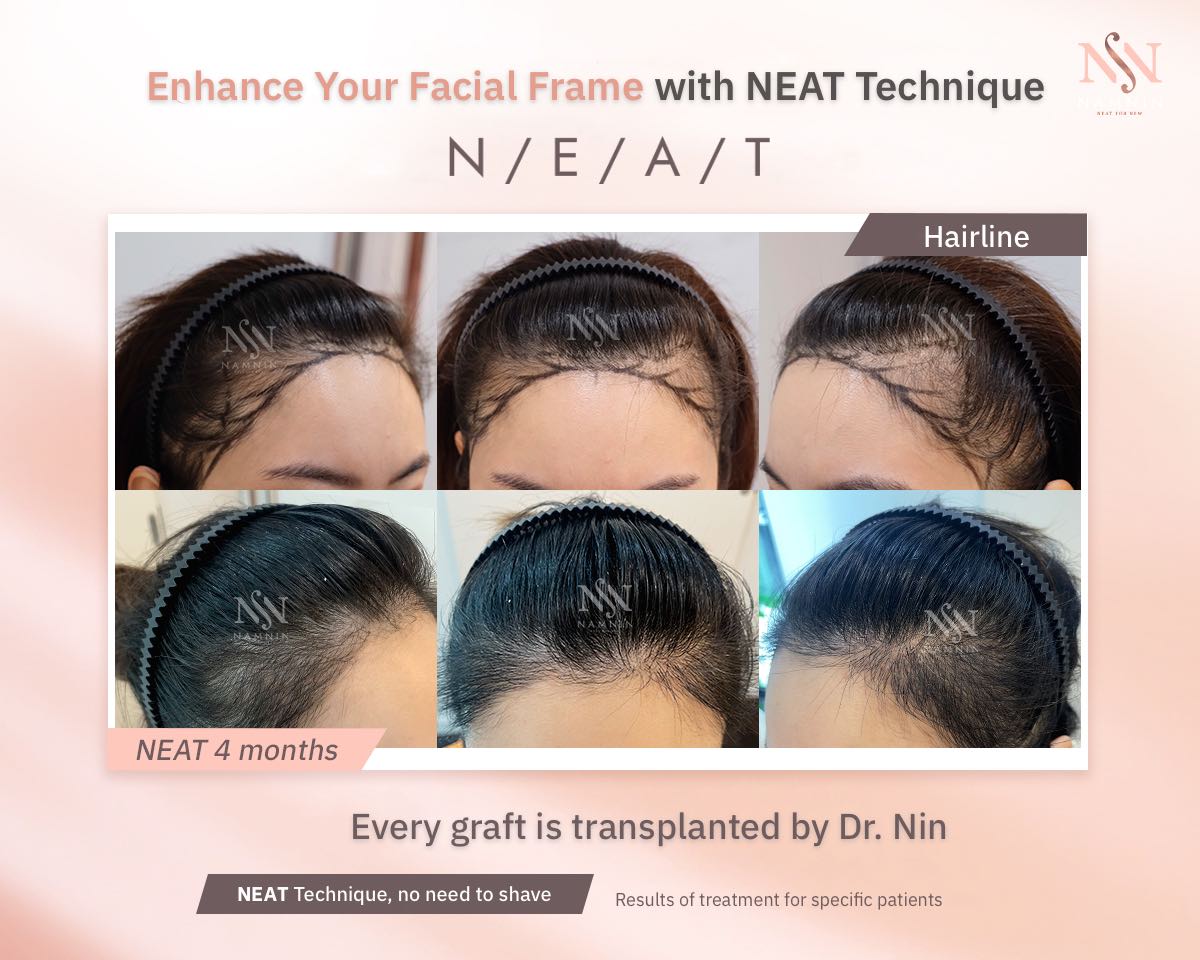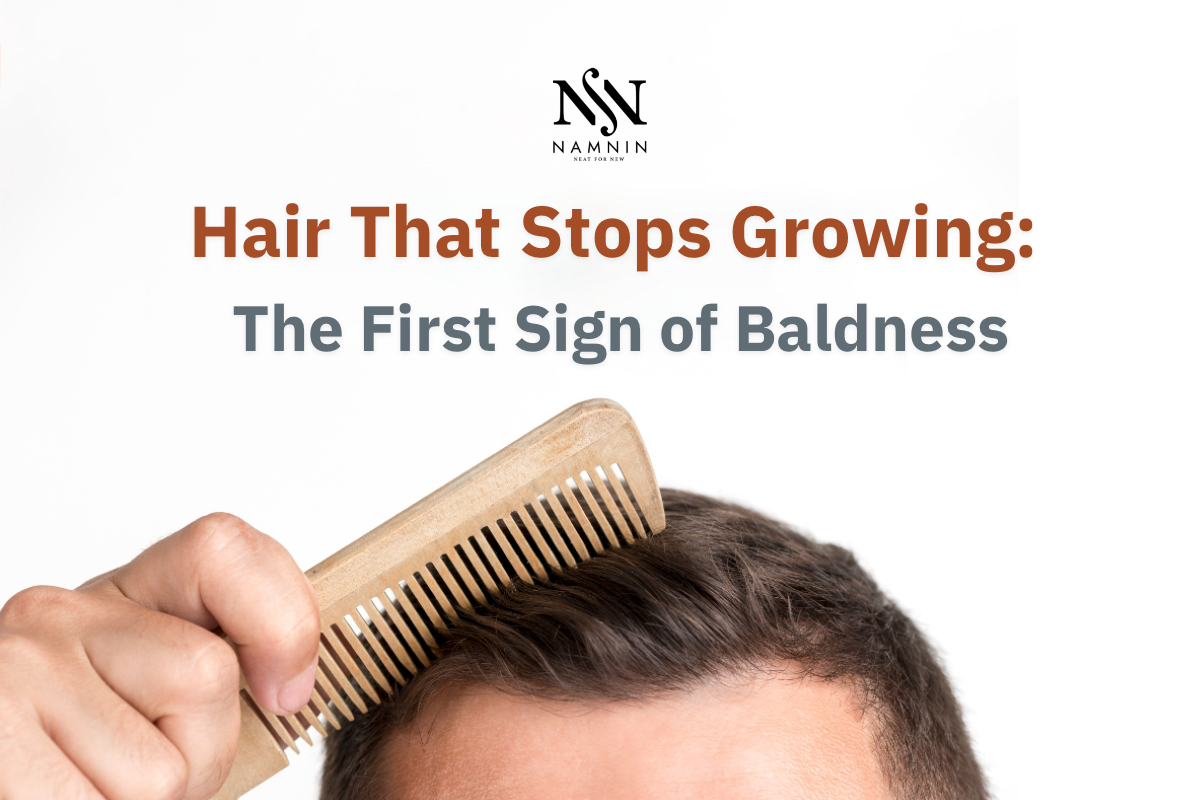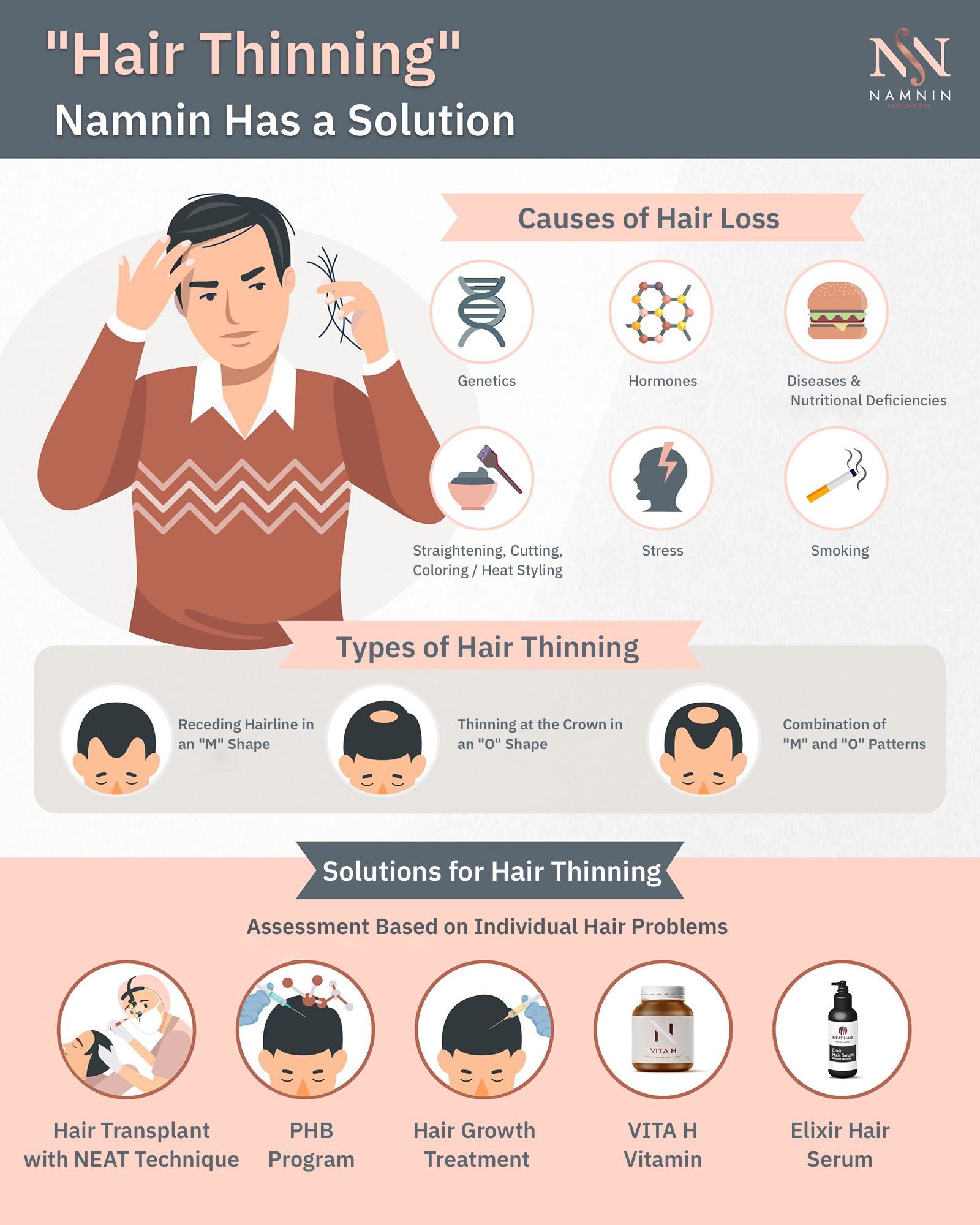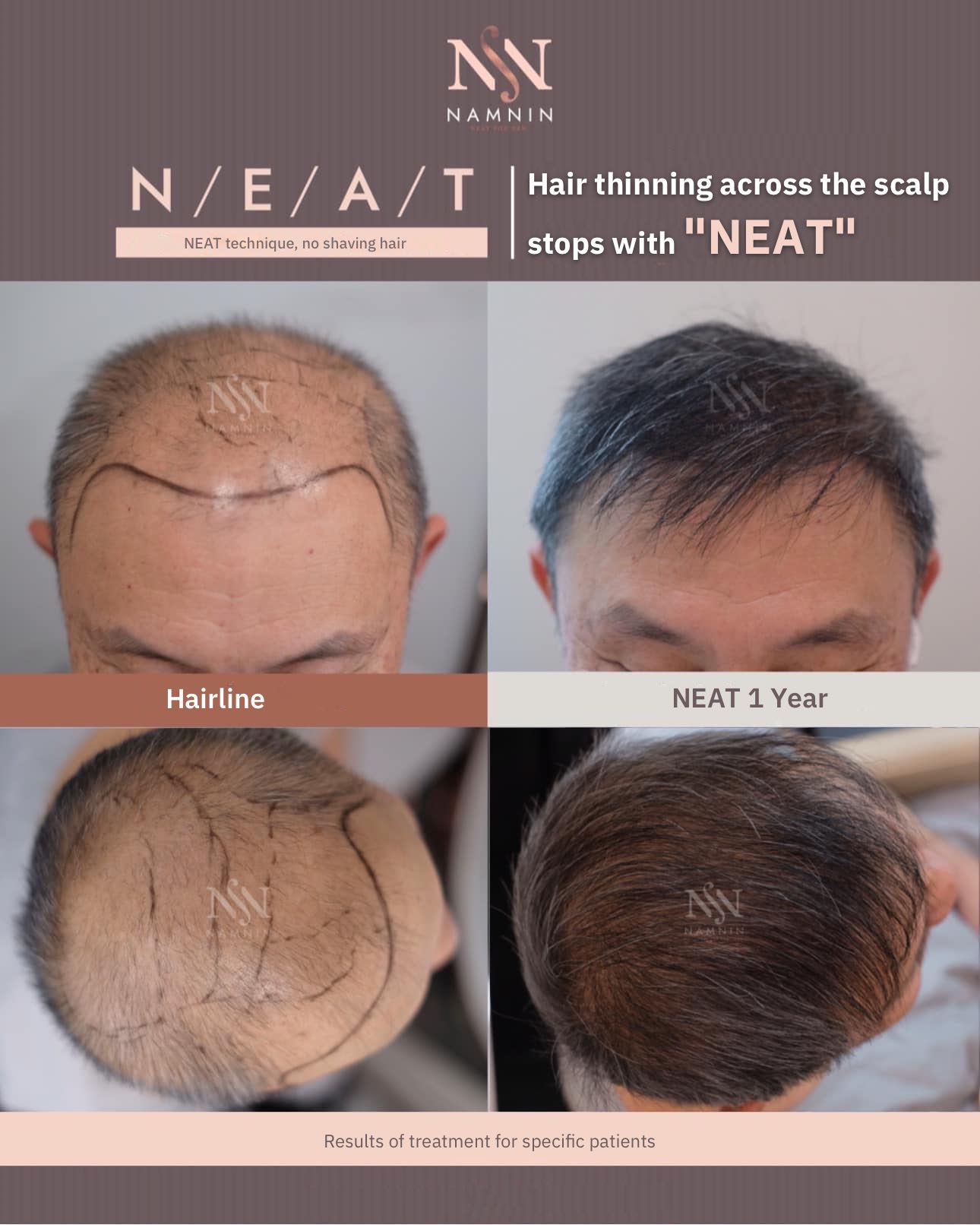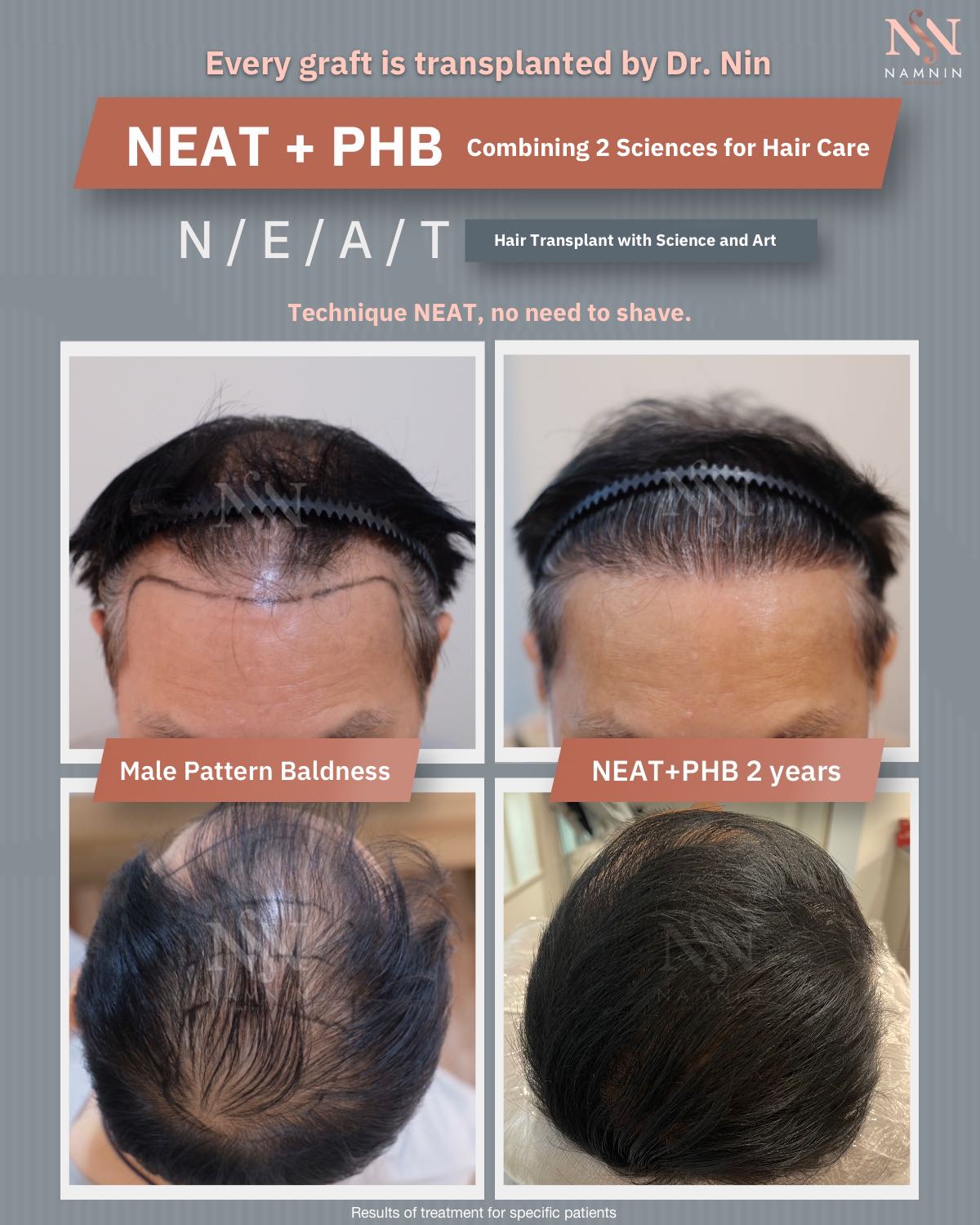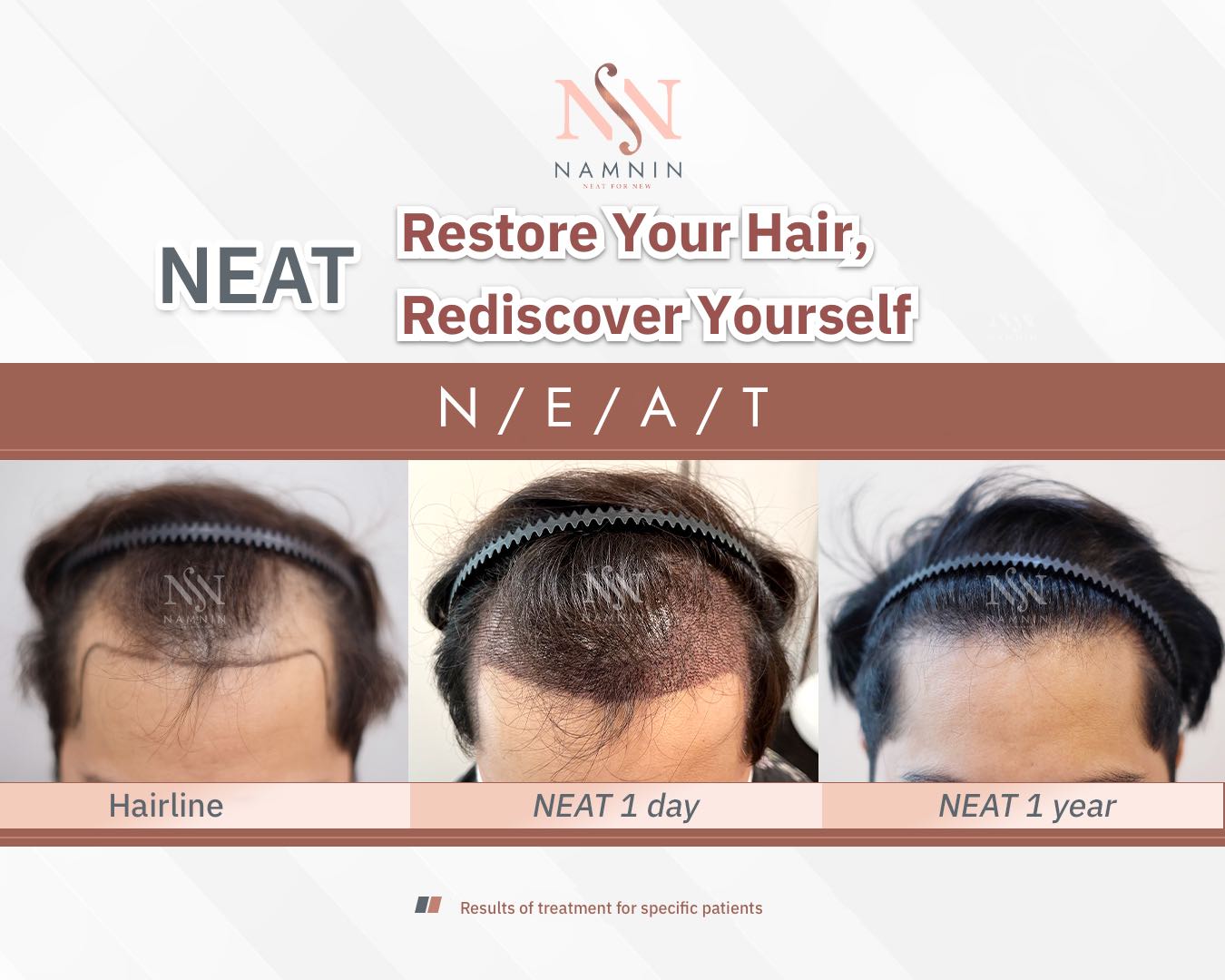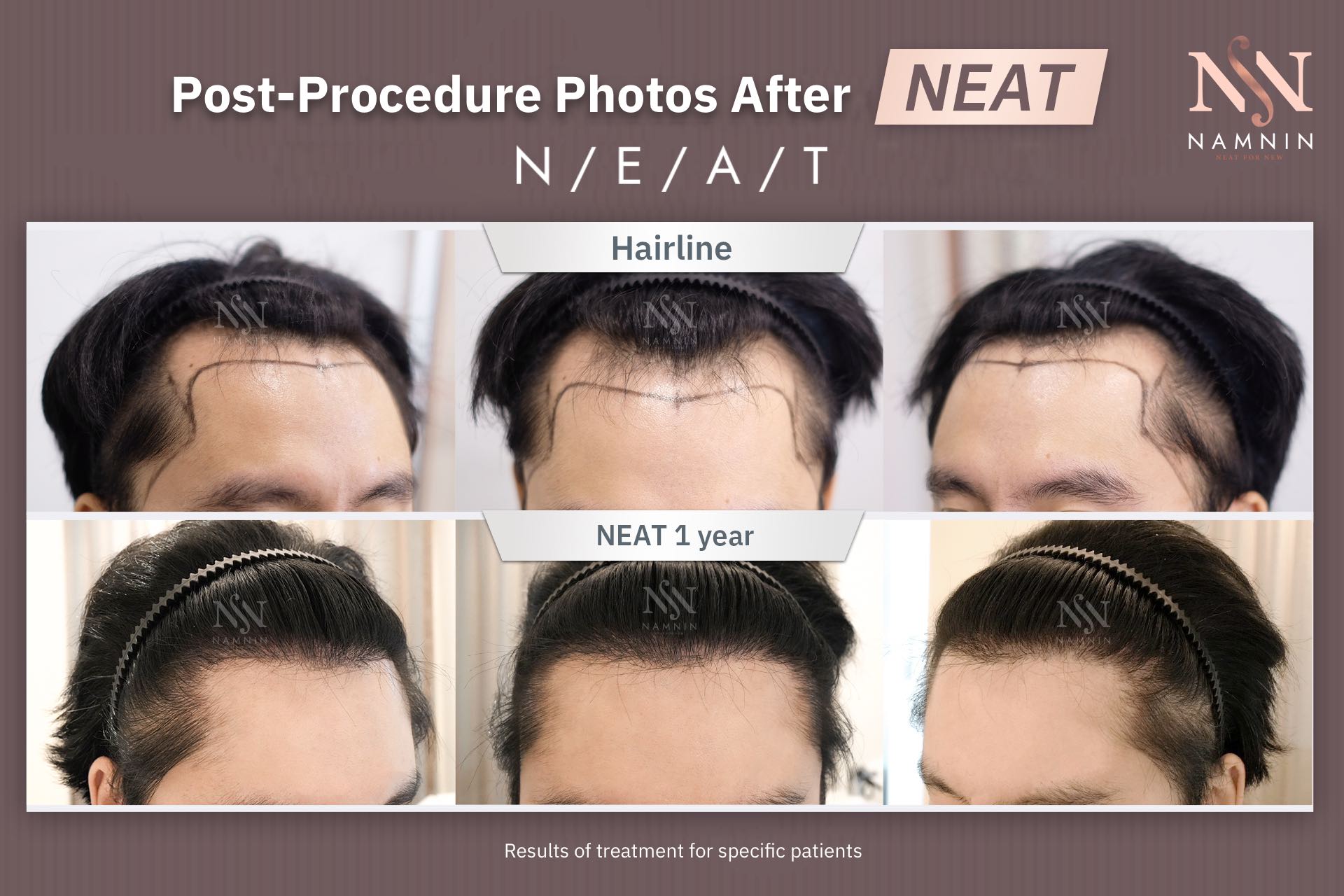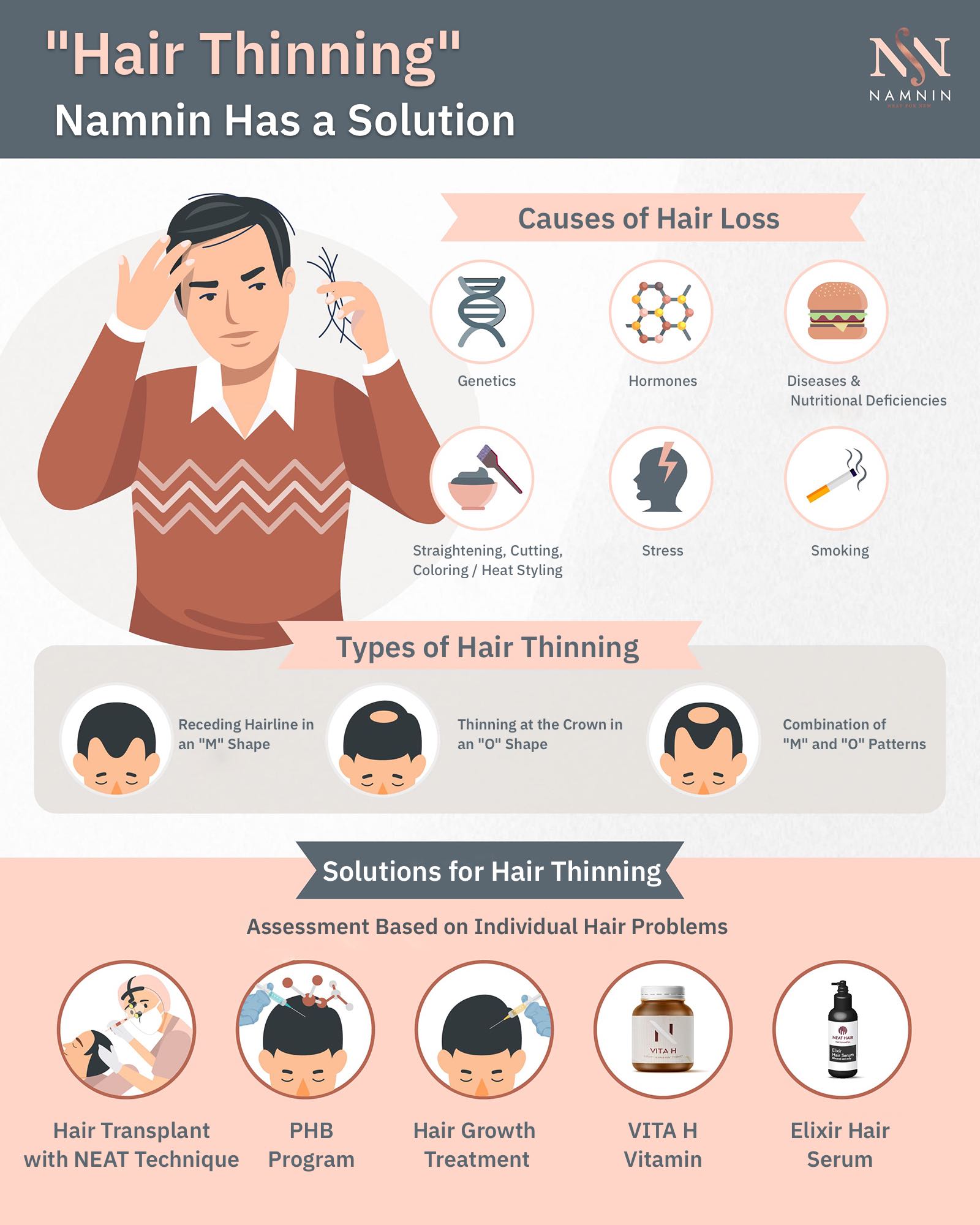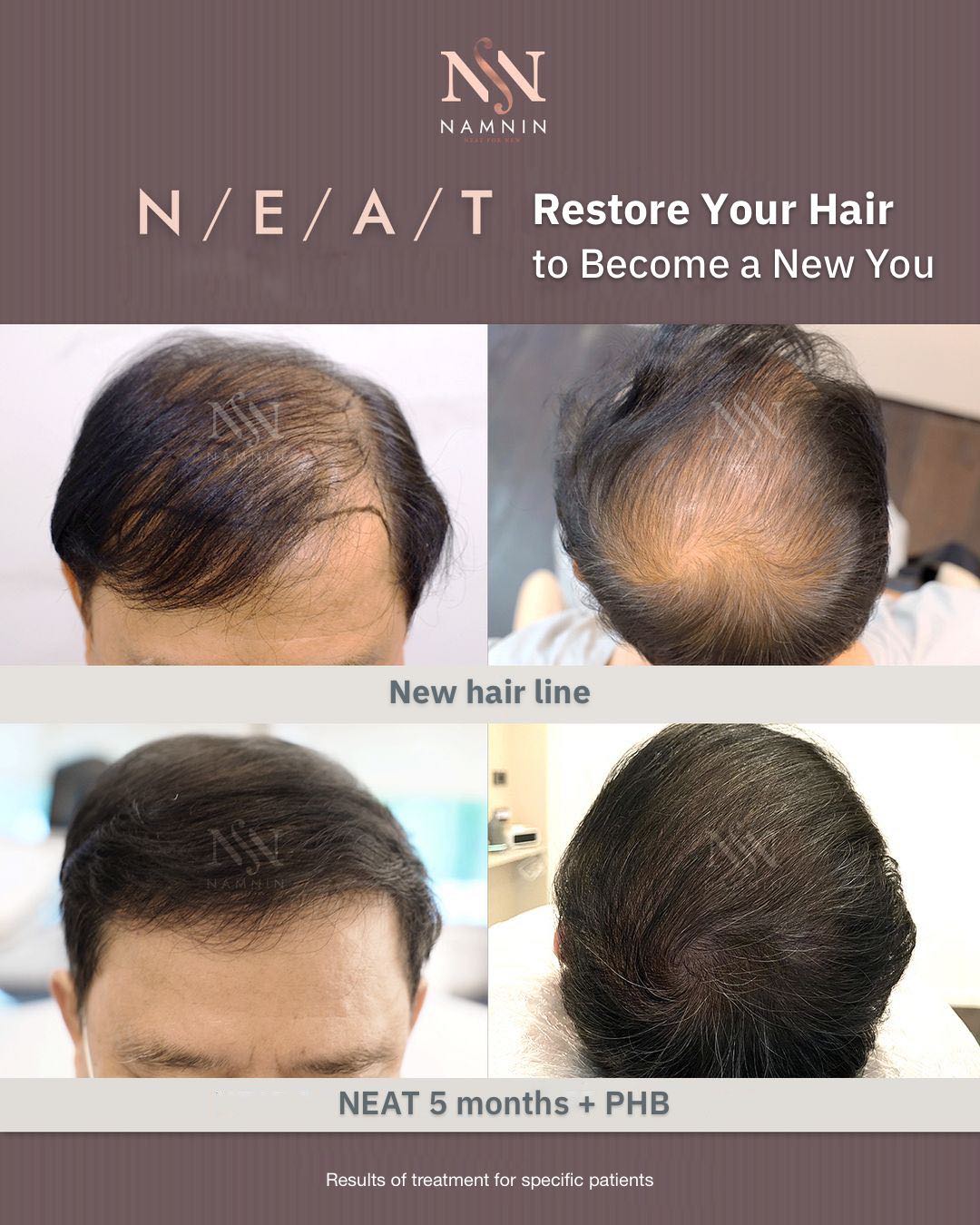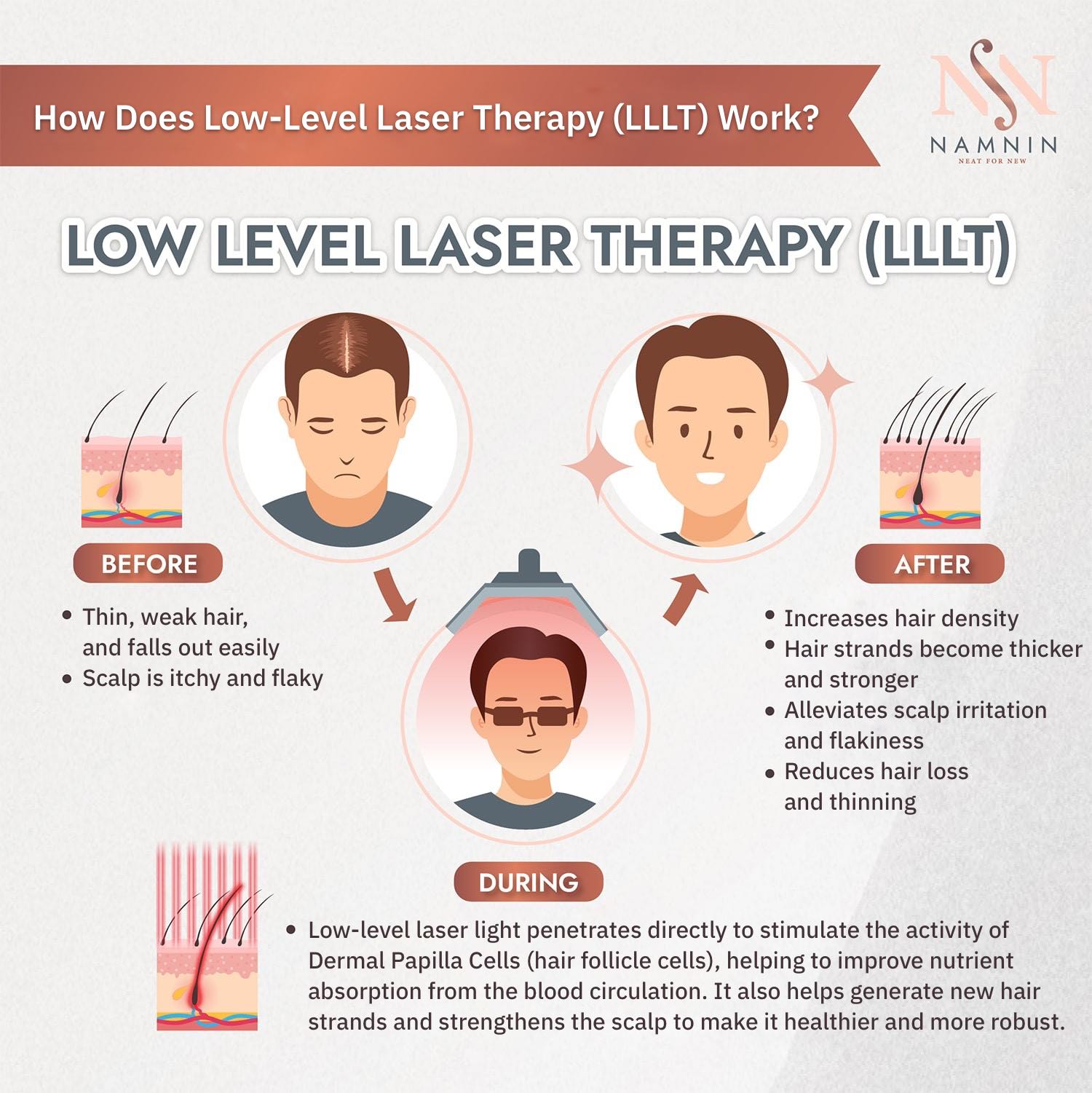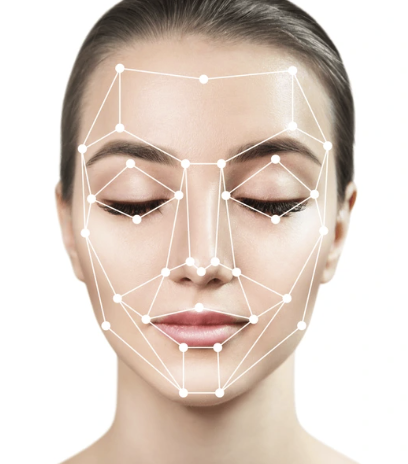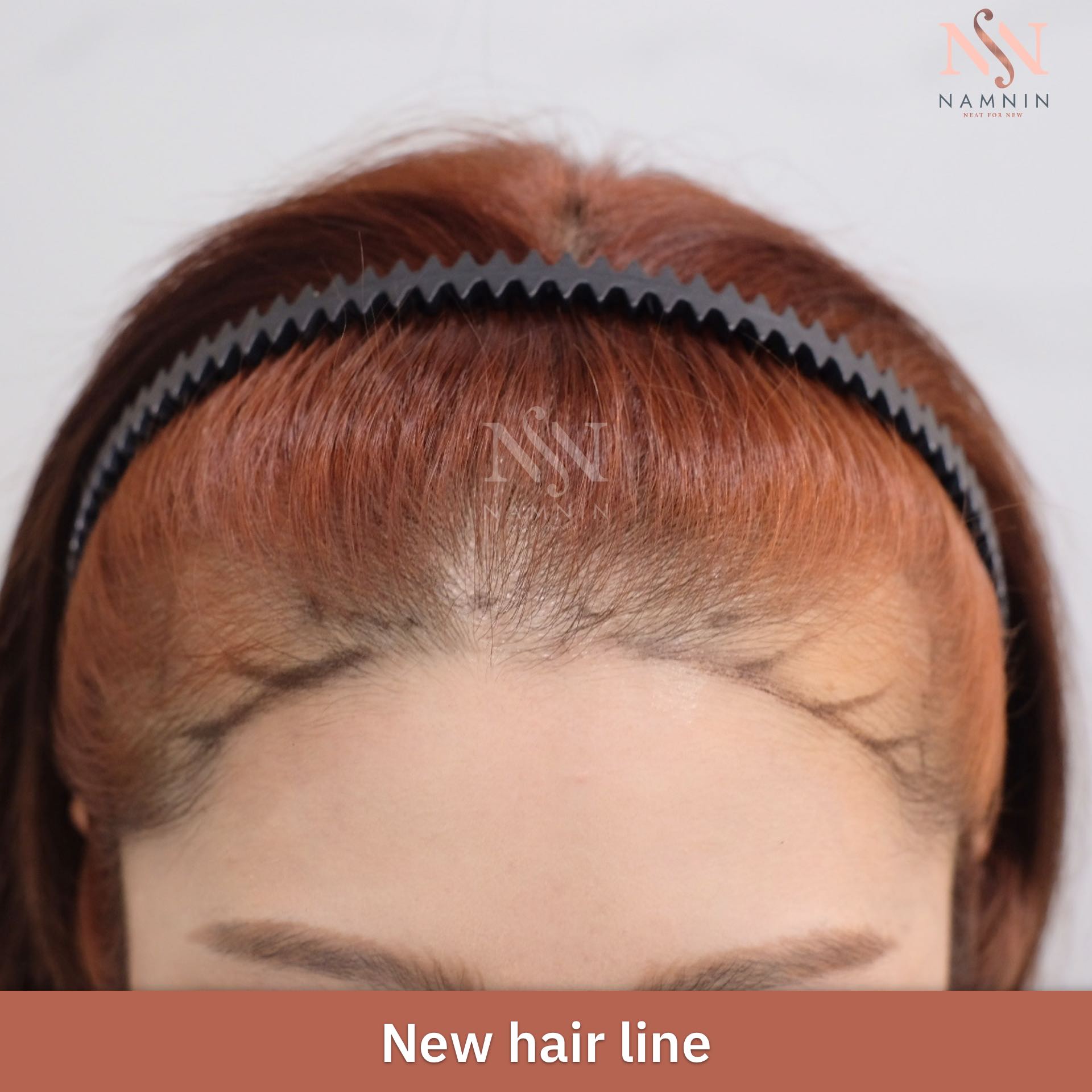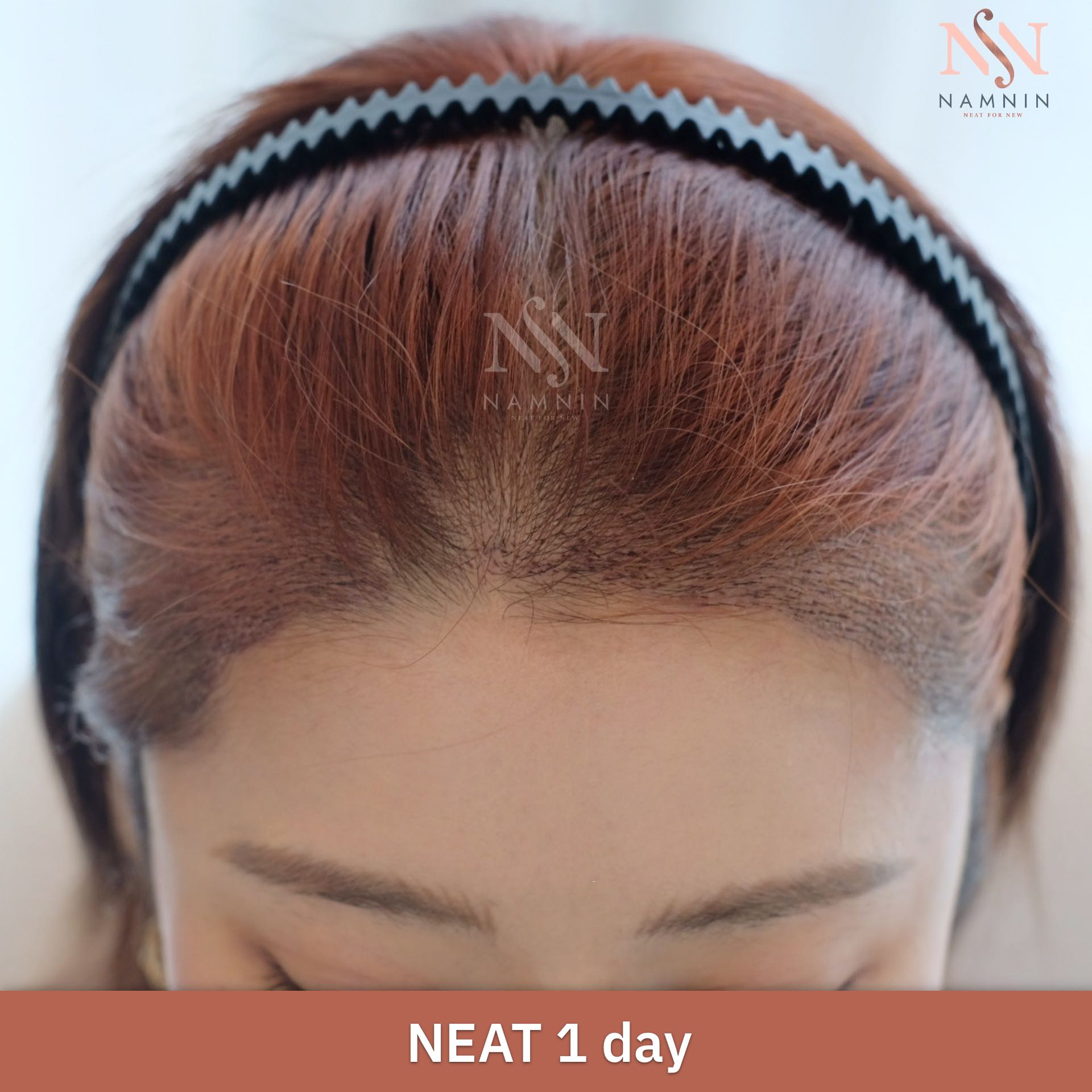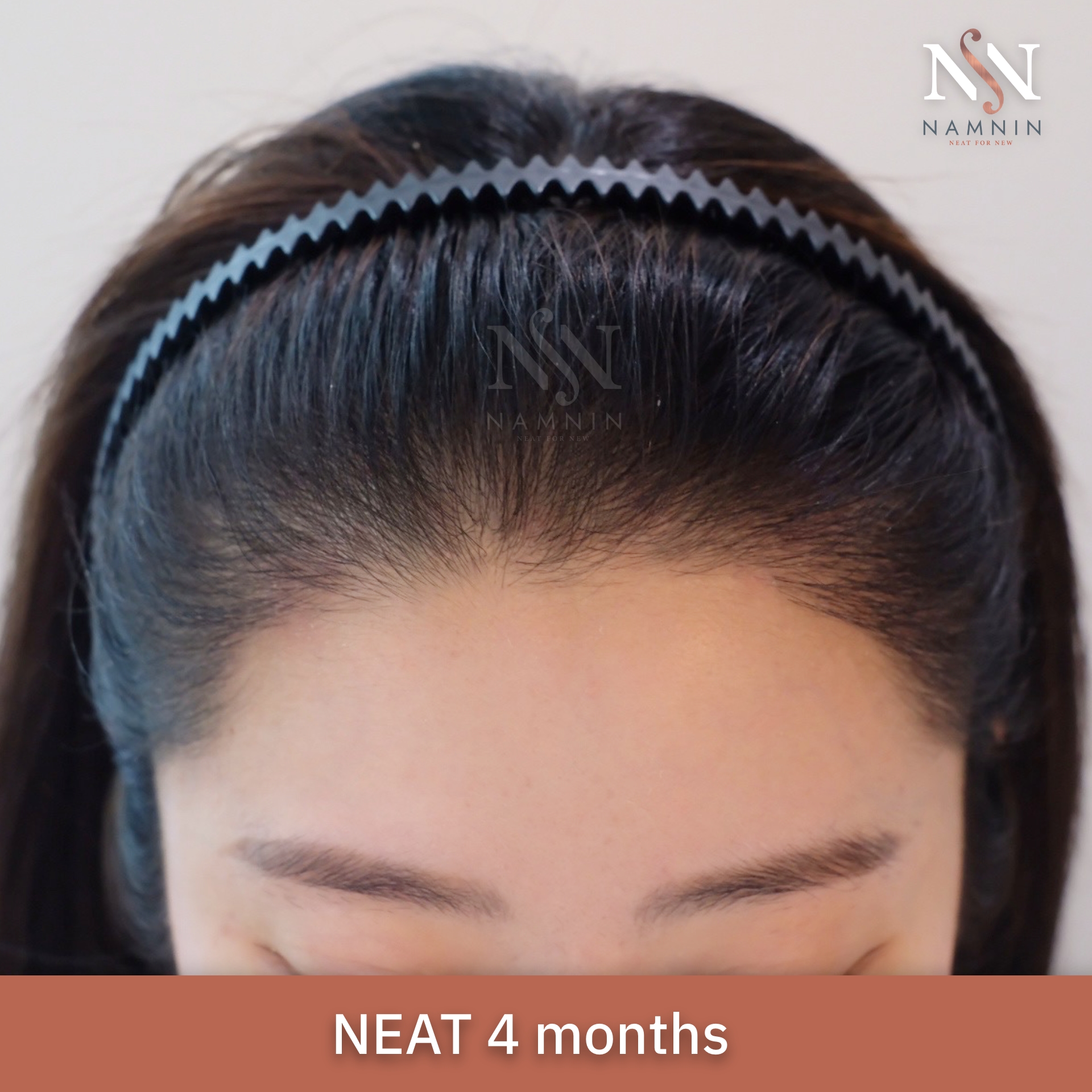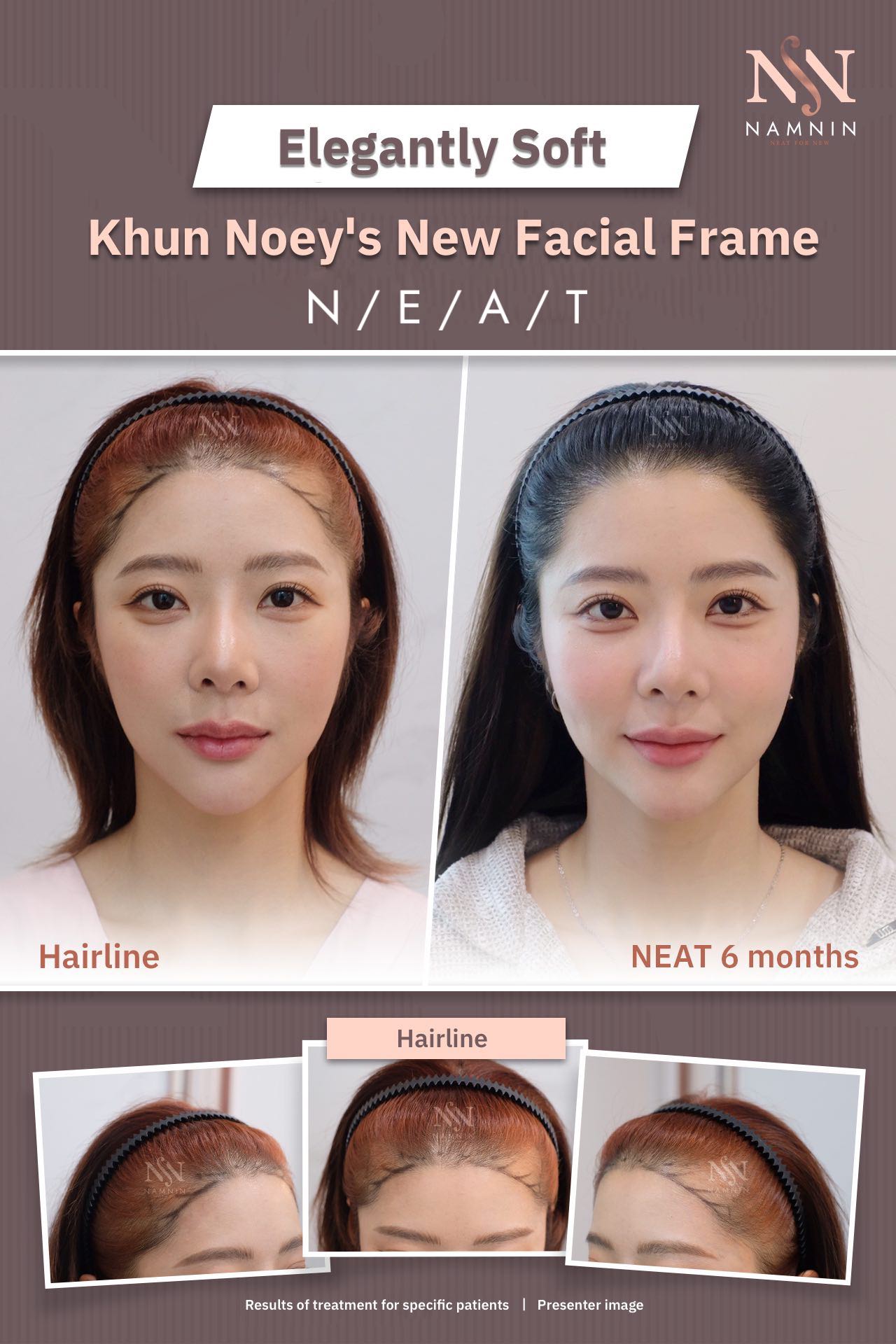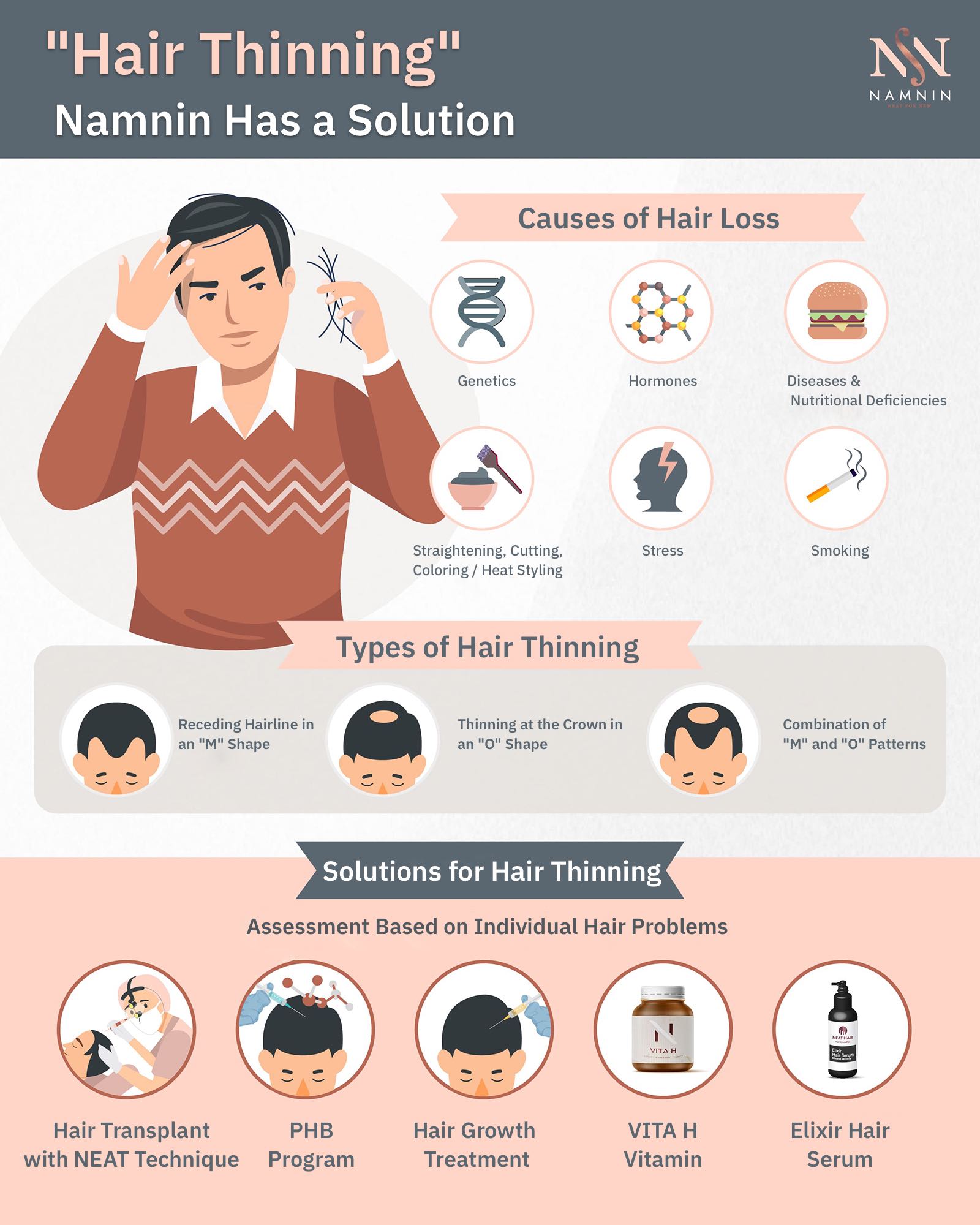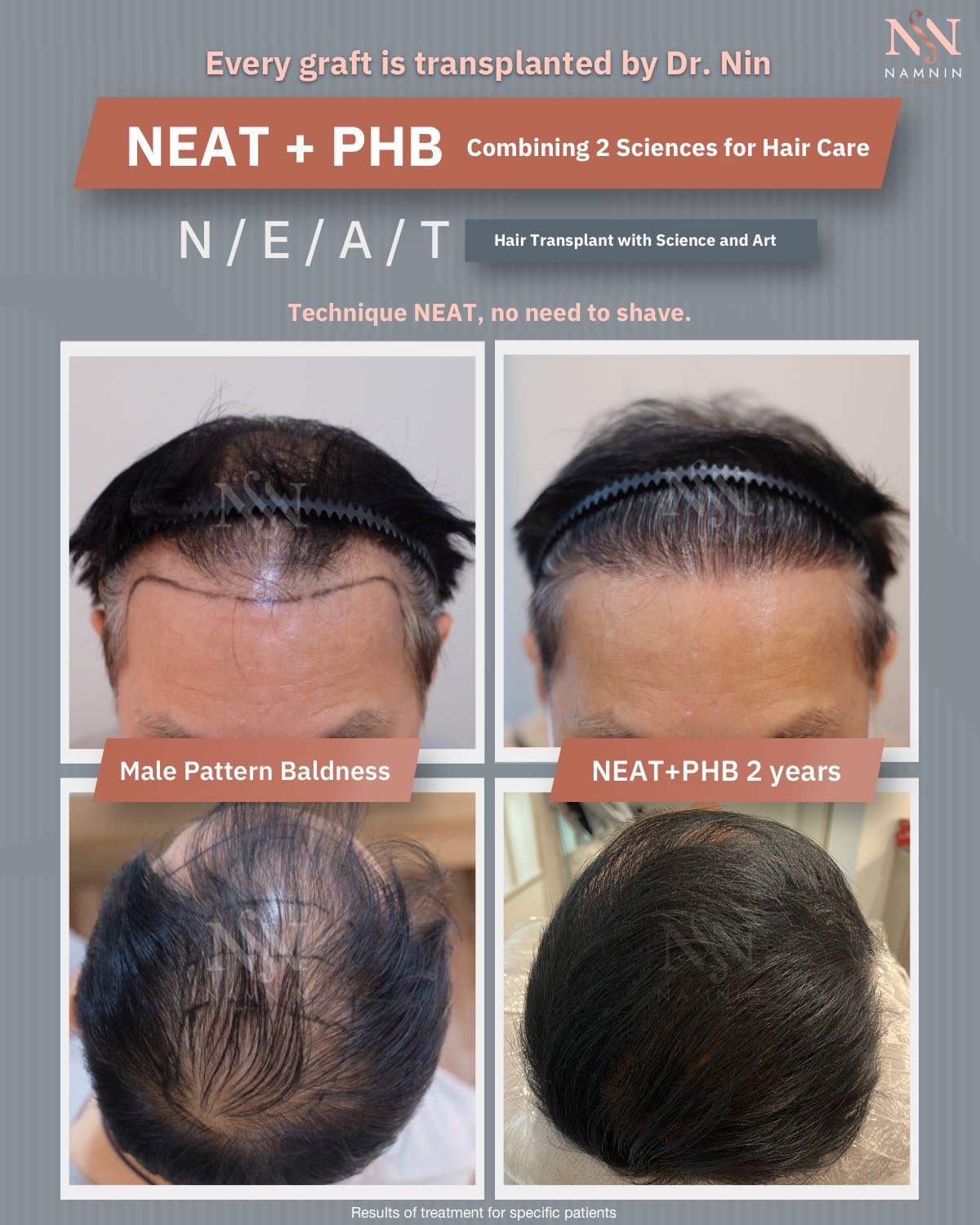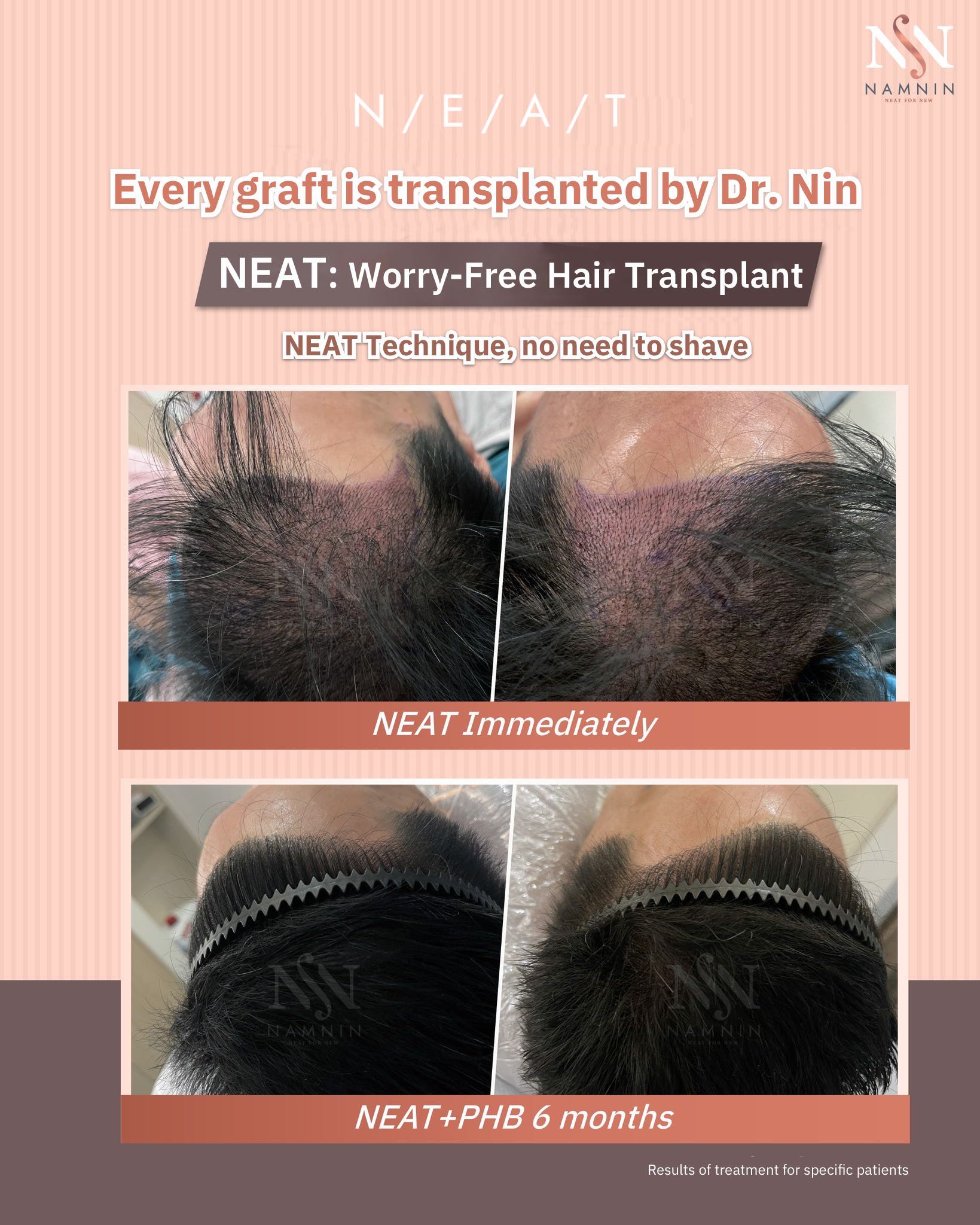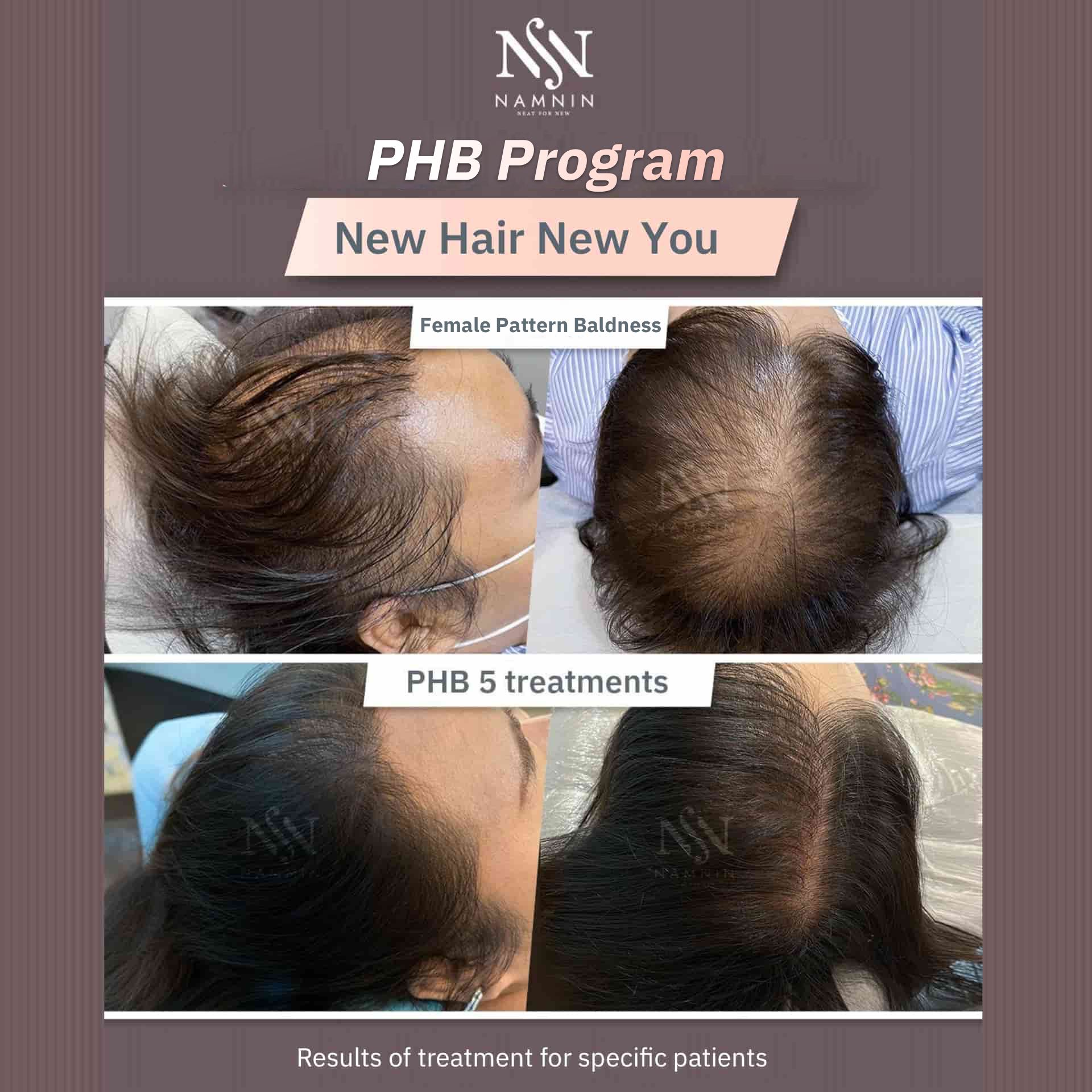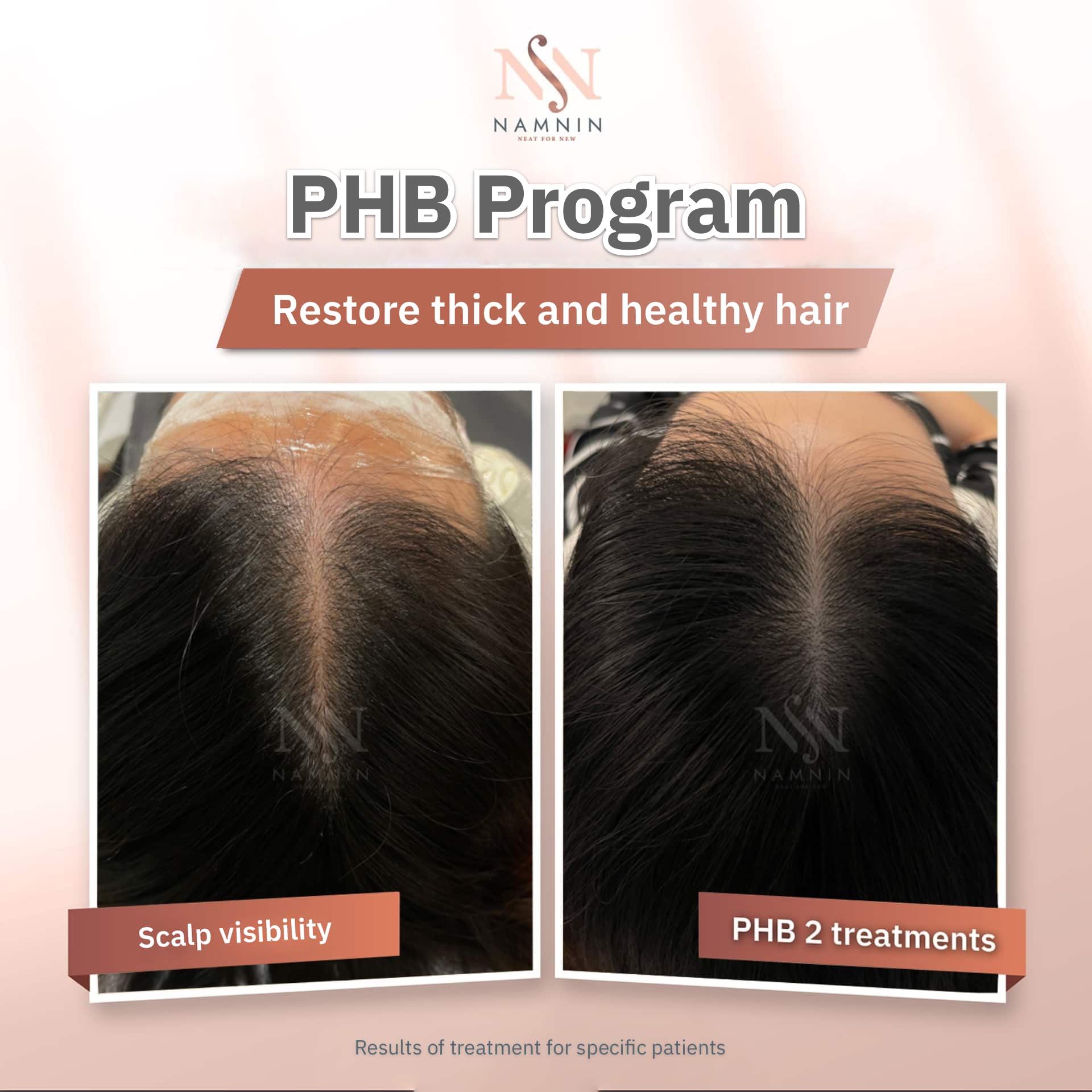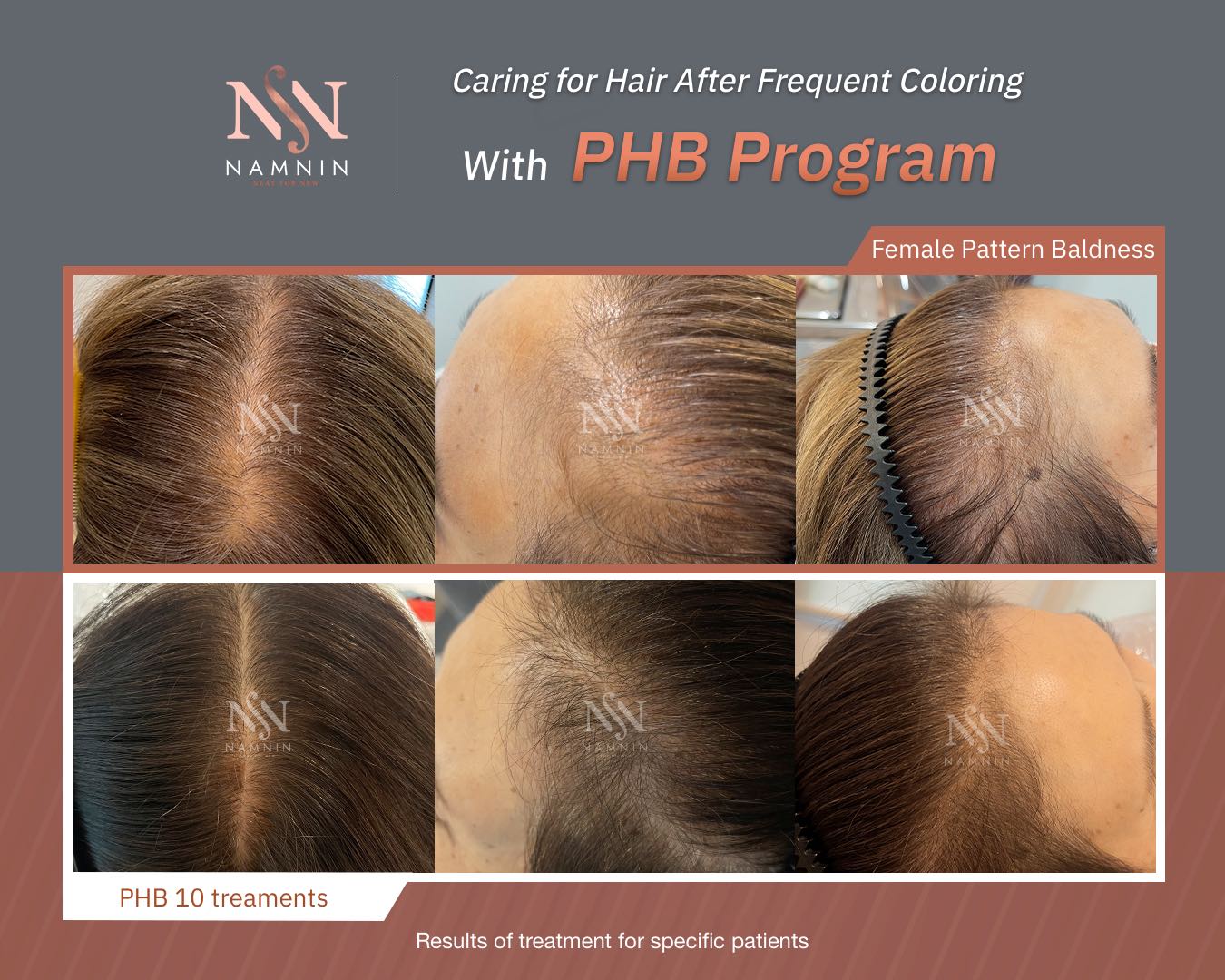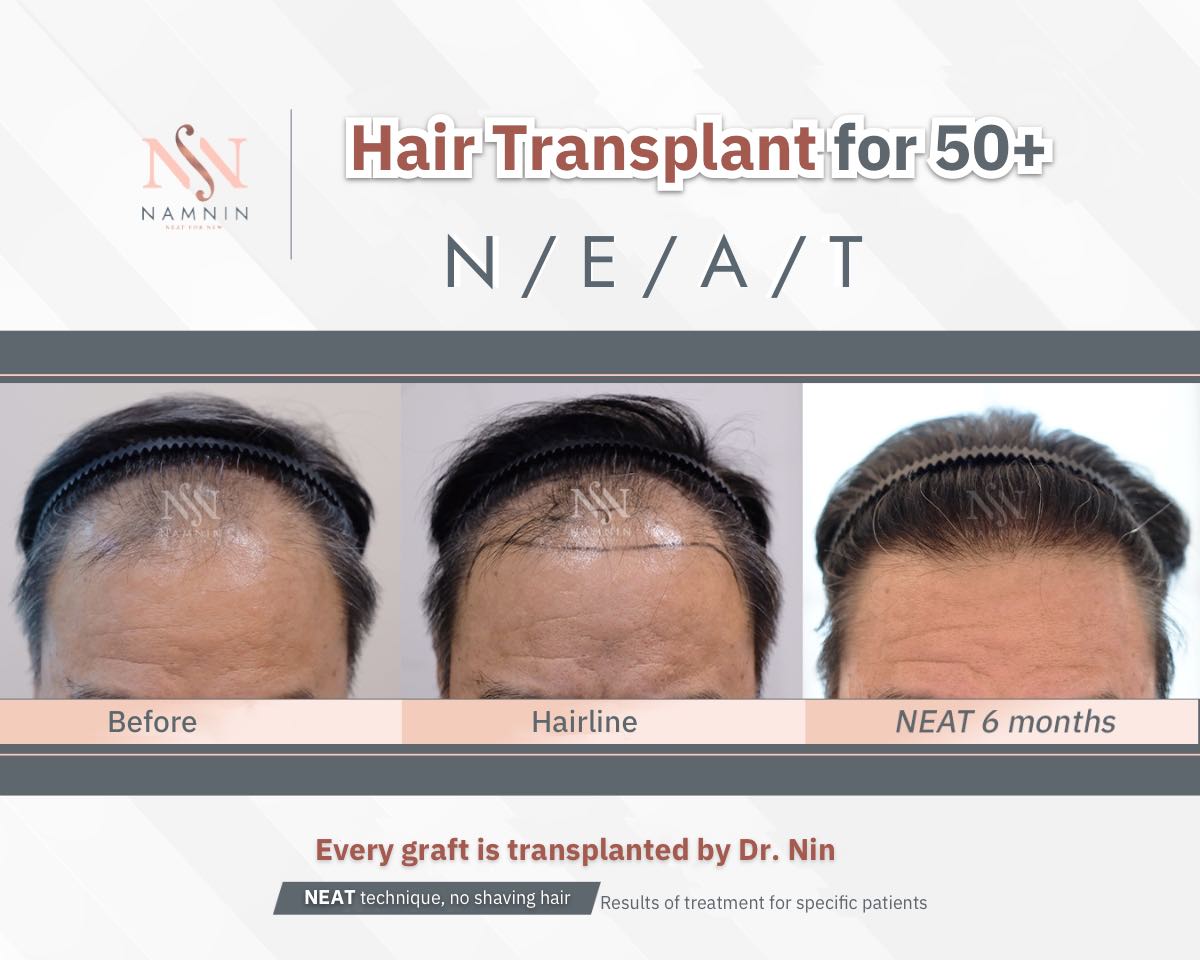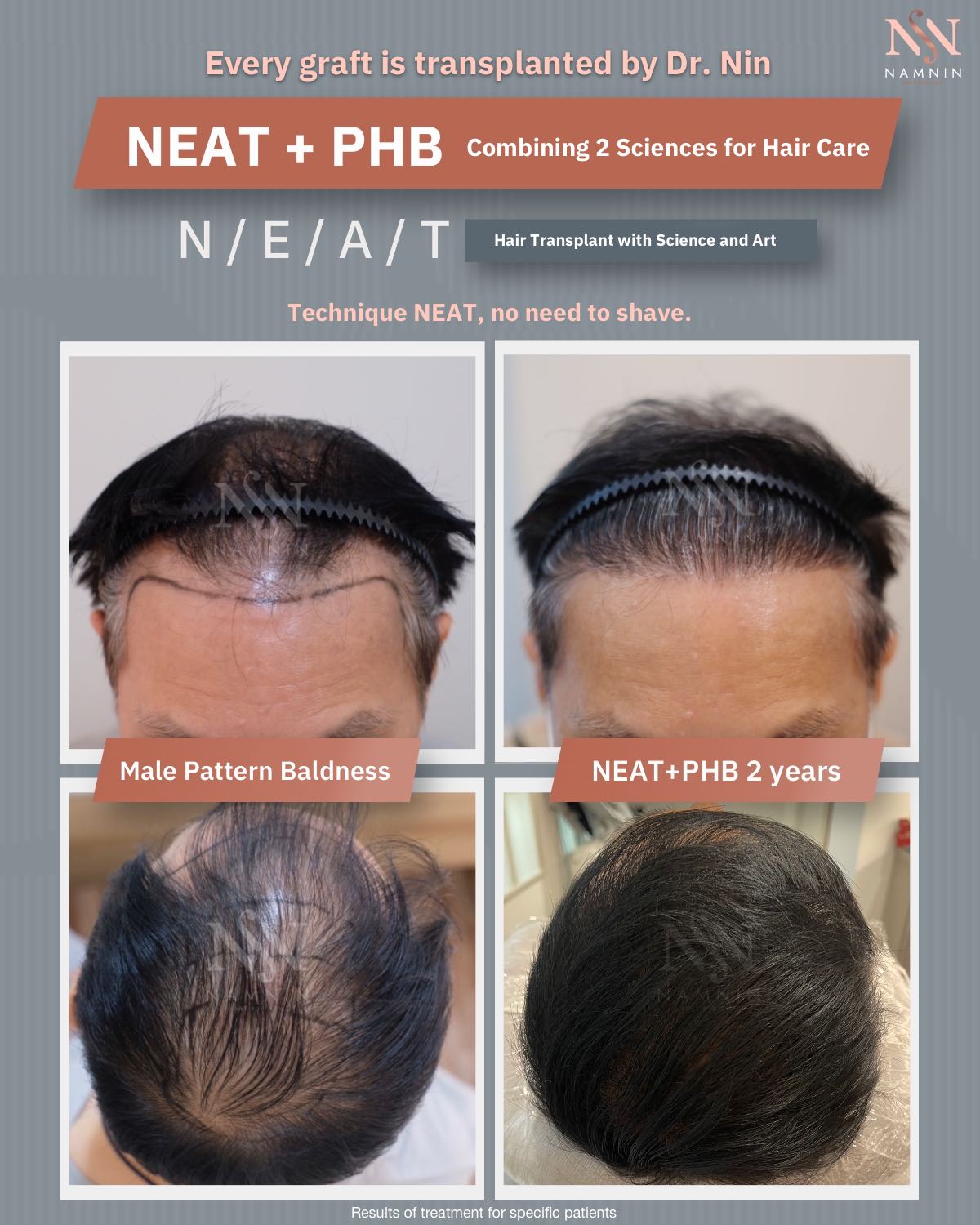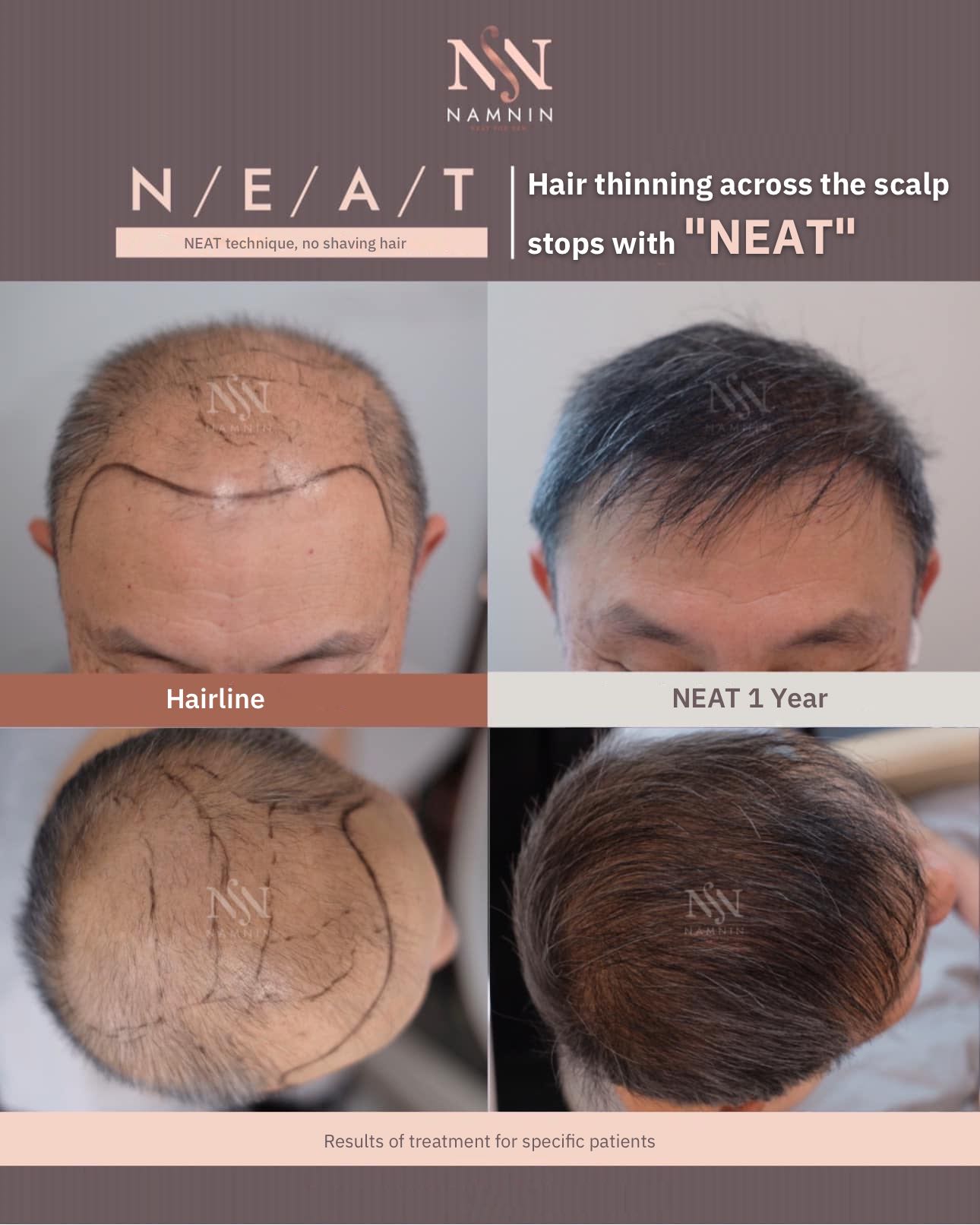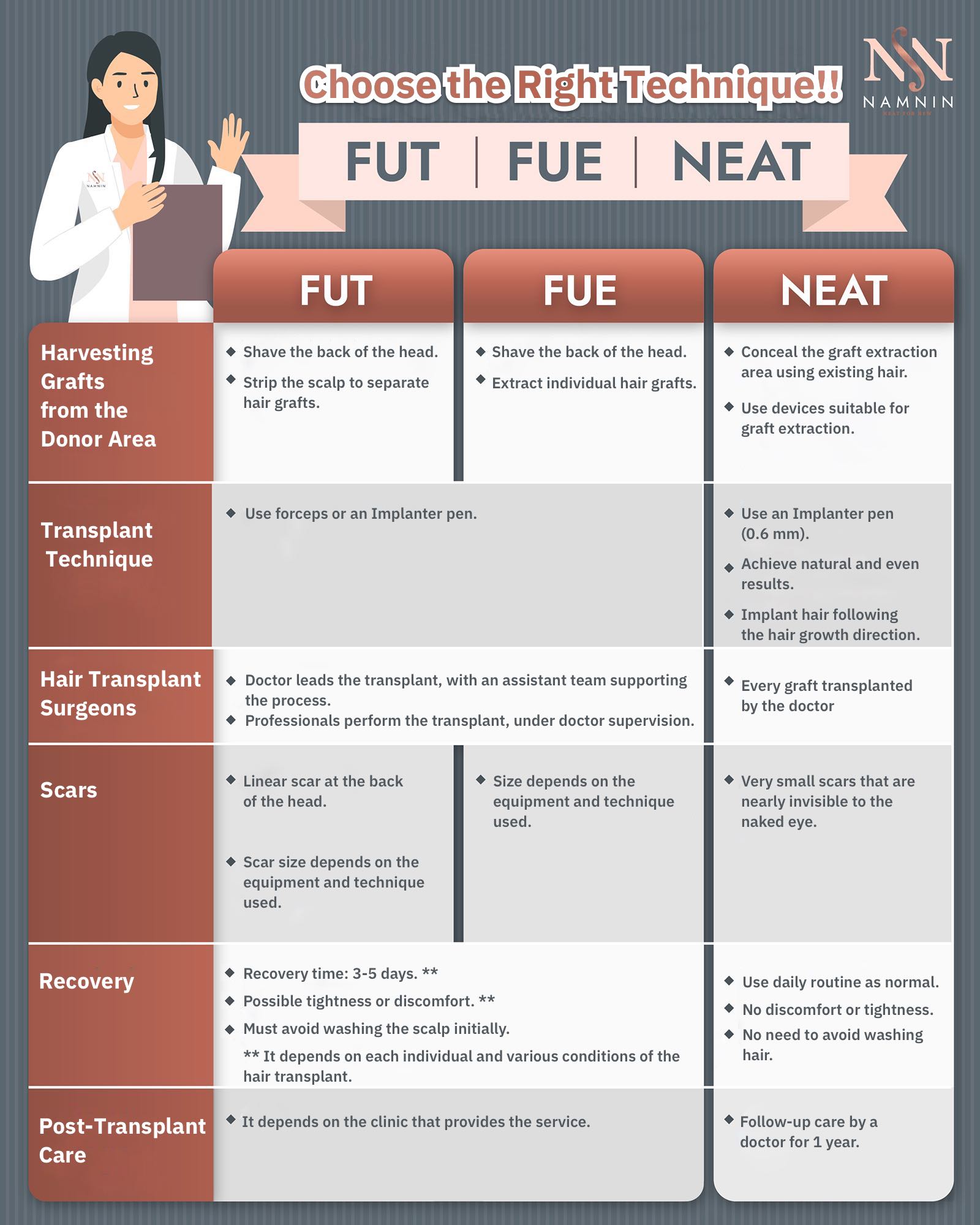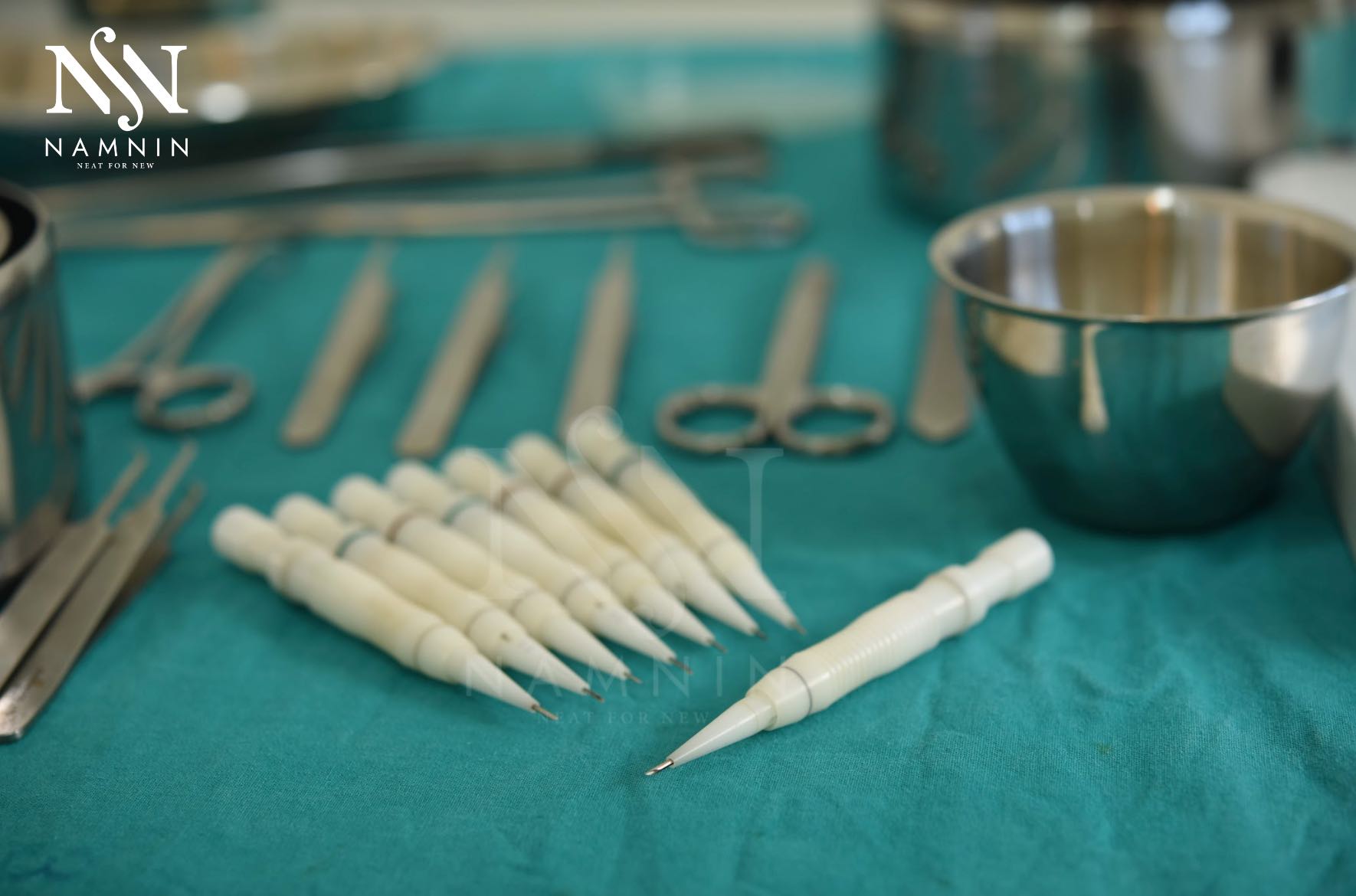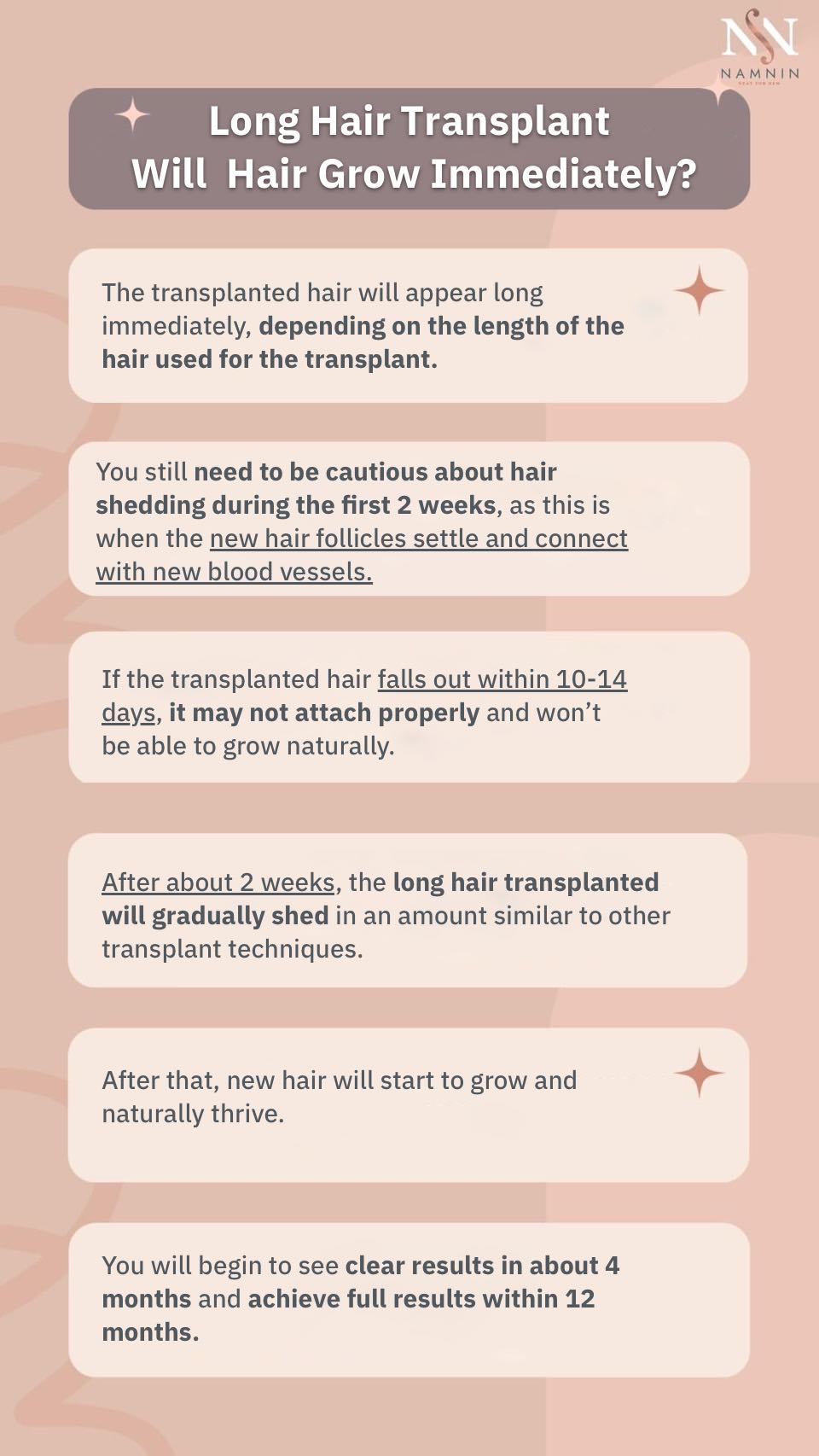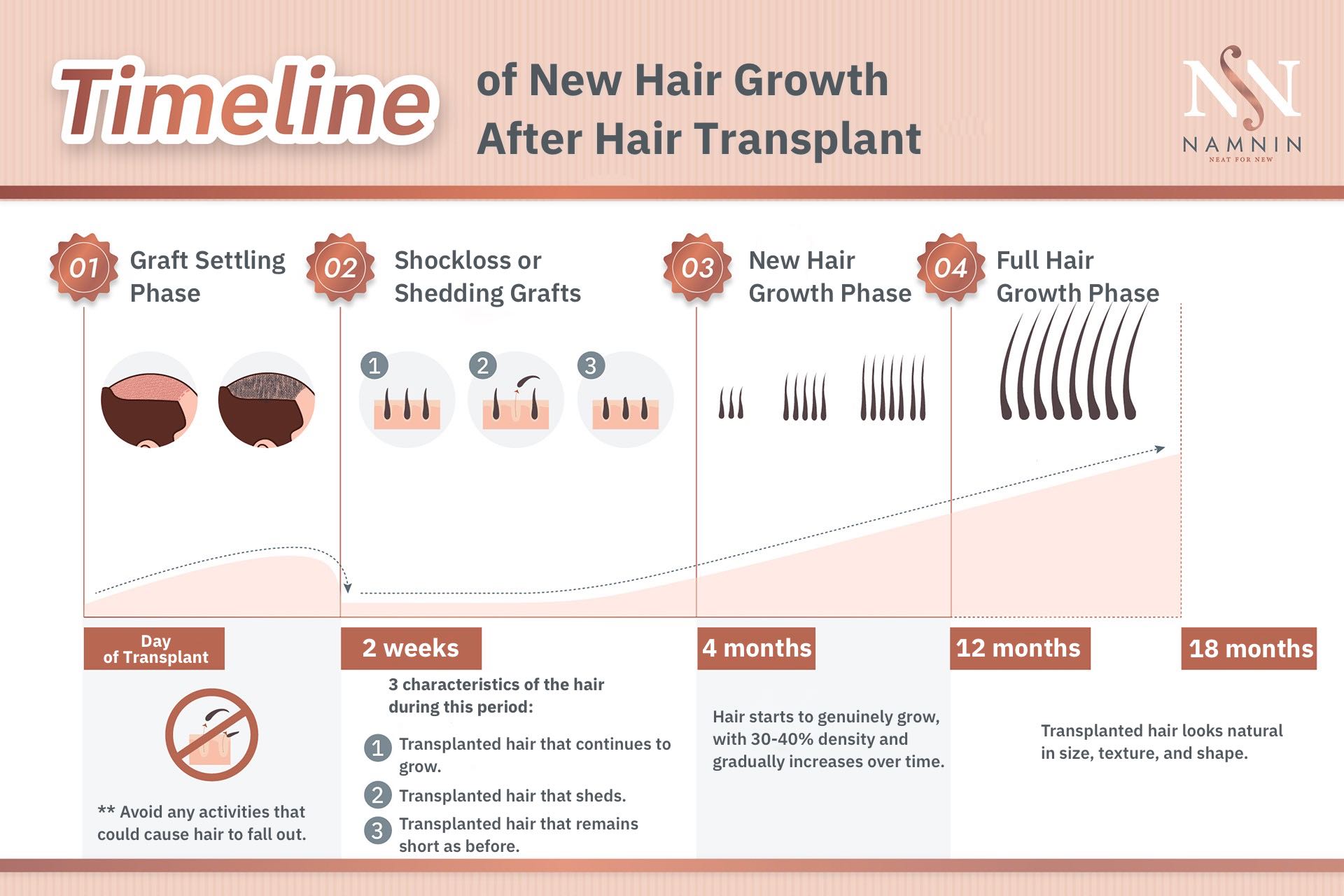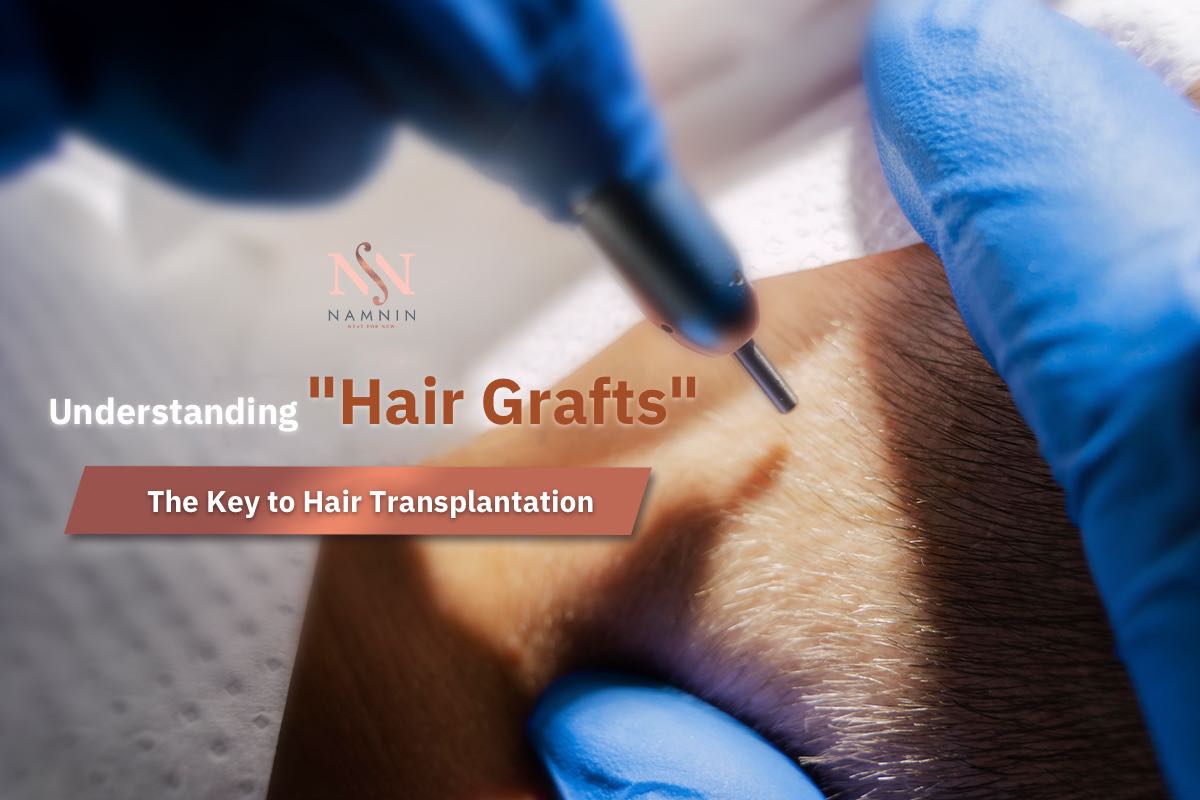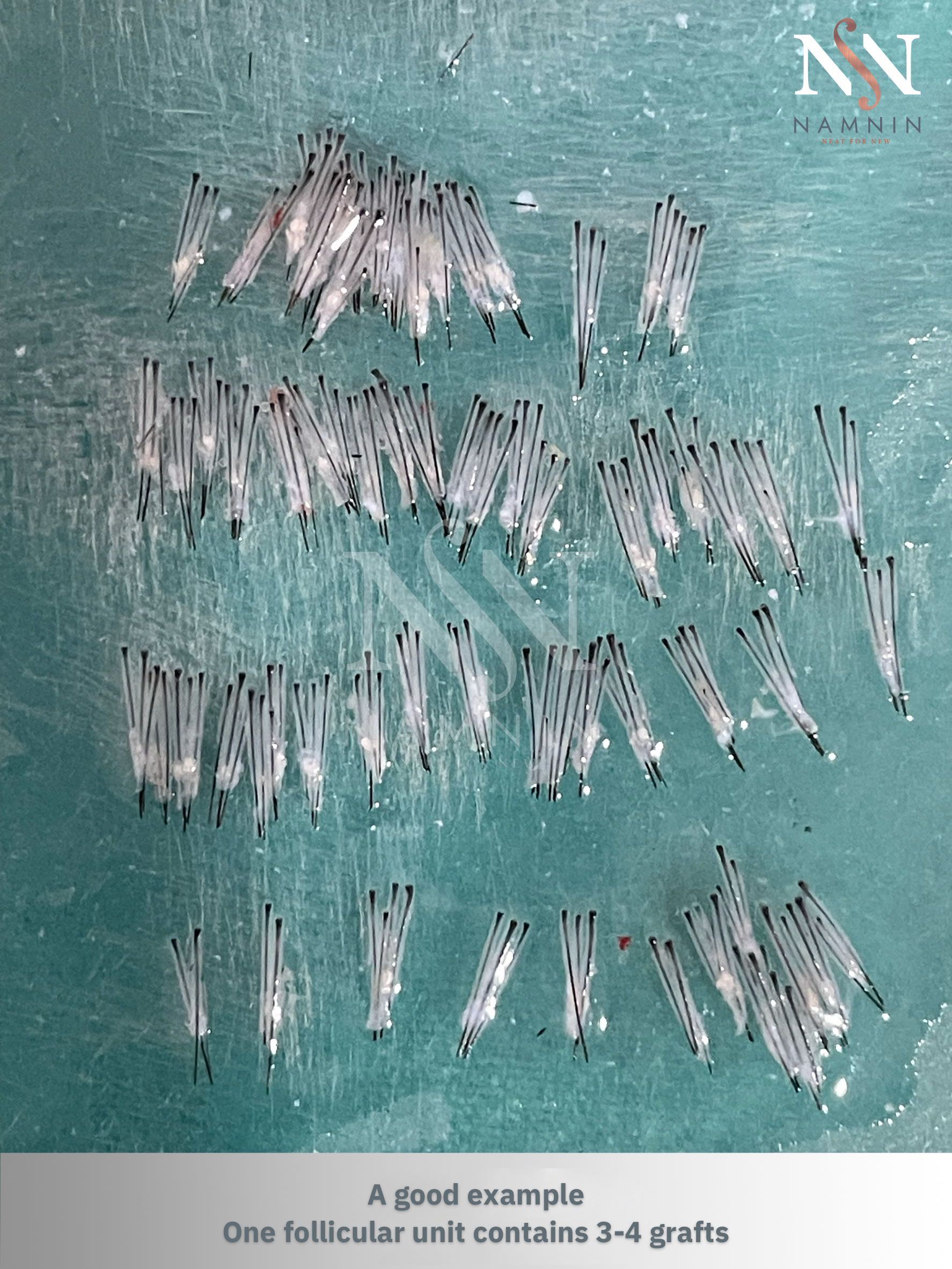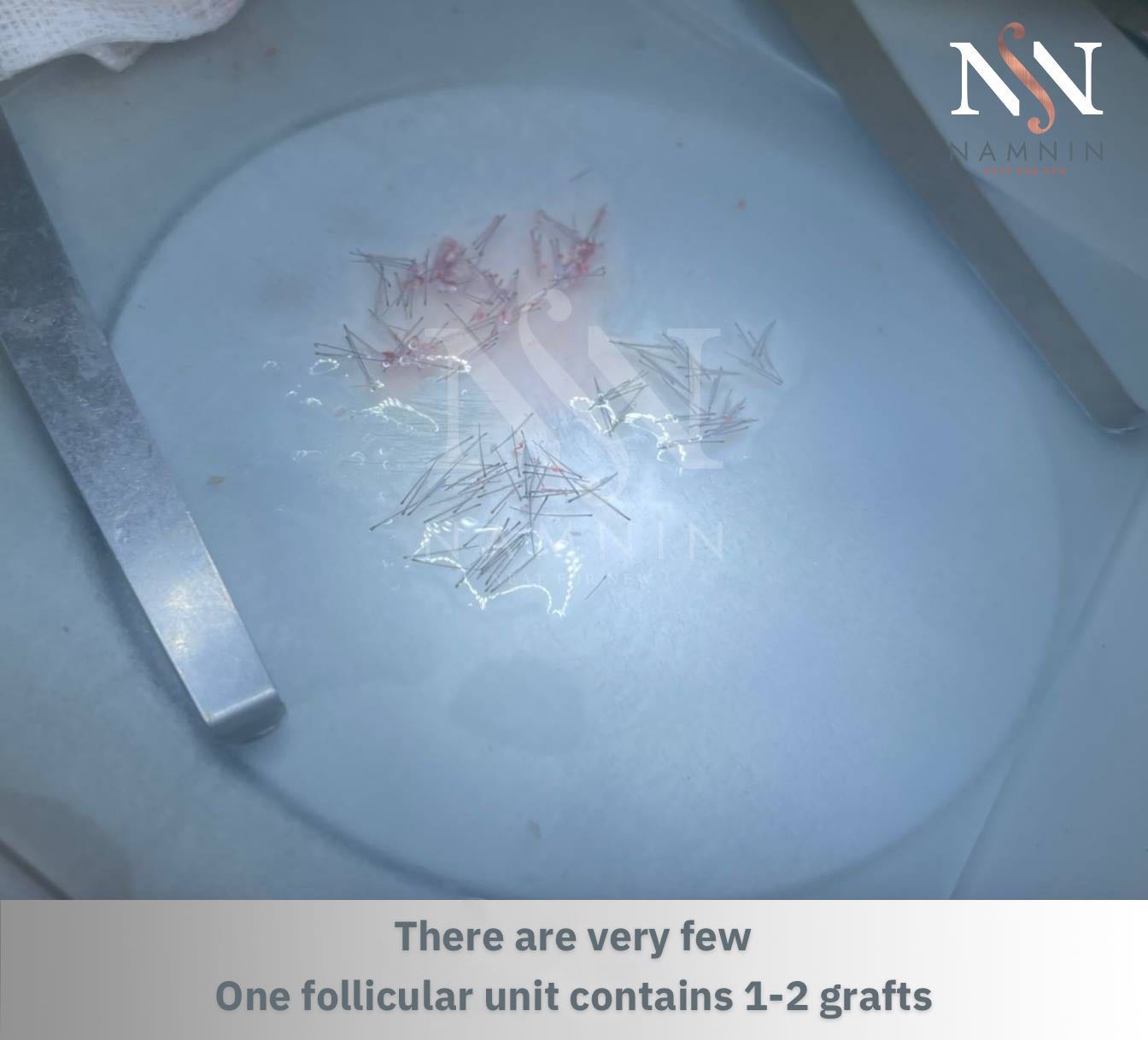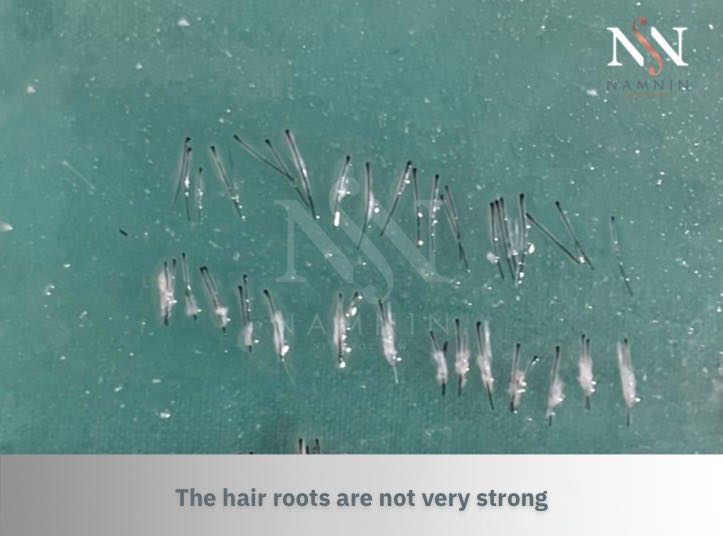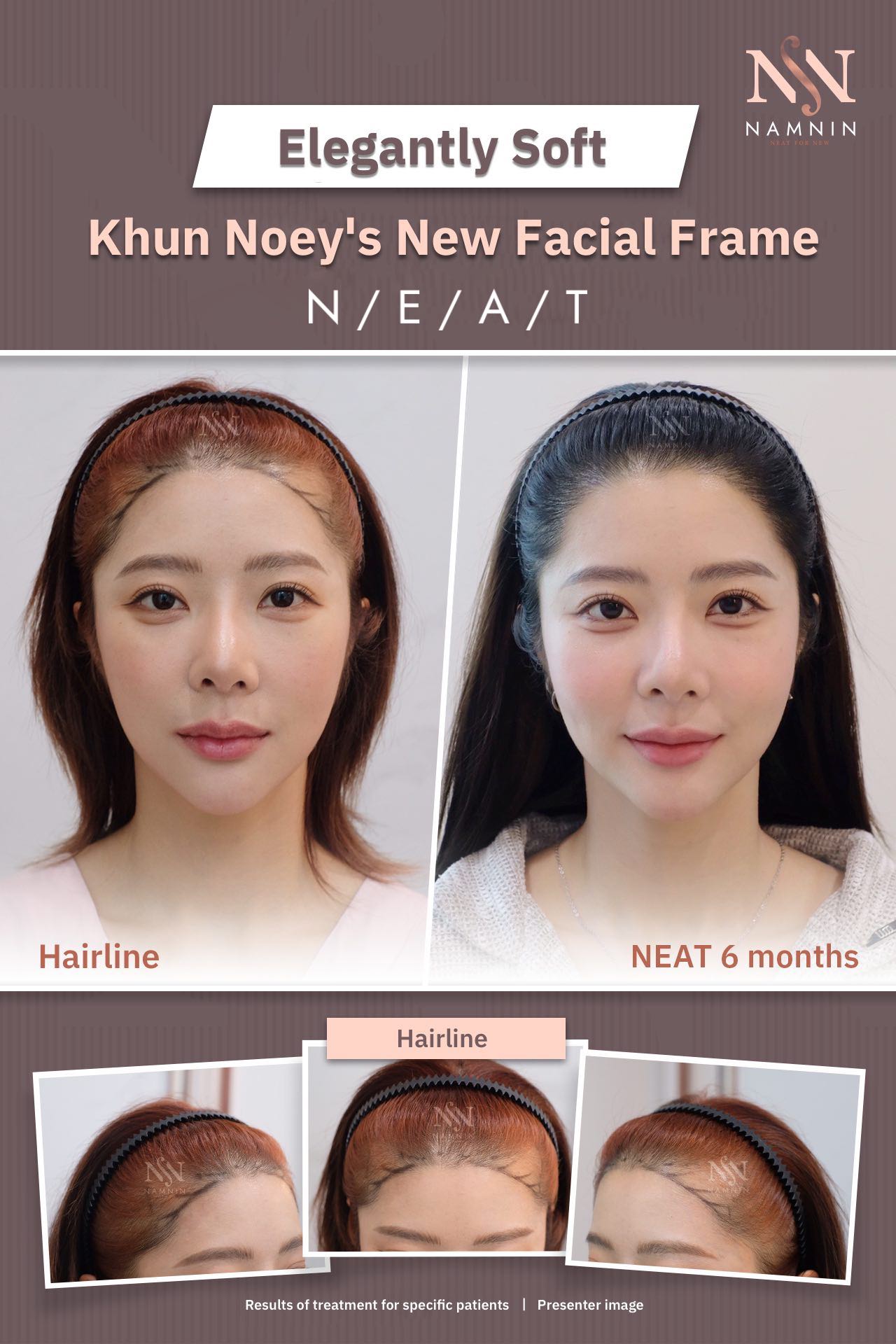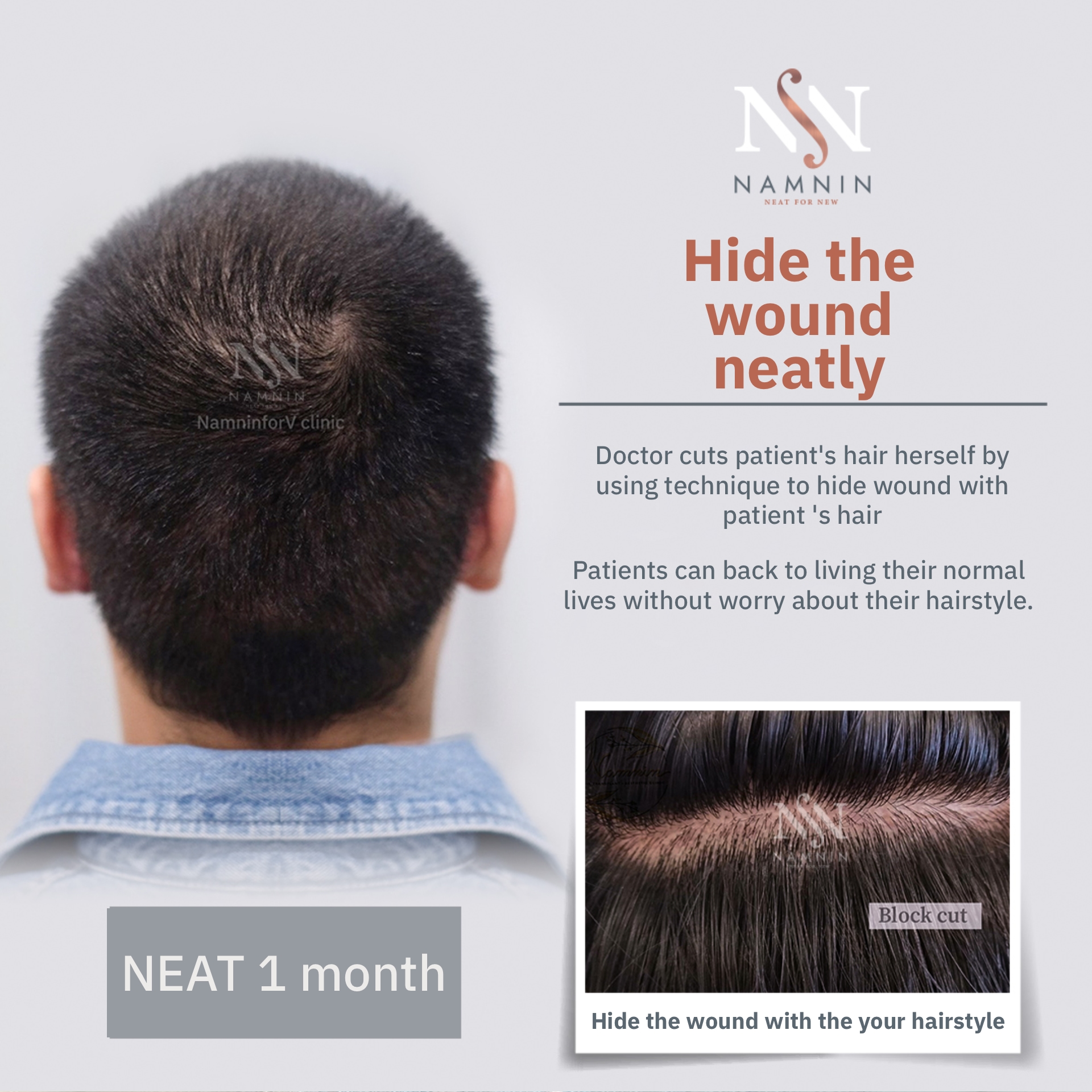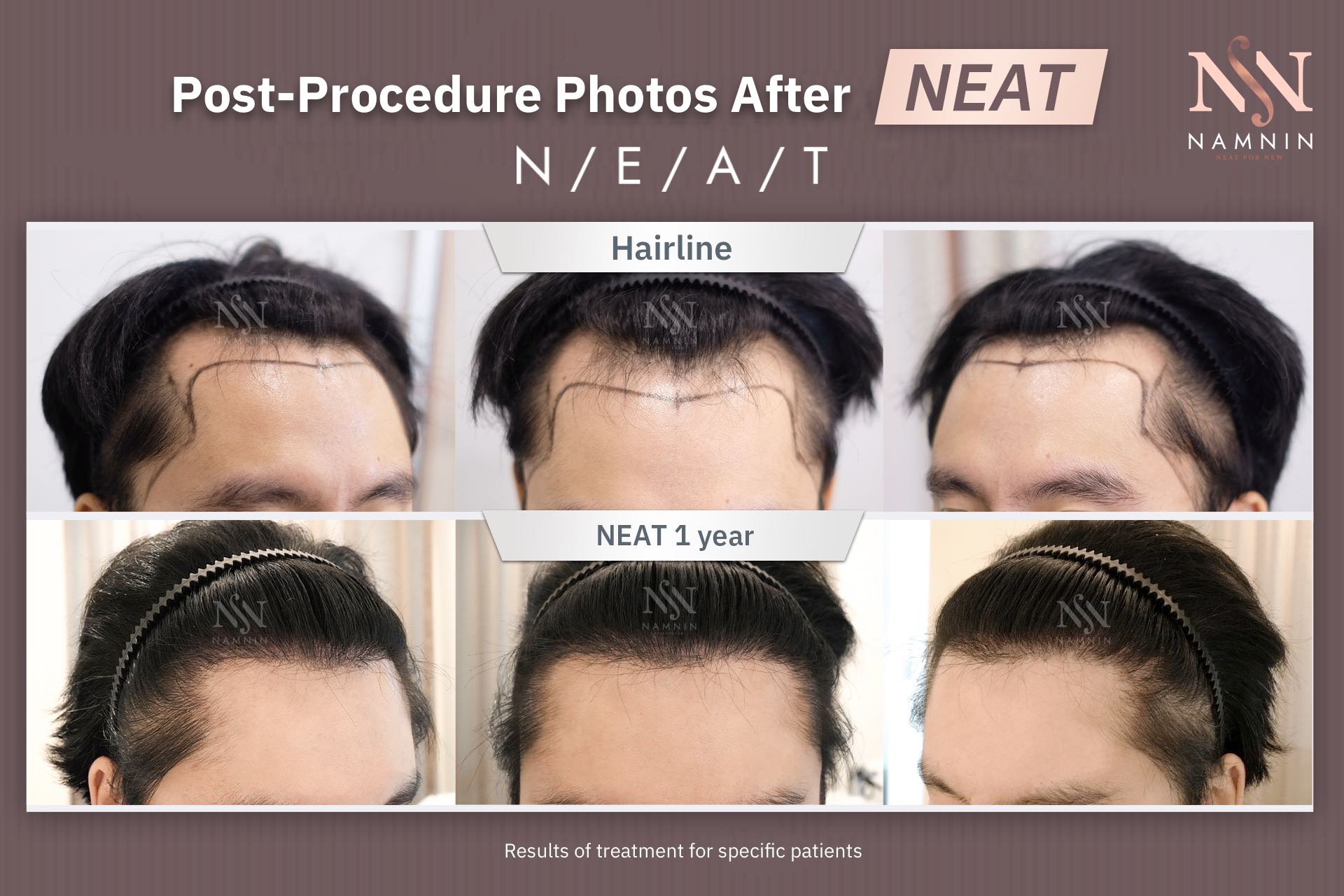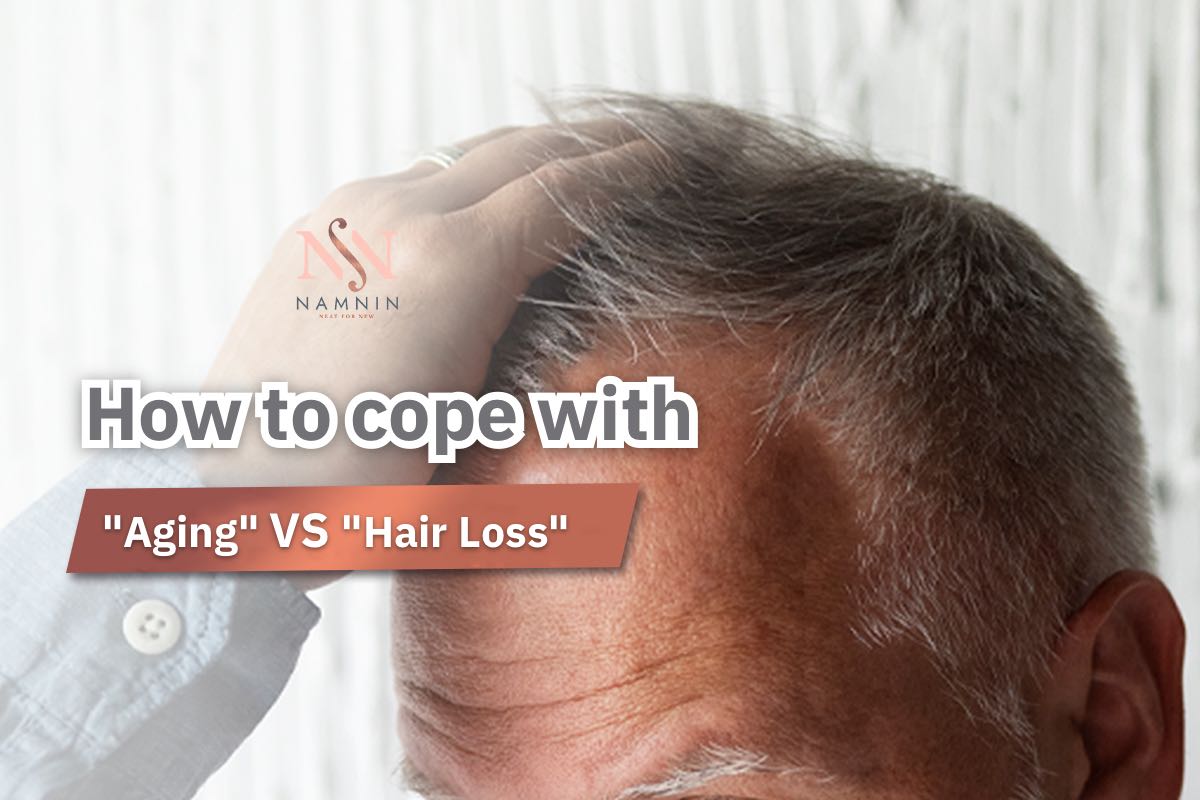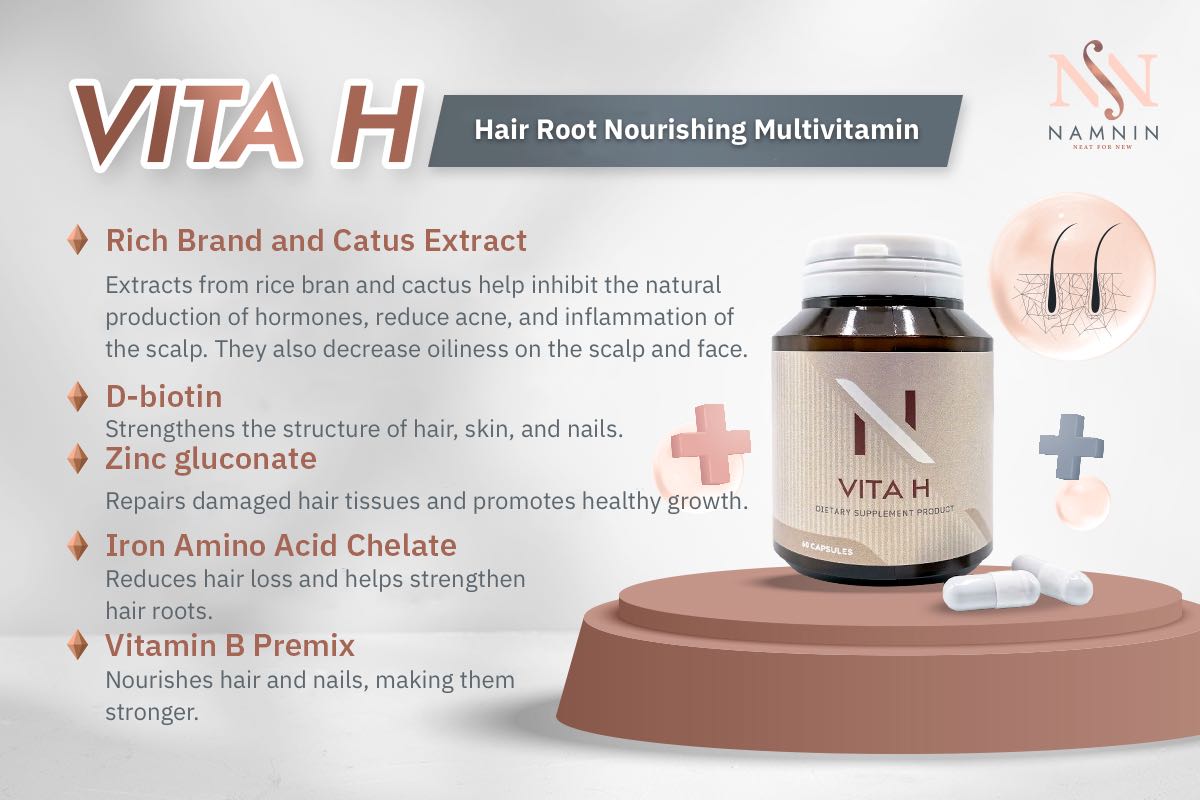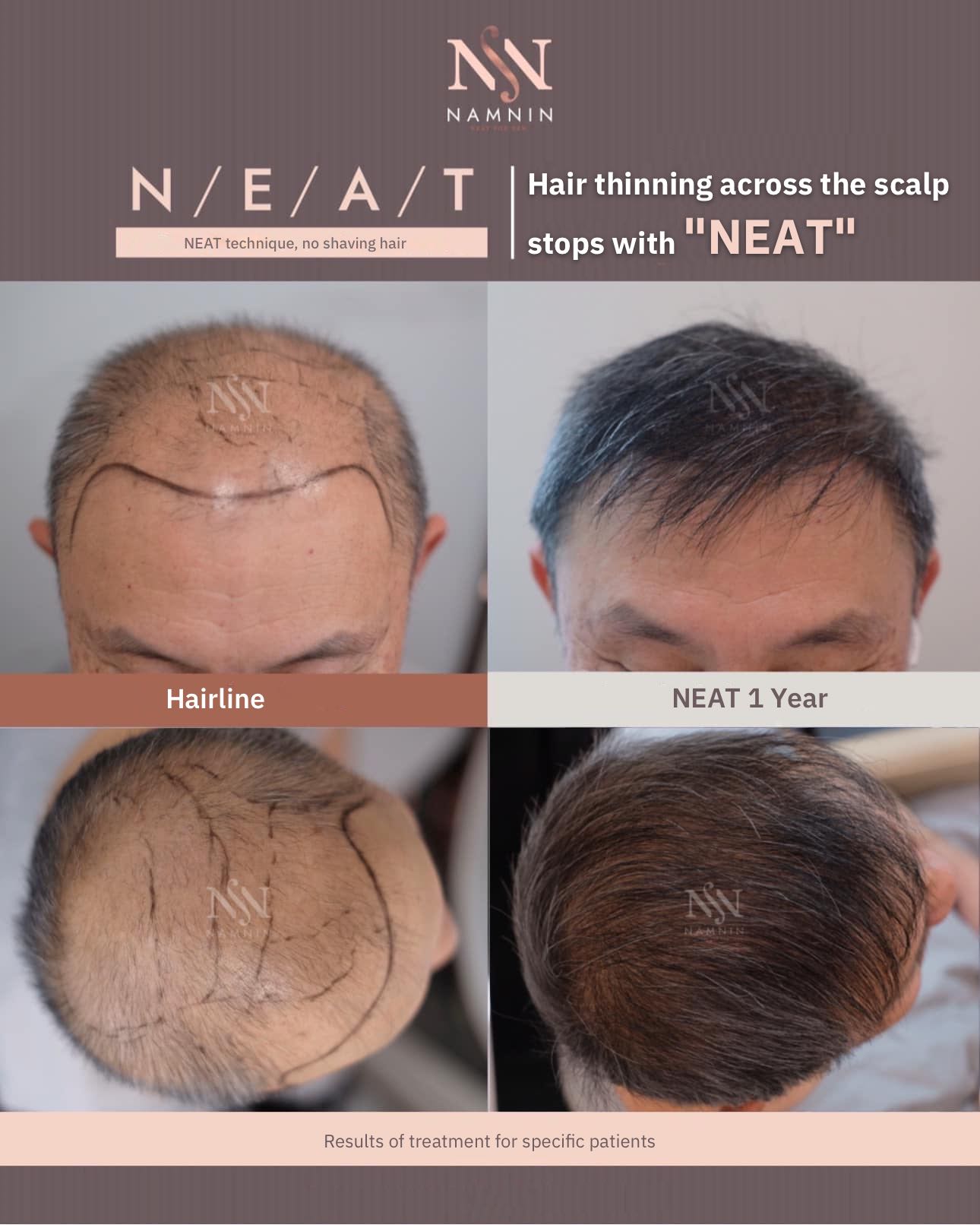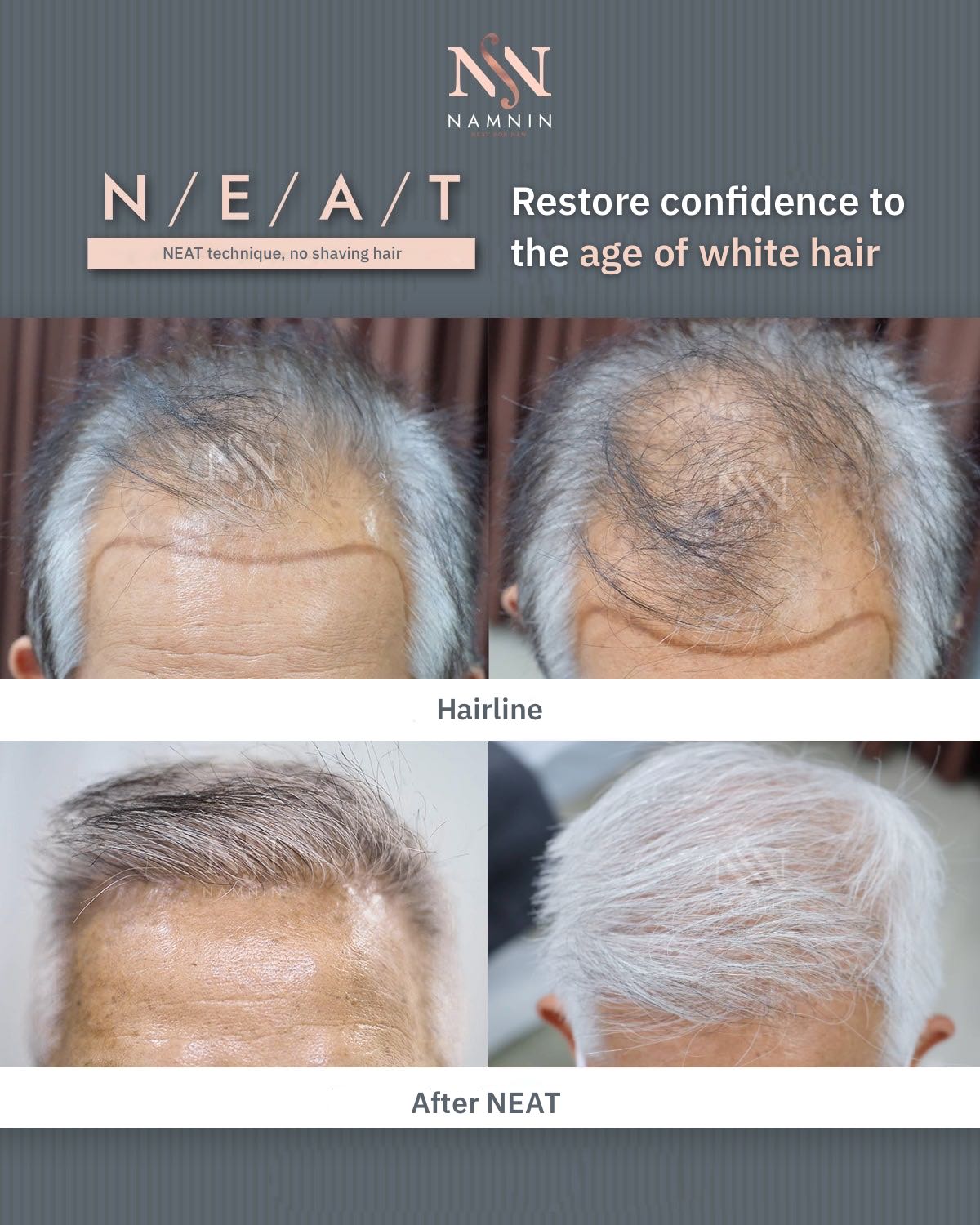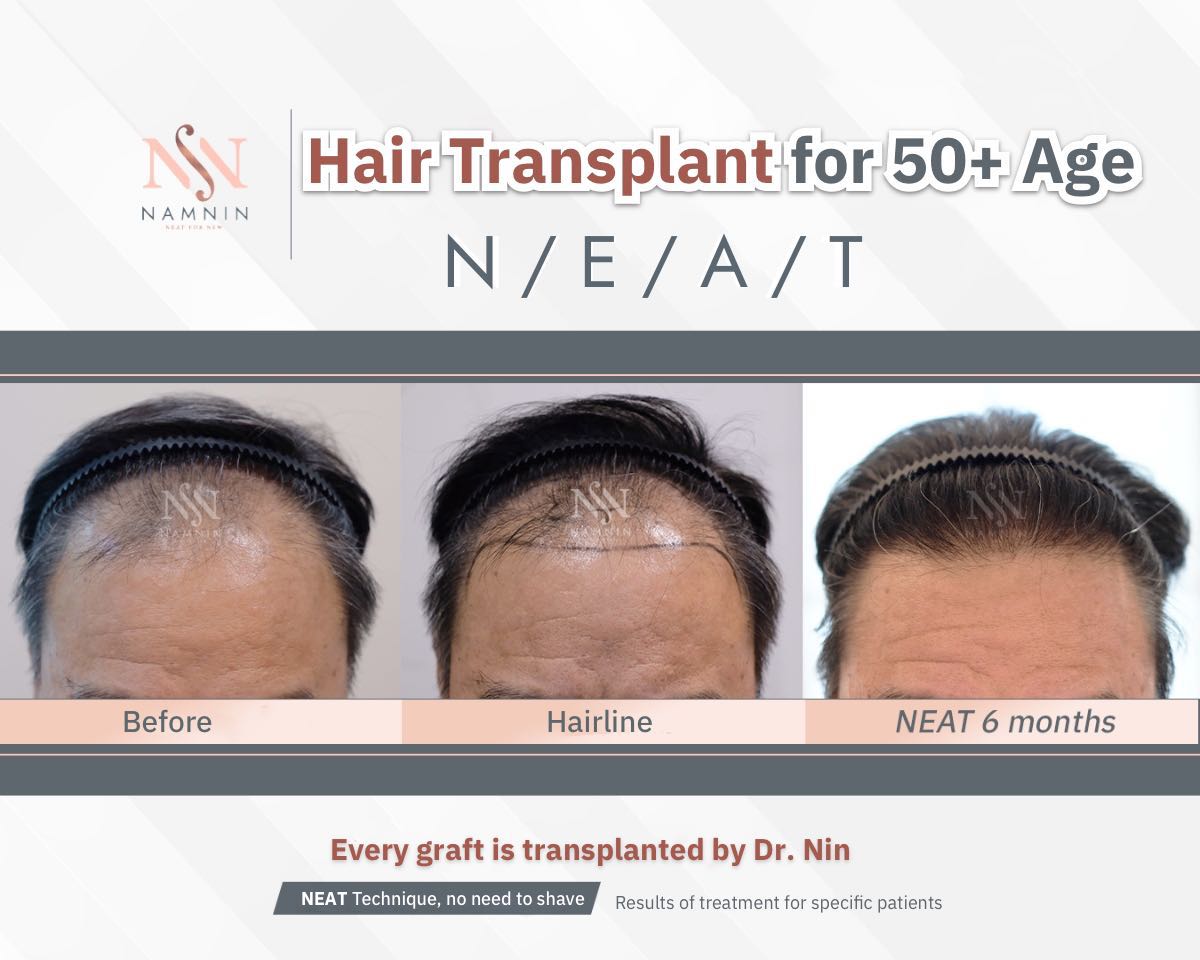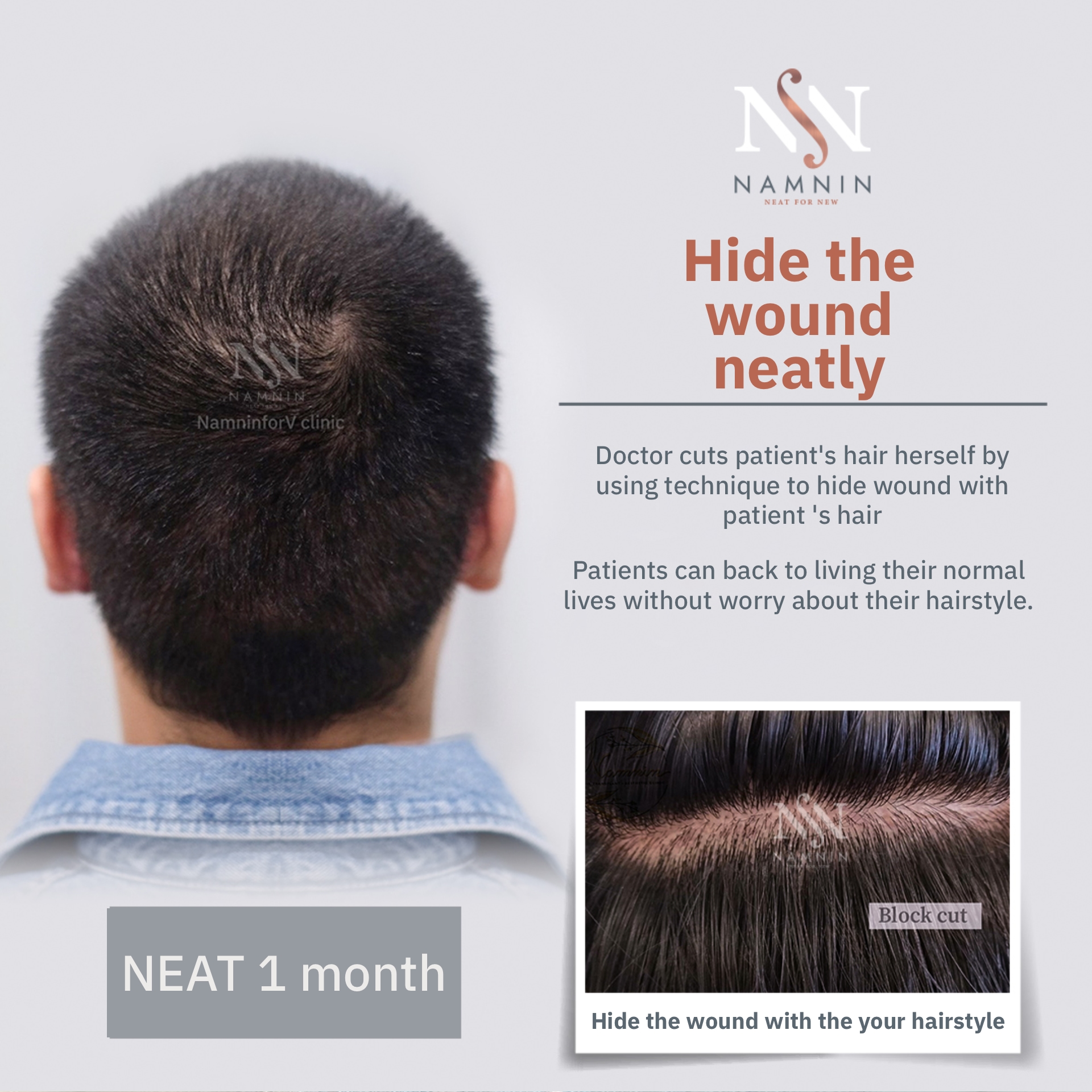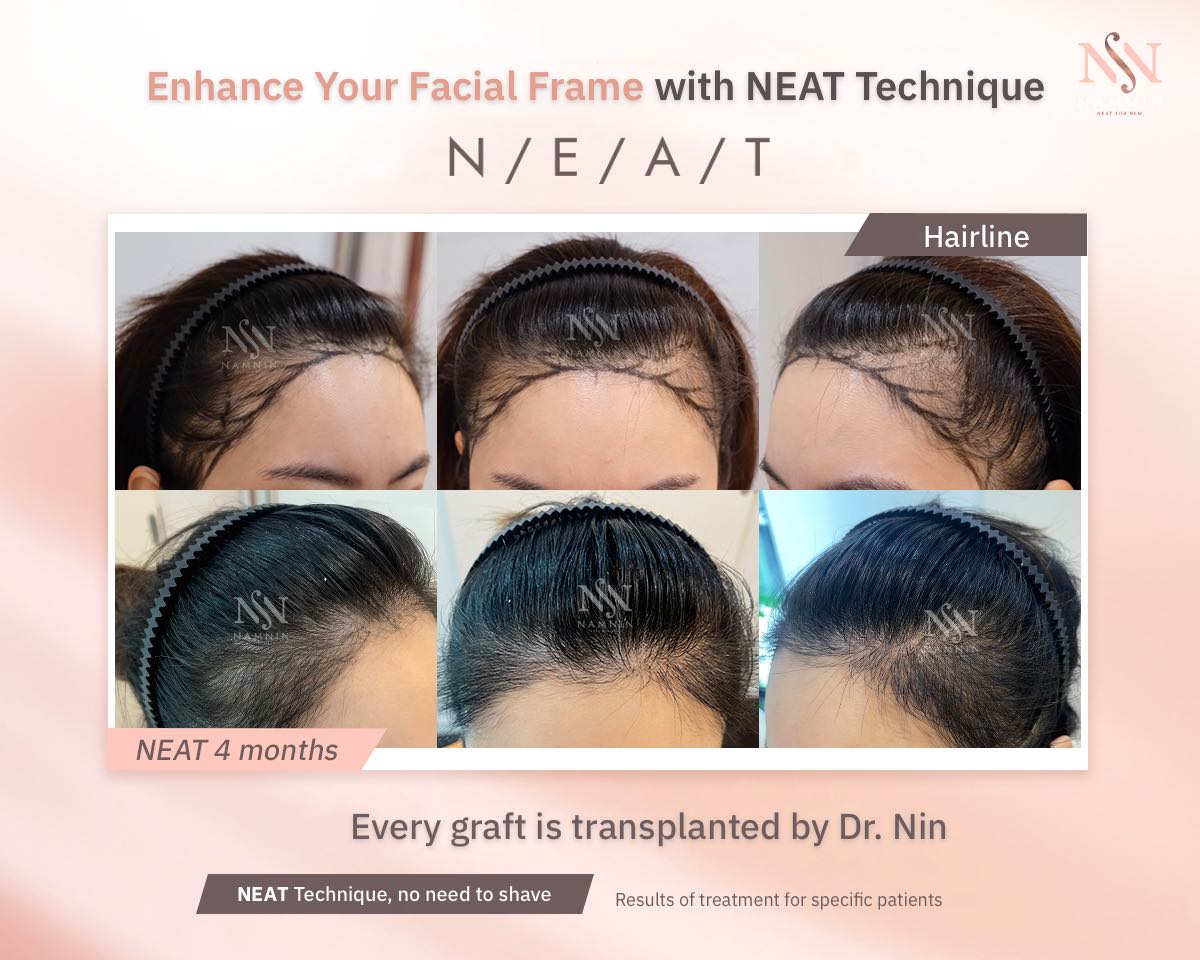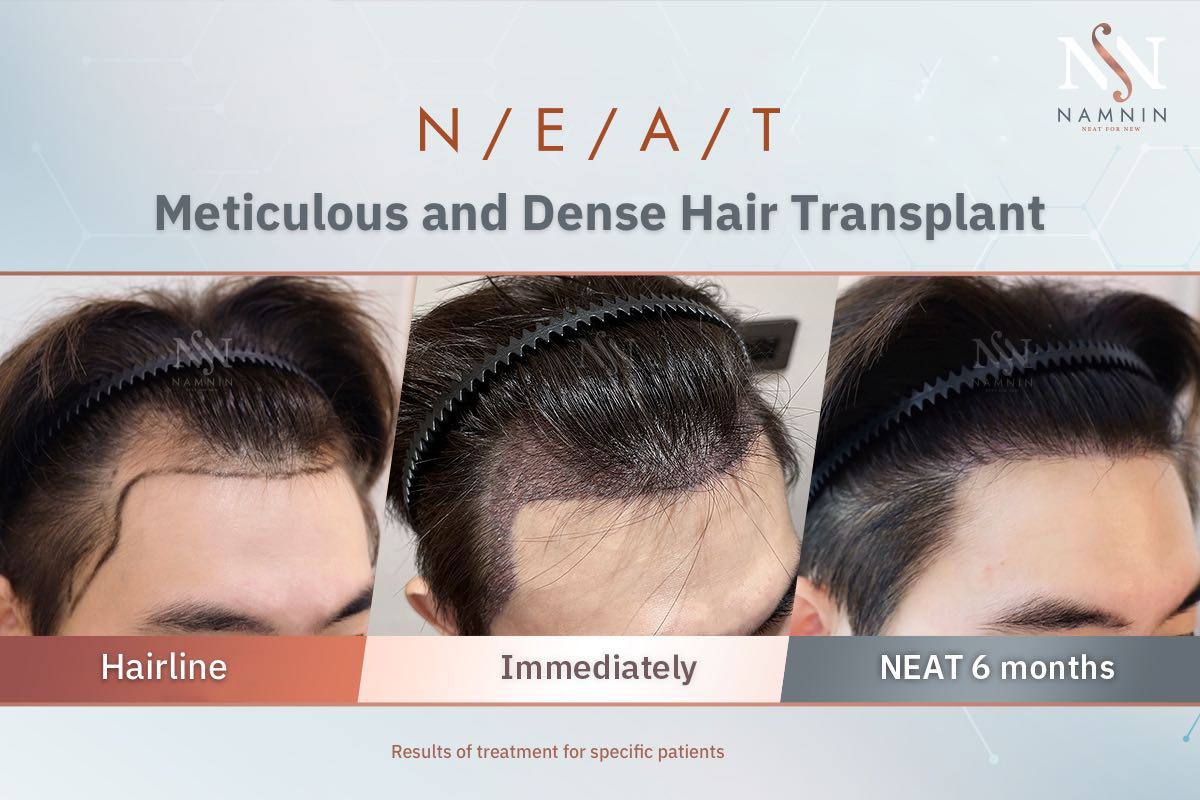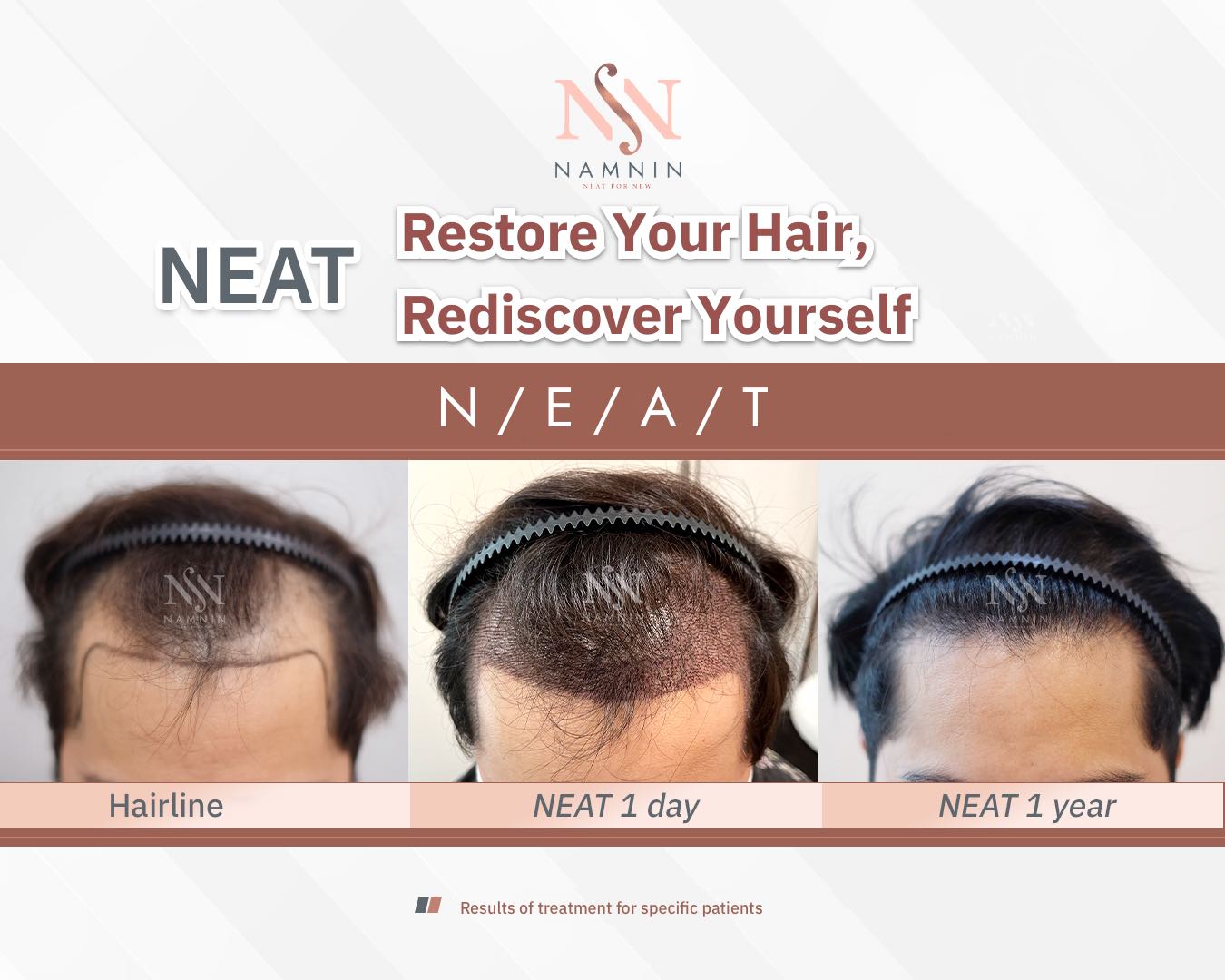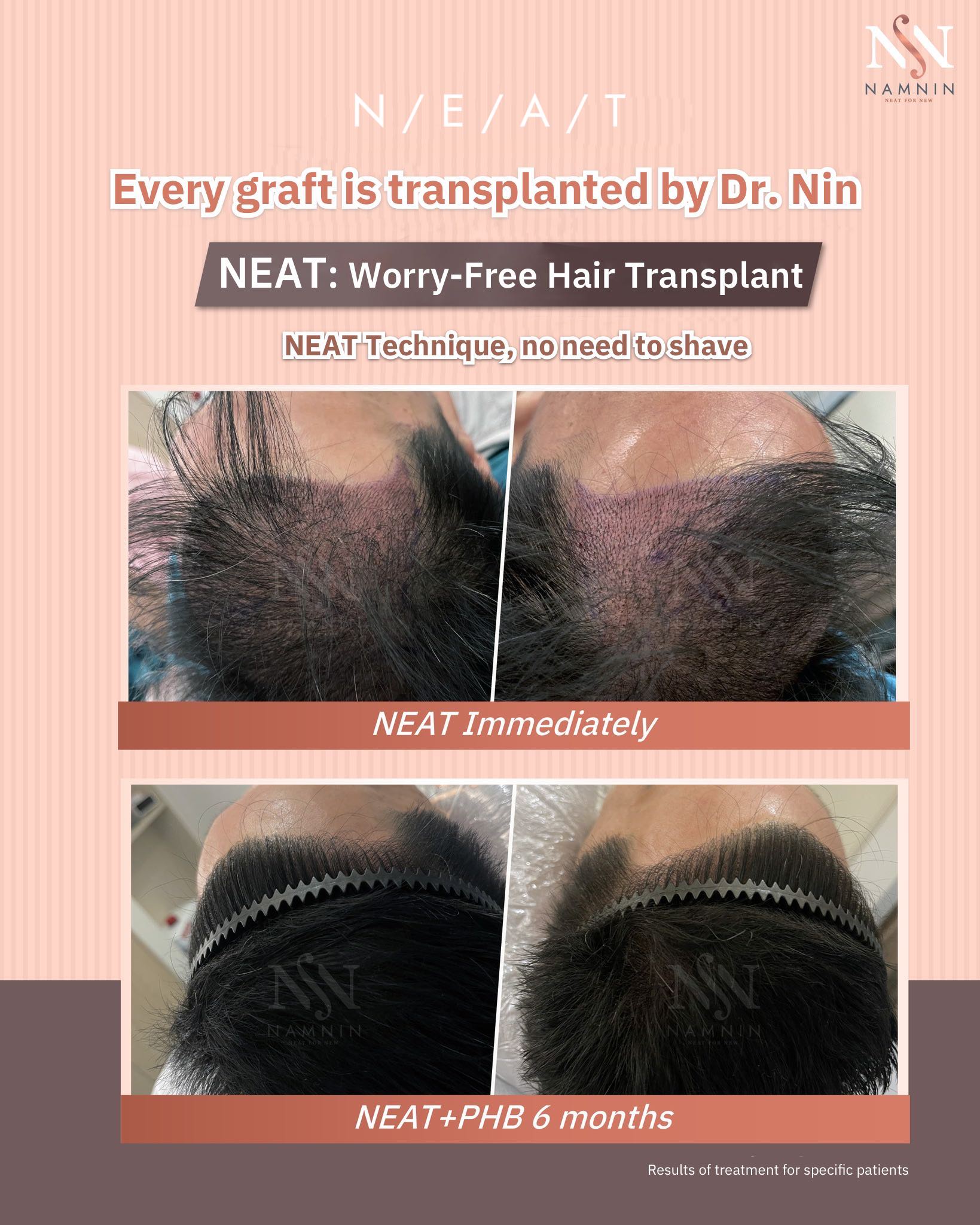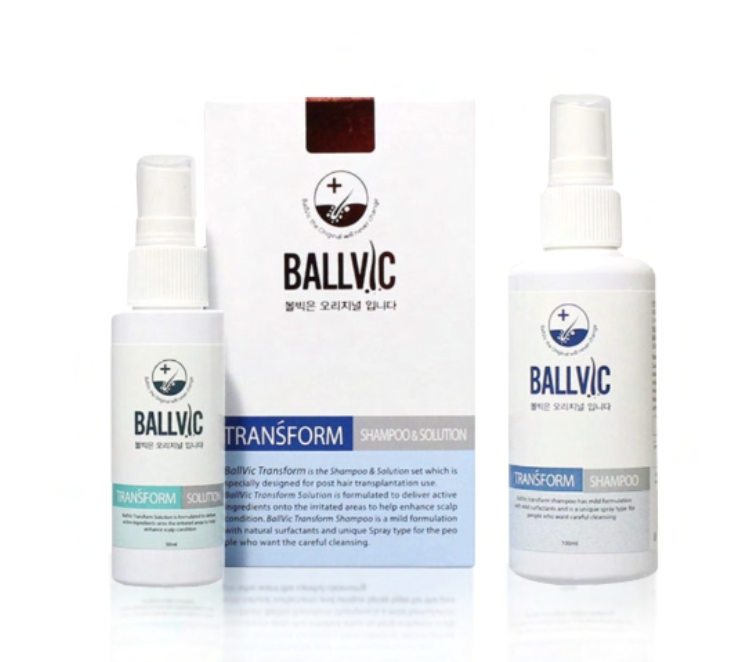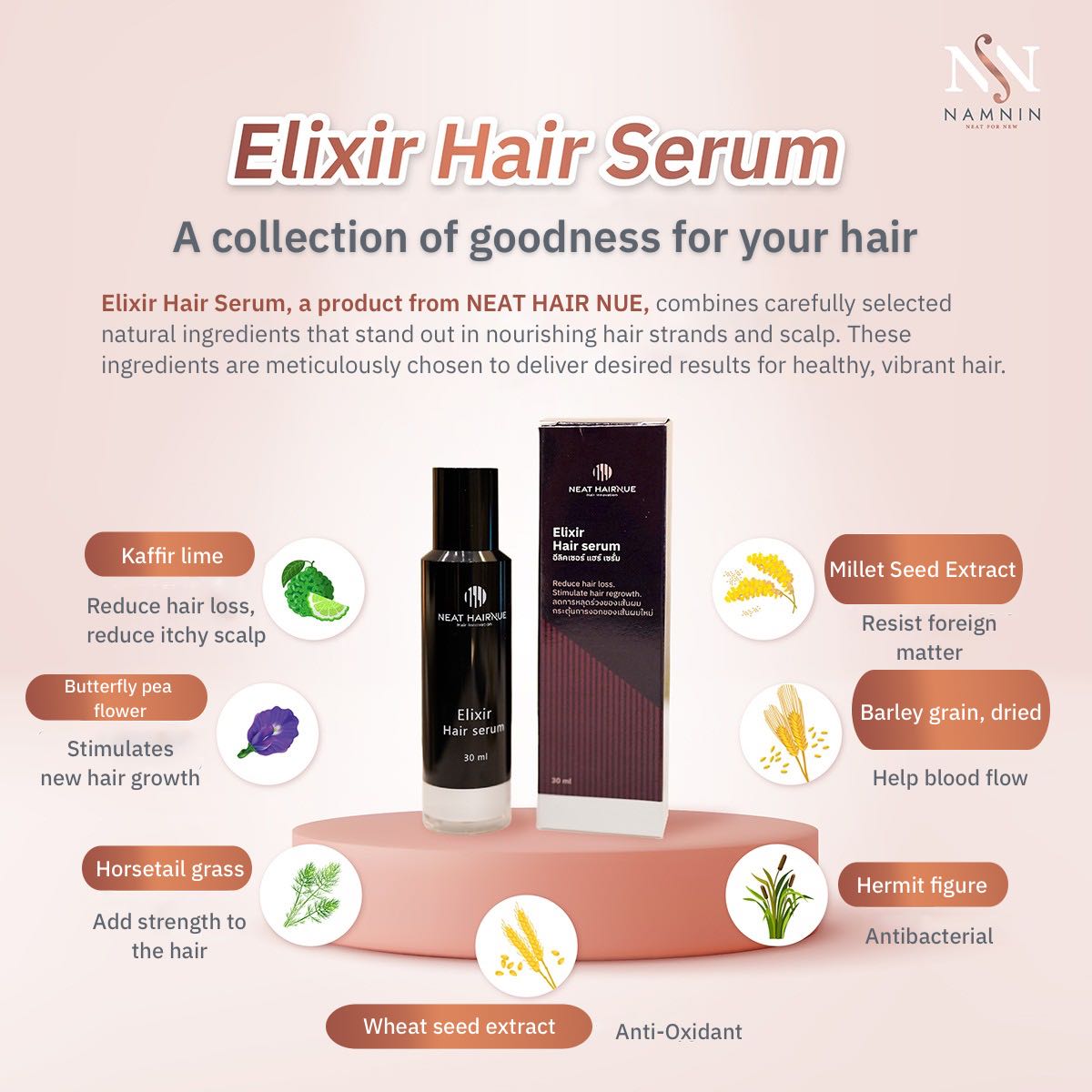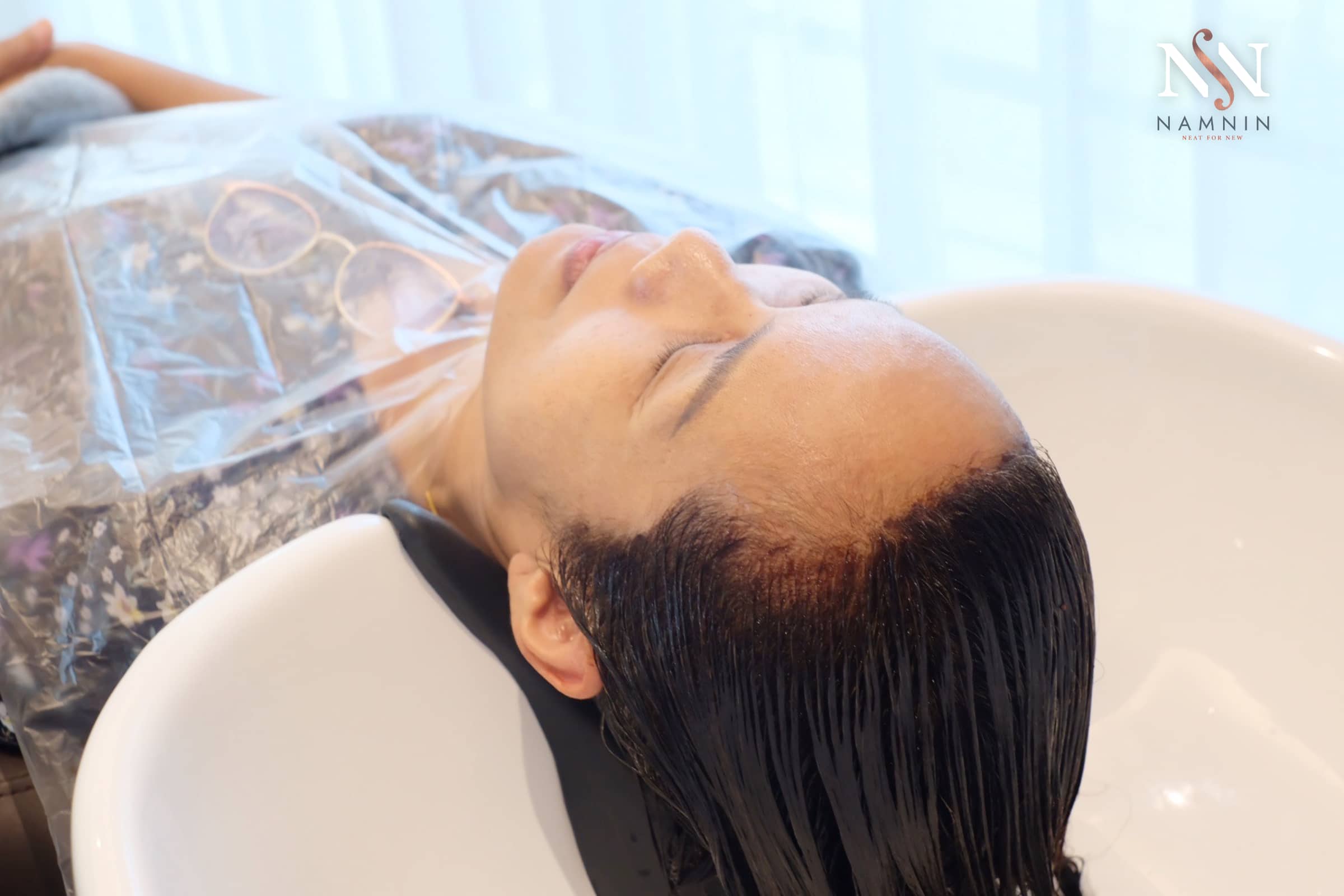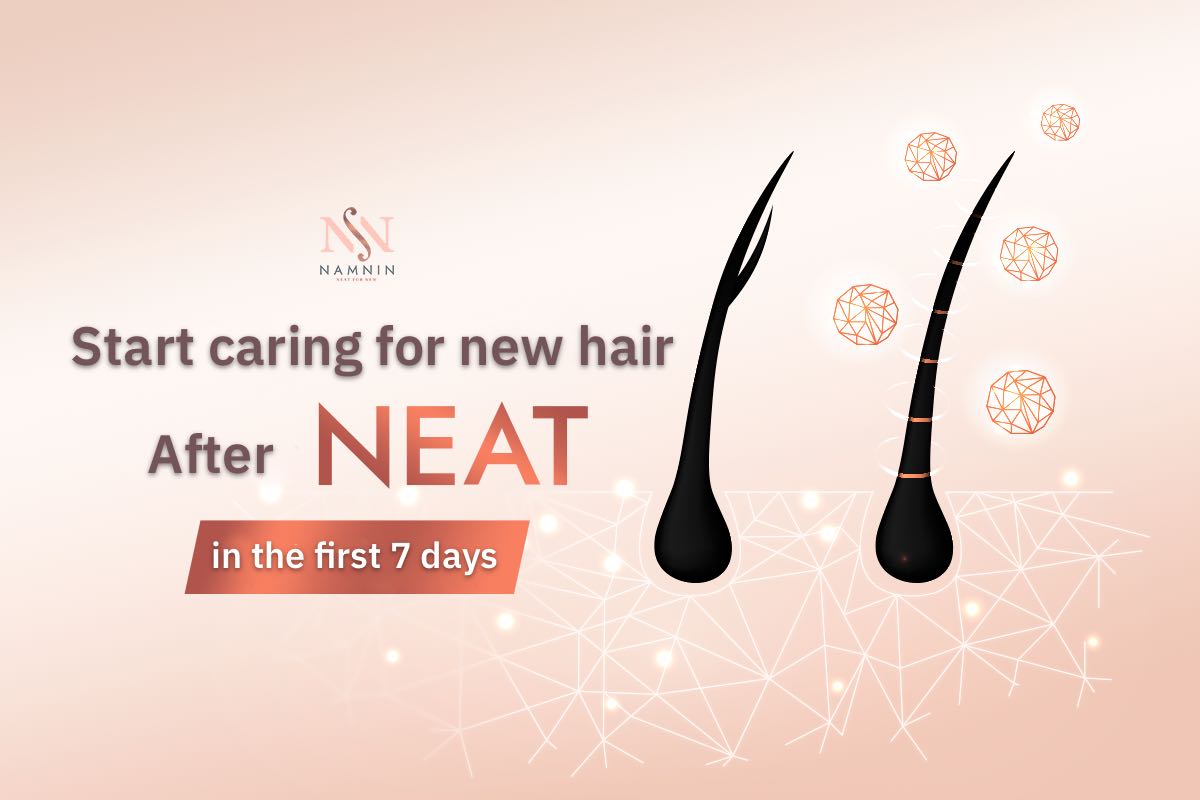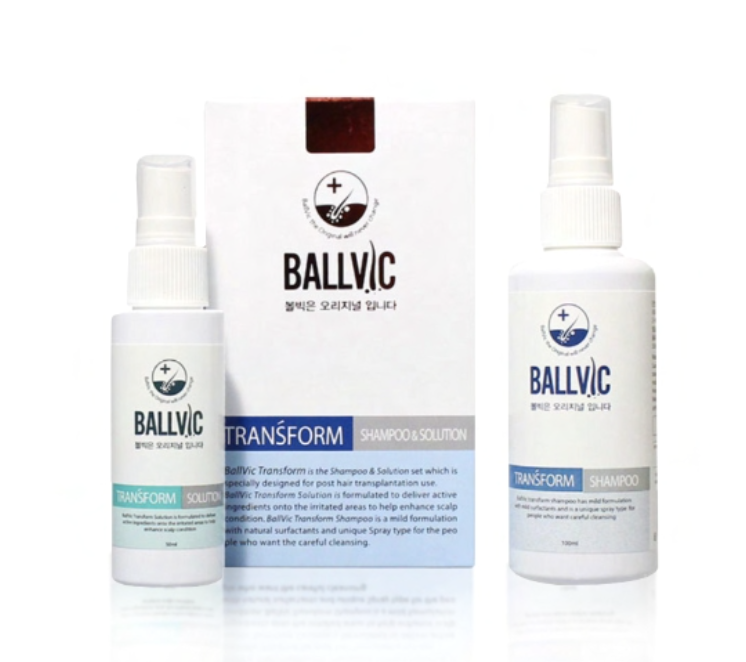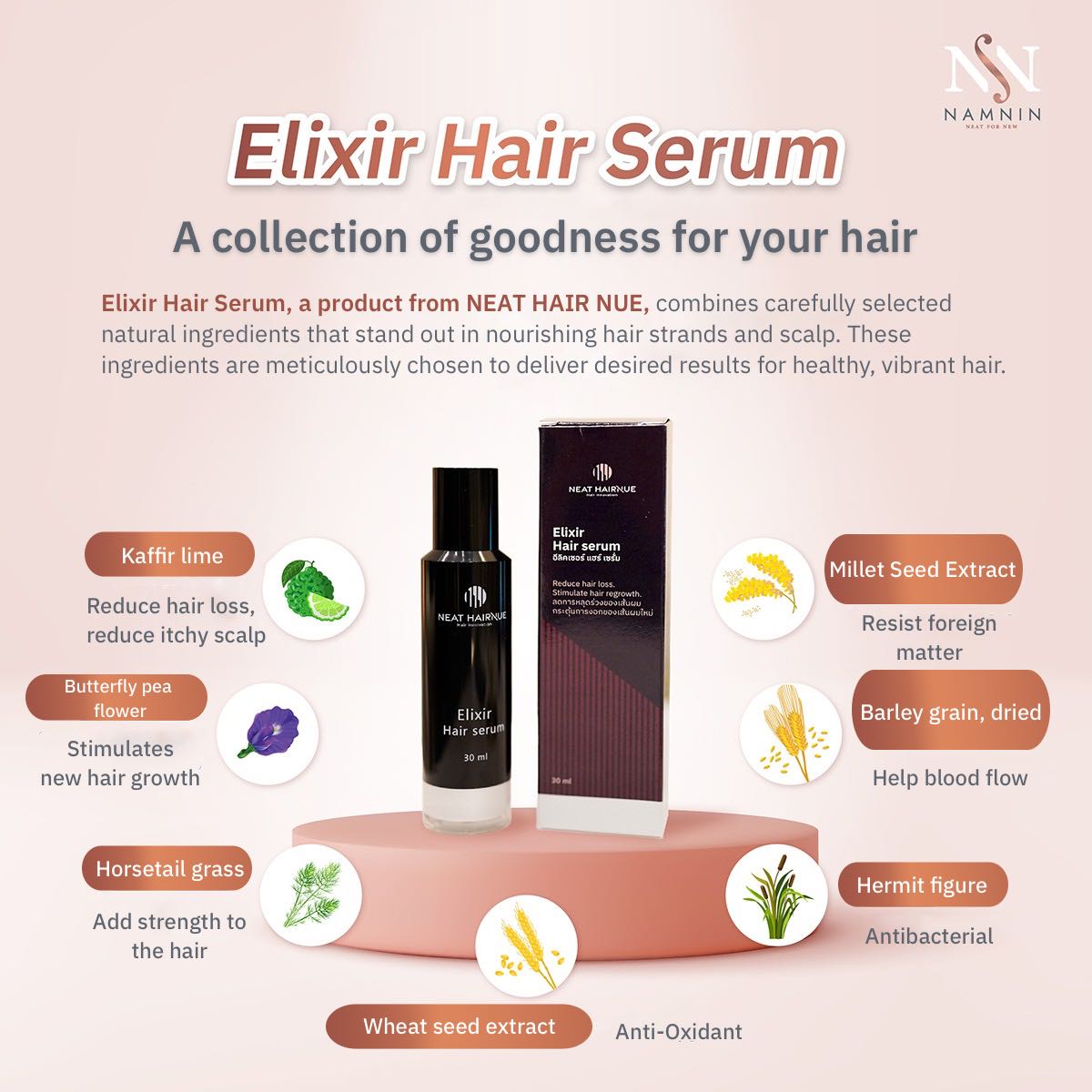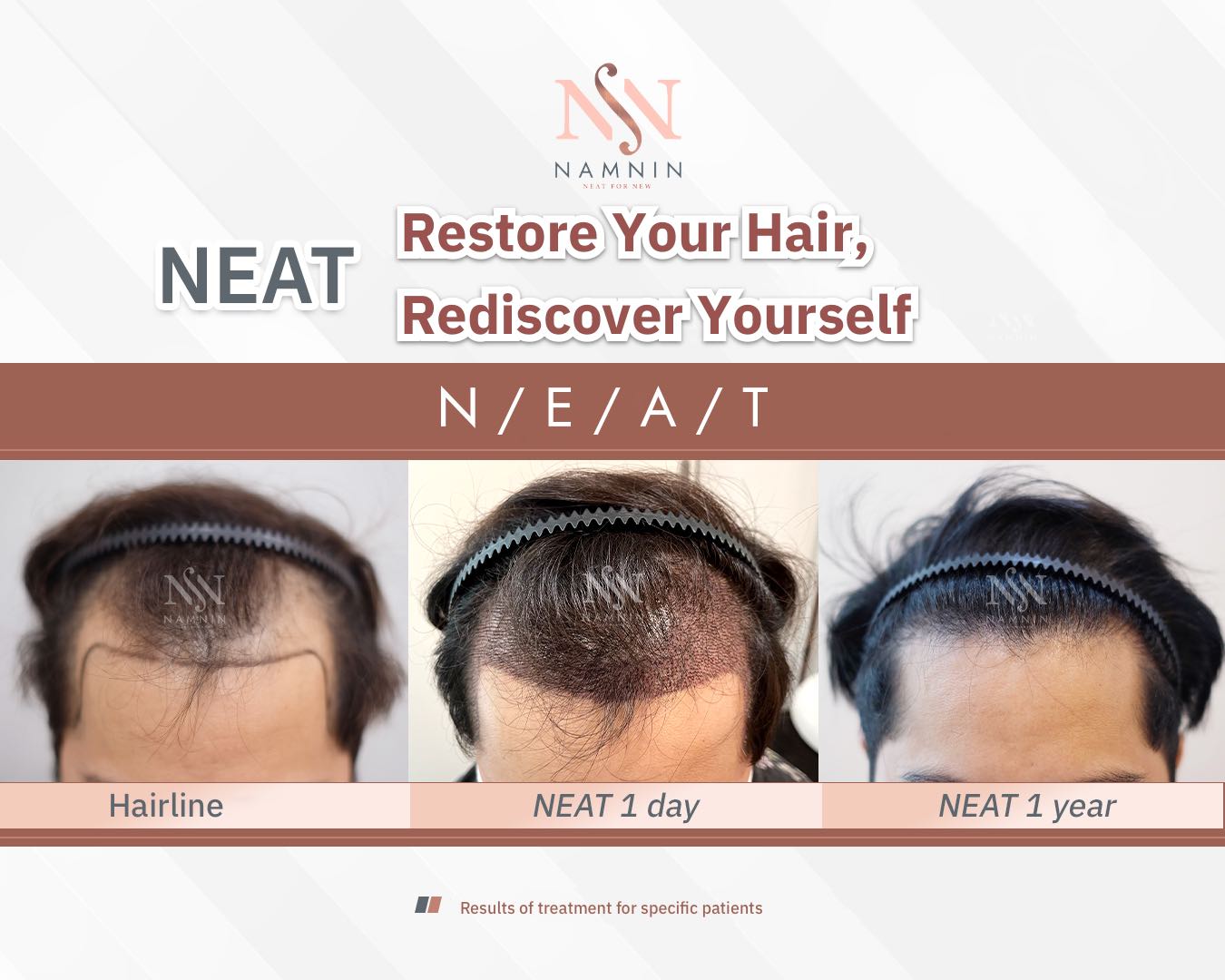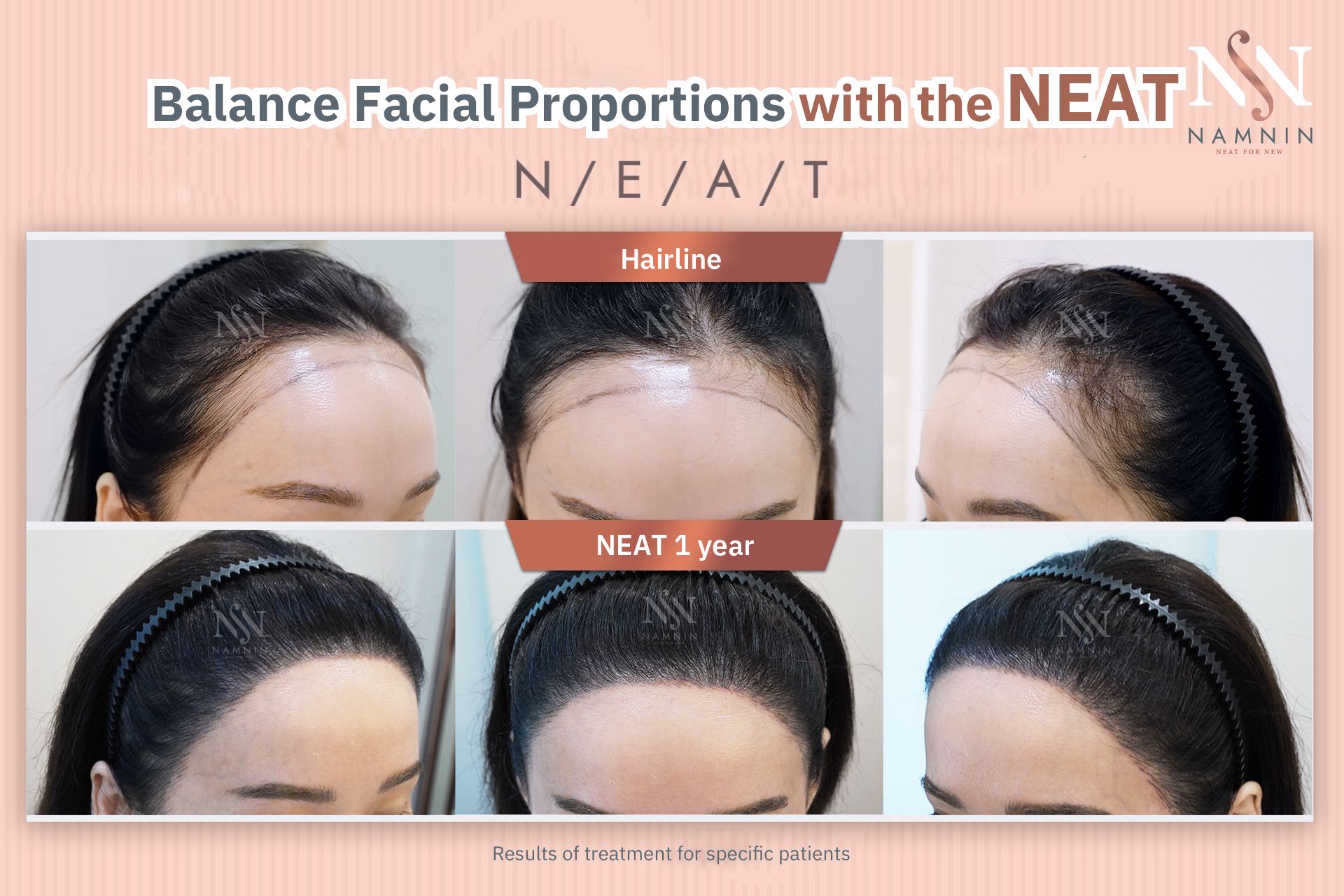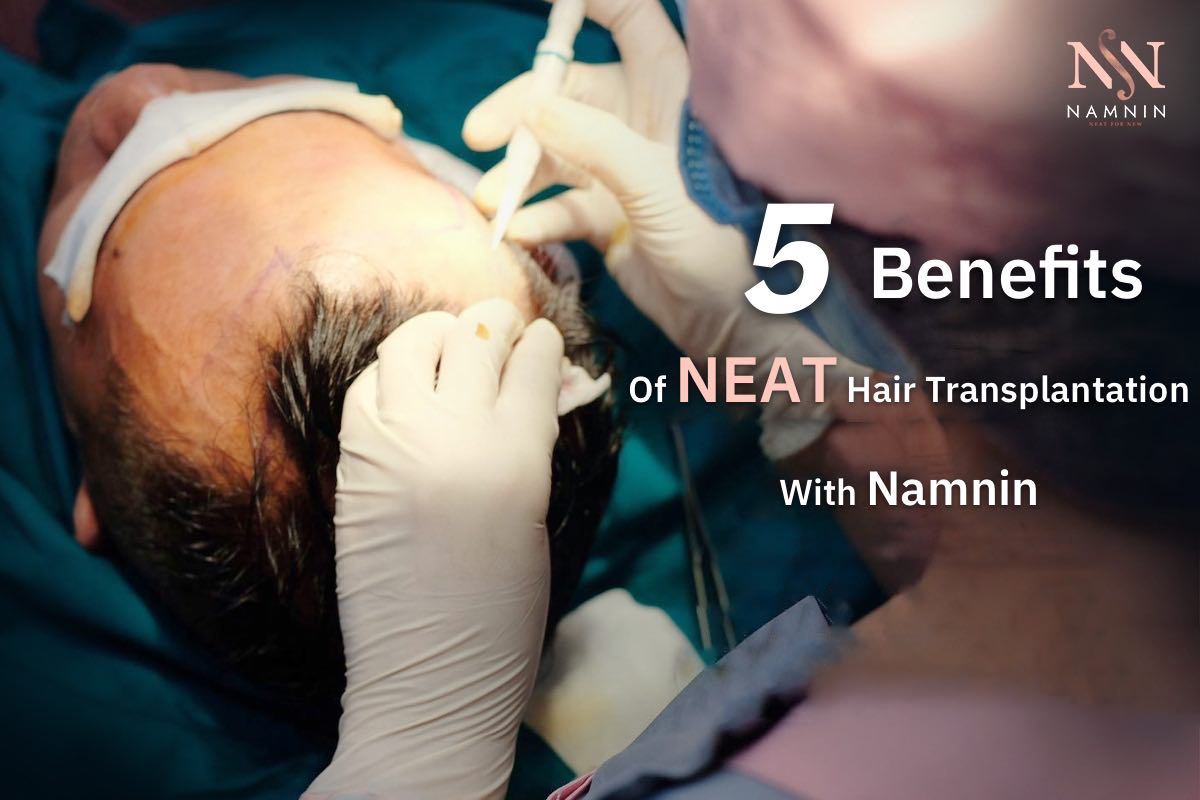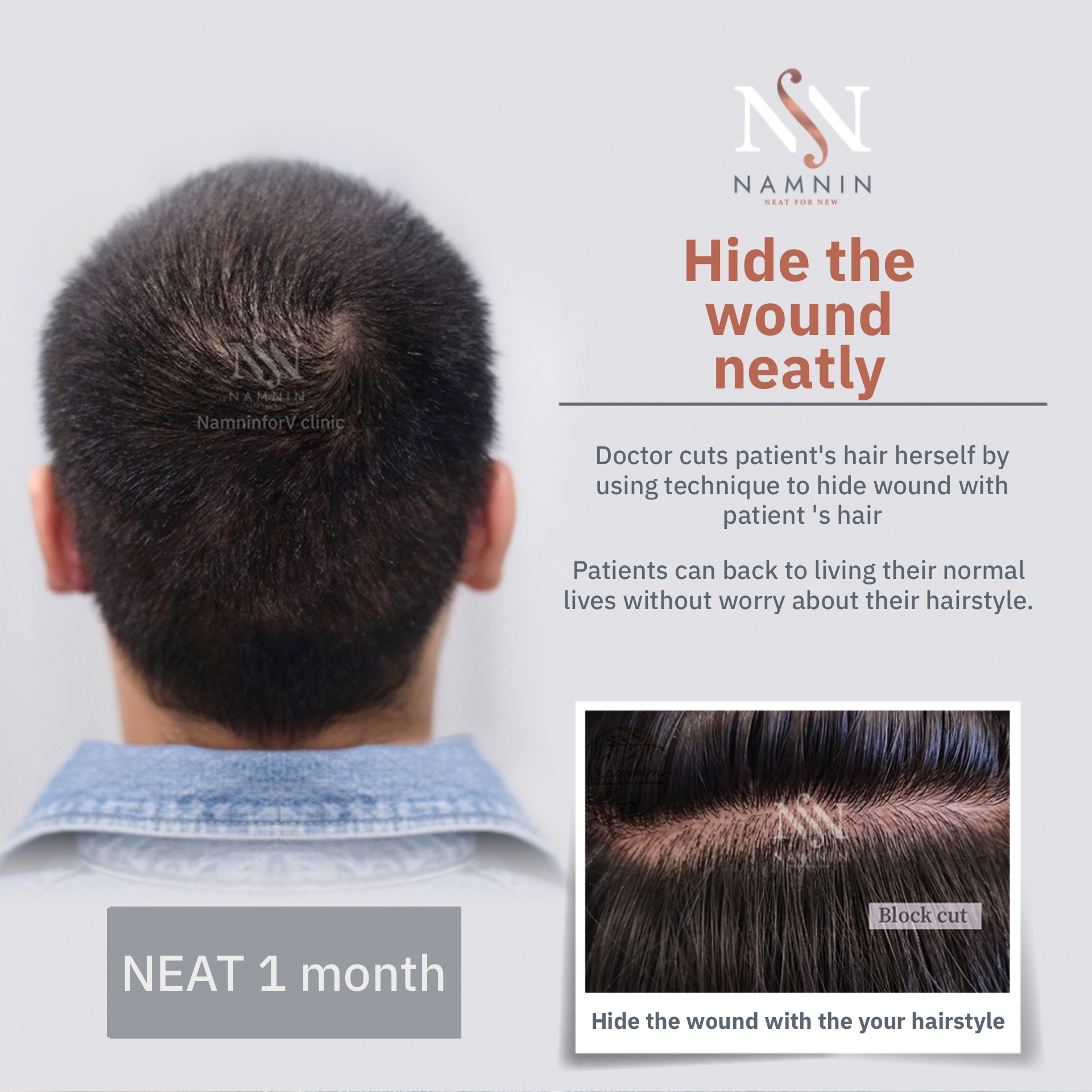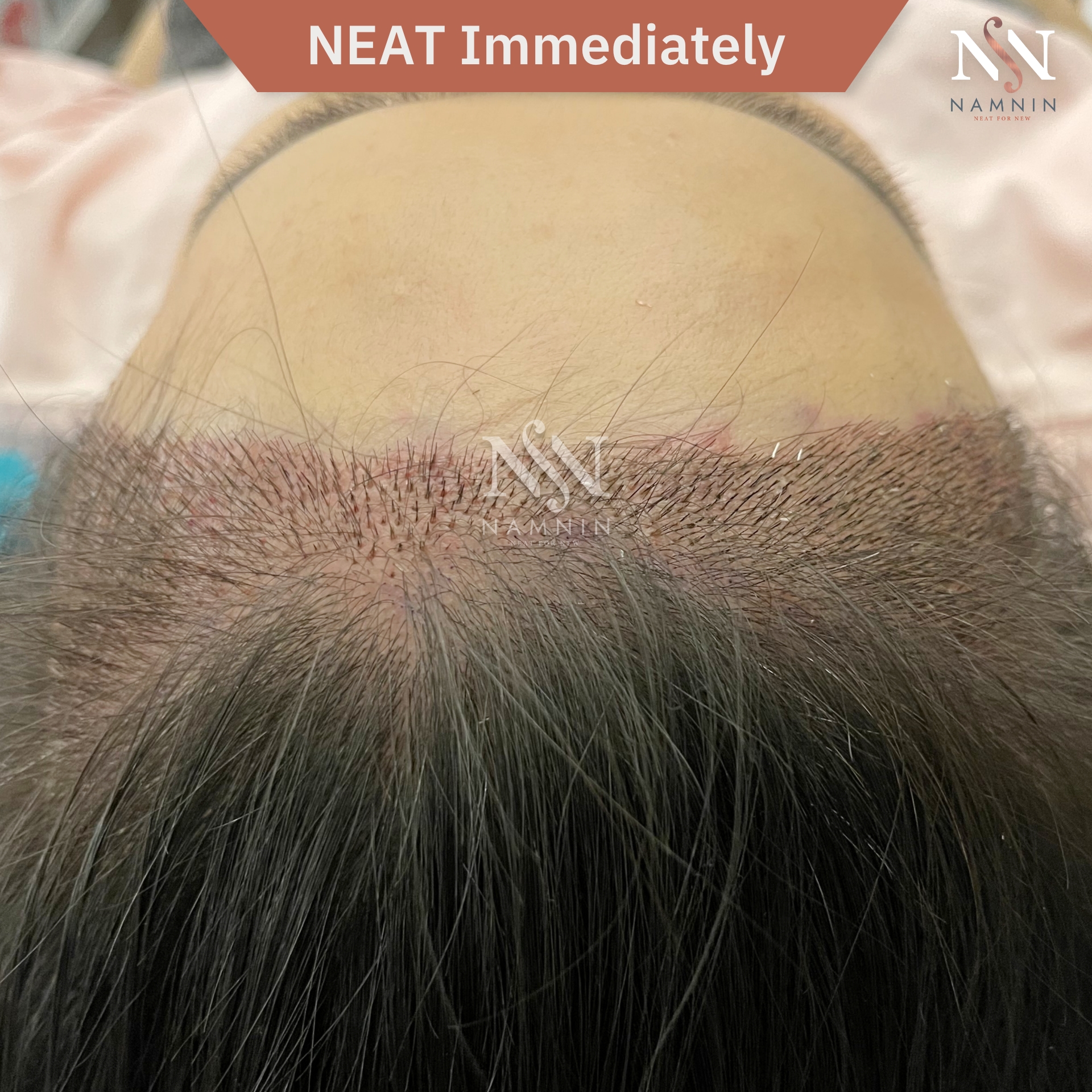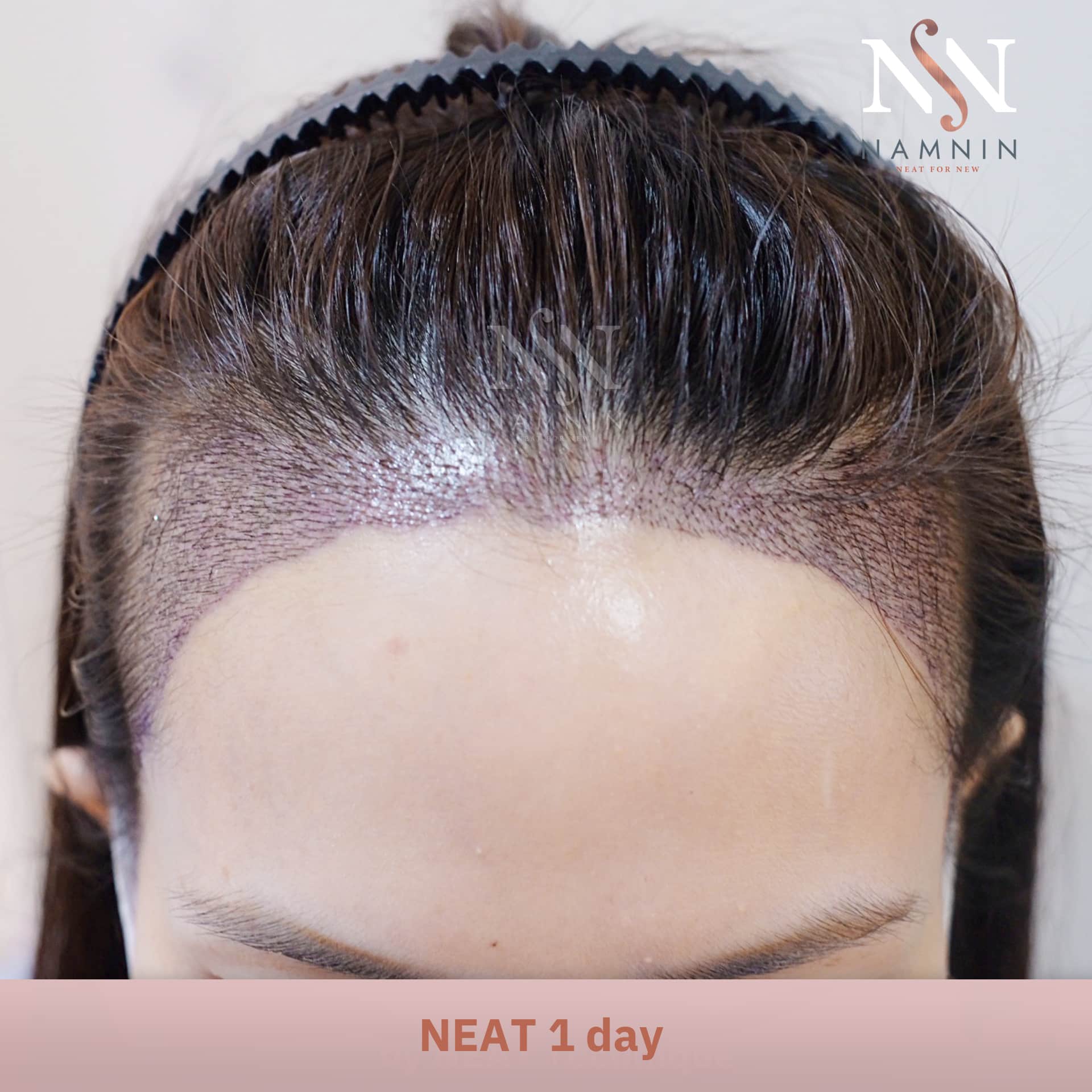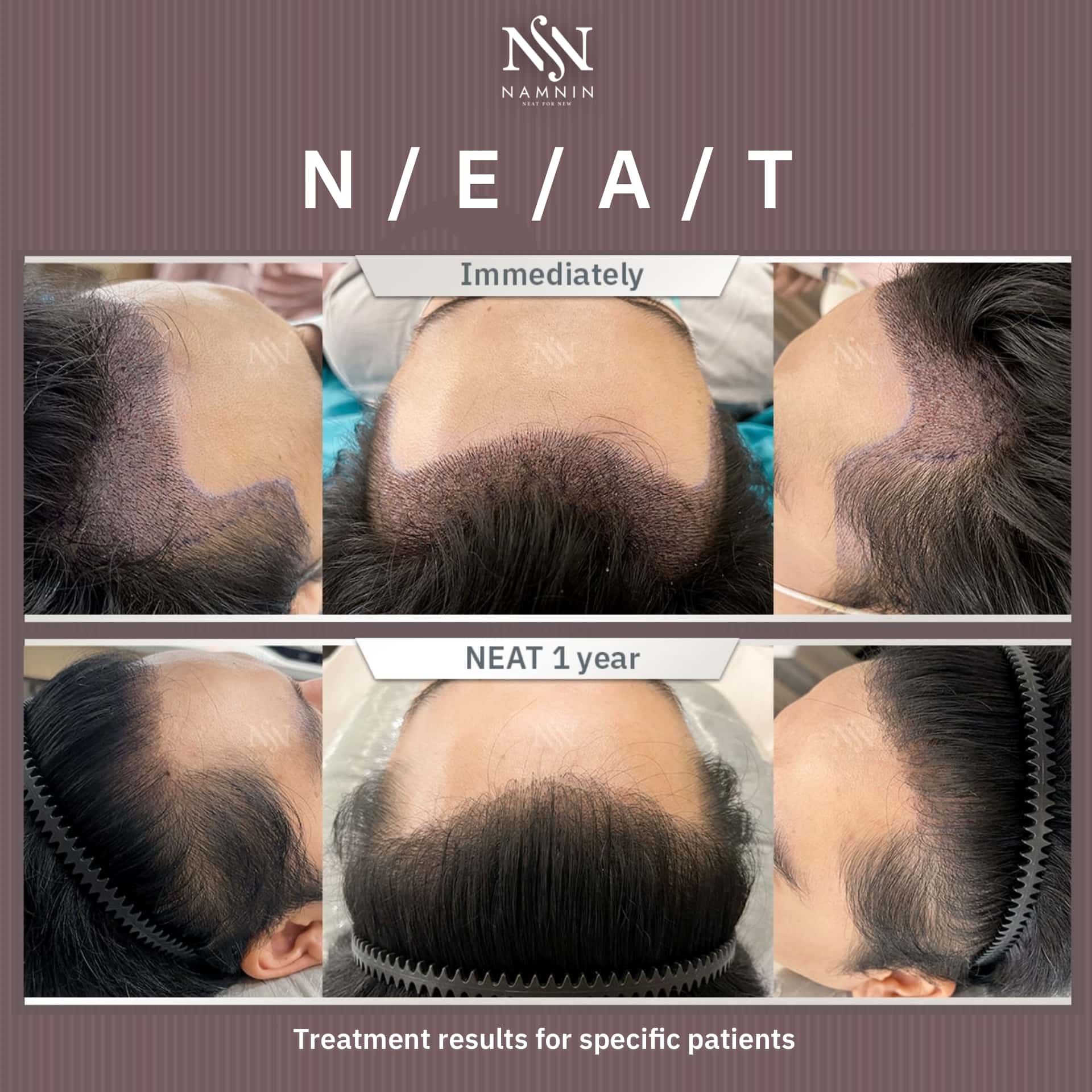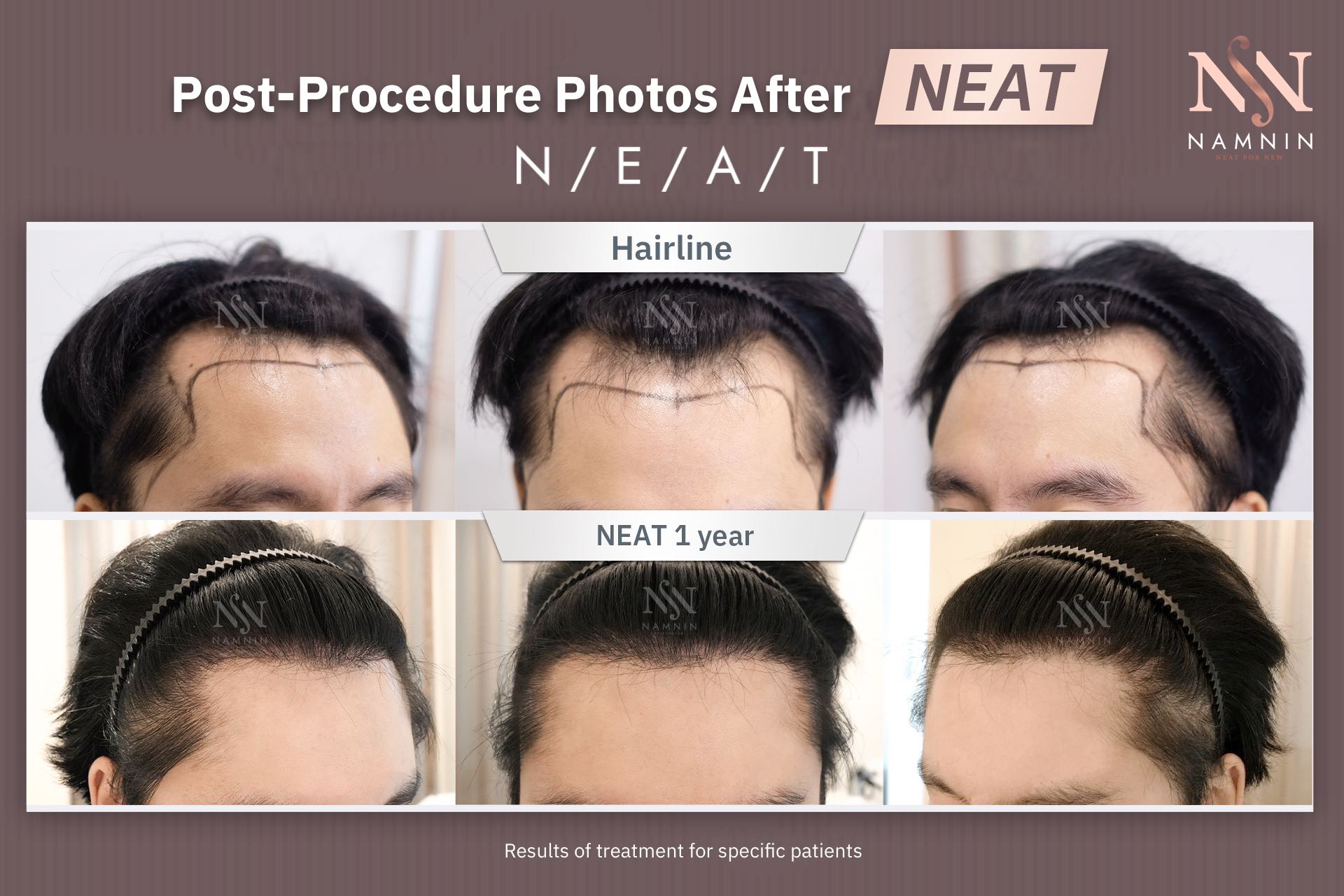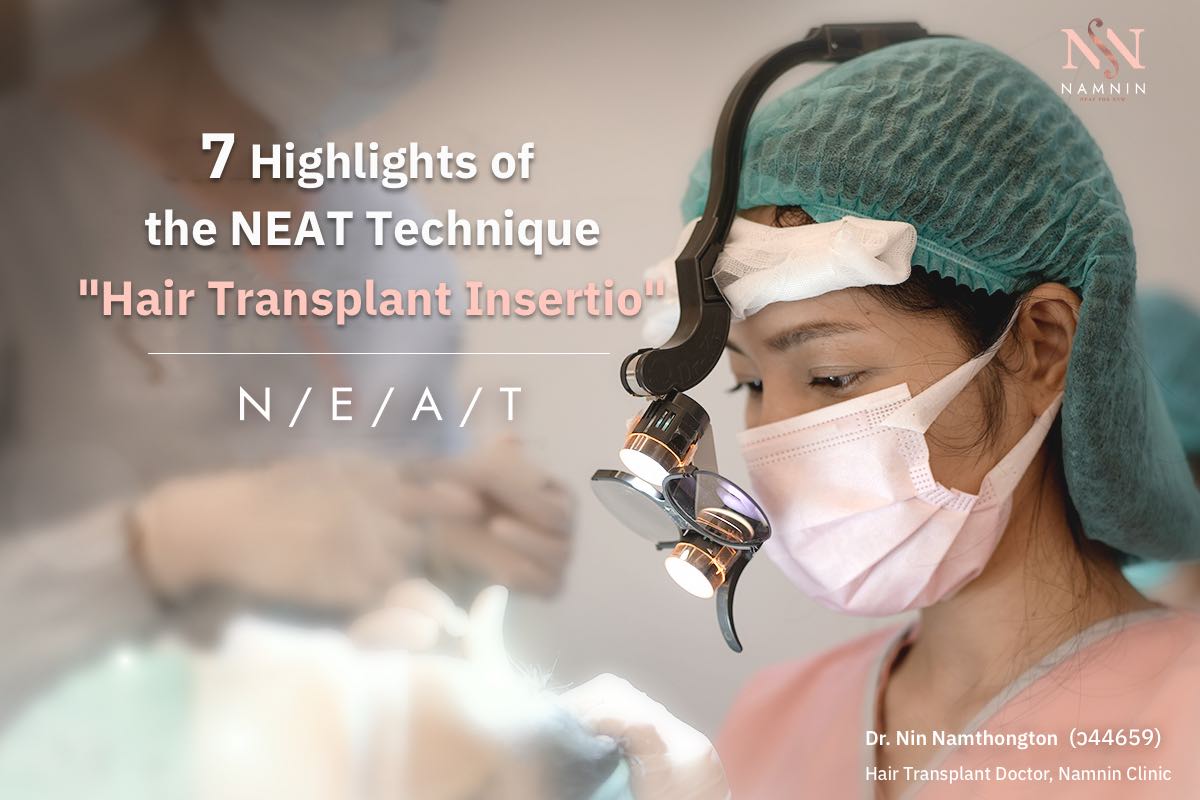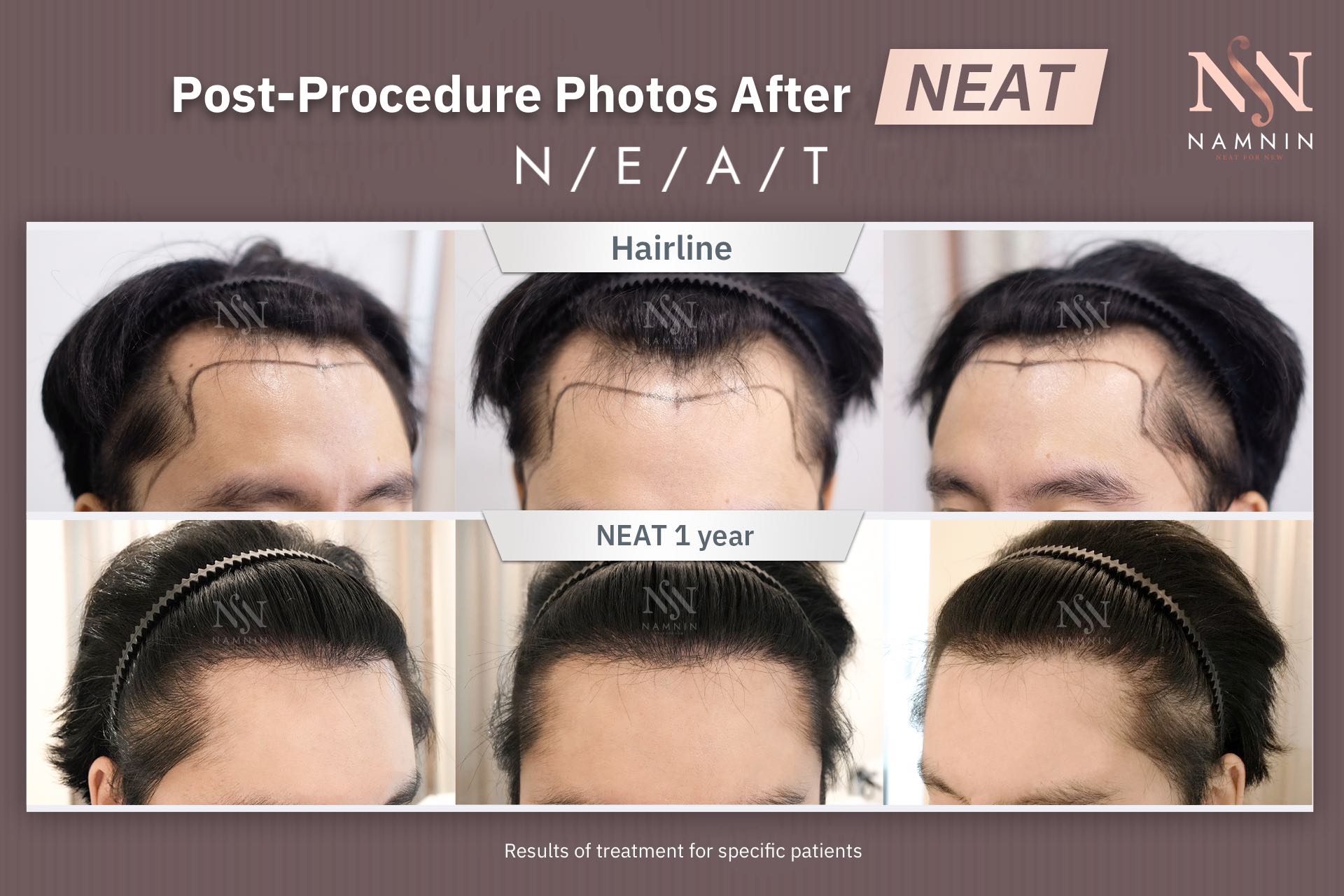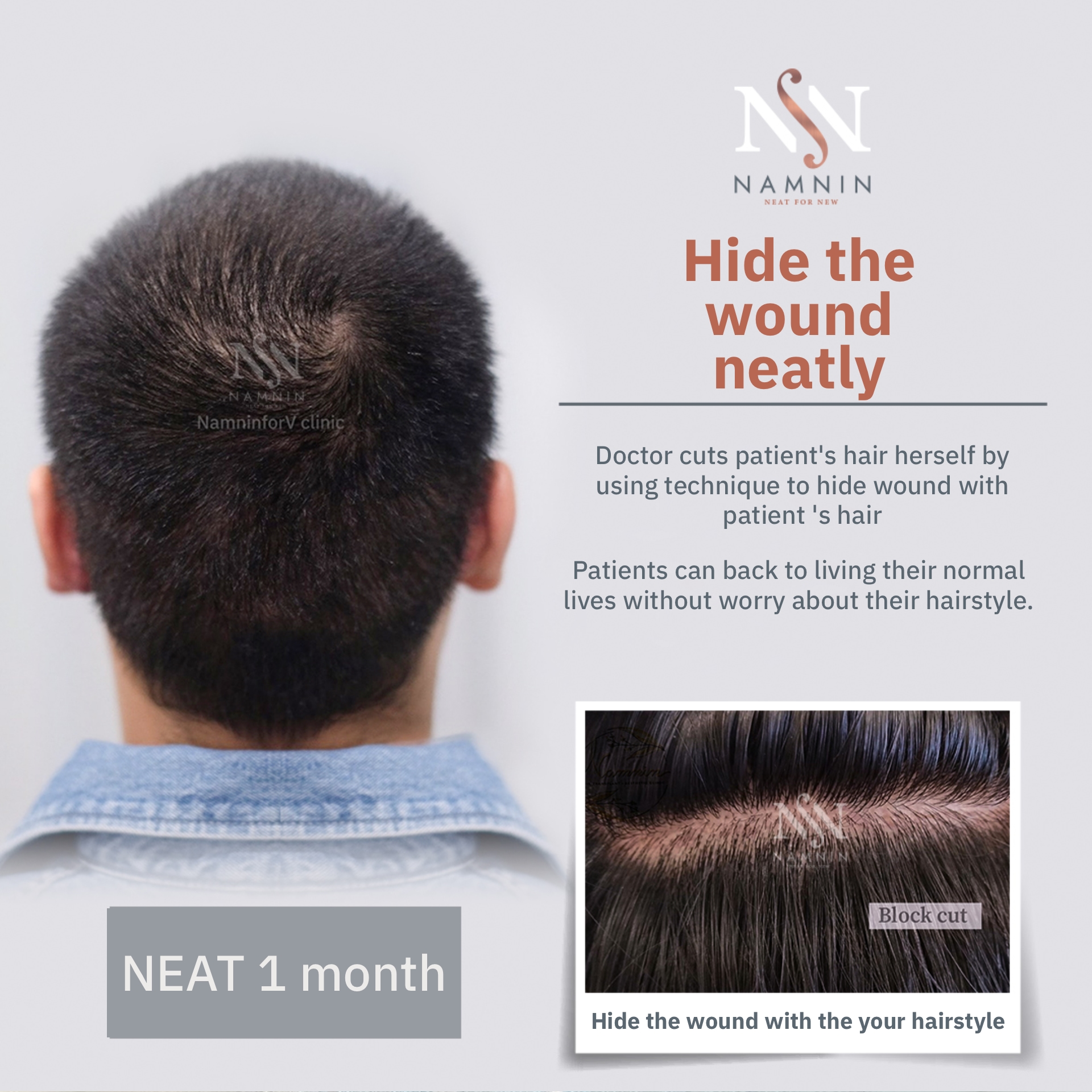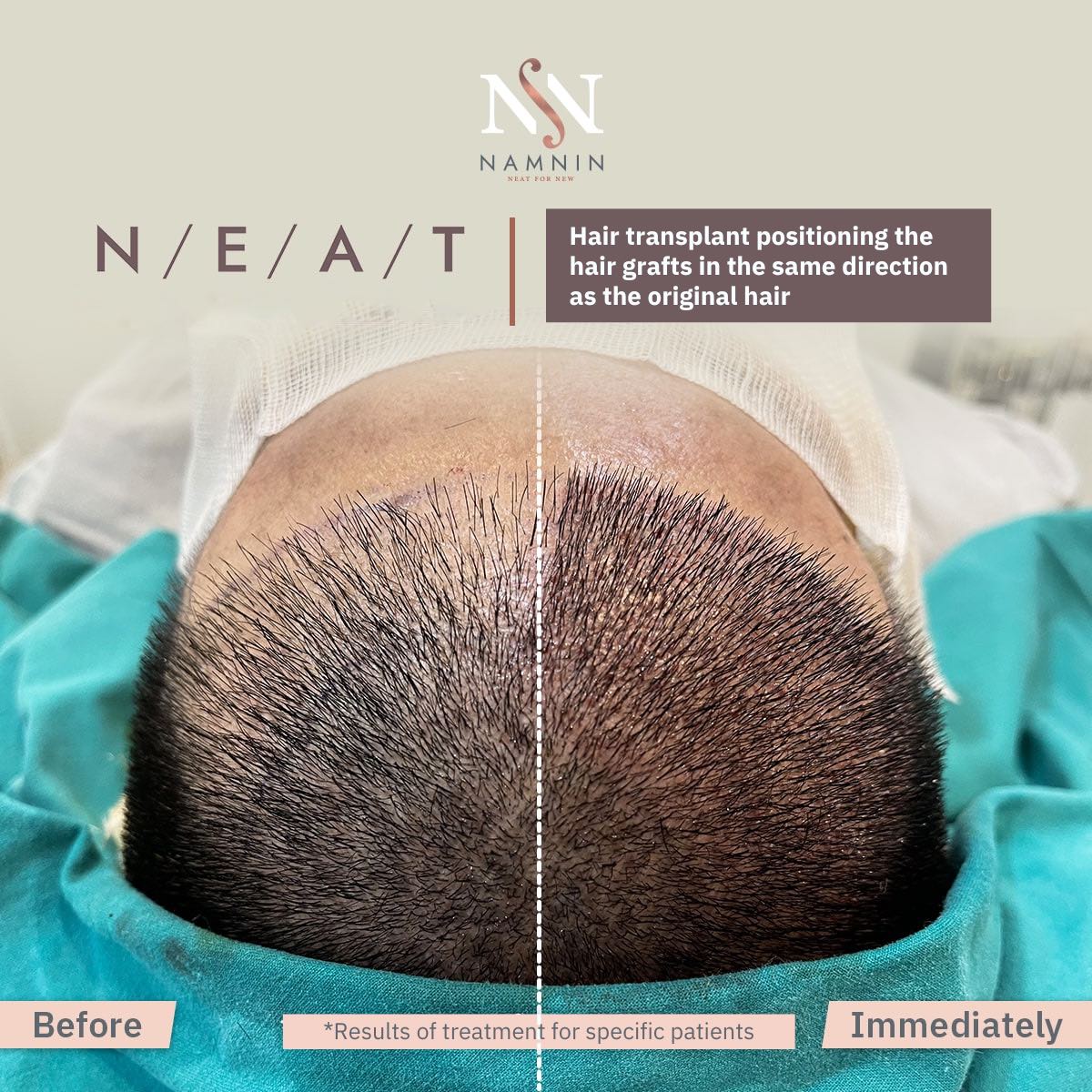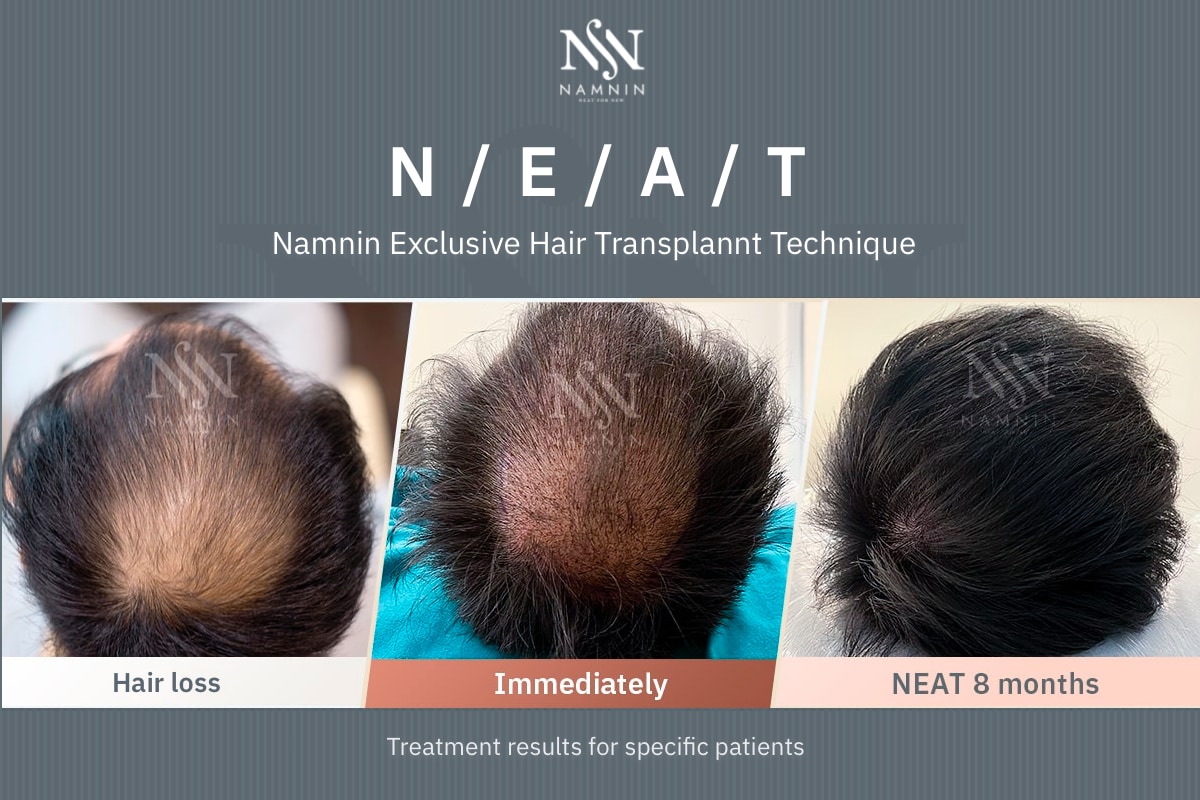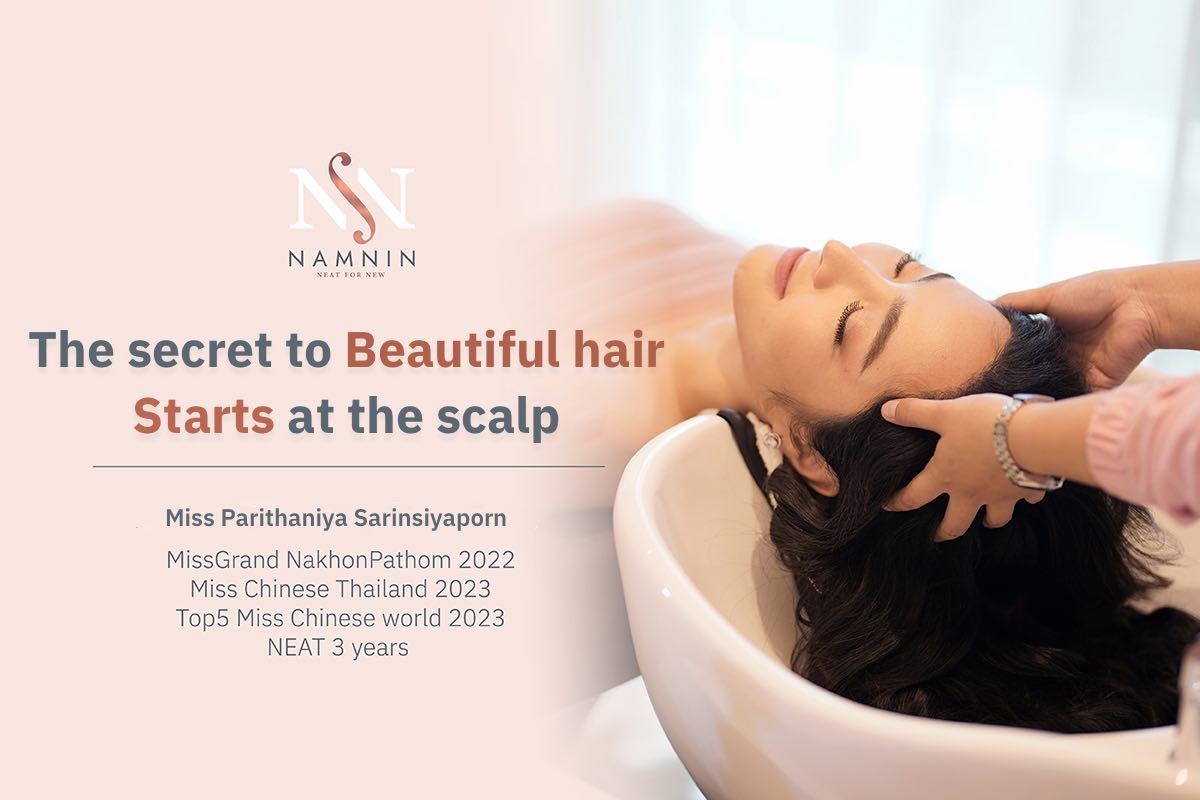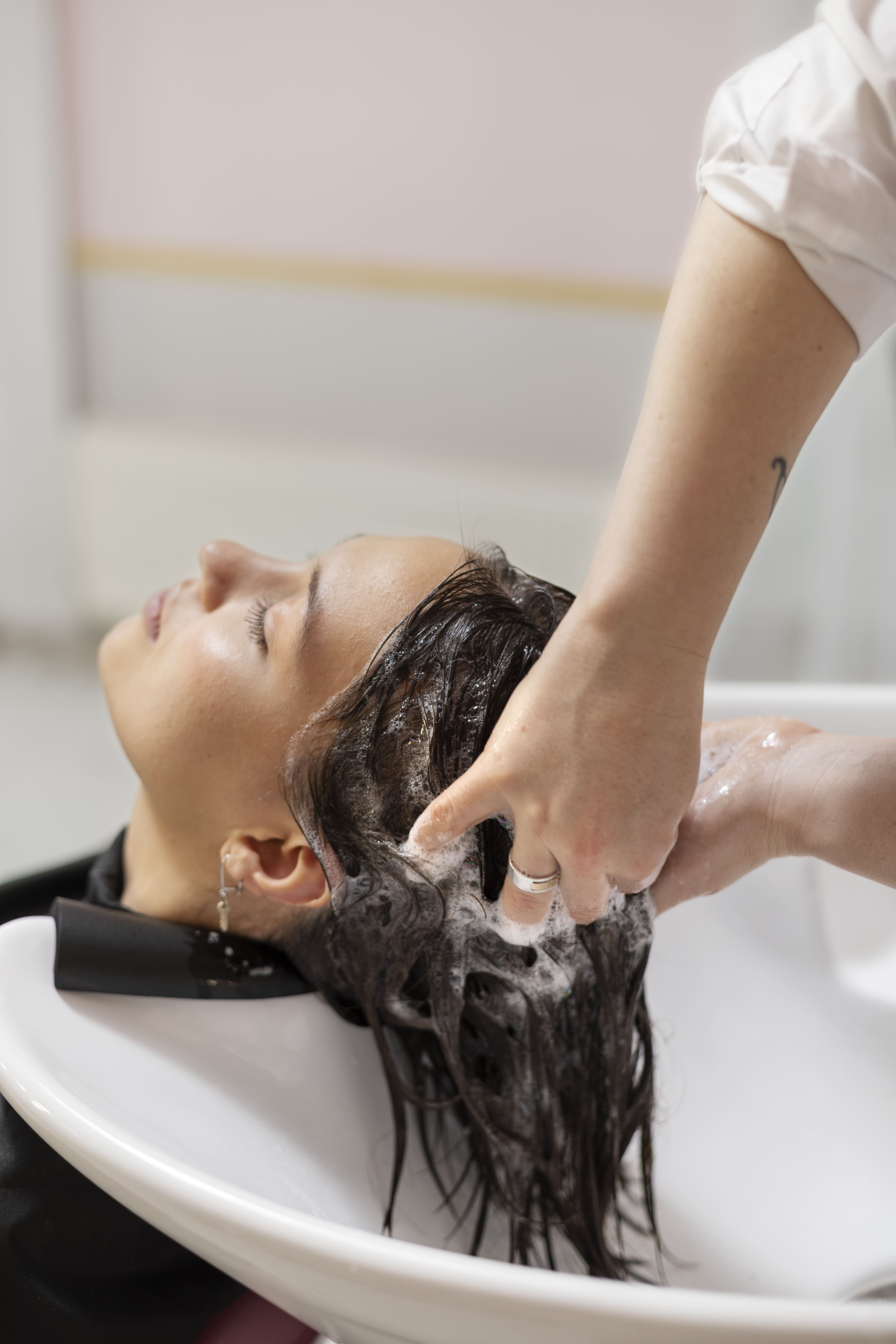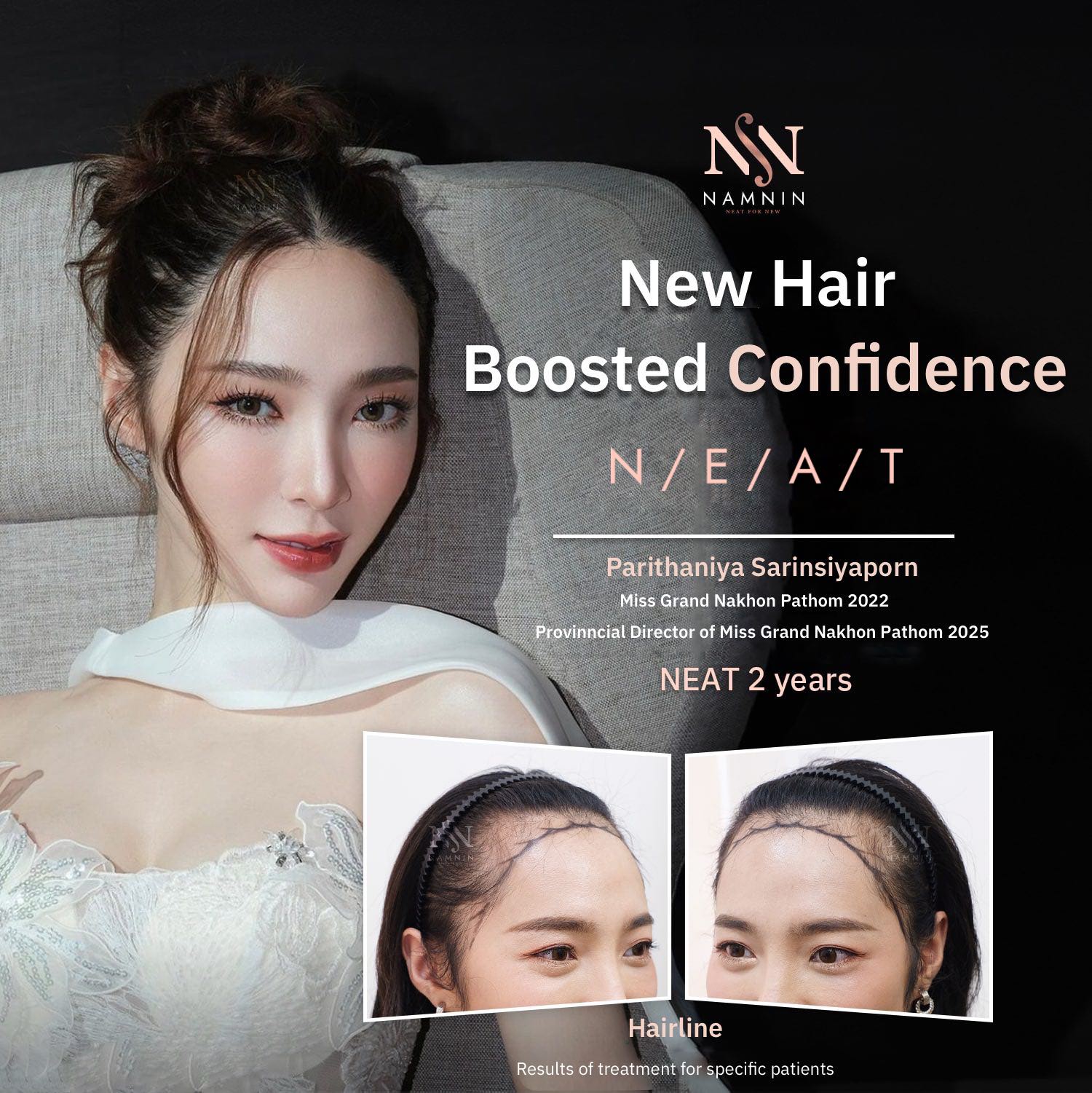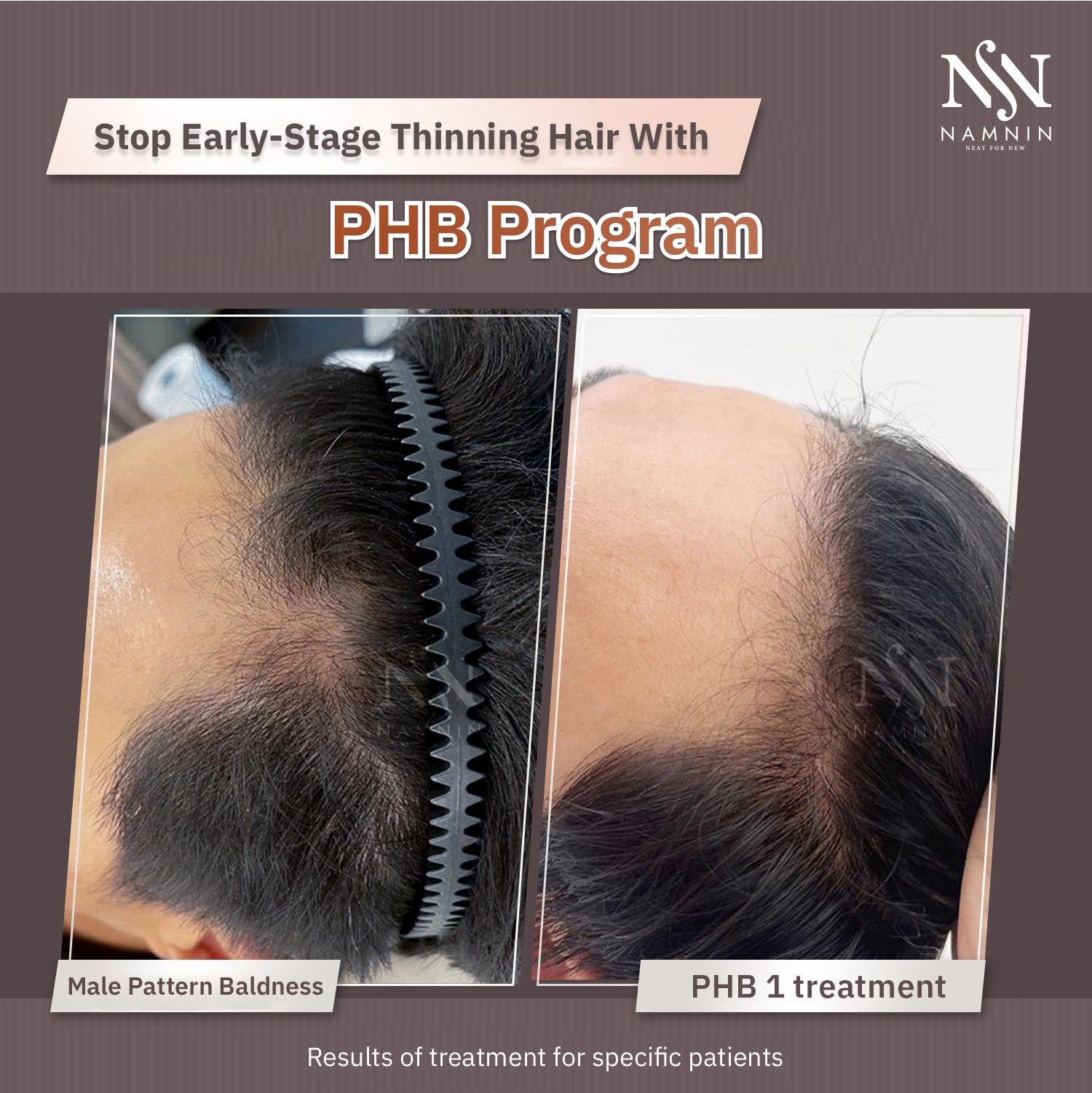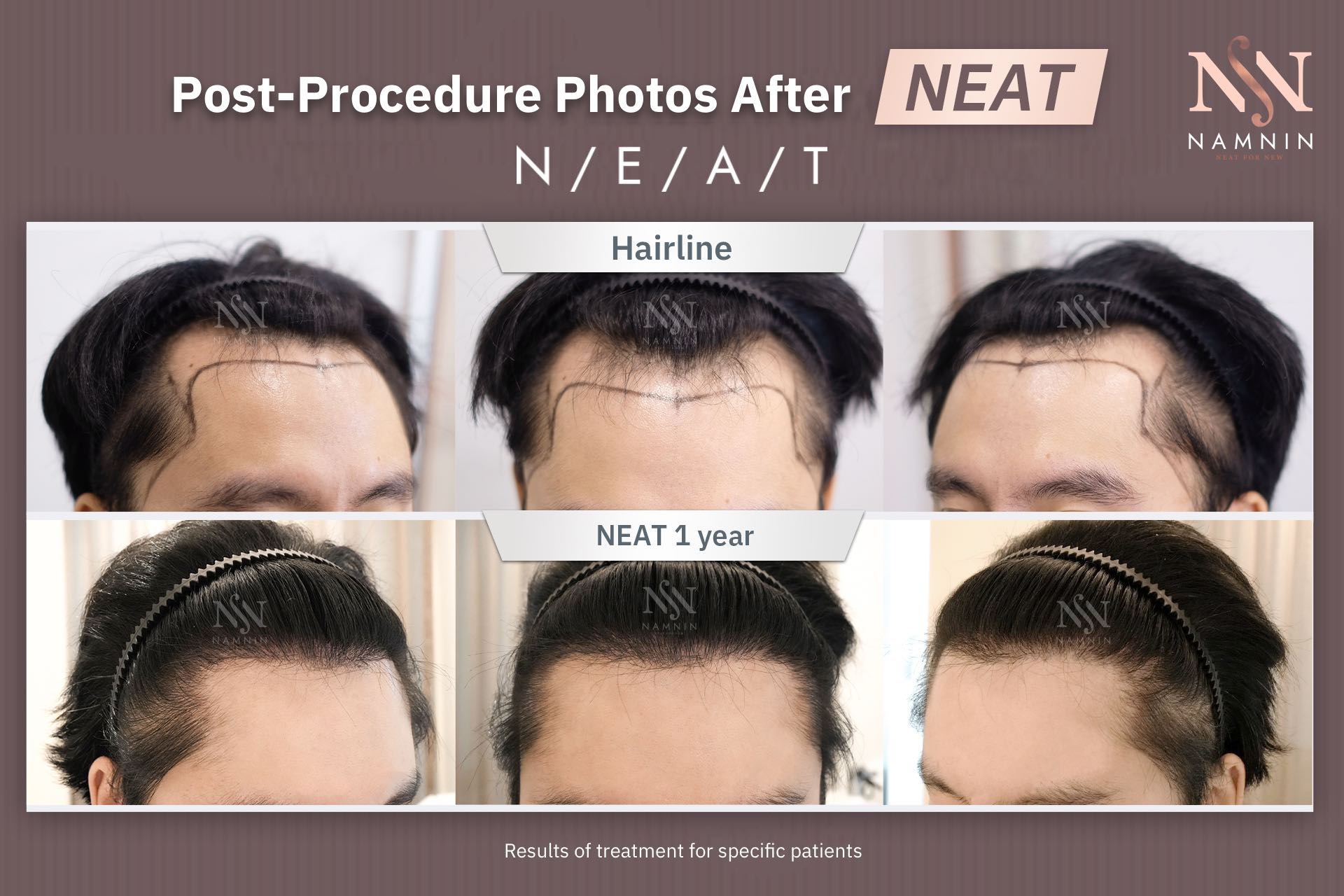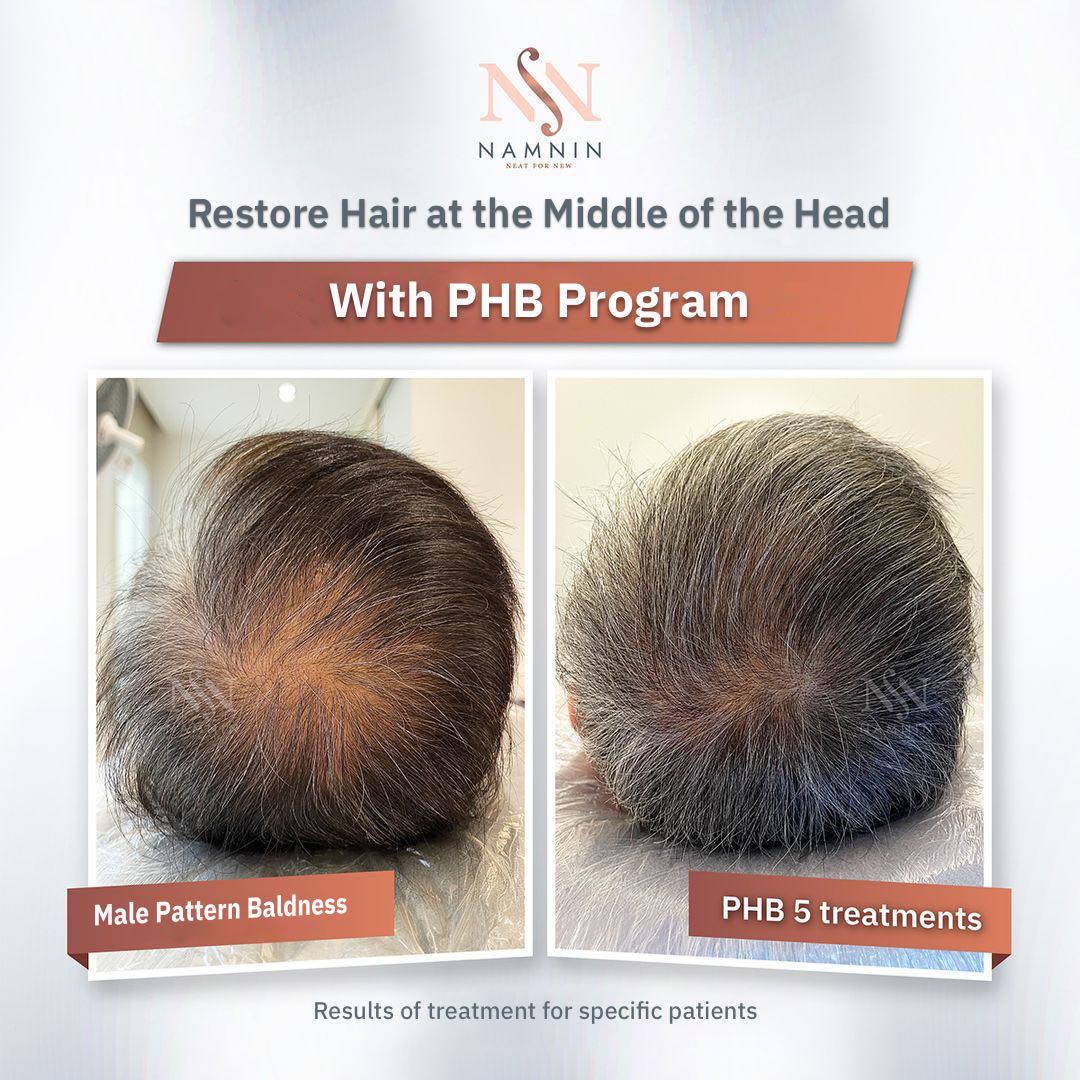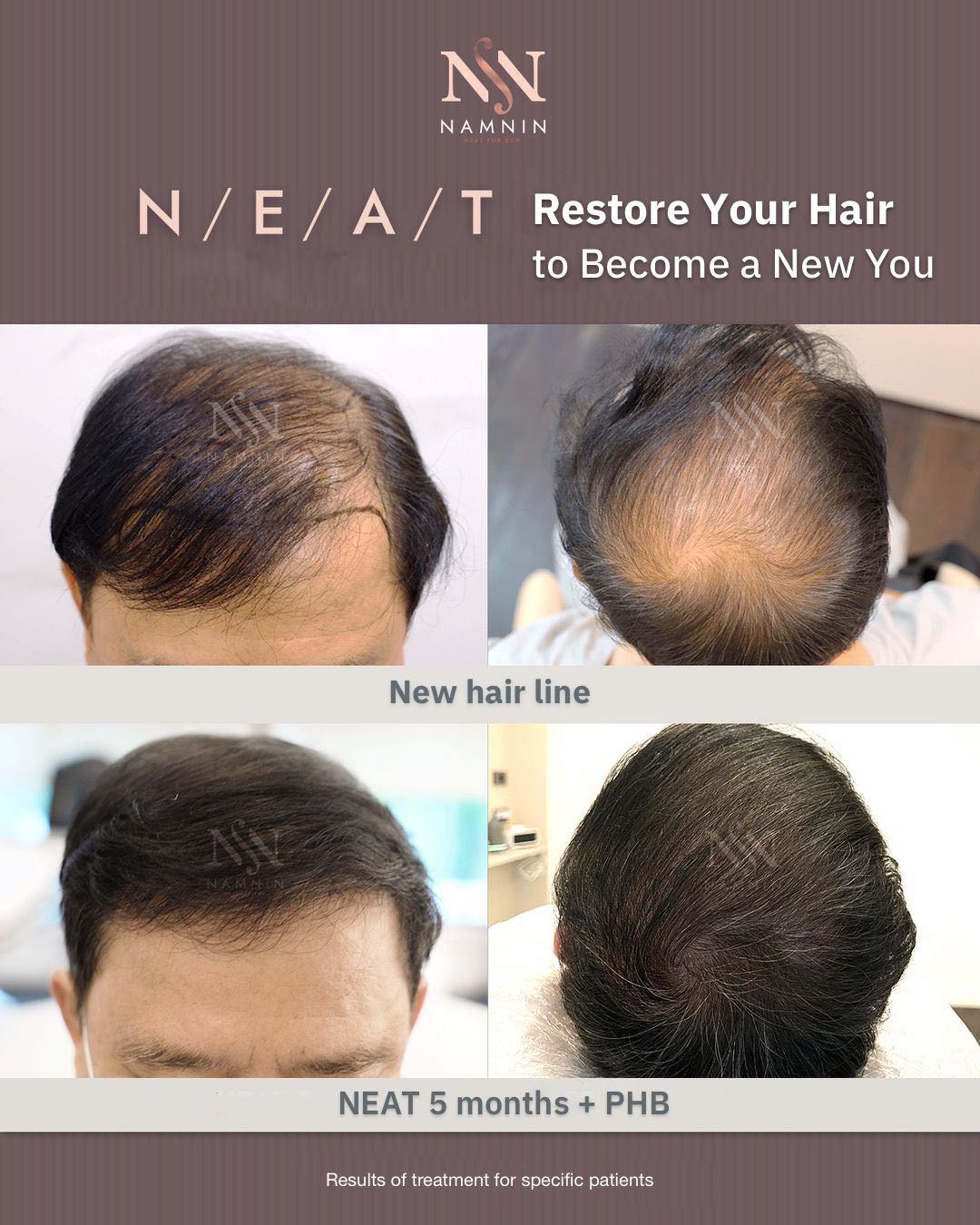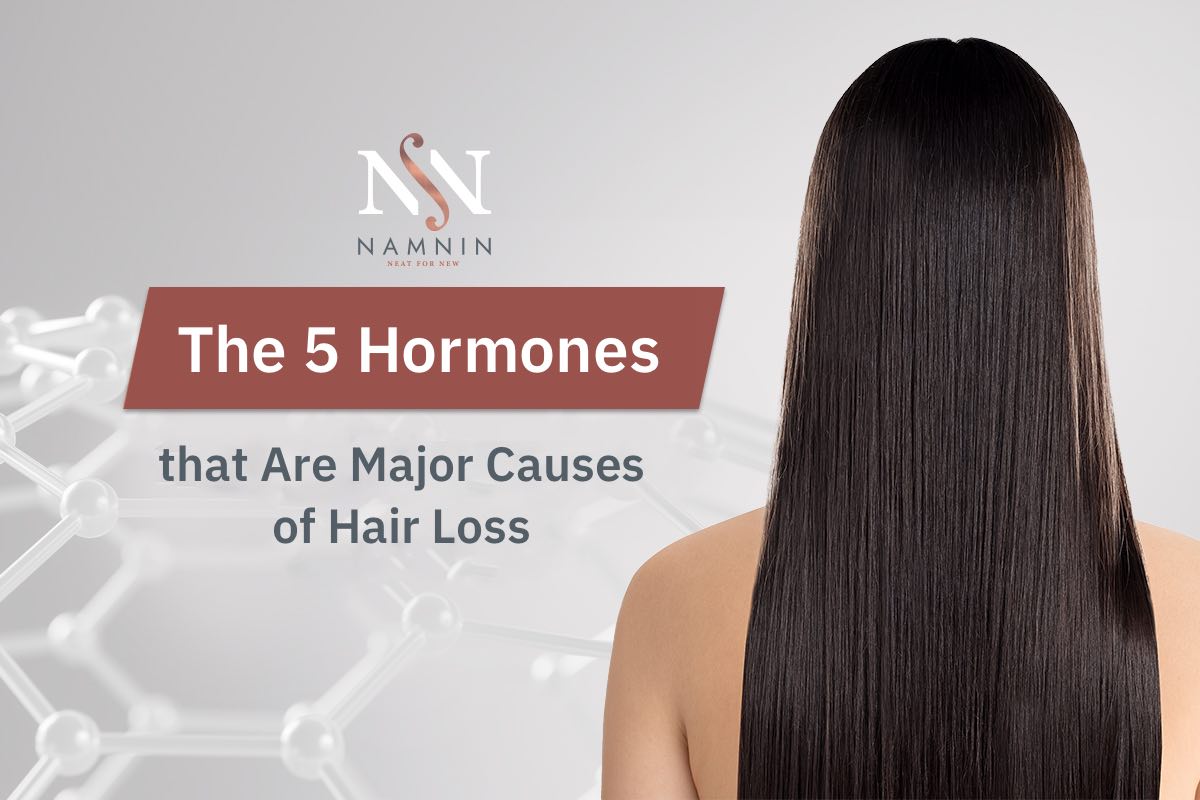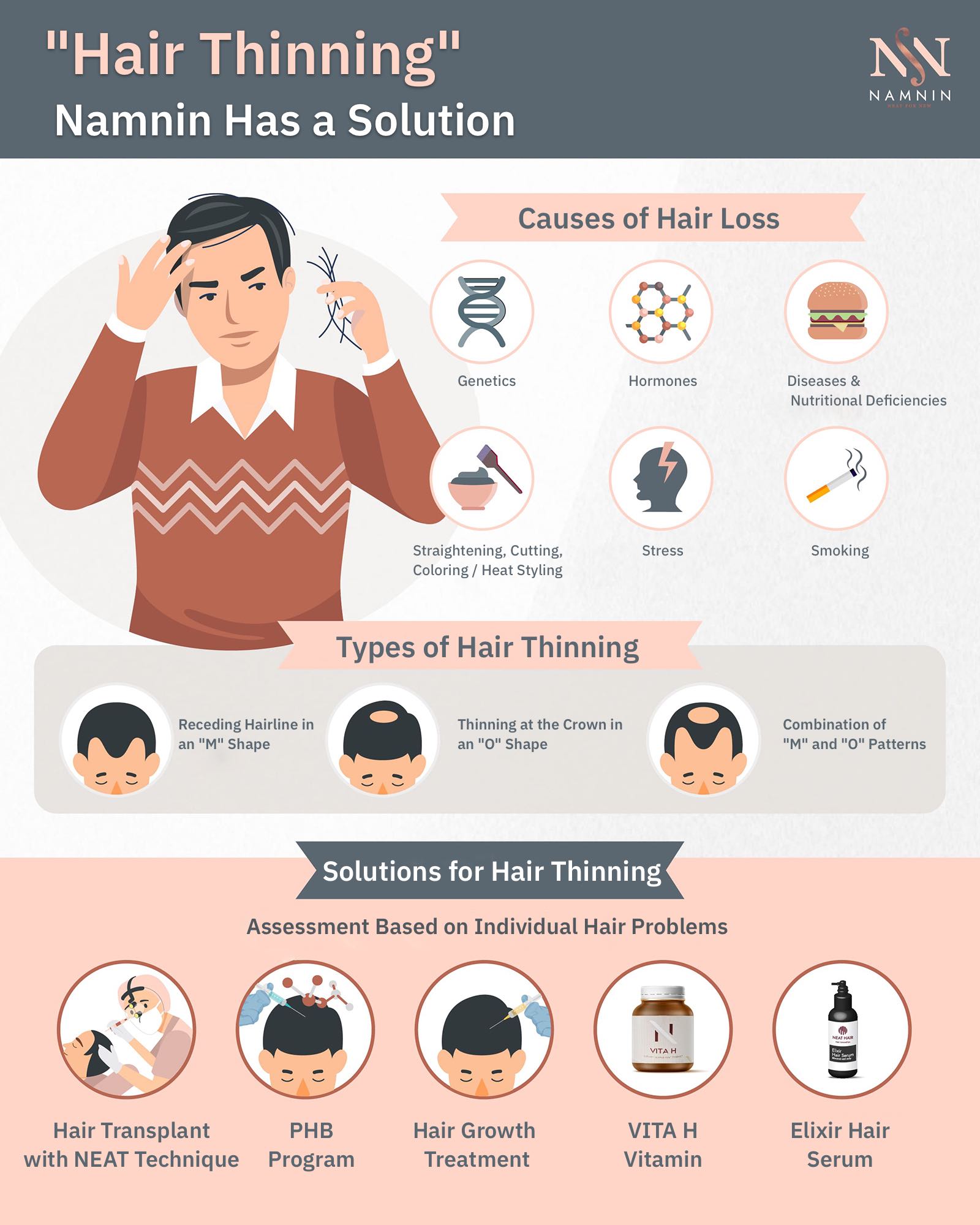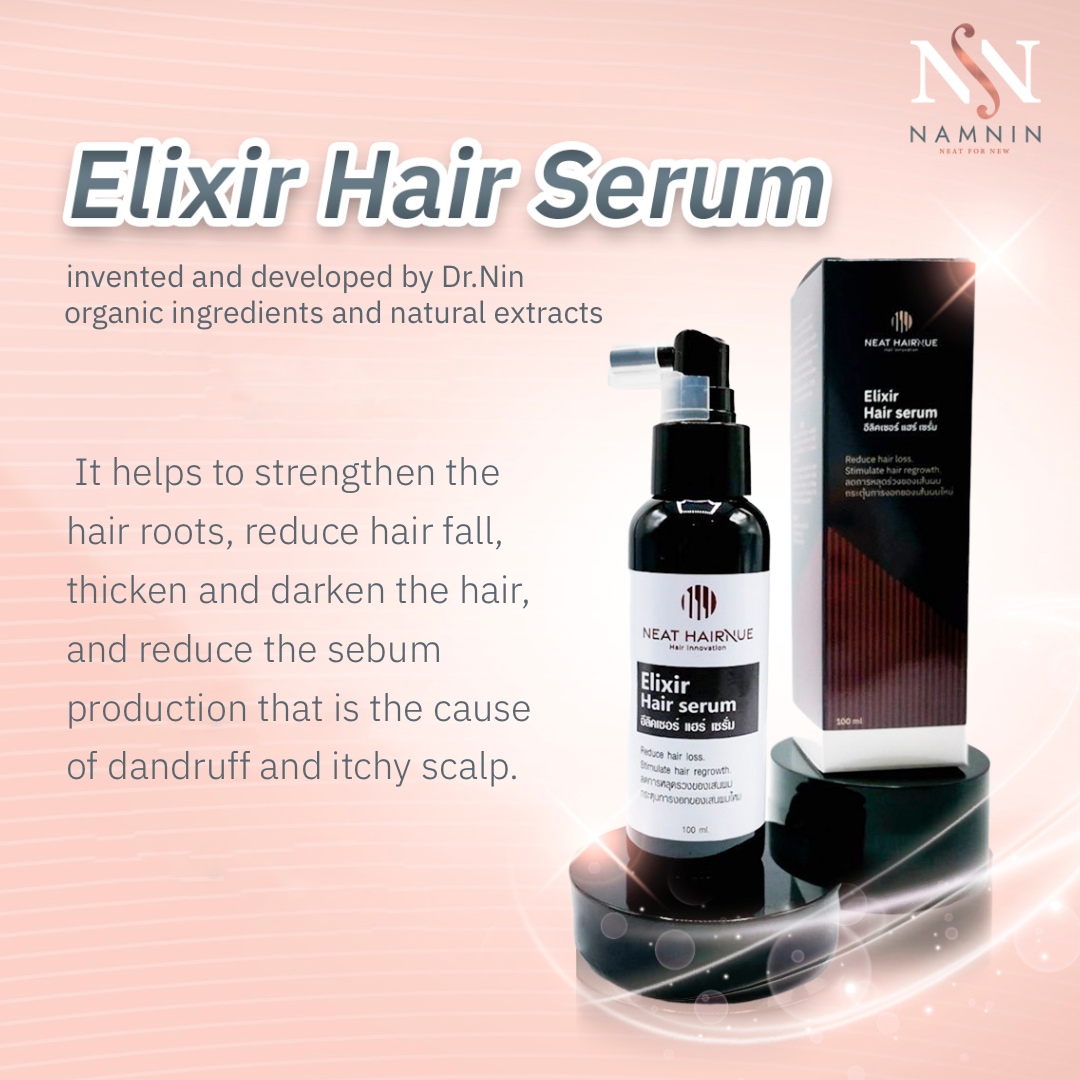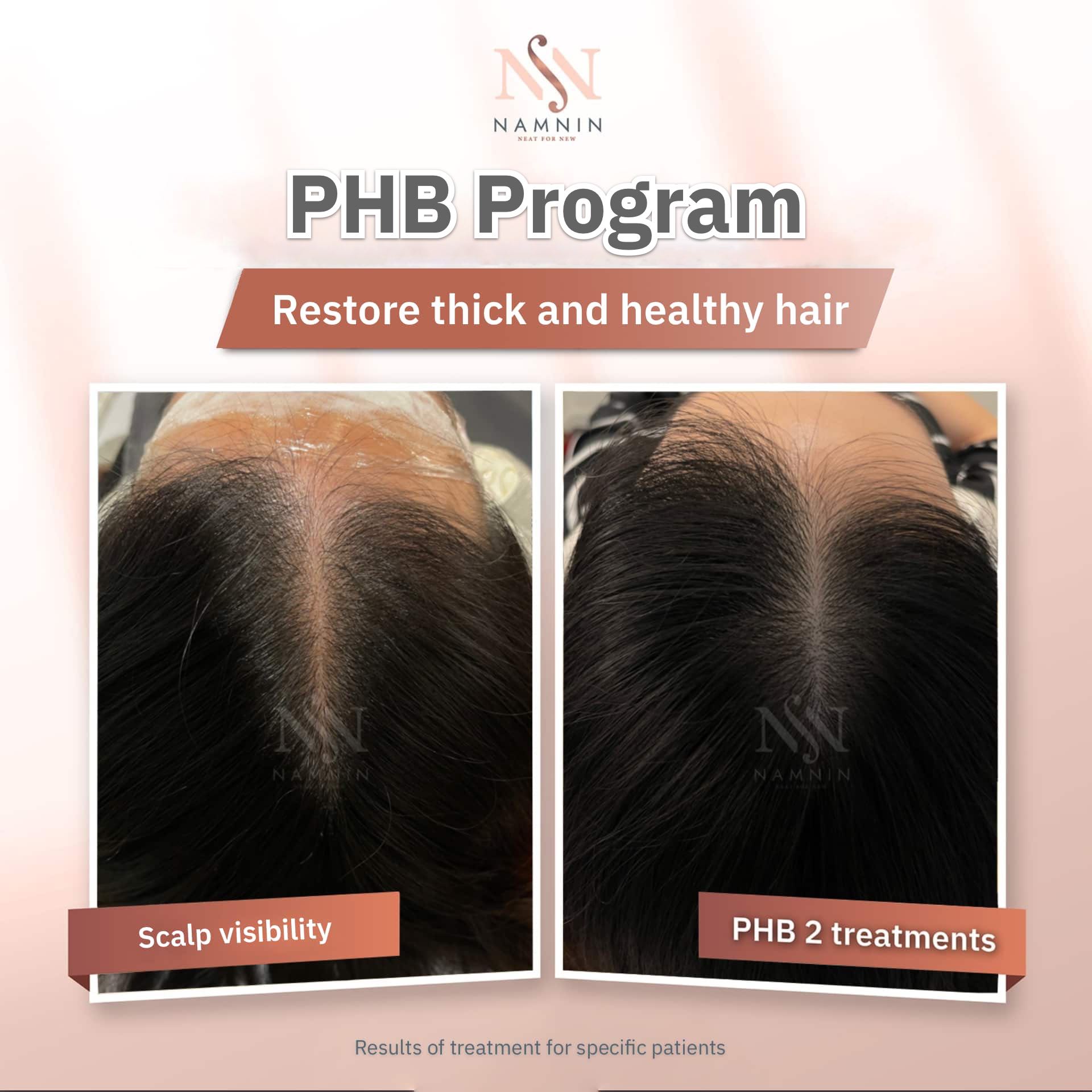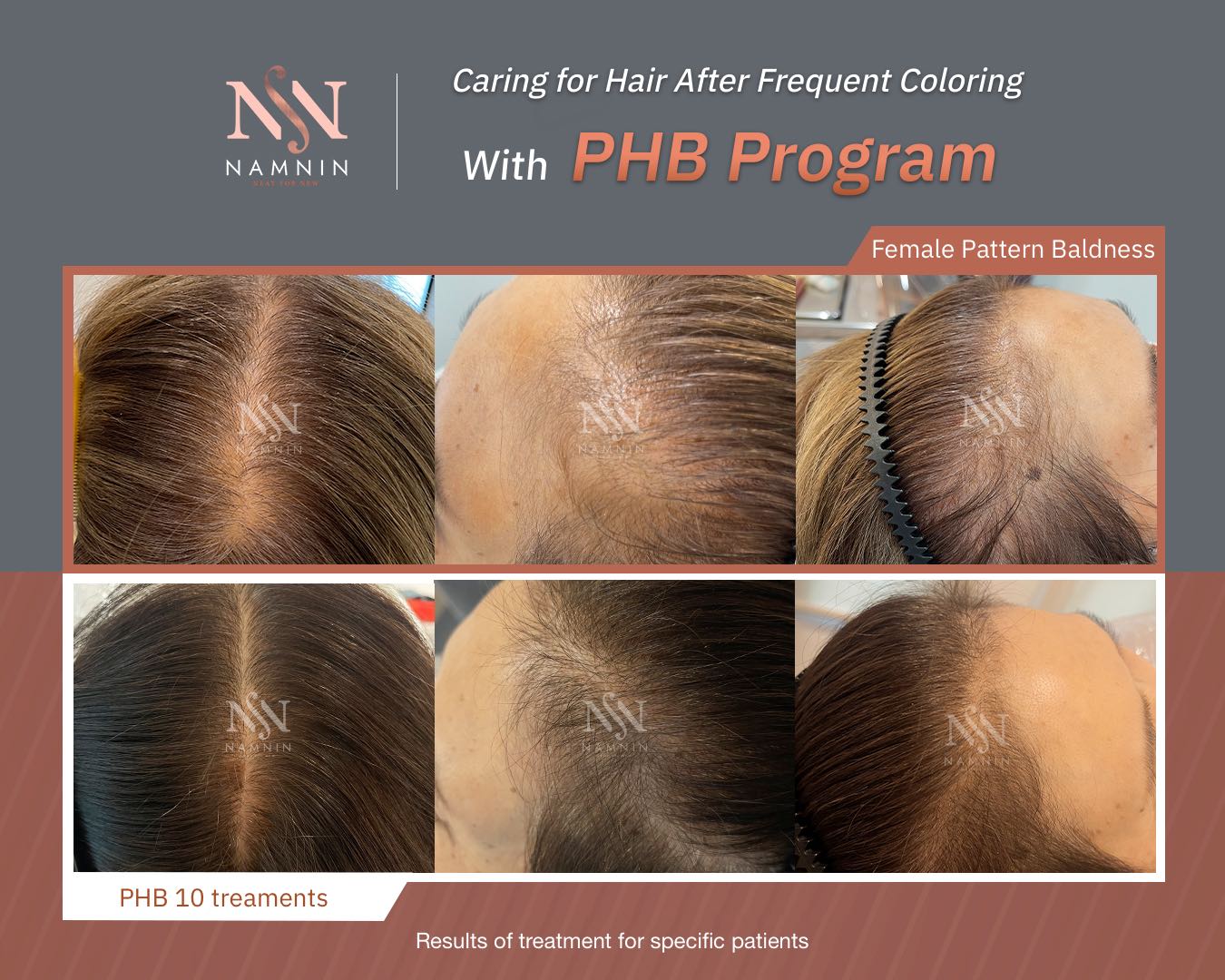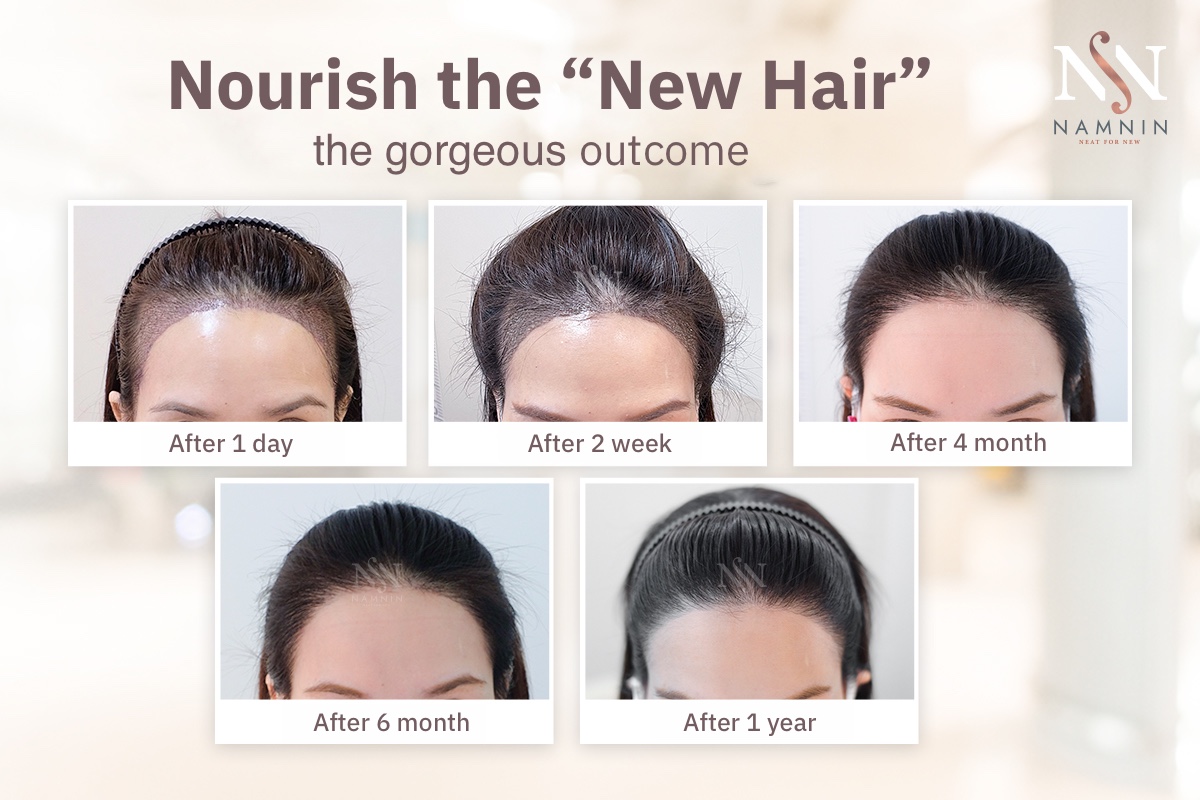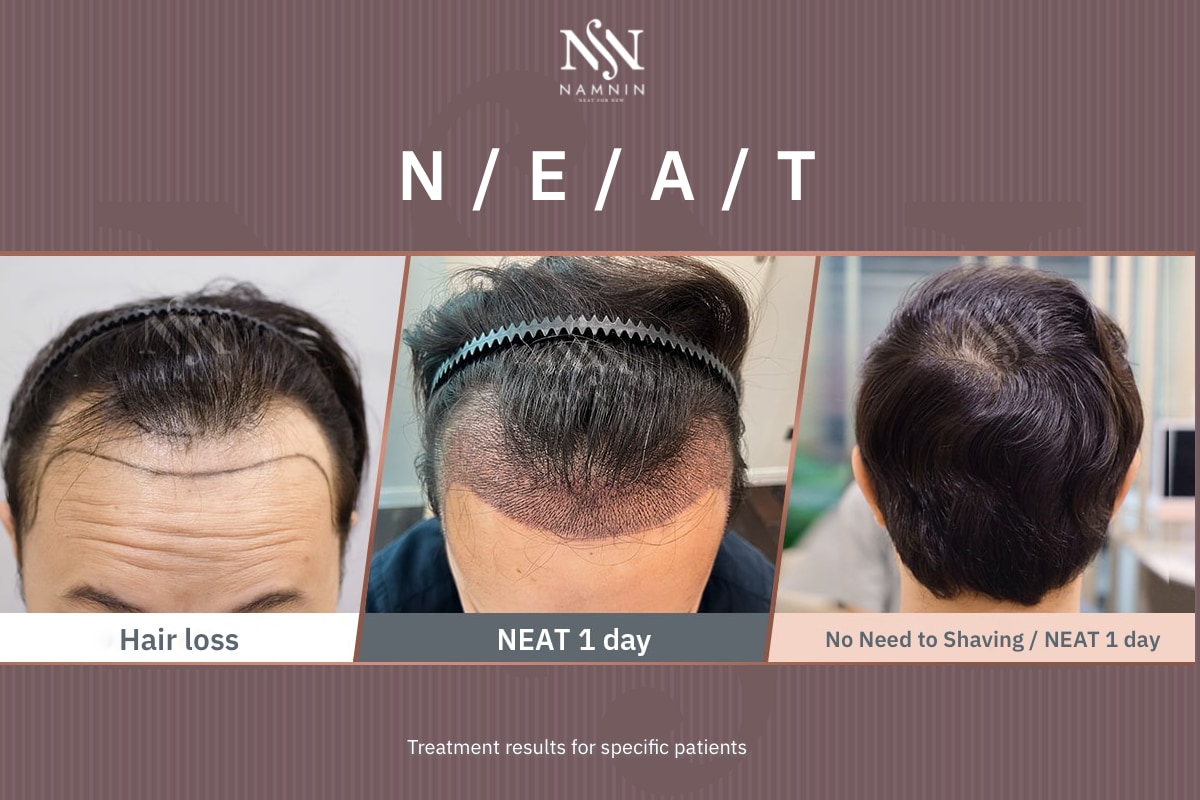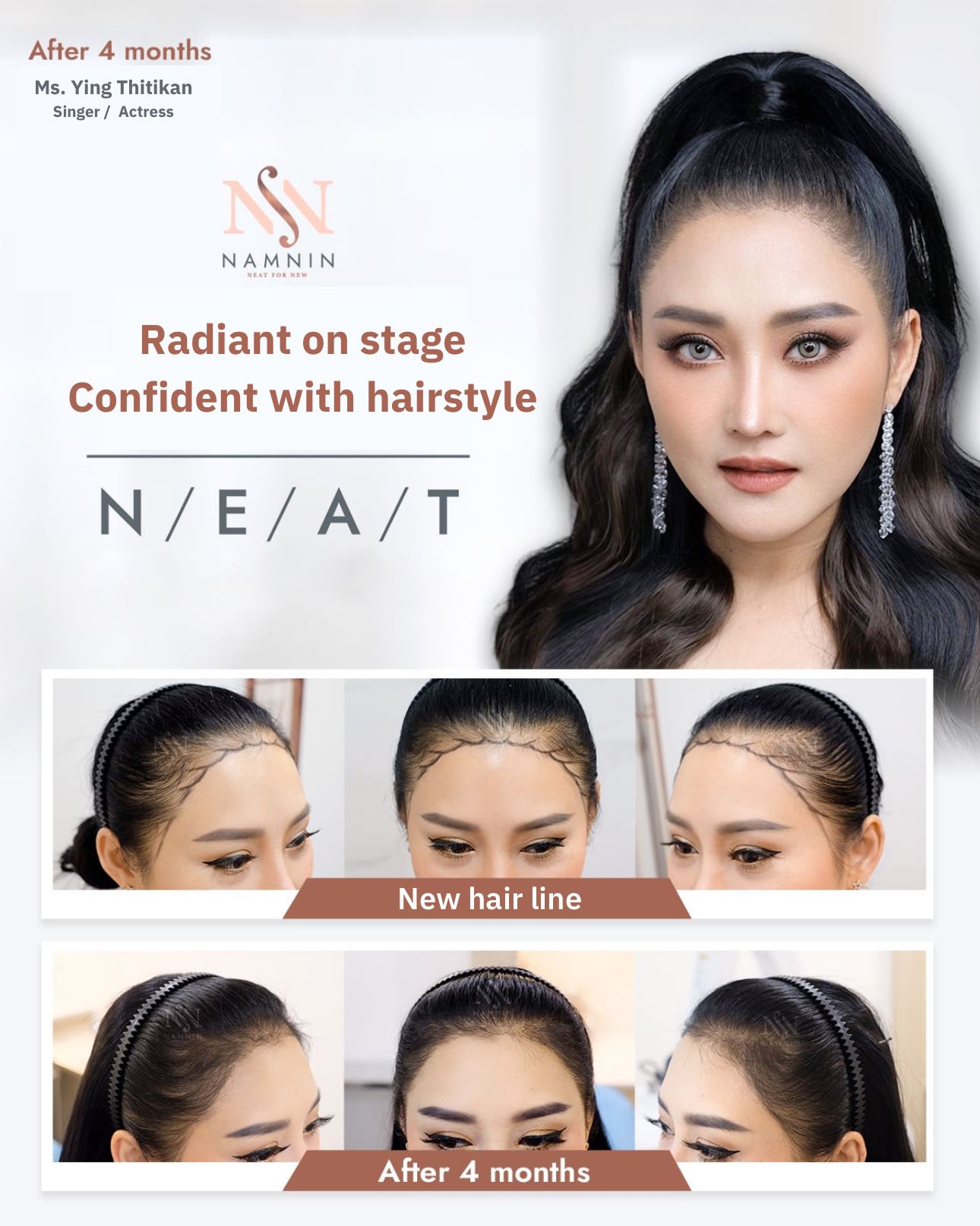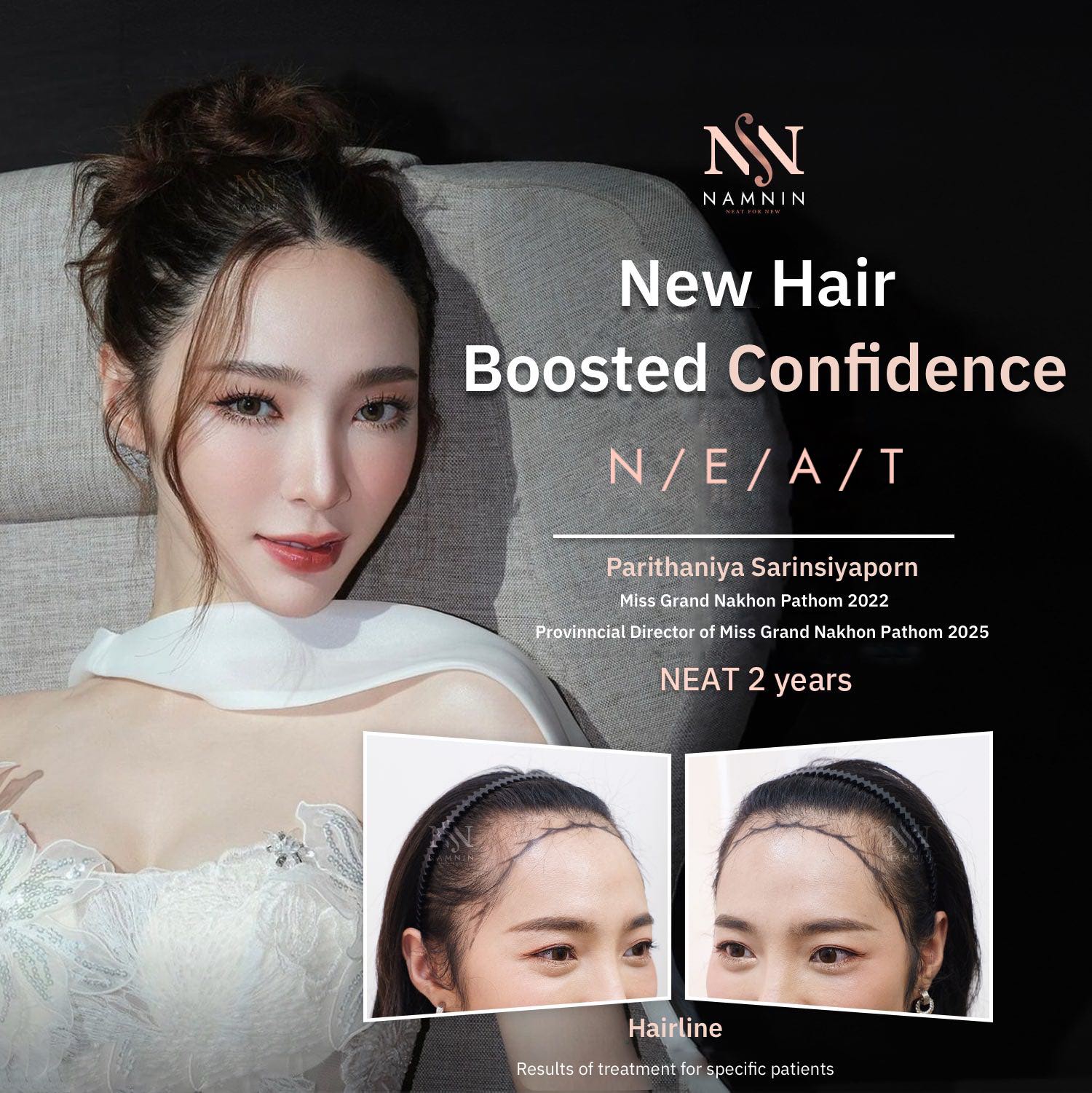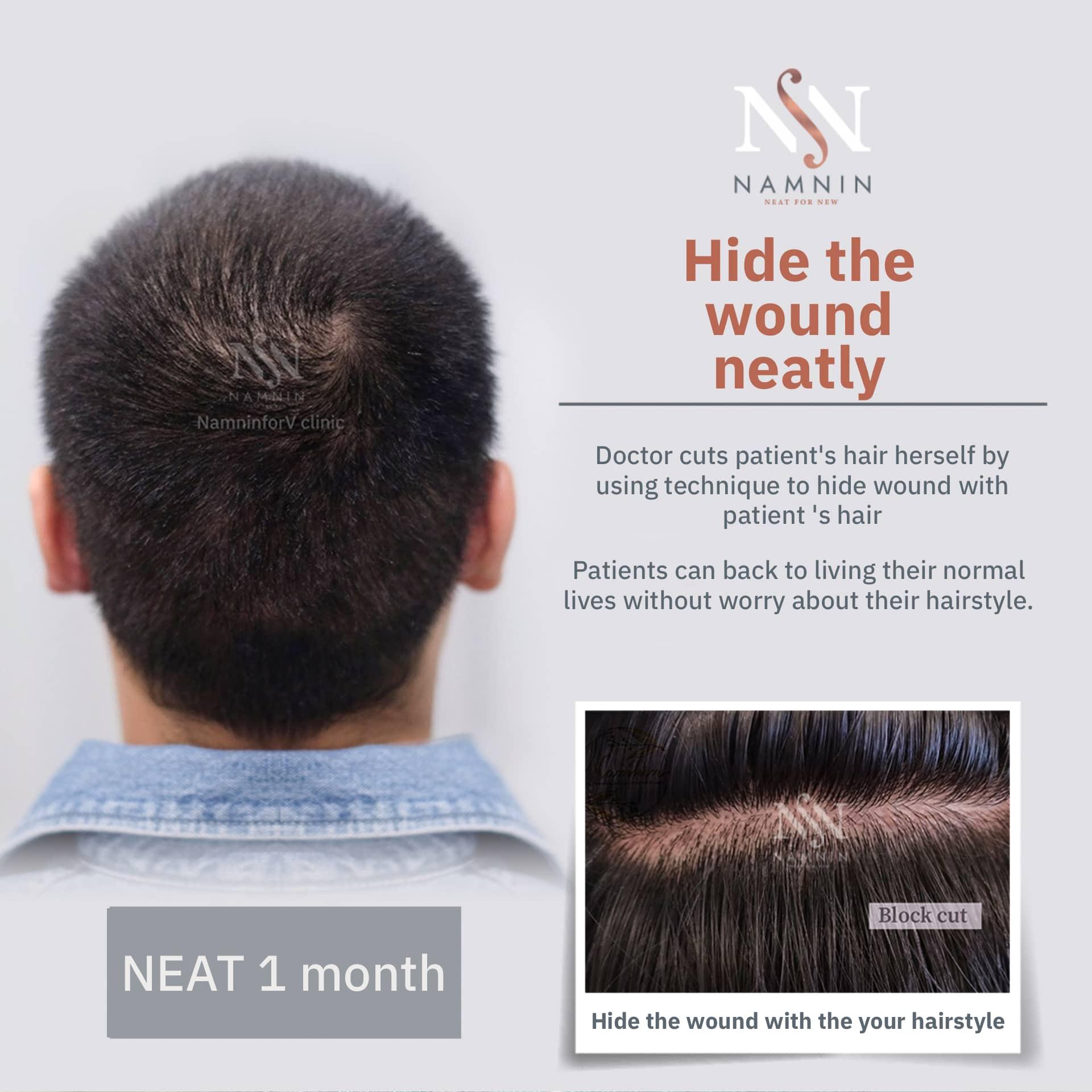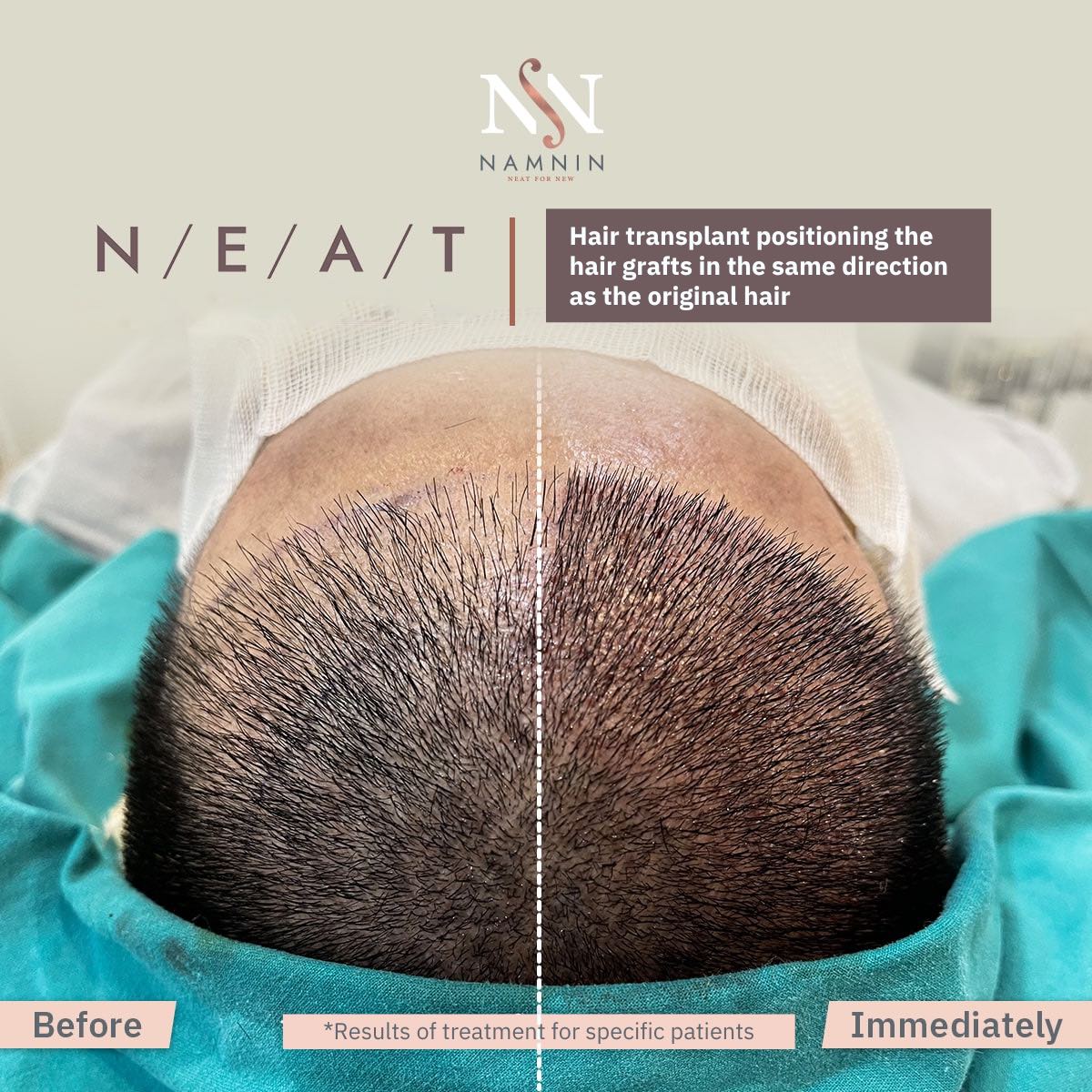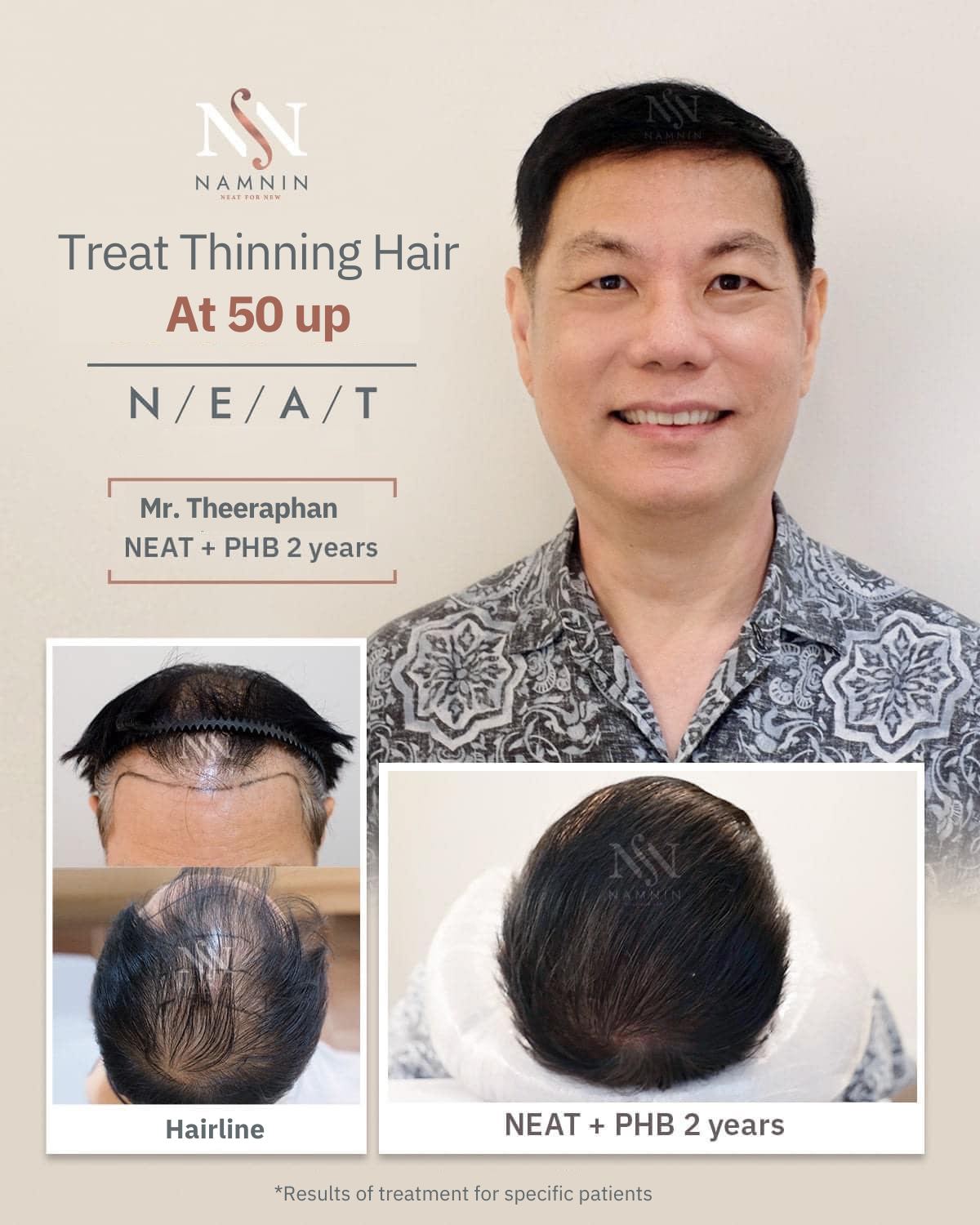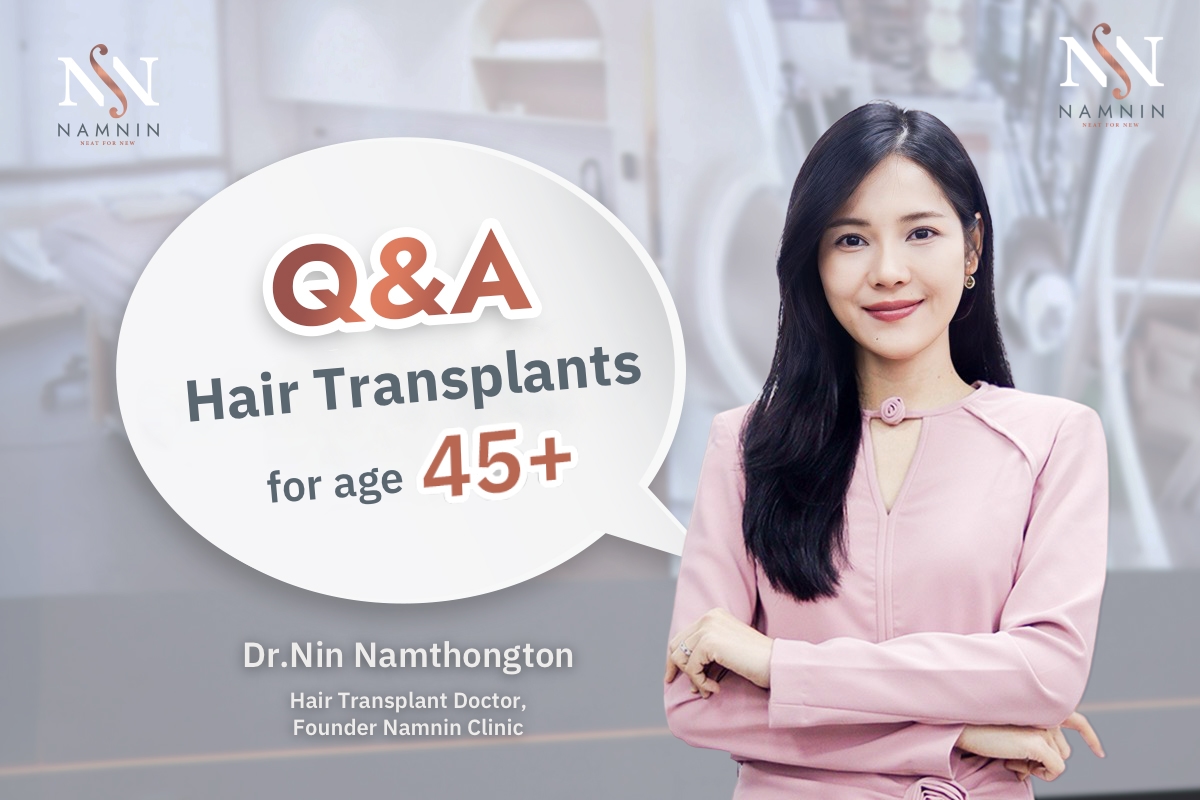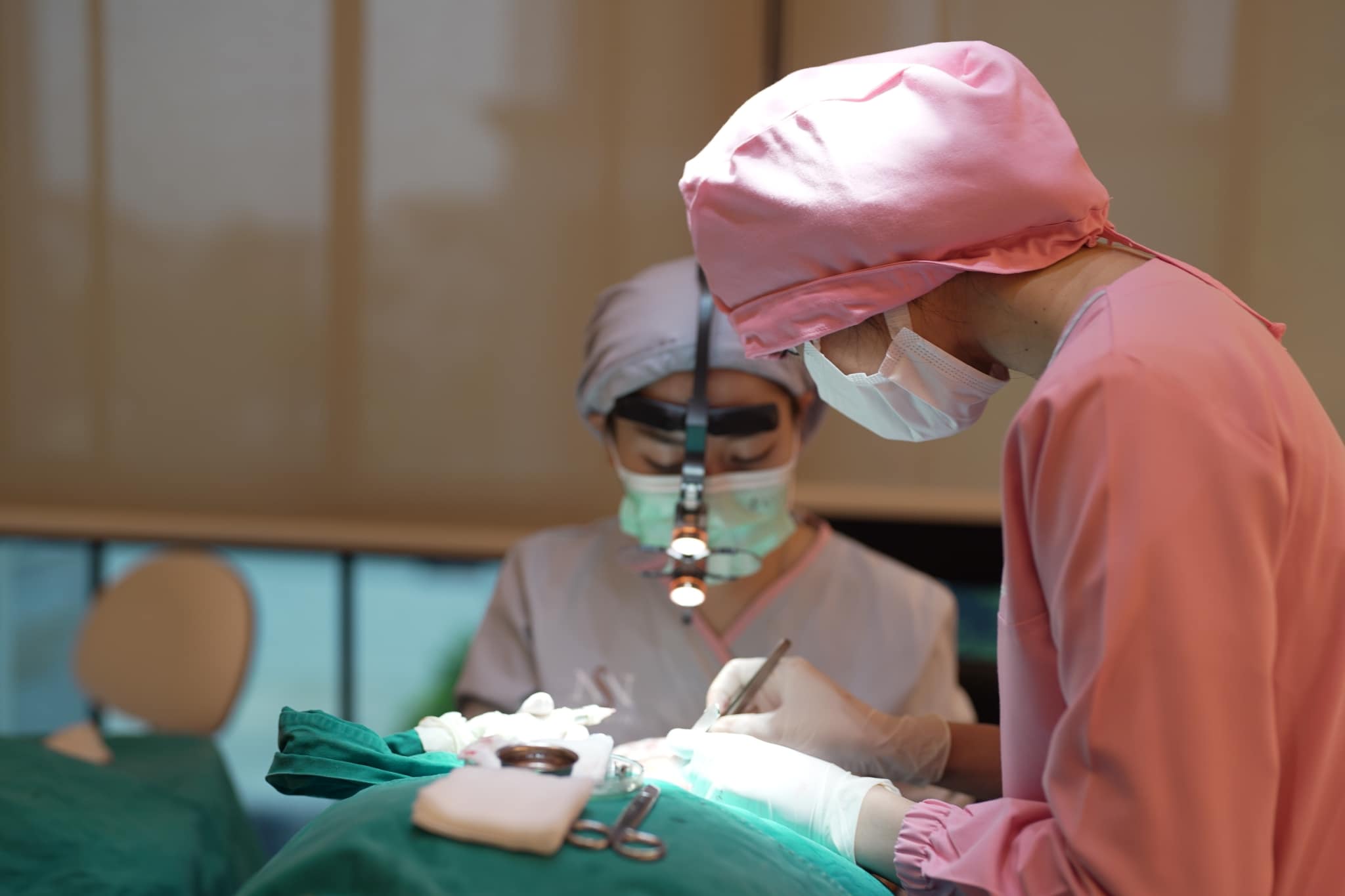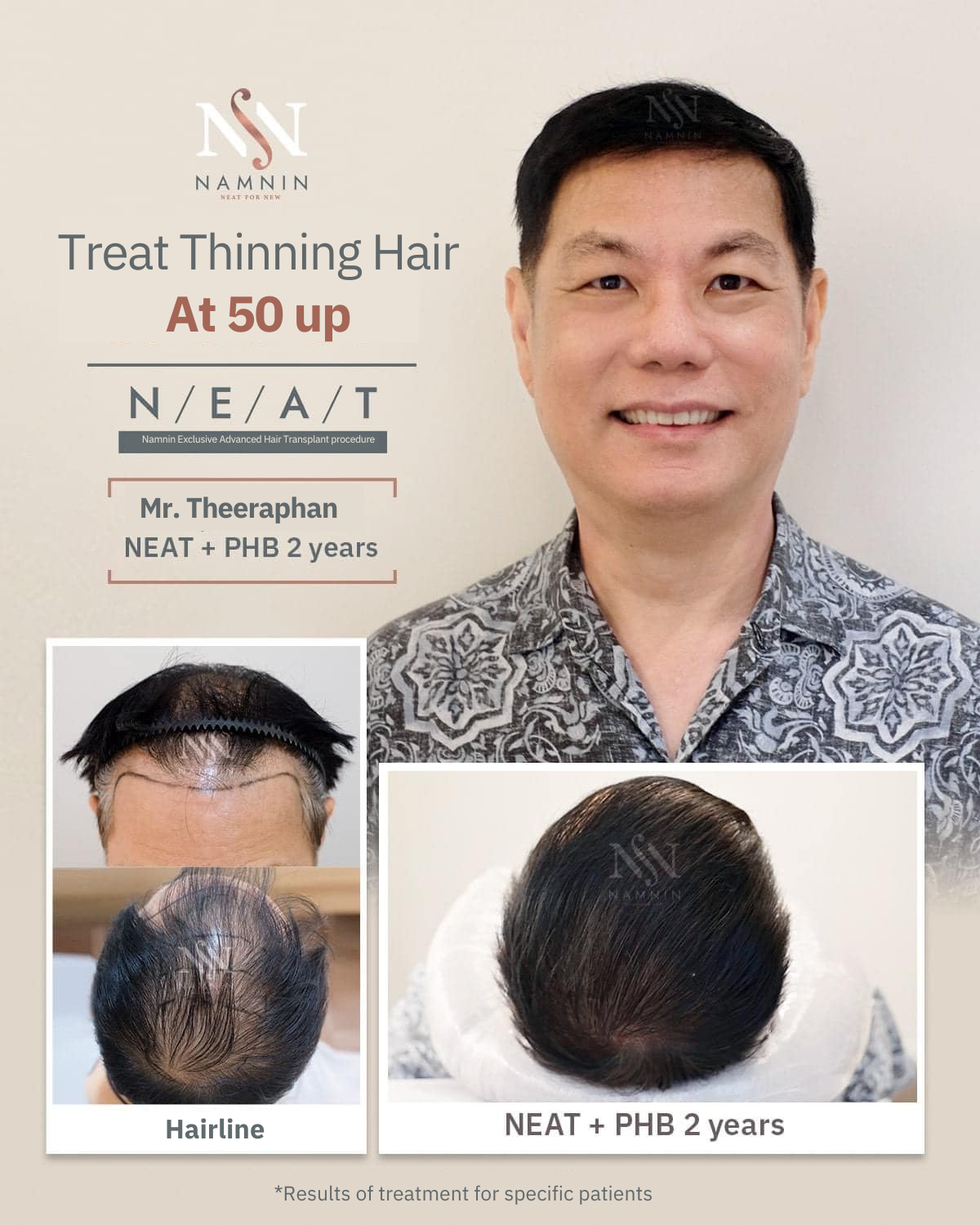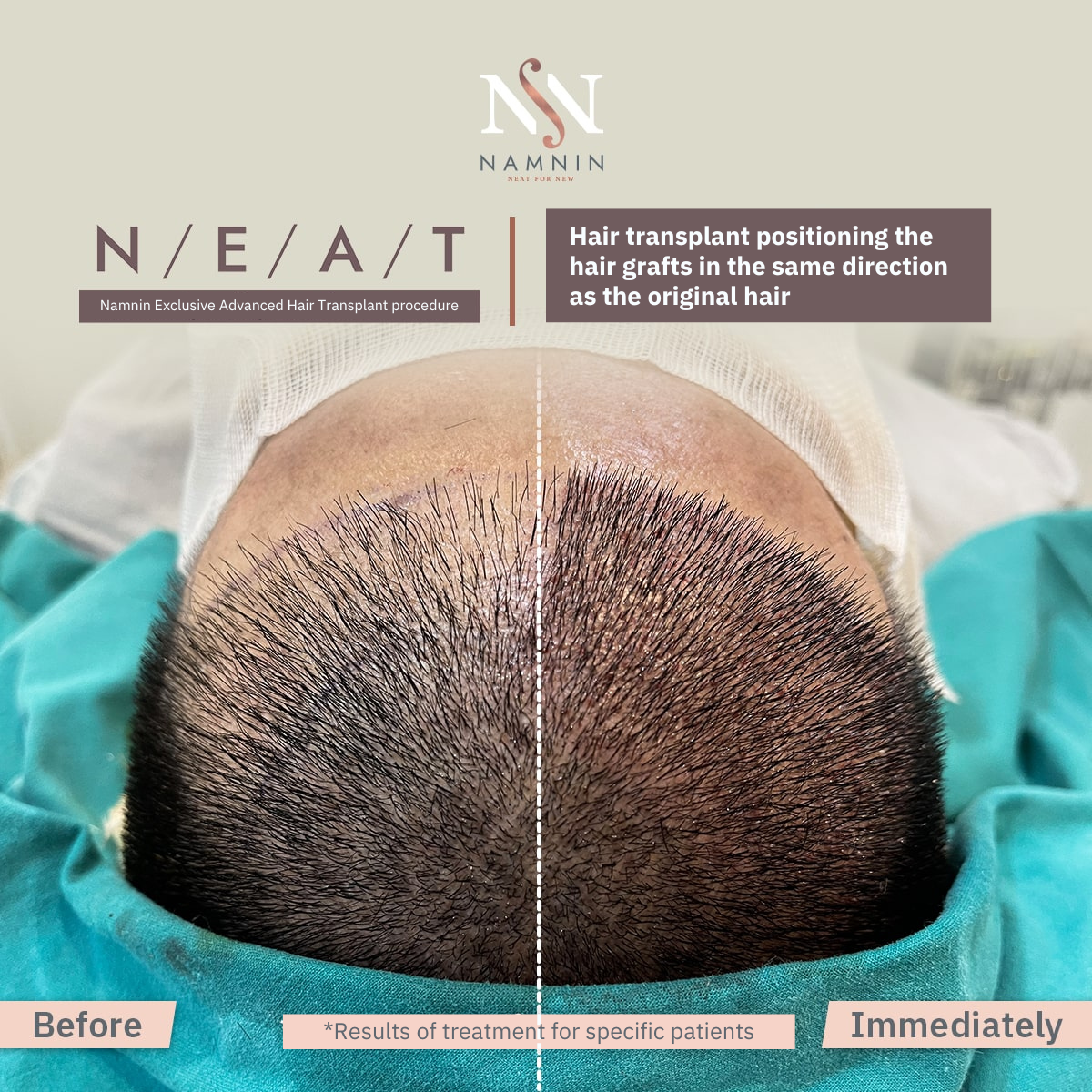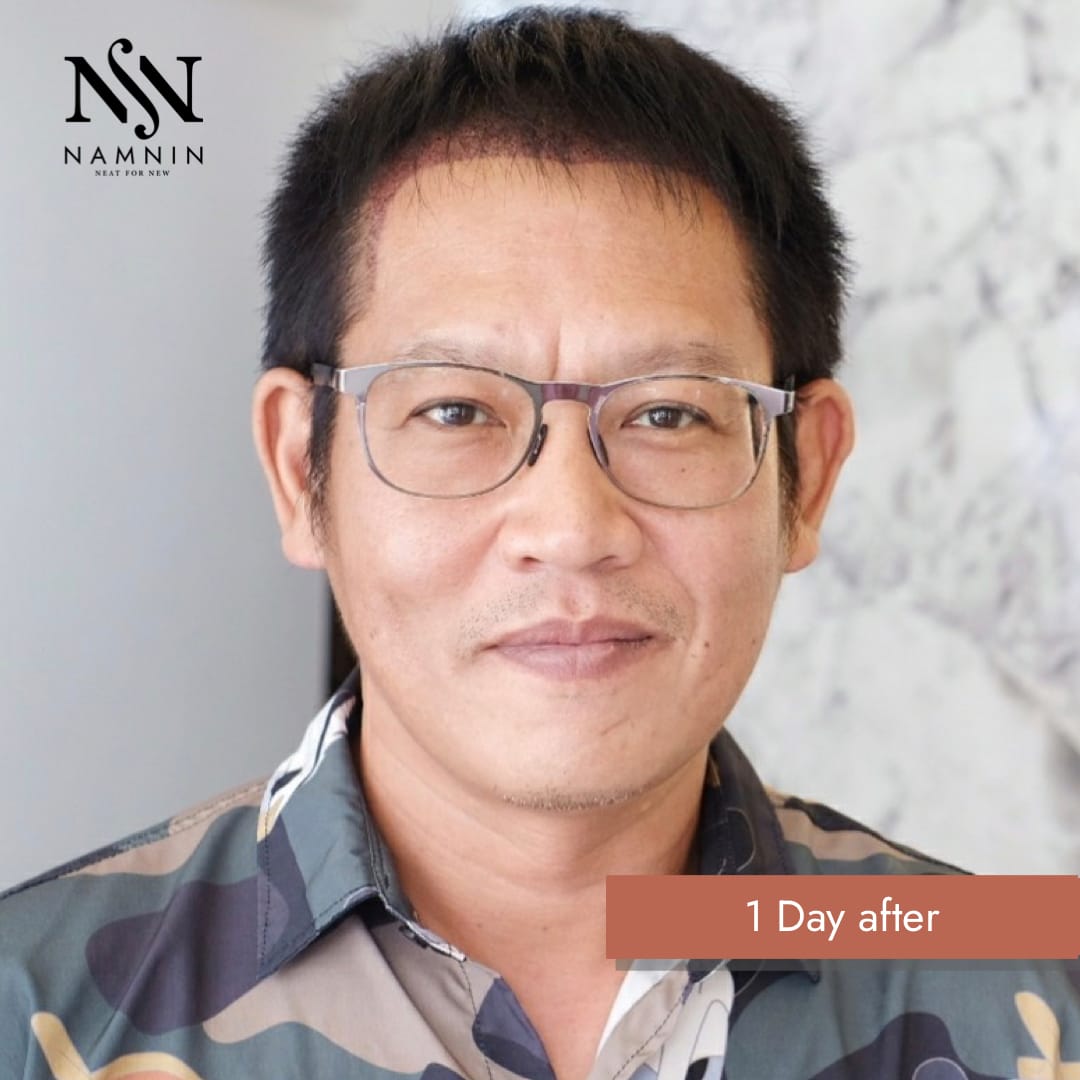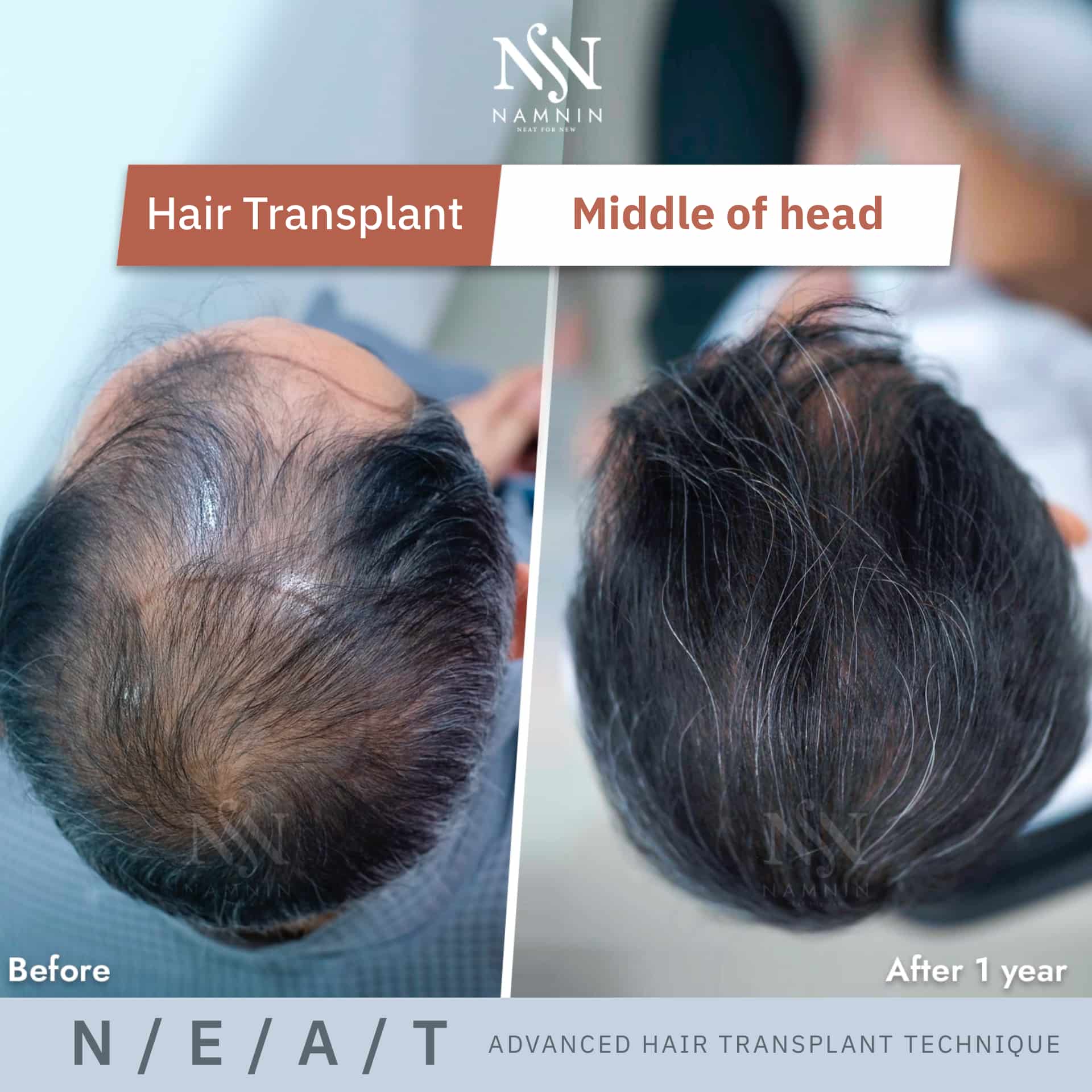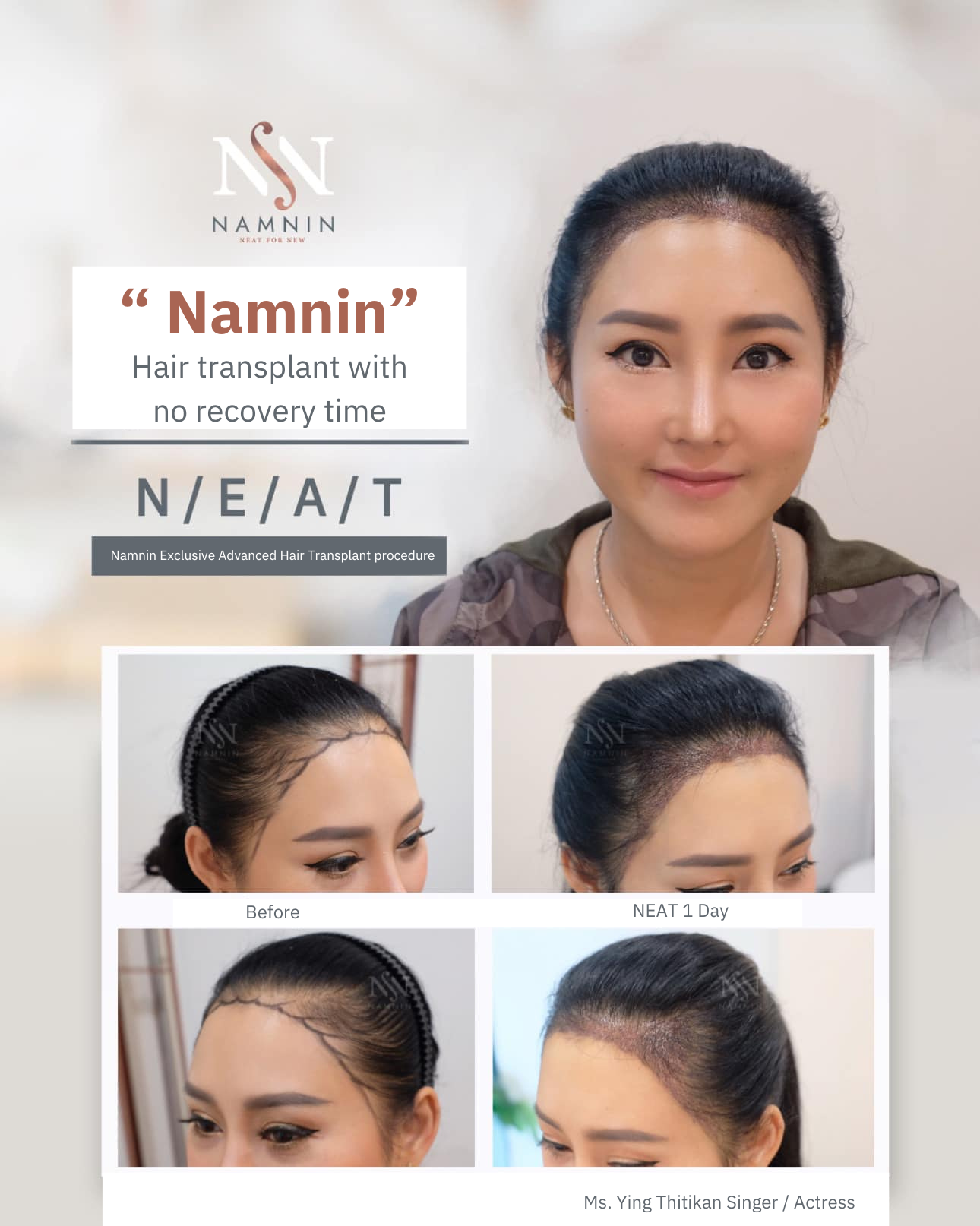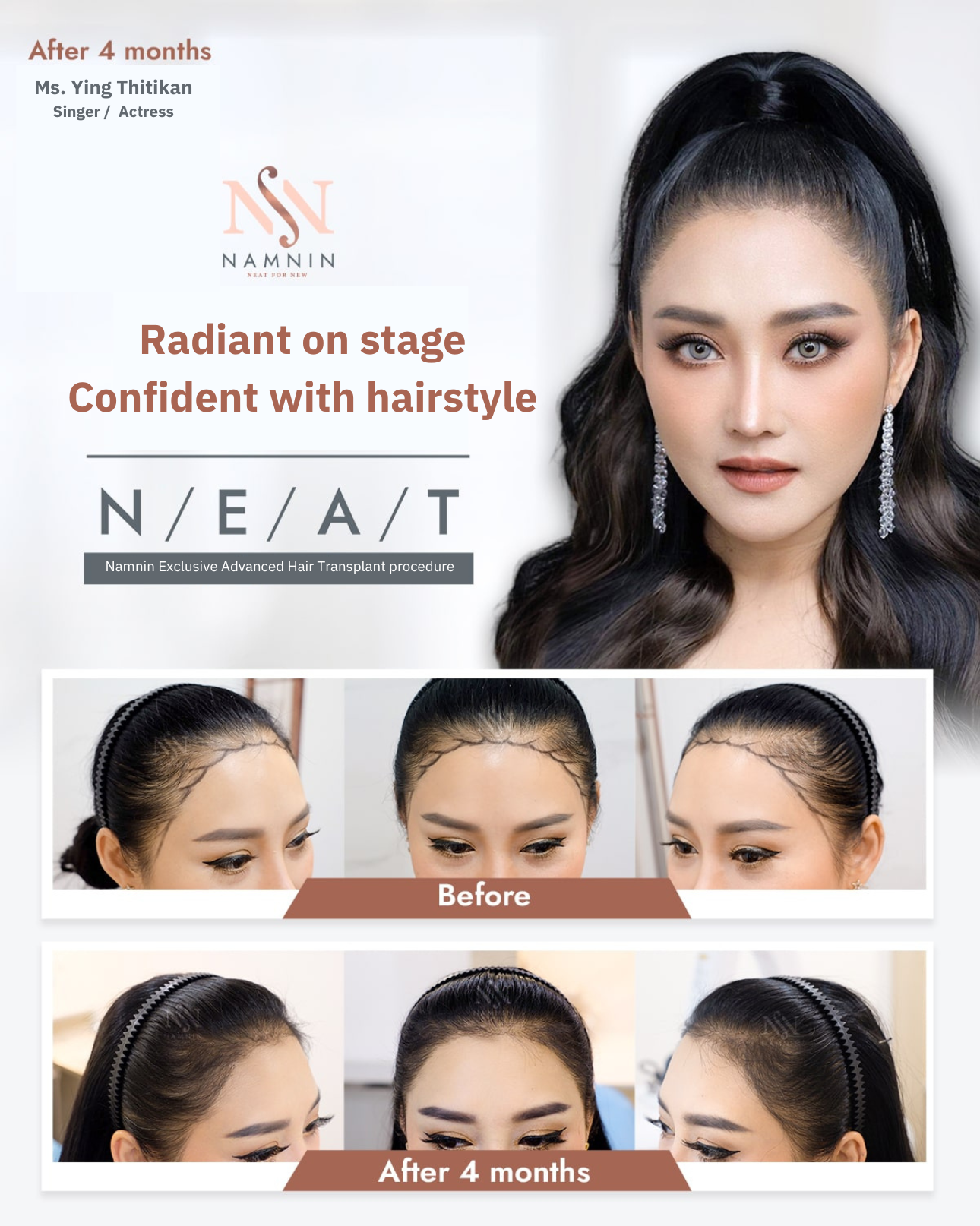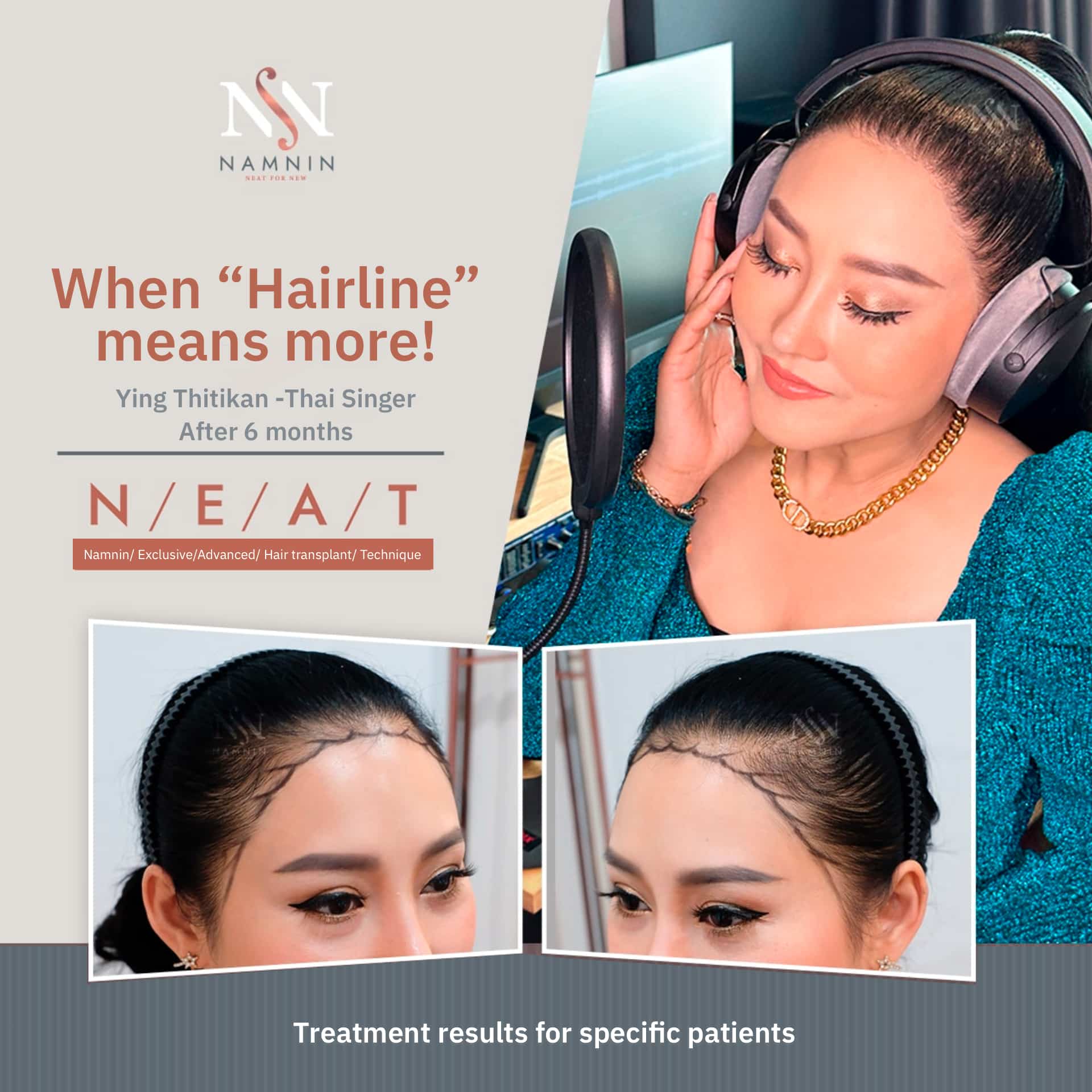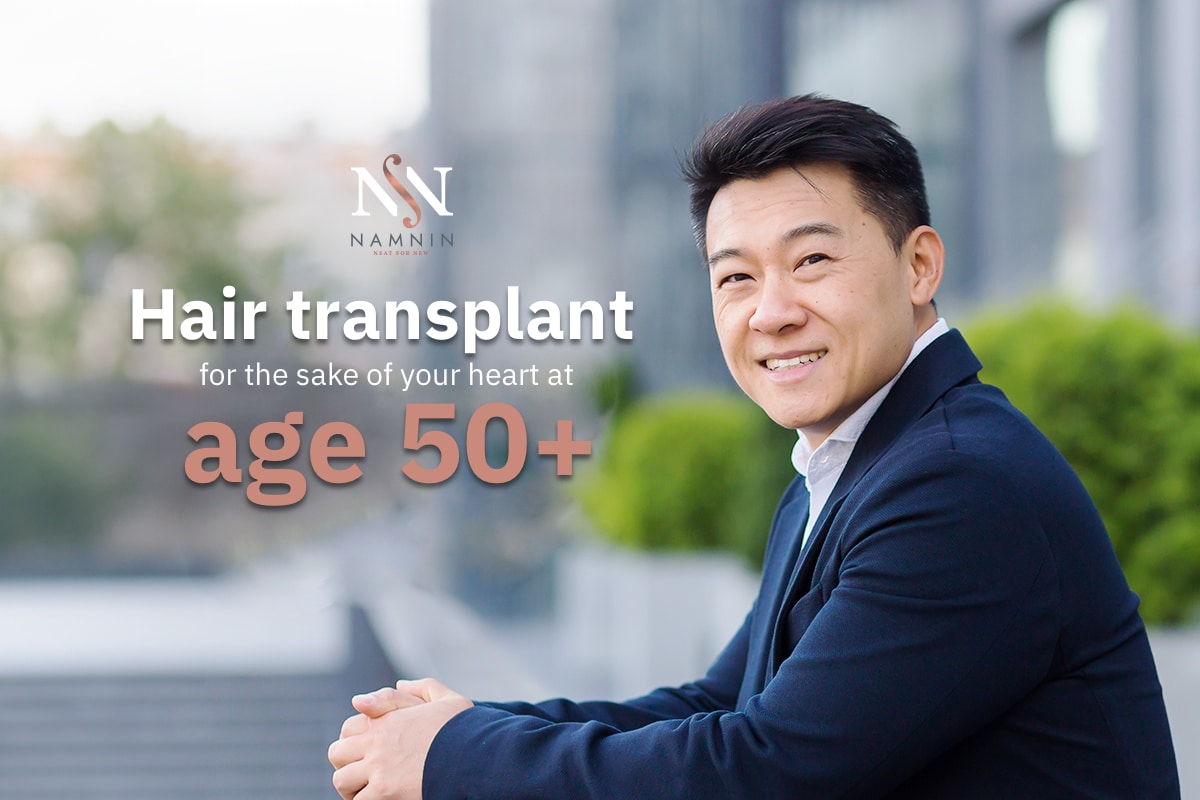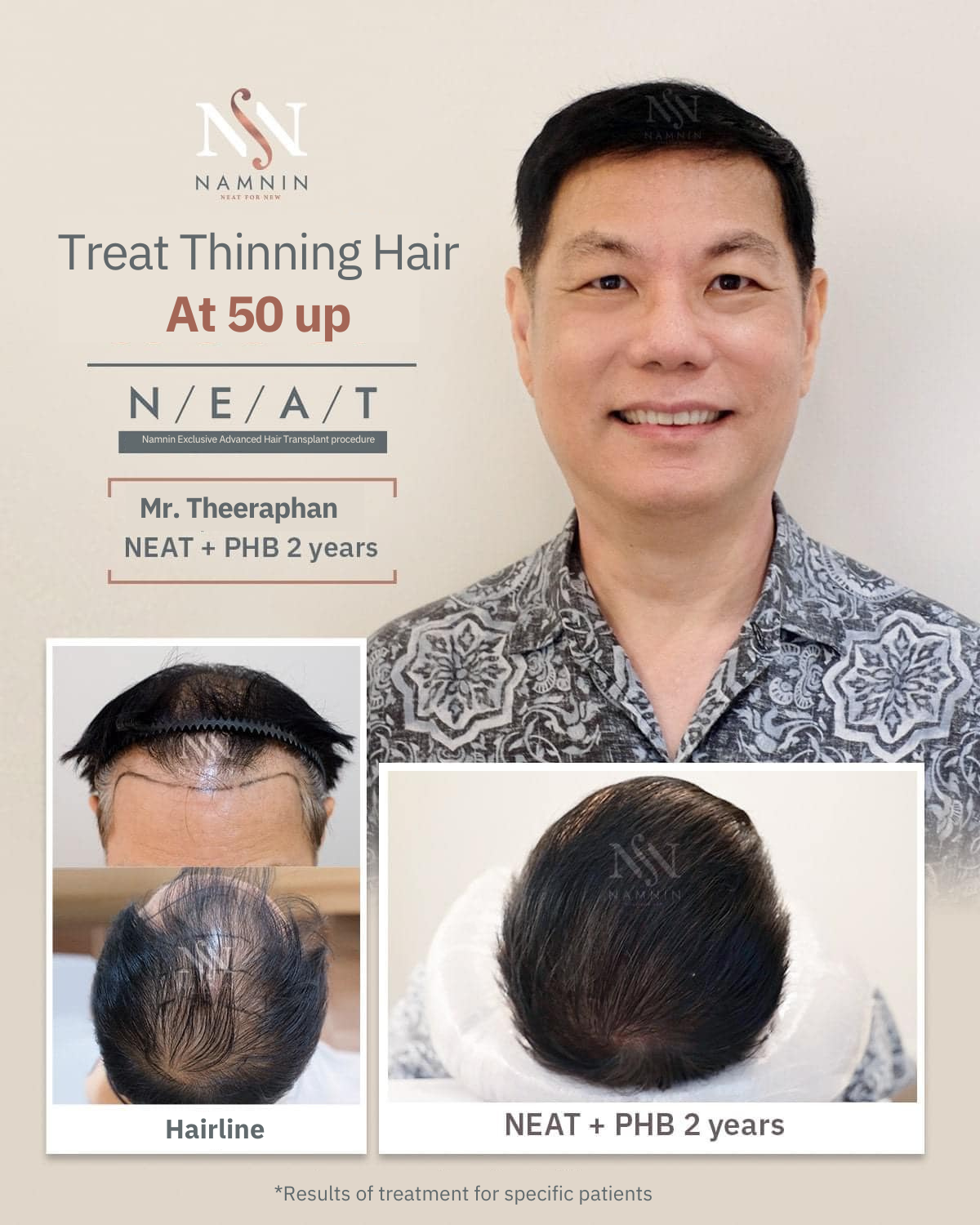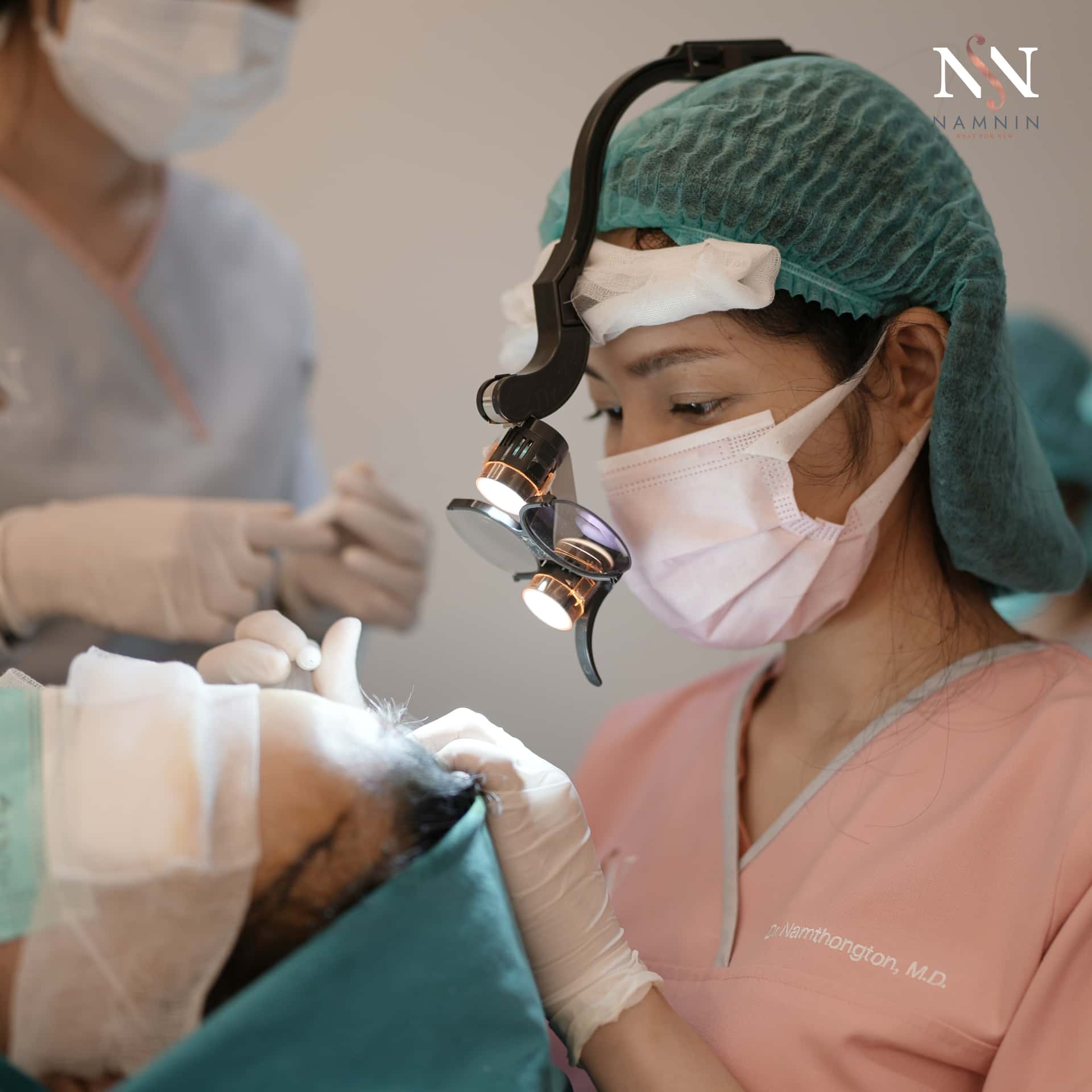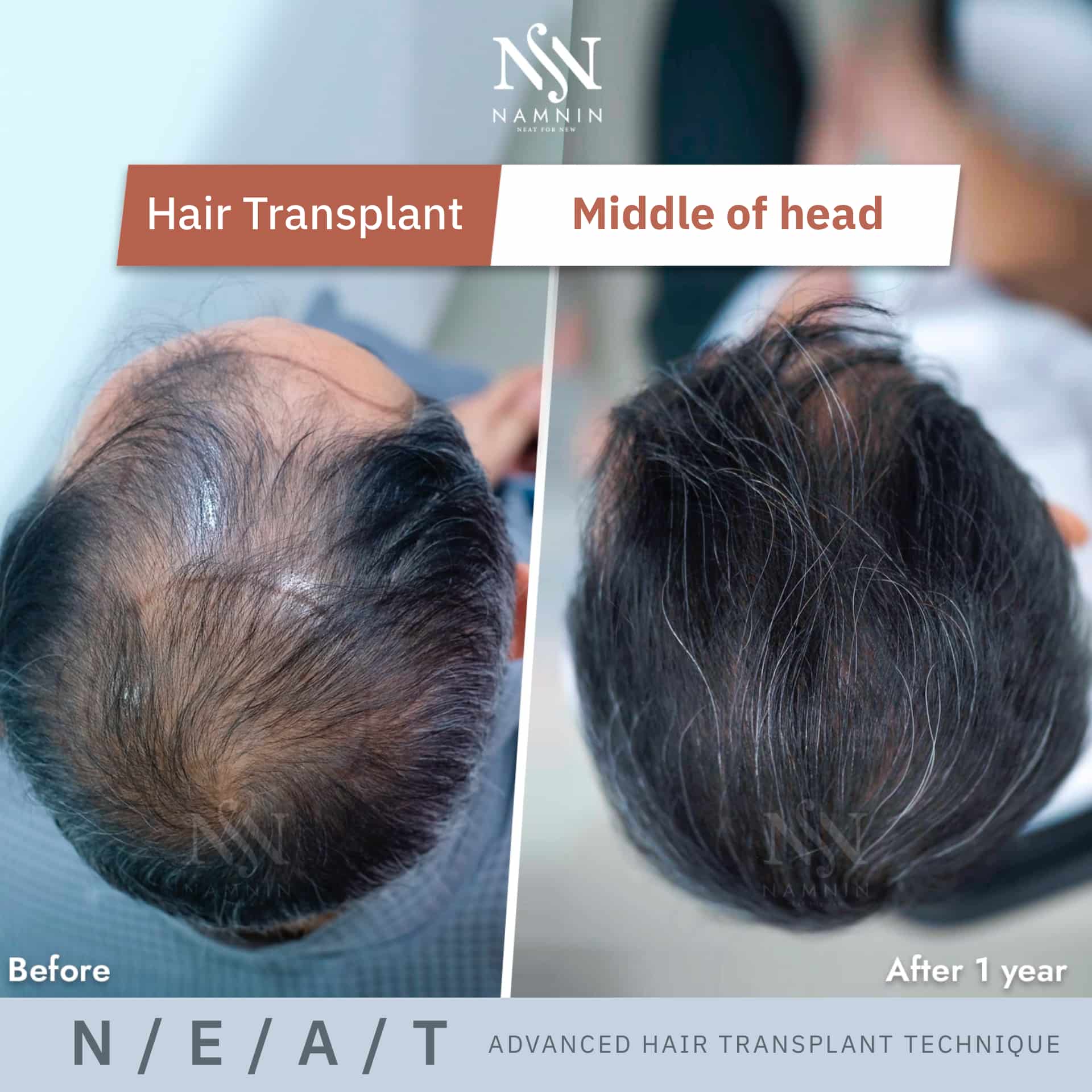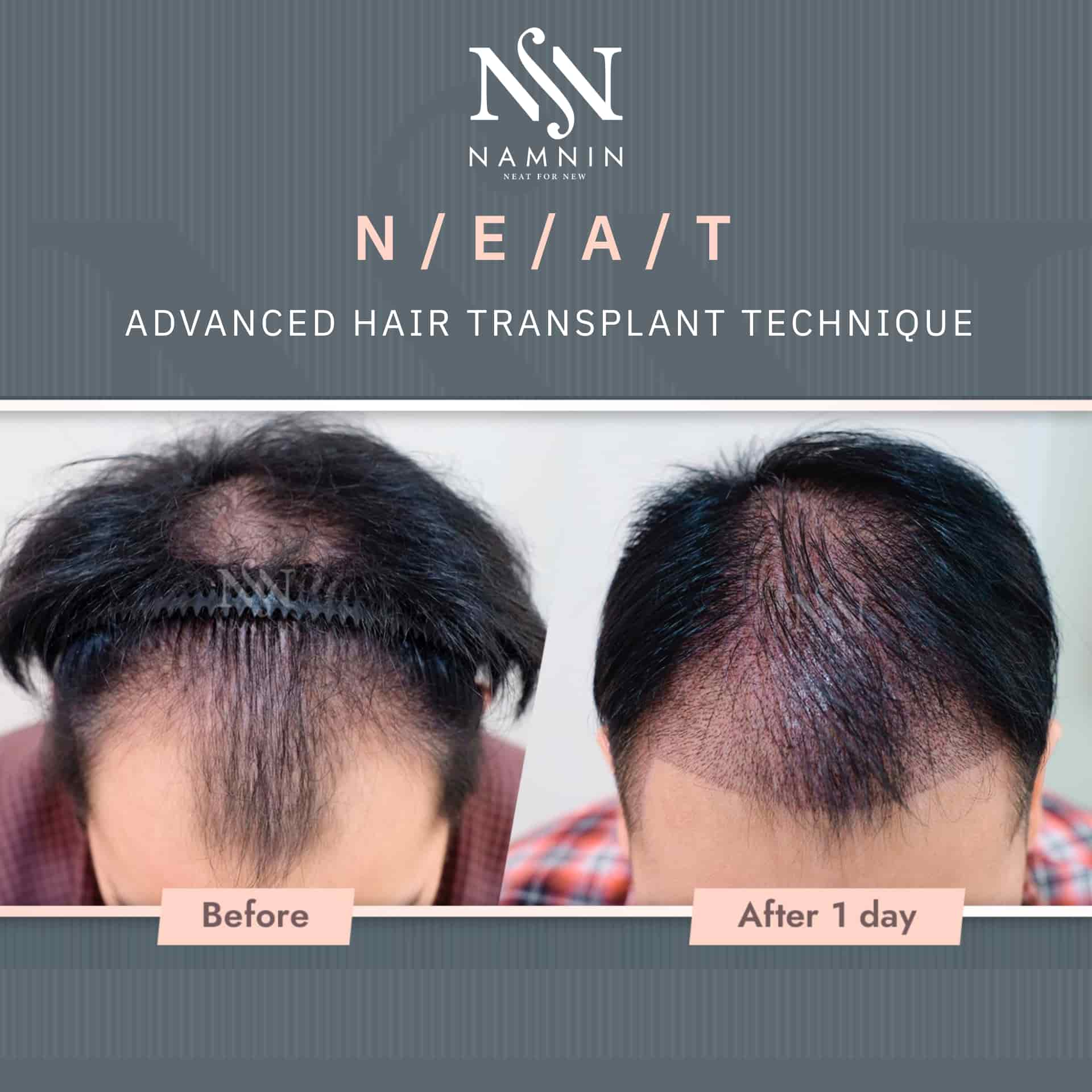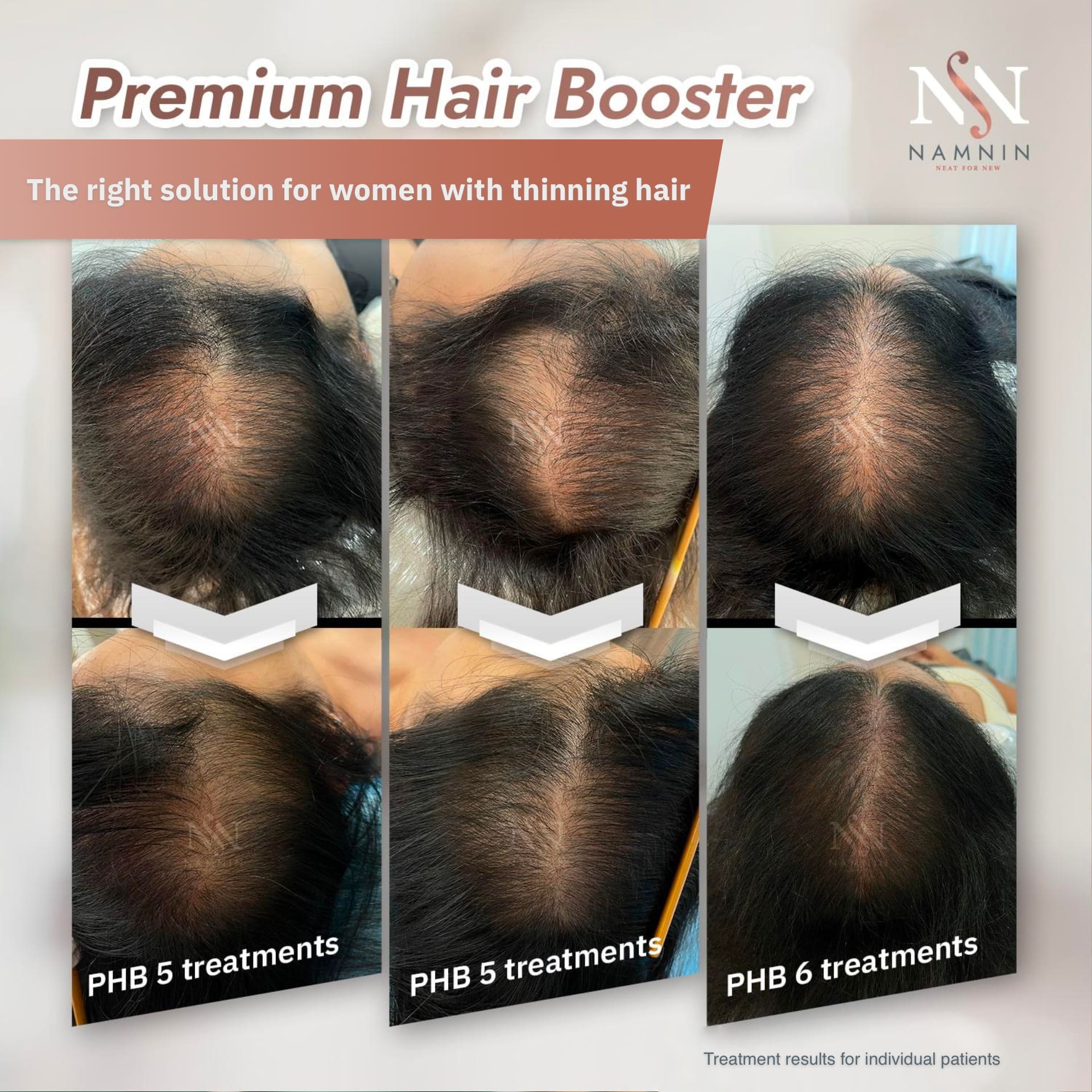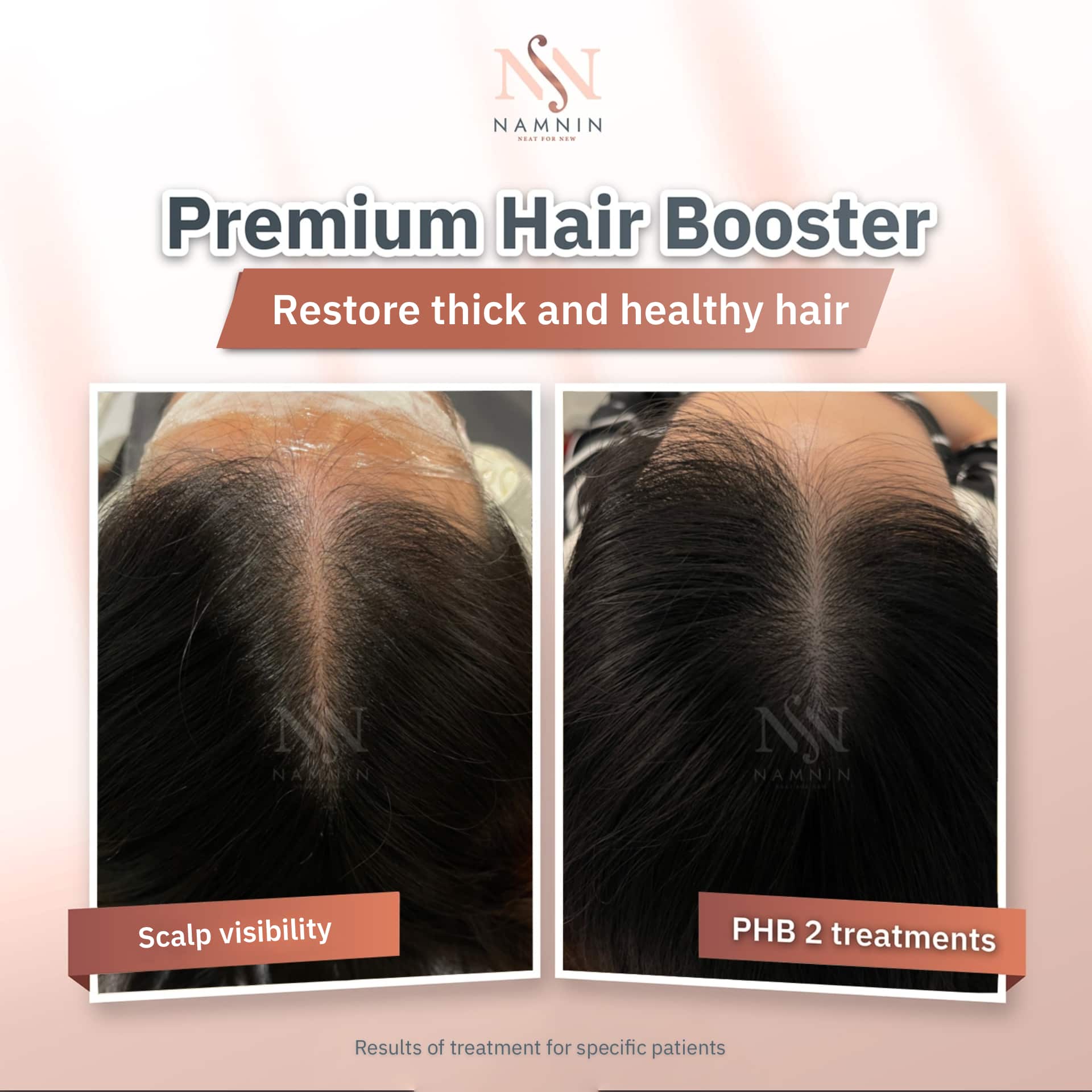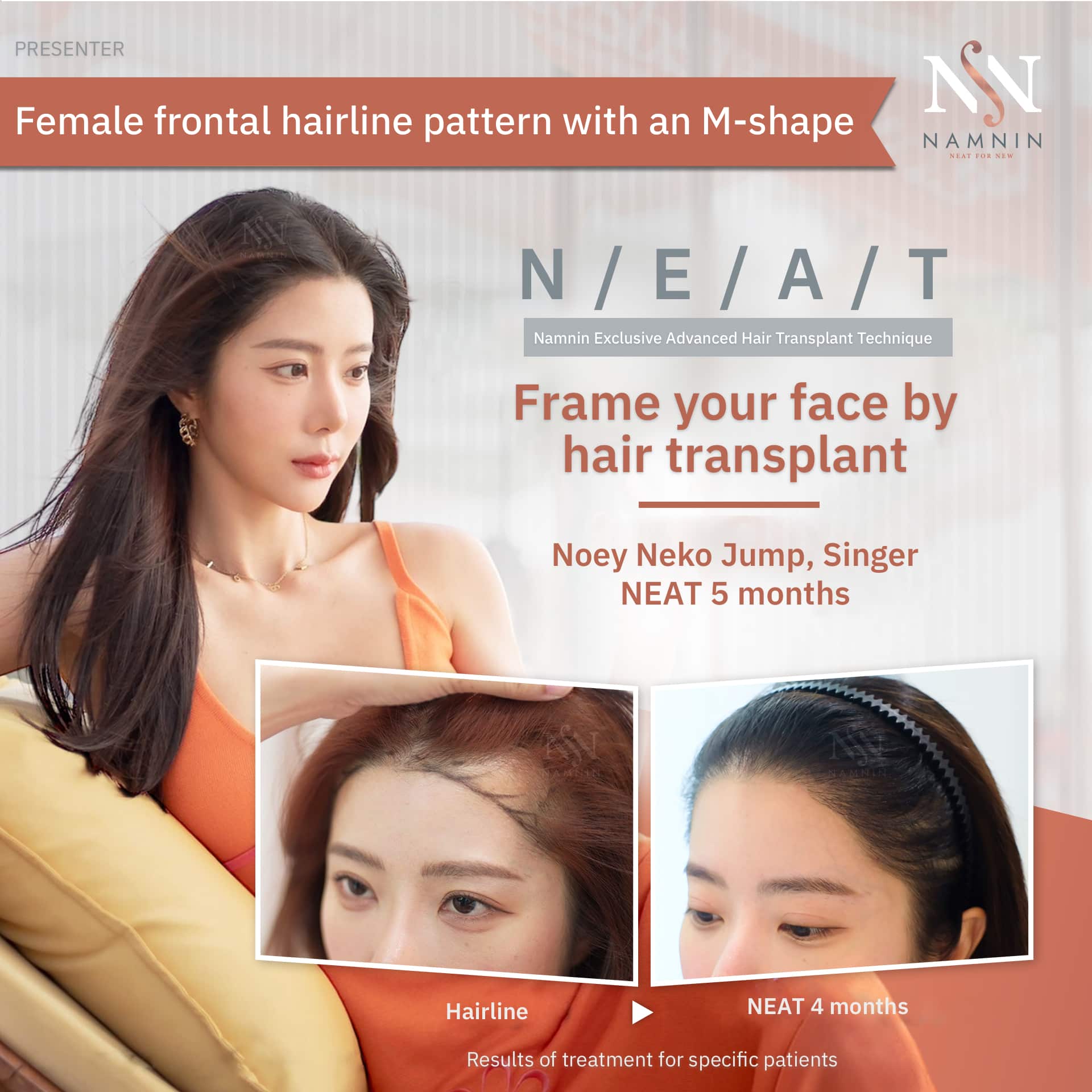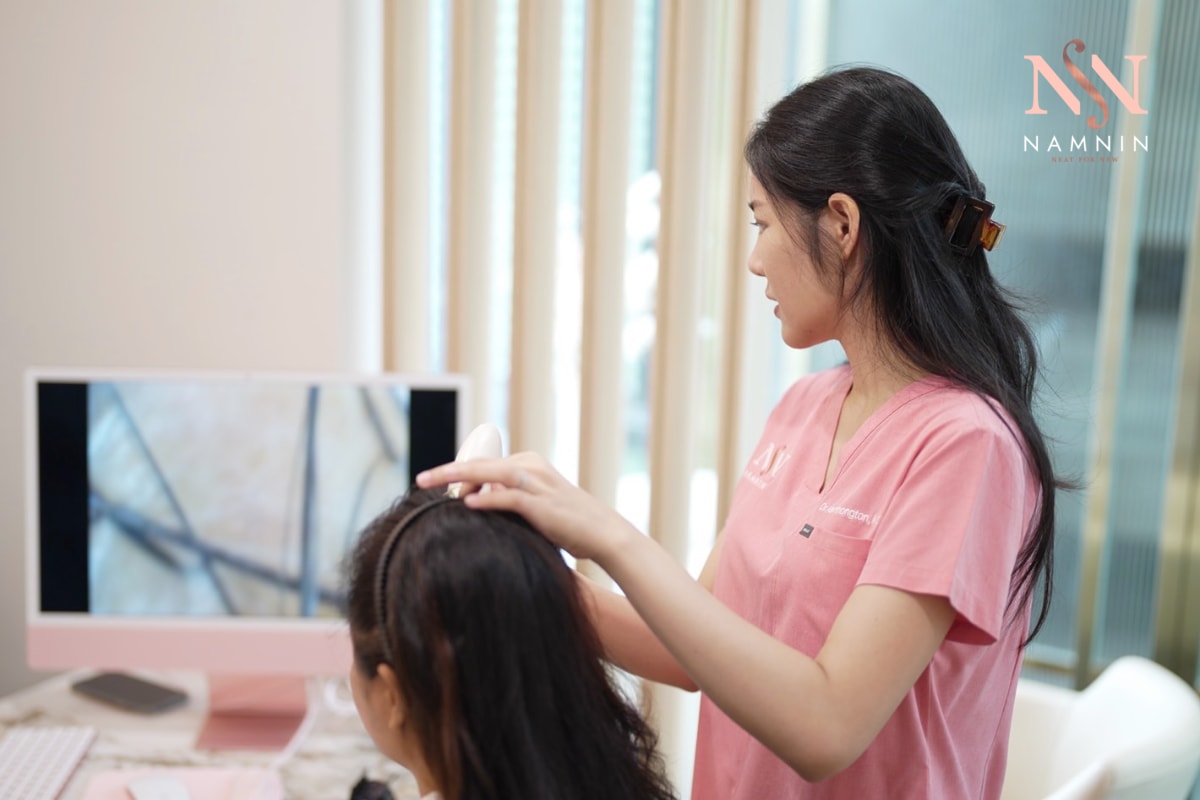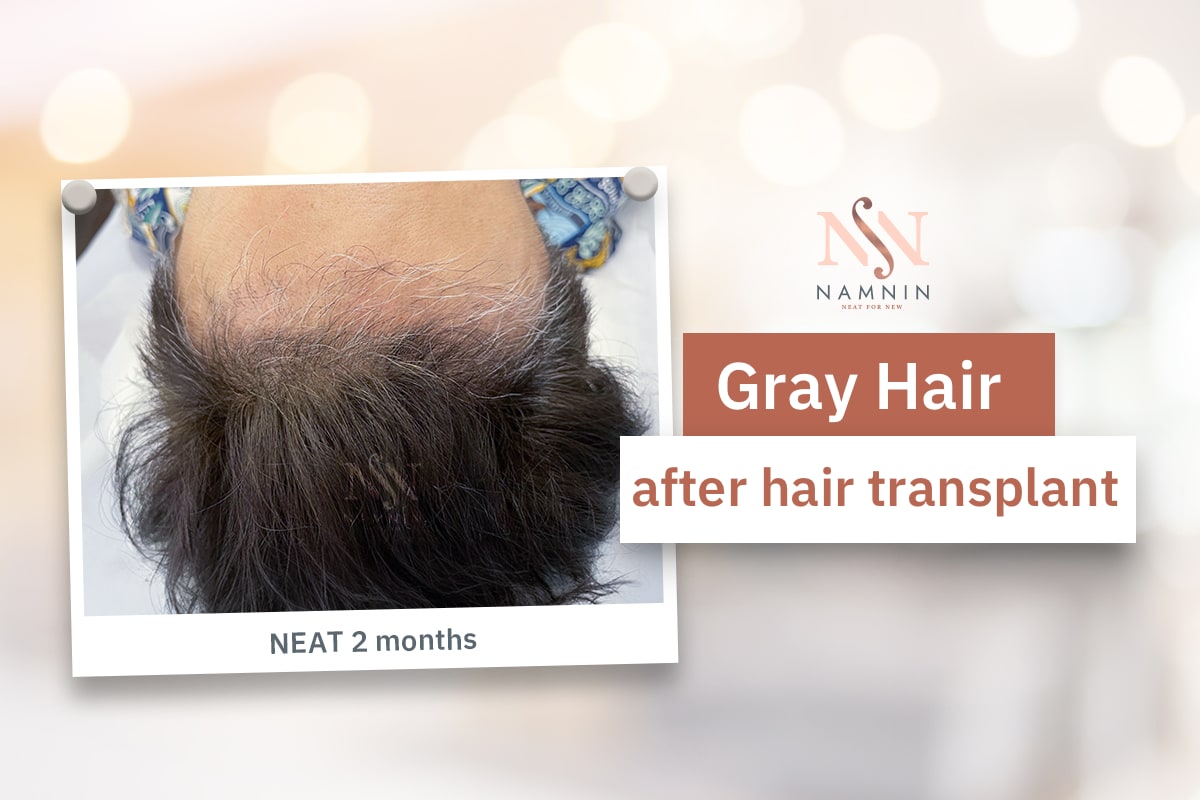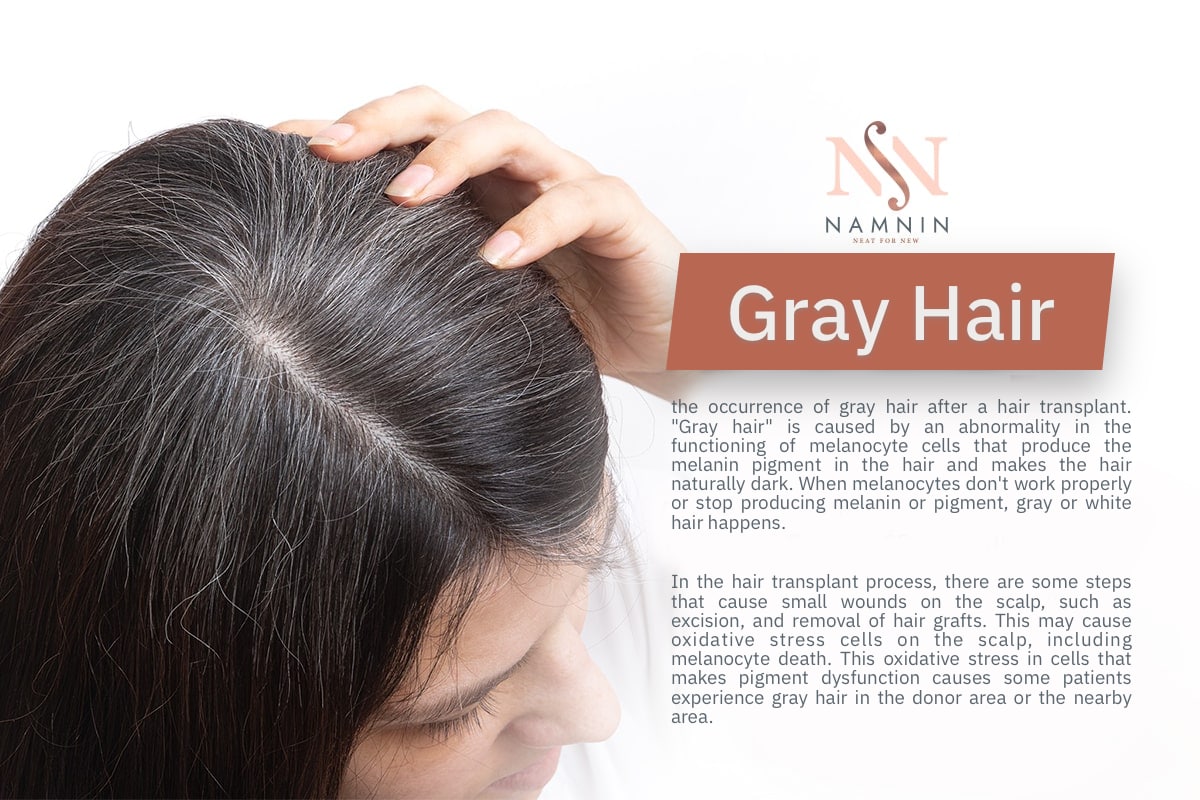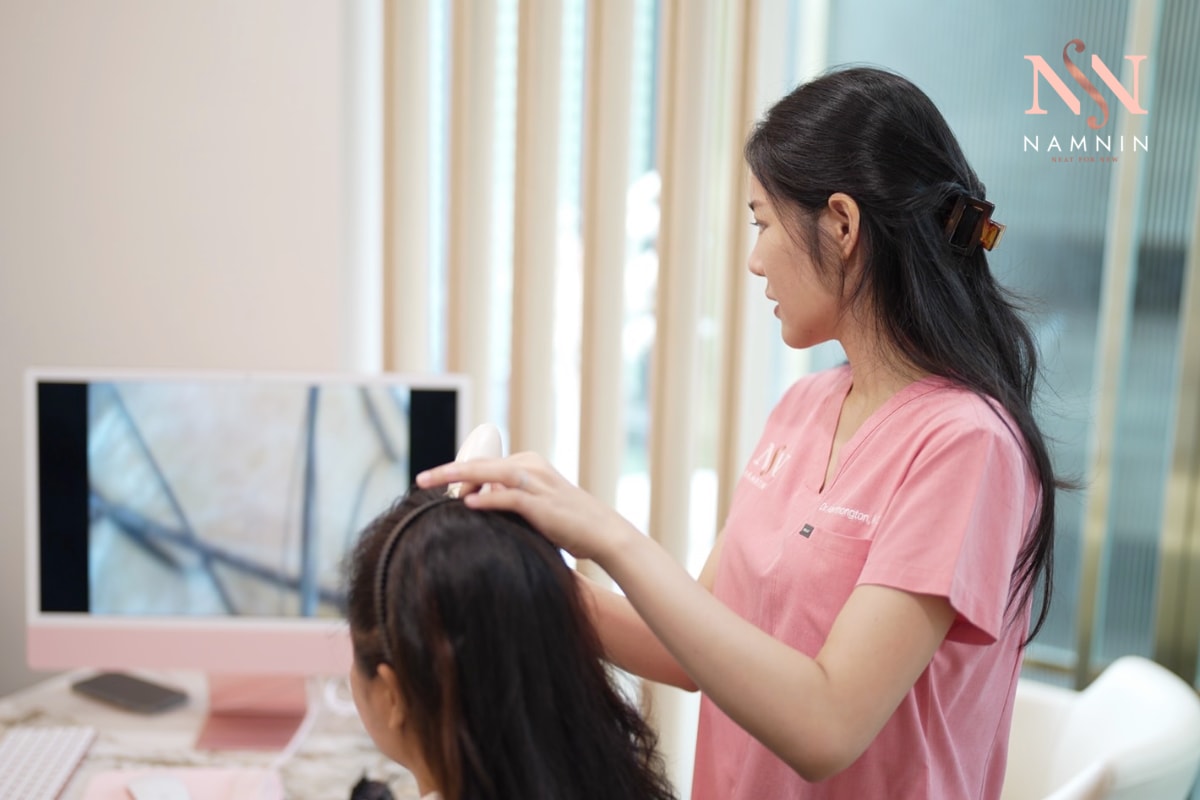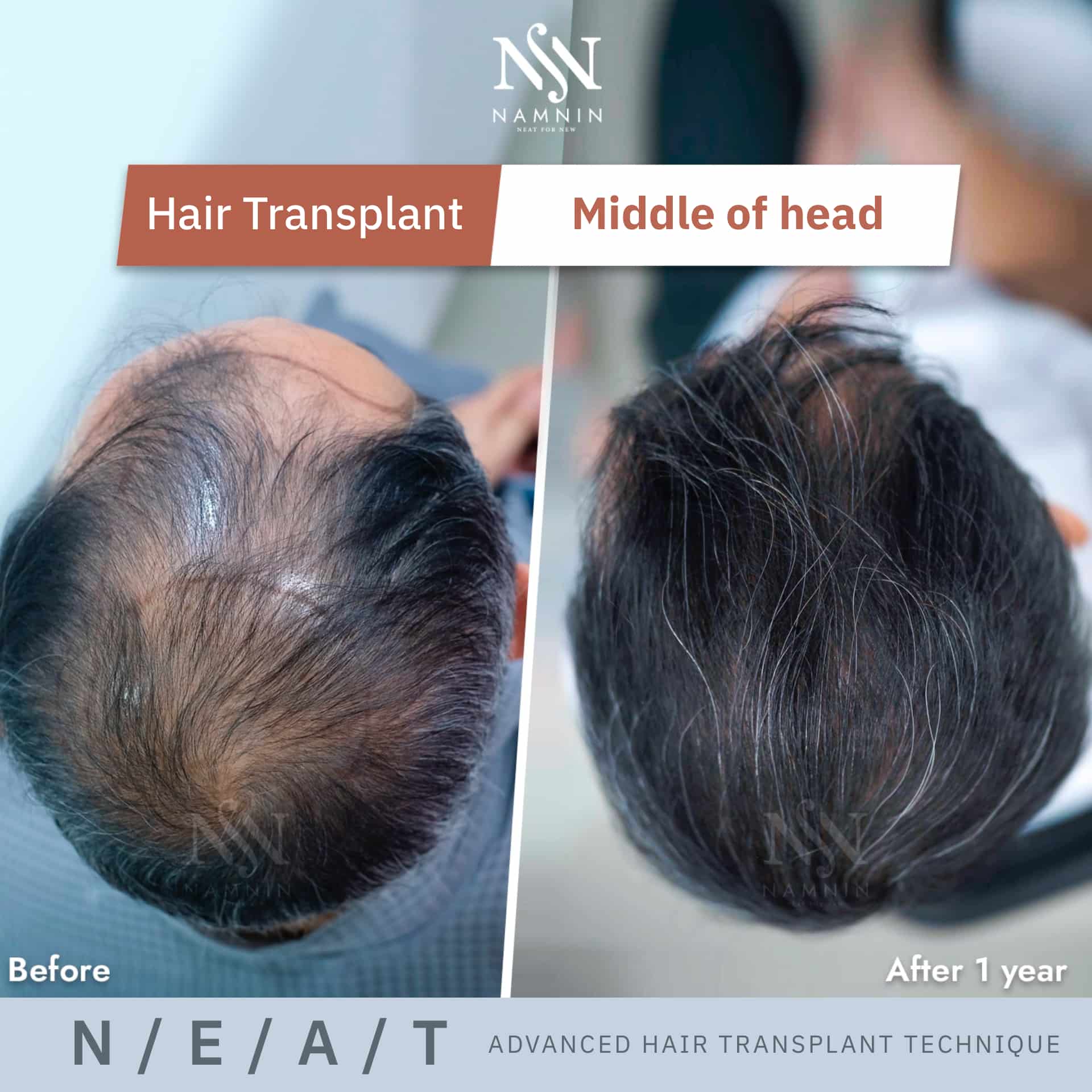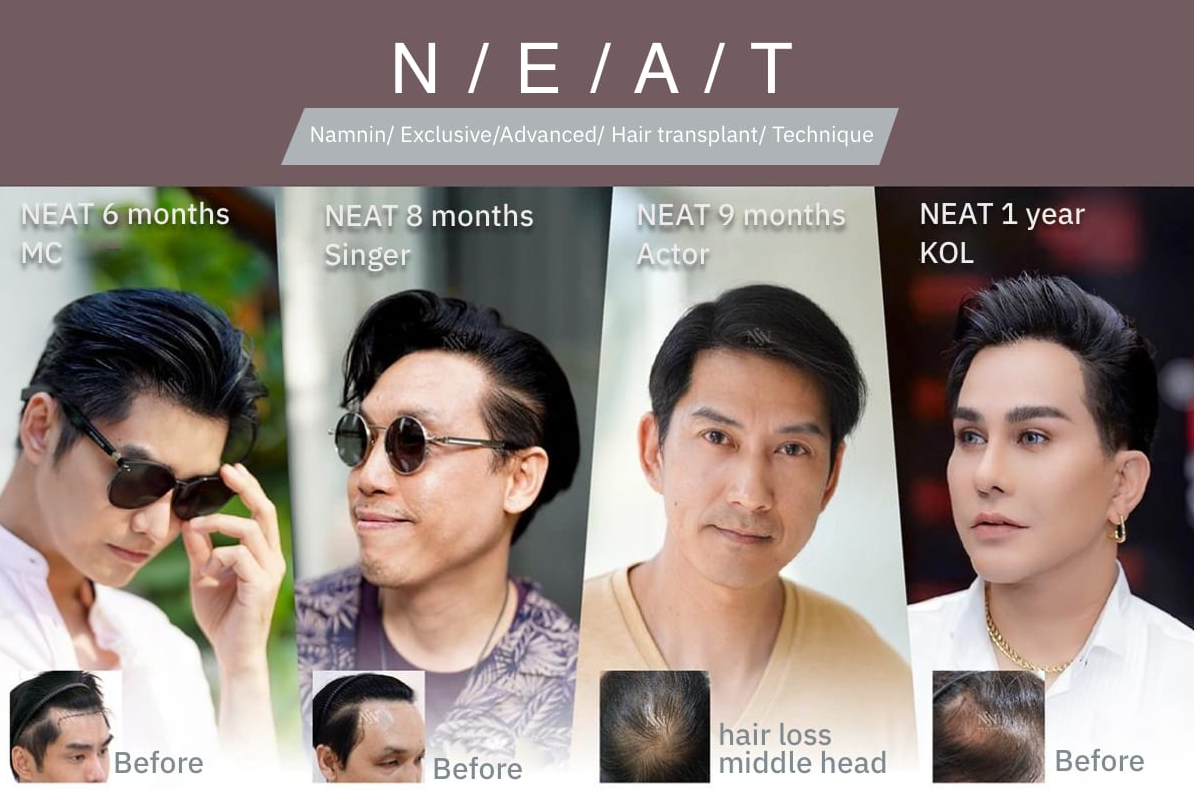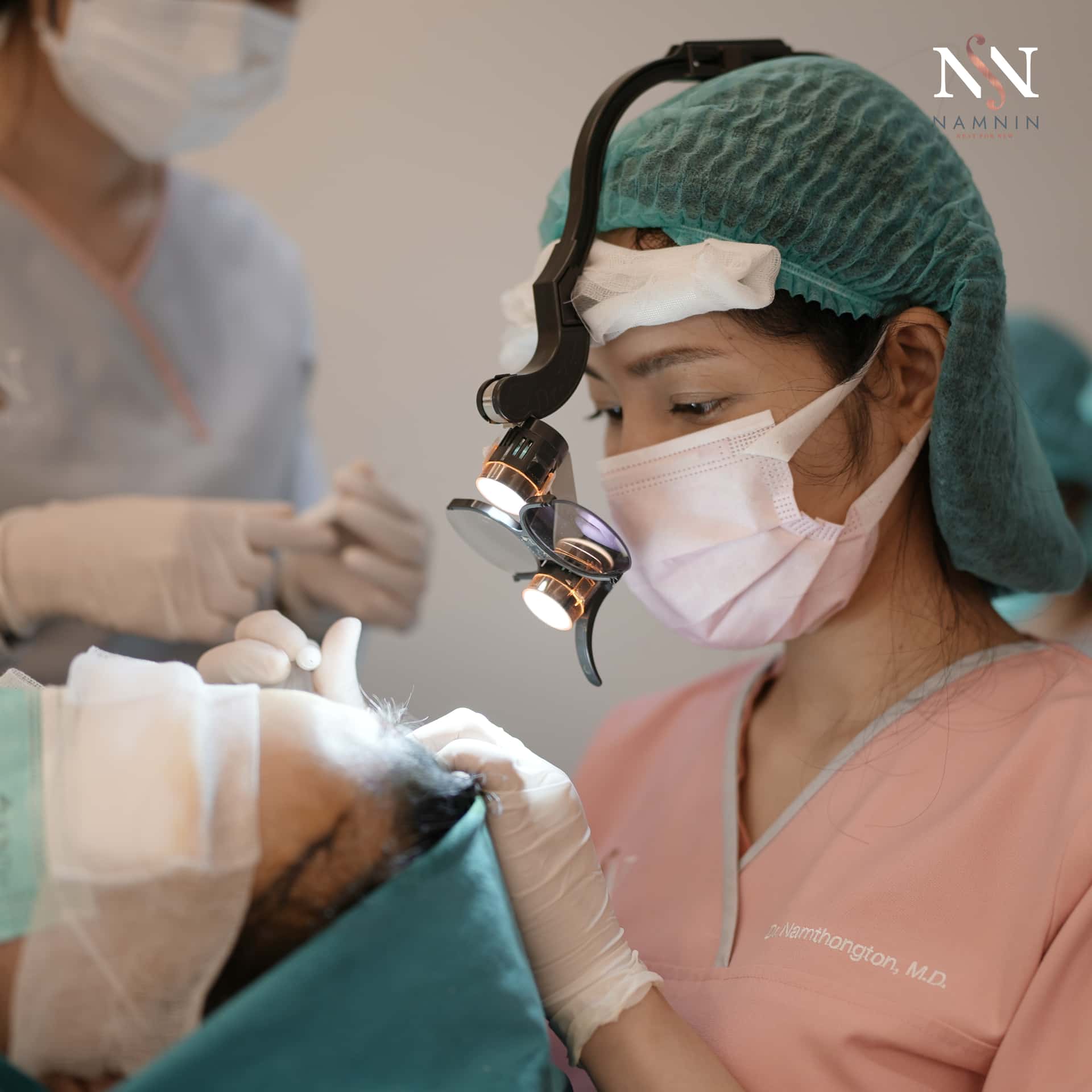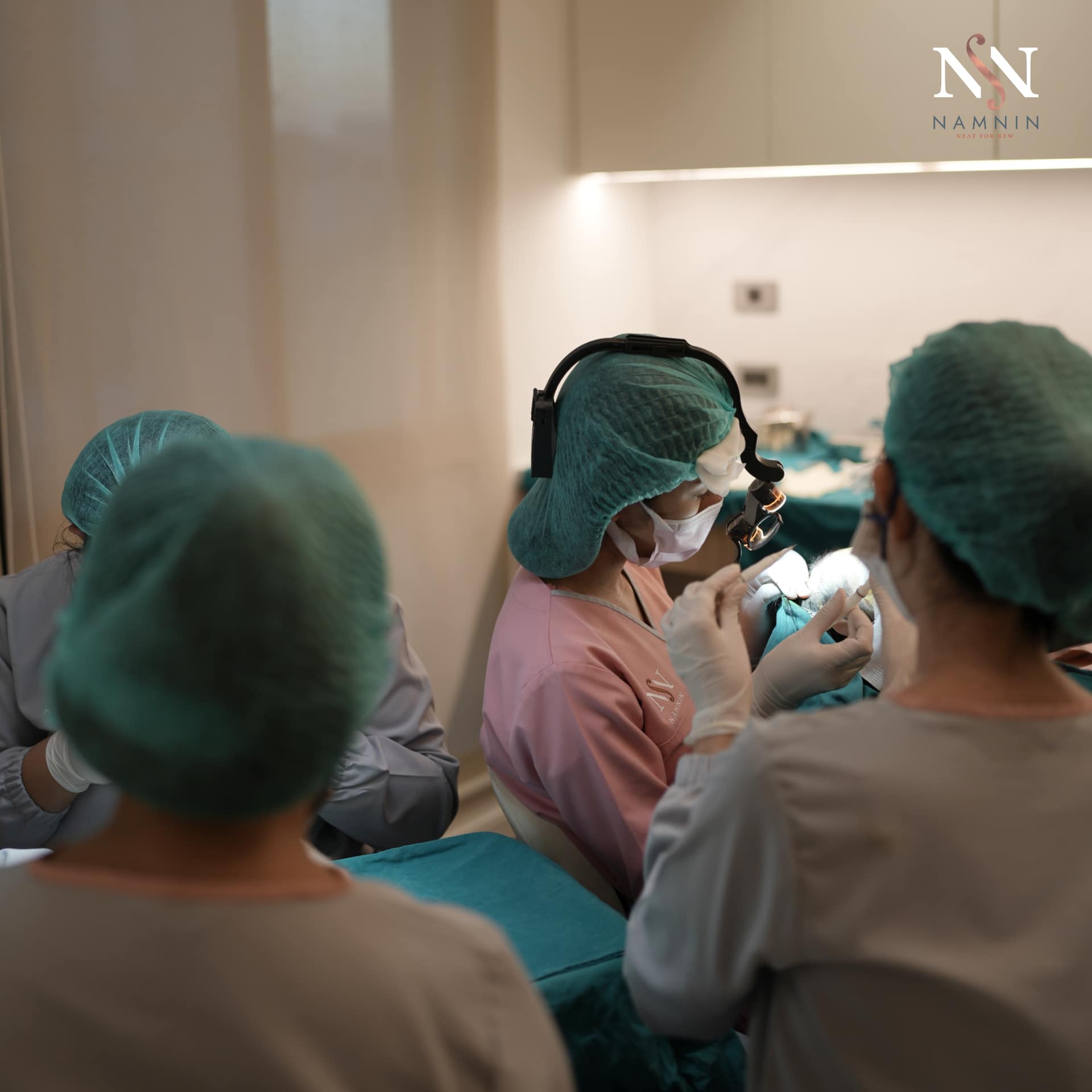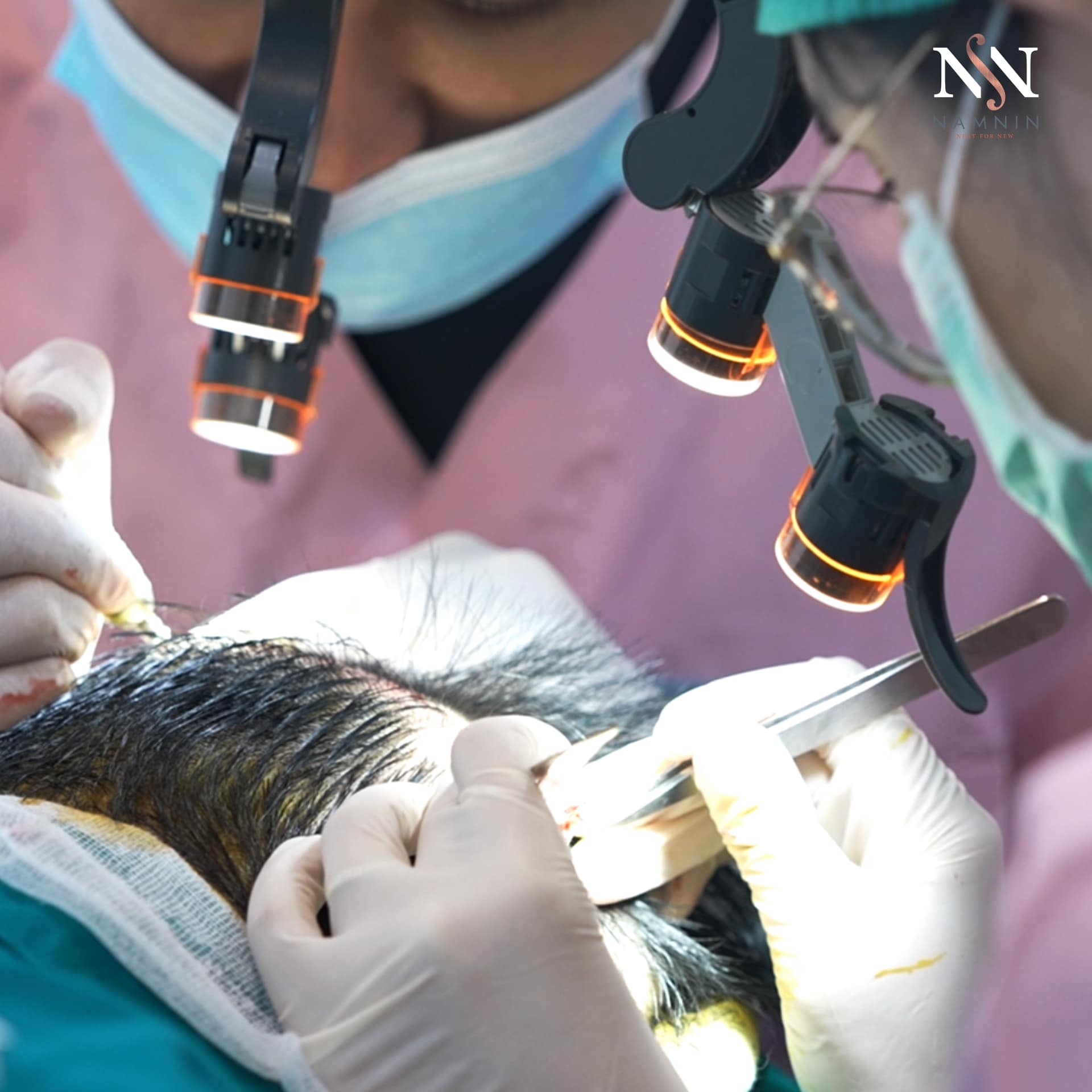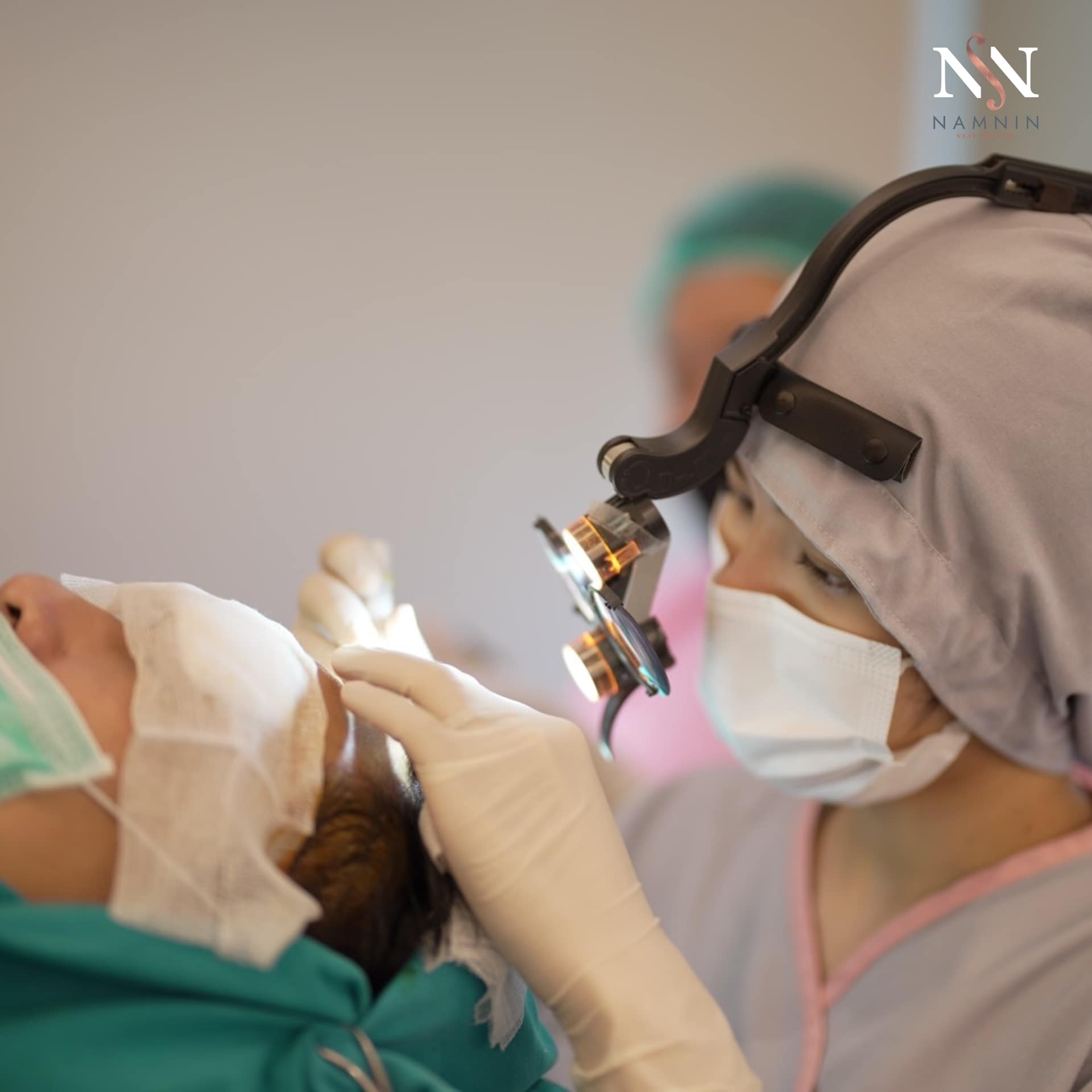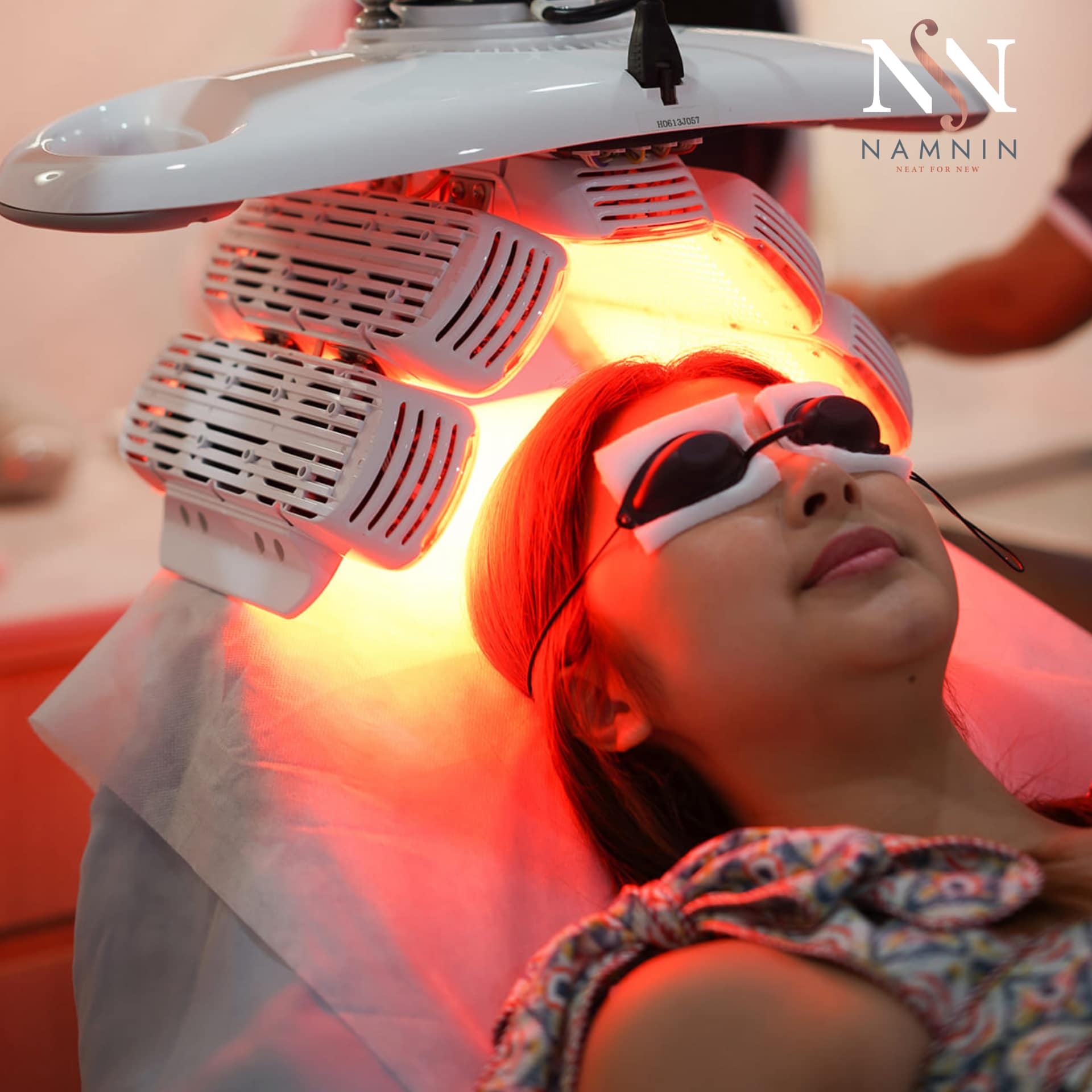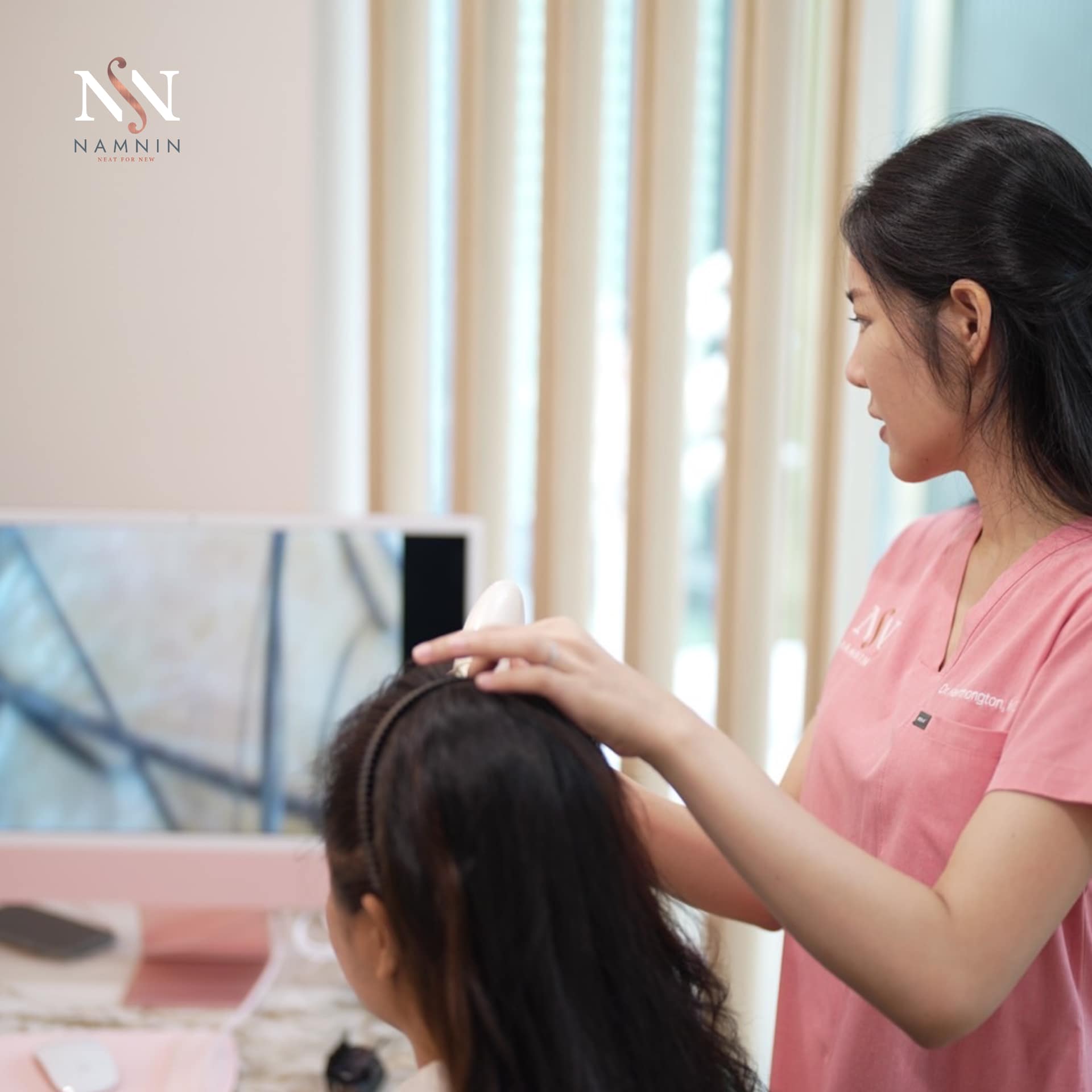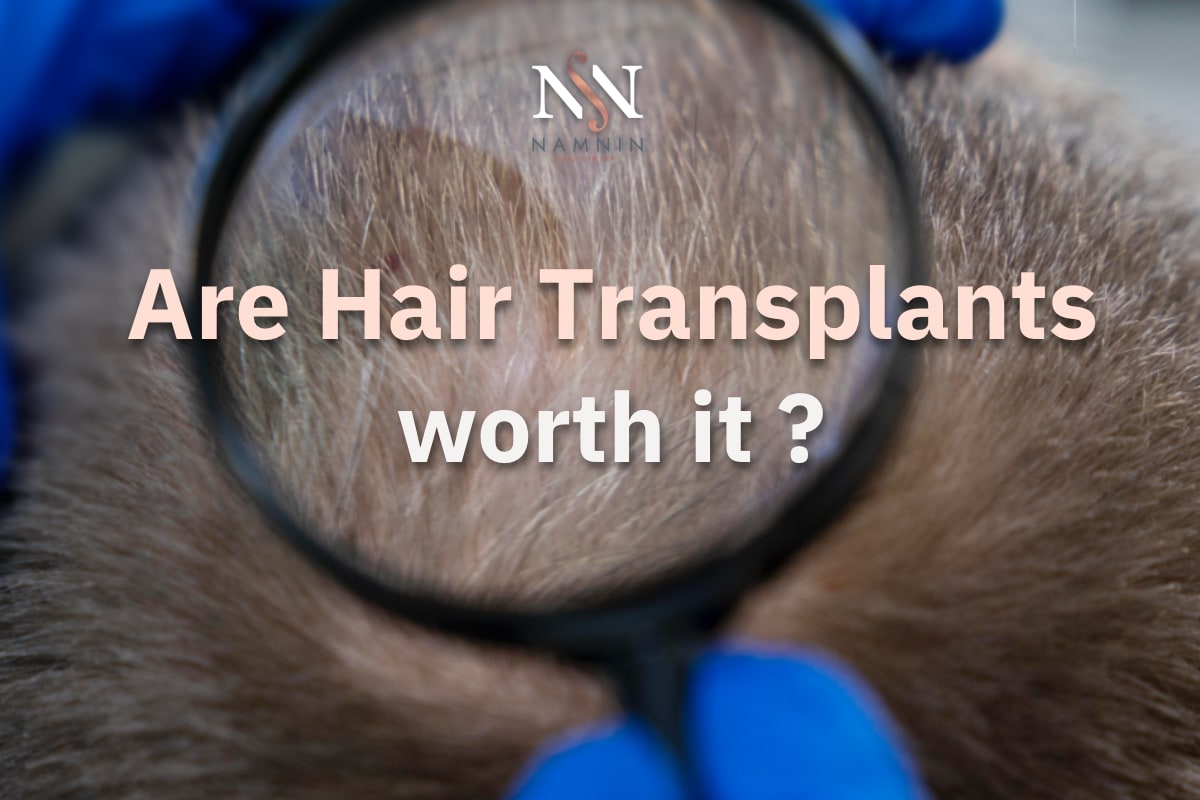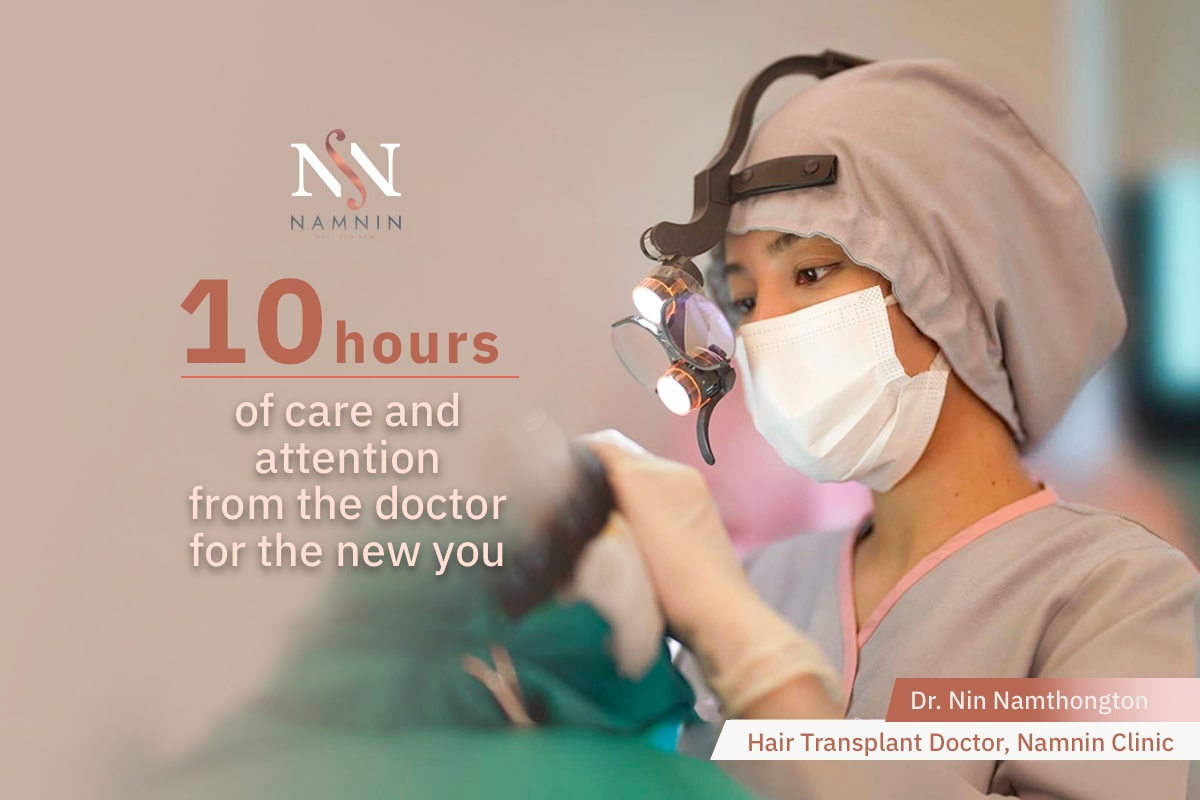A strong and healthy body is the reward of those who truly commit to self care. Many people exercise regularly to stay fit and strong. Many choose nourishing foods and mindful lifestyles. Yet among these health conscious individuals, some still find themselves facing a frustrating concern hair loss and thinning hair.
You may take excellent care of yourself, but why does your hair health not seem to follow
This is because hair loss and thinning can arise from many different causes. No matter how well someone looks after their overall health, if hair concerns are not addressed at their true source, shedding may continue without slowing down.
How much hair loss is considered concerning
It is important to understand that hair naturally sheds every day as part of the normal hair growth cycle. However, hair loss may be considered abnormal and worth professional attention if you notice any of the following signs.
- Hair shedding more than 100 strands per day over a prolonged period, noticeable while washing, combing, cleaning the floor, or on your pillow
- Sudden and excessive hair loss unlike anything you have experienced before
- Hair falling out in patches with visible scalp
- Hair loss accompanied by inflammation or sores on the scalp
Time to uncover the true cause of hair loss
Once you feel that your hair loss may be abnormal, the next step is careful self observation or consulting a doctor with experience in hair care. Together, you can identify the cause and determine an appropriate plan. Hair loss often results from multiple factors beyond general physical health.
Look closer at your family history
Is there anyone in your family with thinning hair or baldness
Genetics is one of the main reasons many men experience hair loss and thinning that may eventually progress to baldness. In most genetic cases, a hormone called DHT plays a significant role. An enzyme known as 5 alpha reductase on the scalp converts the male hormone testosterone into dihydrotestosterone or DHT. This hormone is found in higher levels in individuals with hereditary hair loss. Genetics determine how sensitive the hair follicles are to DHT.
DHT binds to receptors around hair follicles and hair roots, disrupting the normal hair growth cycle. The growth phase becomes shorter, while the resting phase becomes longer. Hair falls out sooner than it should, and new growth becomes slower. Over time, follicles shrink, hair roots weaken, and newly grown hair becomes finer, thinner, and more fragile. In some cases, hair may stop growing altogether.
Take a moment to check your emotional state
Sometimes stress builds up without us realizing it
Stress is another factor that can lead to abnormal hair loss. When the body is under stress, it releases cortisol, which interferes with the hair growth cycle. Hair enters the resting phase for longer periods, leading to faster shedding. Stress can also trigger unconscious behaviors such as scratching or pulling hair, further damaging hair roots and slowing regrowth.
Lack of sleep and inadequate rest also increase cortisol levels and interfere with the production of growth hormone, which plays a role in hair cell development.
Eating well does not always mean eating completely
Even when choosing nutritious foods, certain nutrients essential for hair health may still be missing. These include vitamins and minerals such as biotin, iron, and zinc, as well as sufficient protein, which forms the primary structure of hair. Smoking and alcohol consumption should also be approached with caution, as both can directly contribute to hair loss.
Small habits we often overlook
Unintentional behaviors that weaken hair
Repeated daily habits can gradually weaken hair. Washing hair too frequently can dry out the scalp and weaken hair roots. Using unsuitable shampoos or products with harsh chemicals may damage hair further. Combing hair while it is still wet can also cause breakage, as wet hair is more fragile.
Styling practices contribute as well. Chemical treatments and excessive heat expose both hair and scalp to stress. Without proper care, damage becomes more likely.
For those who spend long hours outdoors without protection such as hats or umbrellas, sun exposure can also harm hair, especially for individuals who exercise outside regularly.
Age and medical conditions
Another contributing factor to hair loss
Many men begin to notice changes in their hair between the ages of 30 and 40. These changes include increased shedding, thinning hair, or a receding hairline forming a deeper M shape. Hair loss can also be linked to health conditions such as thyroid disorders, chemotherapy treatments, or certain scalp related diseases.
Although hair loss and thinning can affect anyone, even those who take excellent care of their health, there is no need to feel discouraged. Hair loss is a condition that can be improved with appropriate care, depending on individual circumstances. Once the true cause is identified, the next step is choosing the most suitable restoration approach.
Initial ways for men to manage hair loss and thinning
- Adjust daily habits that may harm hair, including washing, combing, styling, and prolonged sun exposure
- Address lifestyle factors such as smoking, alcohol consumption, stress management, and ensuring adequate sleep
- Follow a balanced diet with complete nutrition, focusing on essential vitamins and minerals such as vitamin C, vitamin E, B vitamins, biotin, zinc, iron, and sufficient protein. Protein can also be consumed conveniently in plant based peptide forms such as pea or soy
- Another simple option is using scalp and hair serums designed to support hair growth, stimulate circulation, and maintain scalp health
When hair loss becomes overwhelming, it is time to consult a doctor
Many people delay seeking care until hair loss becomes more noticeable and the scalp is clearly visible. At this stage, Namnin recommends consulting a doctor experienced in hair restoration to develop a targeted care plan.
Permanent Hair Transplant with the NEAT technique
This method involves transferring hair grafts from the back of the scalp to areas affected by hair loss or thinning. There is no shaving and no surgery. Specially designed micro instruments are used, resulting in minimal swelling, minimal bleeding, very small wounds, and little disruption to daily life. After the procedure, patients can resume normal activities right away.
Each plan is designed individually by the doctor to match the patient’s condition and expectations, combining both medical knowledge and aesthetic judgment to restore confidence through refined hair restoration.
The NEAT technique is performed strand by strand by the doctor, ensuring close attention to detail and patient care. The technique has been further refined to enhance comfort both during the procedure and after returning to daily routines.
Dr. Nin also advises starting NEAT hair transplantation early, without waiting for older age or severe thinning. Beginning treatment when hair loss is still mild offers several advantages.
First, hair grafts are taken from the back of the scalp, where supply is limited and may decrease with age. Early treatment ensures sufficient grafts for transplantation.
Second, fewer grafts mean lower overall costs compared to advanced hair loss cases.
Third, when transplantation is done at a younger stage, the overall appearance changes subtly, making it difficult for others to notice that any procedure was done.
Finally, the doctor personally follows up on progress for a full year until the new hair grows strong and stable, allowing results to last as long as possible.
PHB Program
In addition to permanent hair transplantation, the doctor may recommend treatments such as the PHB program. This program is designed to nourish hair at deeper levels, stimulate hair root cells from within, strengthen hair and scalp, support new hair cell formation, and slow hair shedding.
PHB treatment is convenient and involves direct scalp injections in targeted areas. It does not leave visible marks and does not require downtime. It is suitable for individuals in the early stages of hair loss and thinning, with visible improvement often noticed from the first session.
Hair Revive Program
Hair Revive Treatment focuses on plant based extracts combined with hair nutrients. It supports stronger hair condition, helps reduce inflammation, addresses bacterial imbalance, stimulates hair root activity, encourages new growth, and reduces the likelihood of shedding.
The process begins with Microneedle Therapy at a depth of 0.5 millimeters to prepare the scalp for better absorption of nourishing products applied to areas affected by hair loss and thinning.
Hair Revive Treatment is suitable for individuals experiencing hair loss from various causes mentioned earlier and is also appropriate for those who have undergone hair transplantation for at least four months.
We hope this information helps men gain a clearer understanding of hair loss and thinning, leading to more informed decisions about hair and scalp care. You may also consult the doctors at Namnin early on to explore suitable options and move toward healthier hair with confidence.
